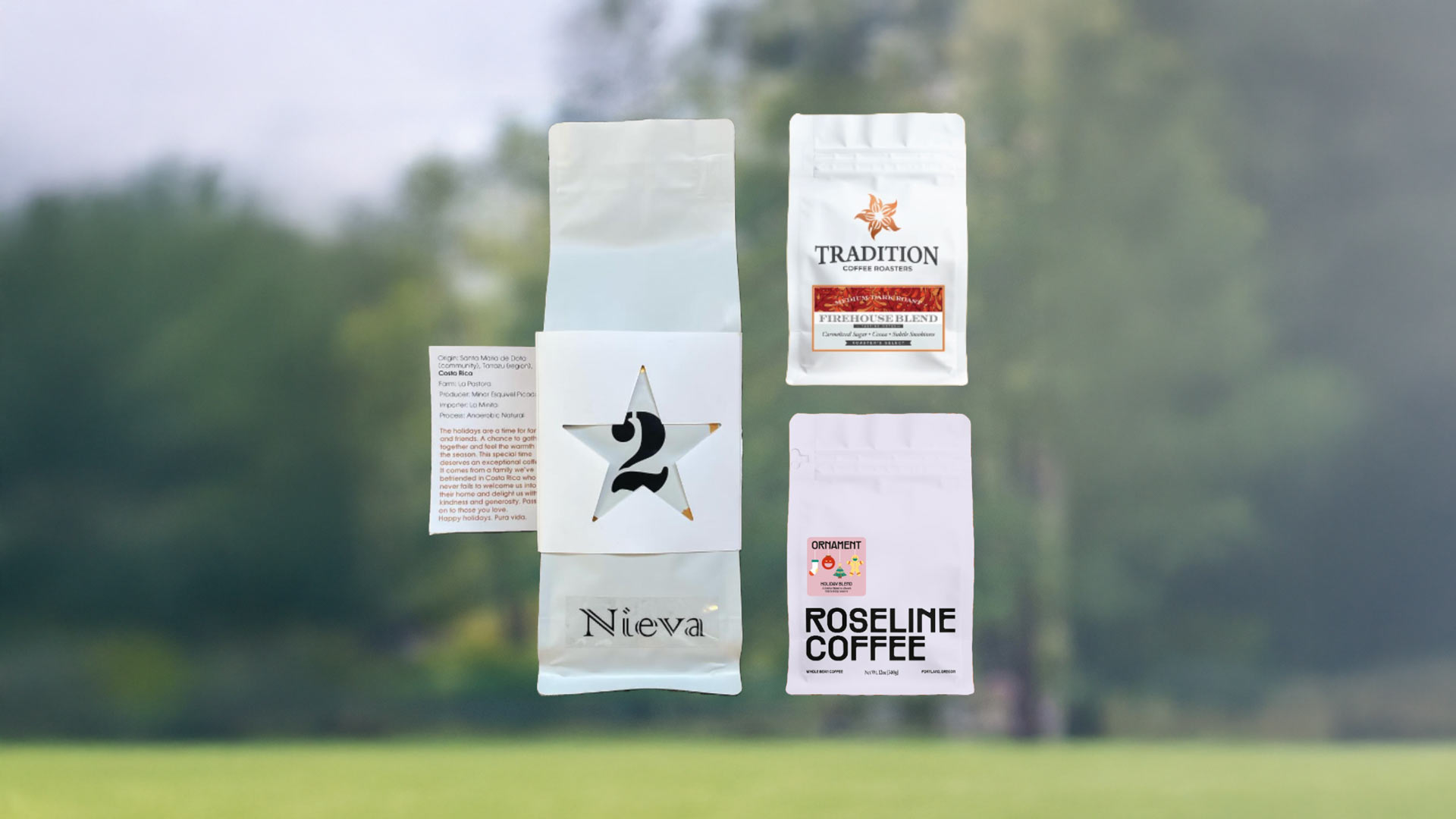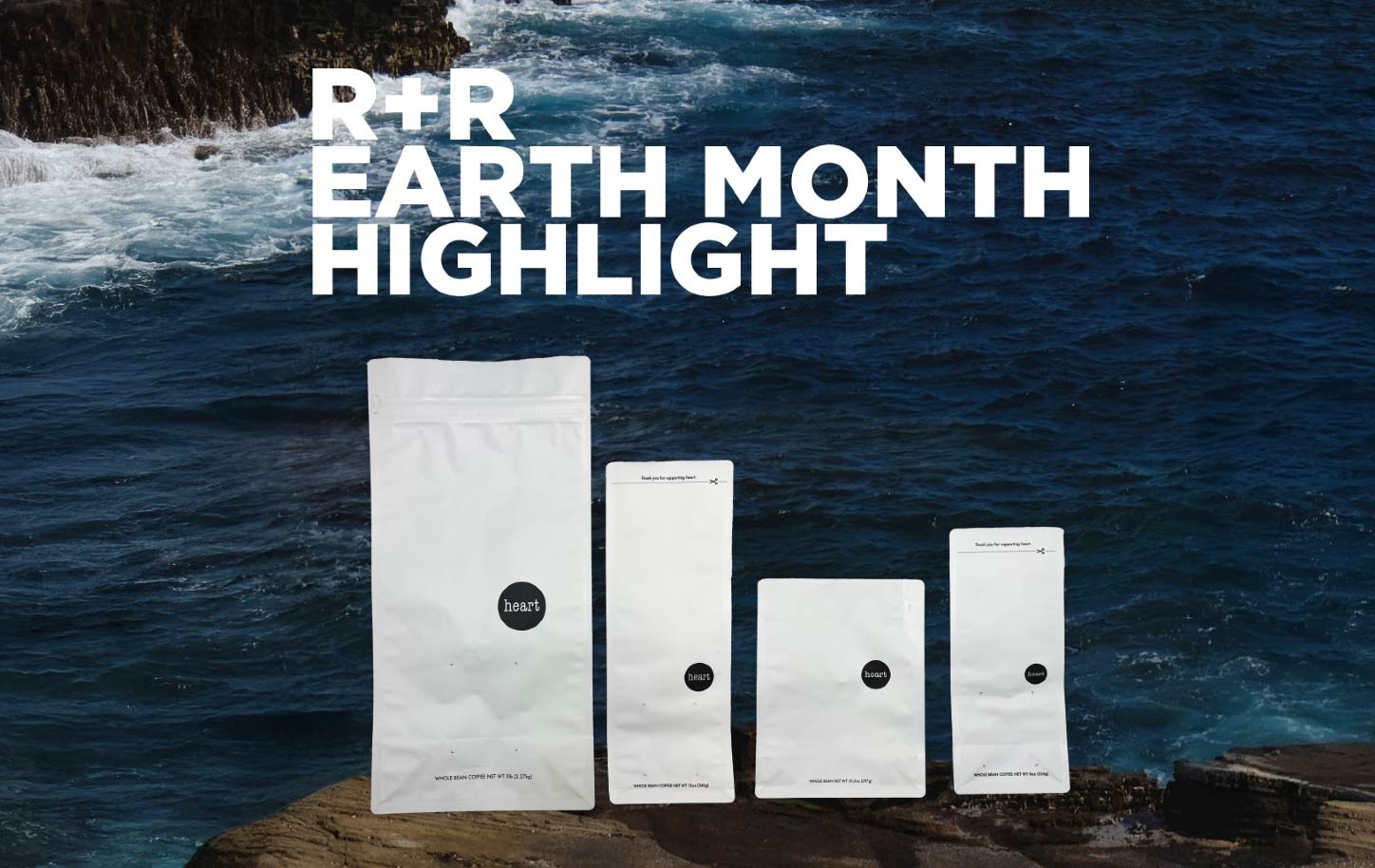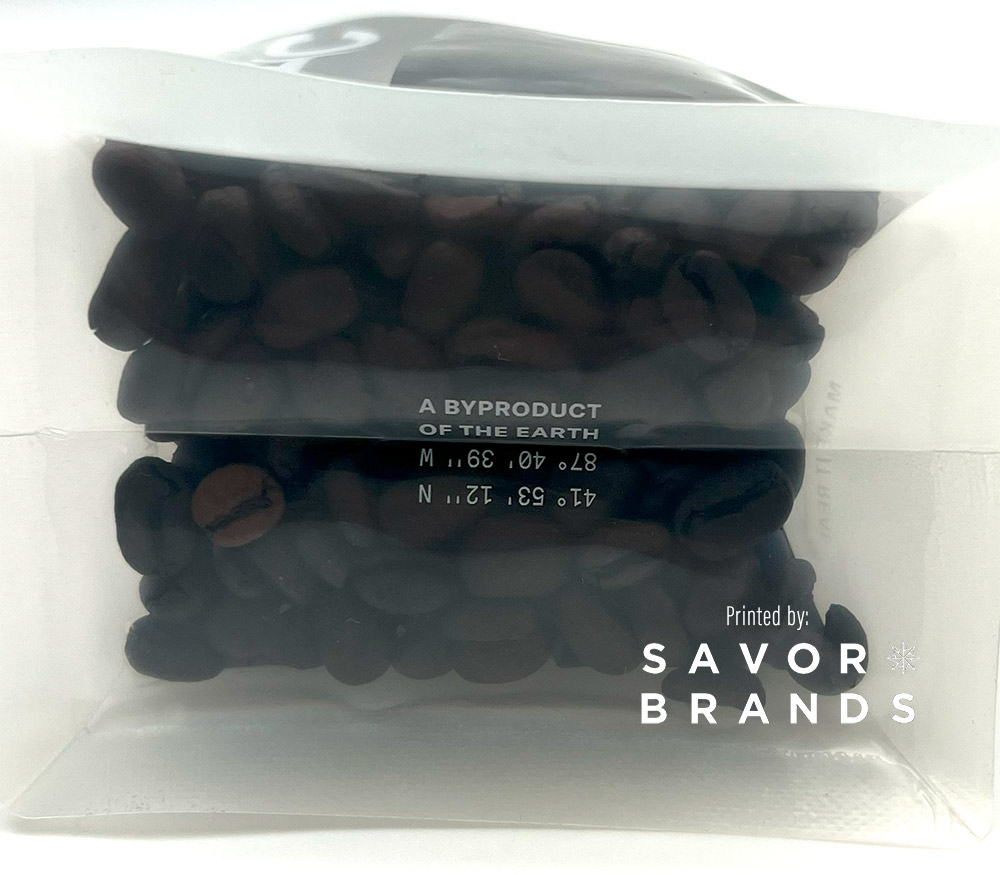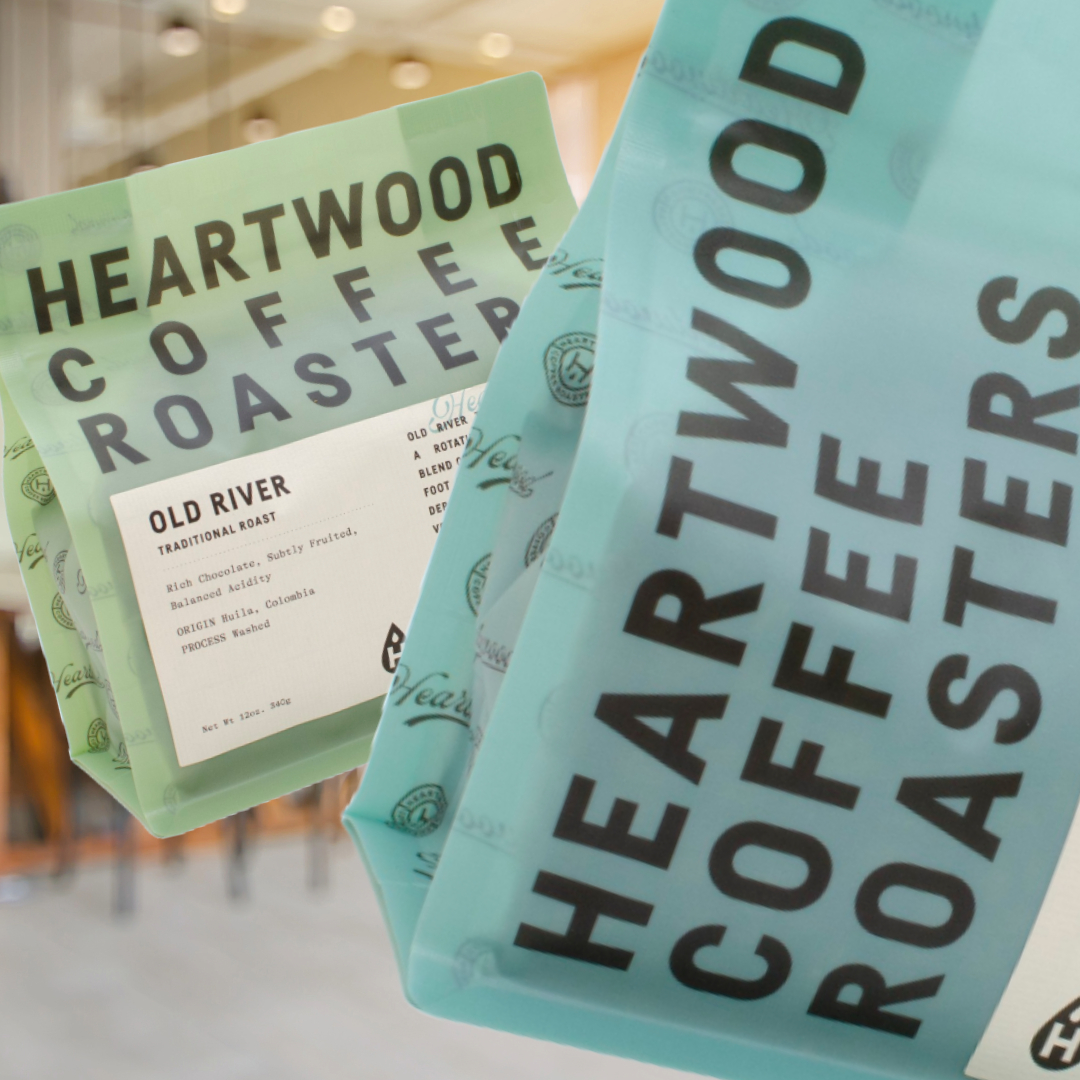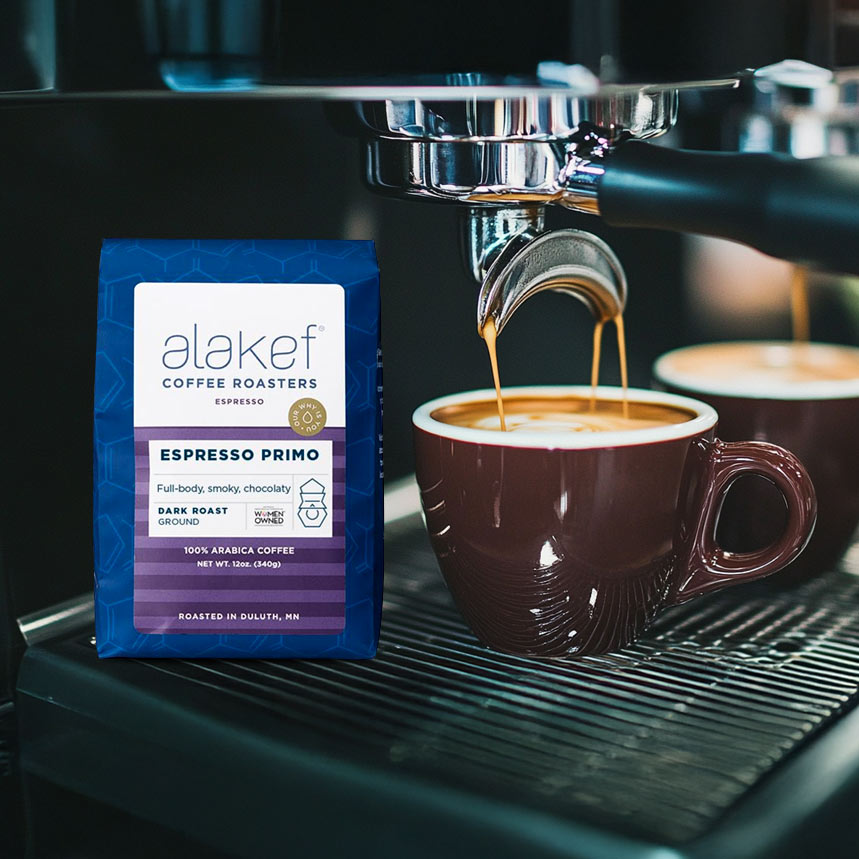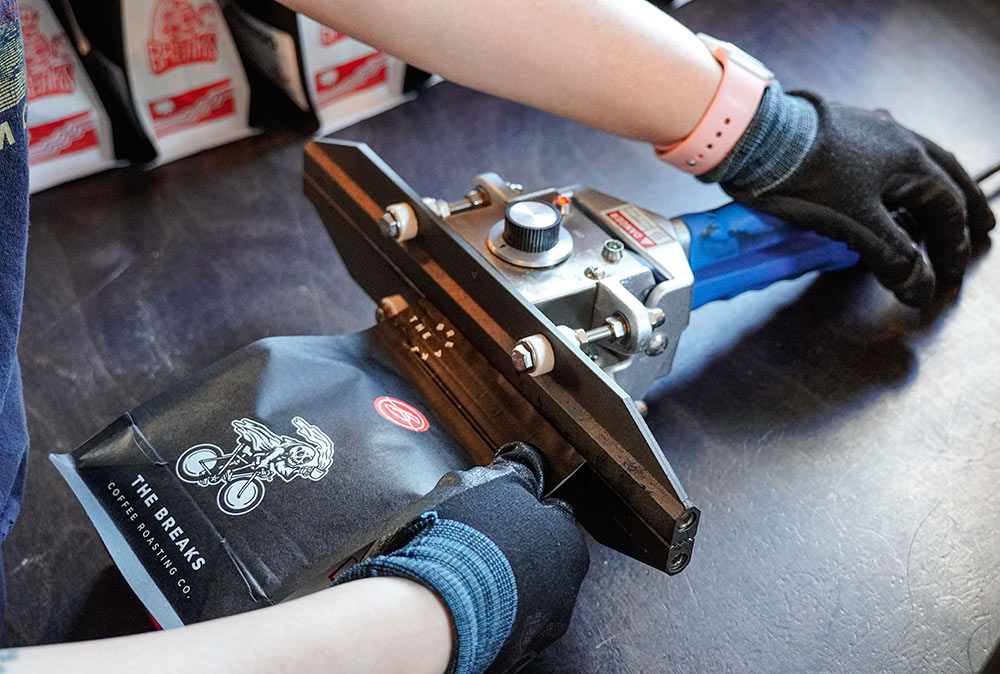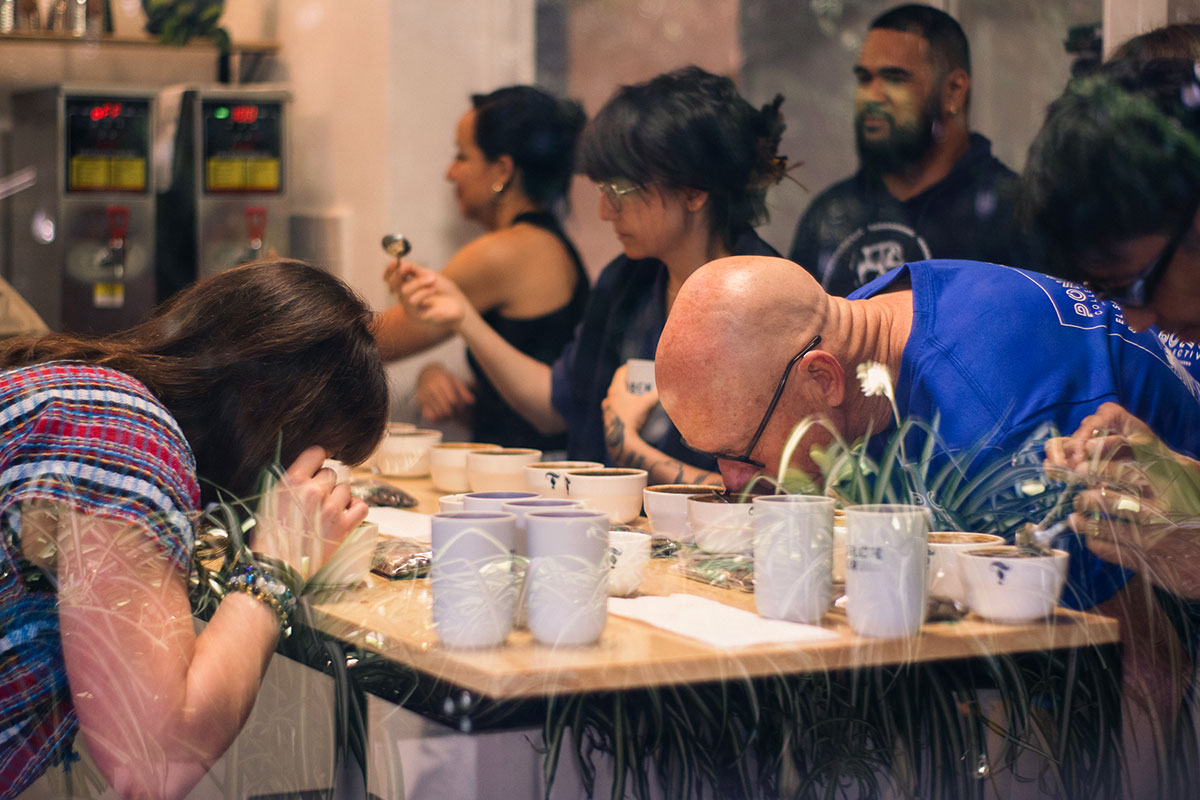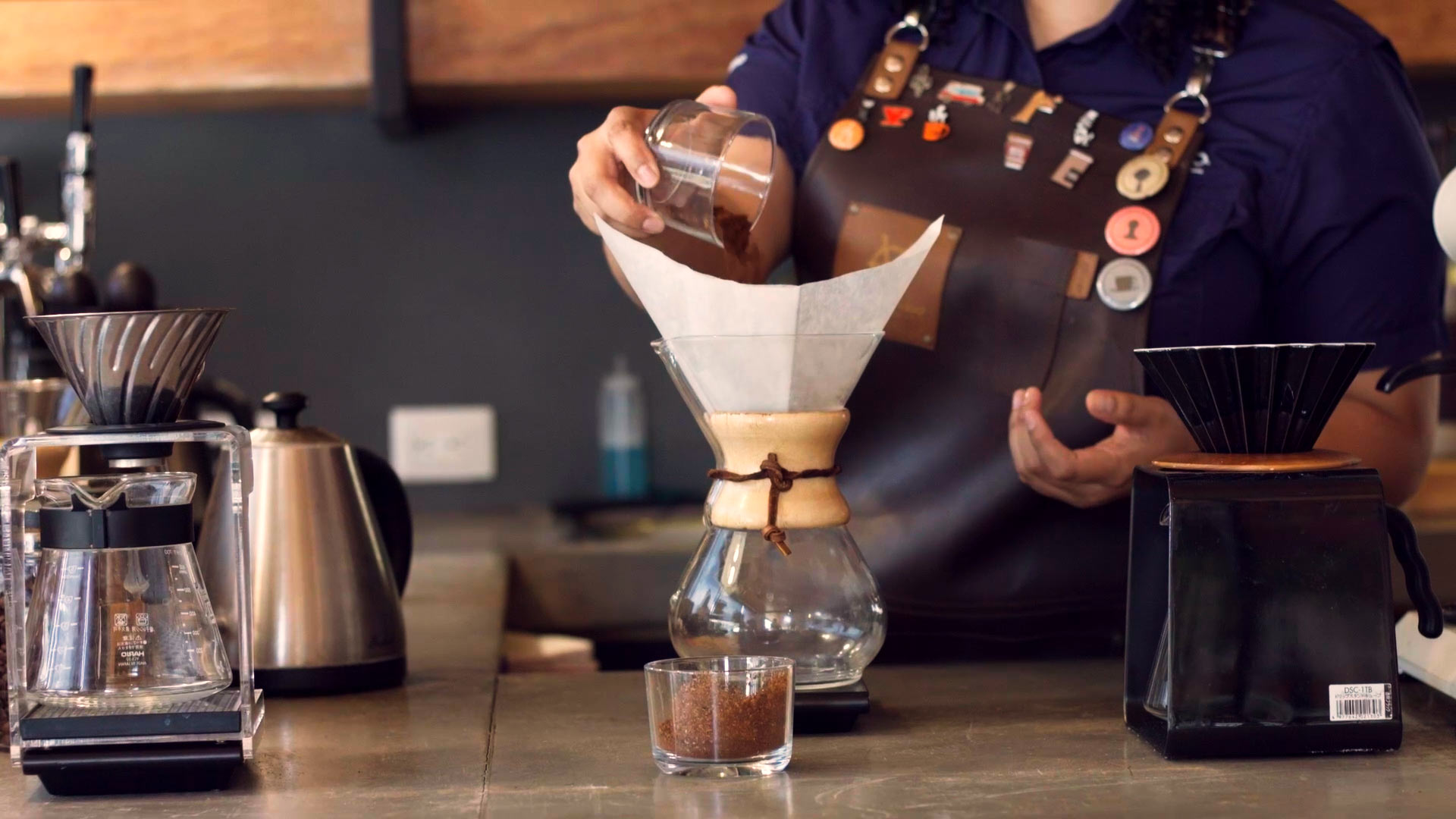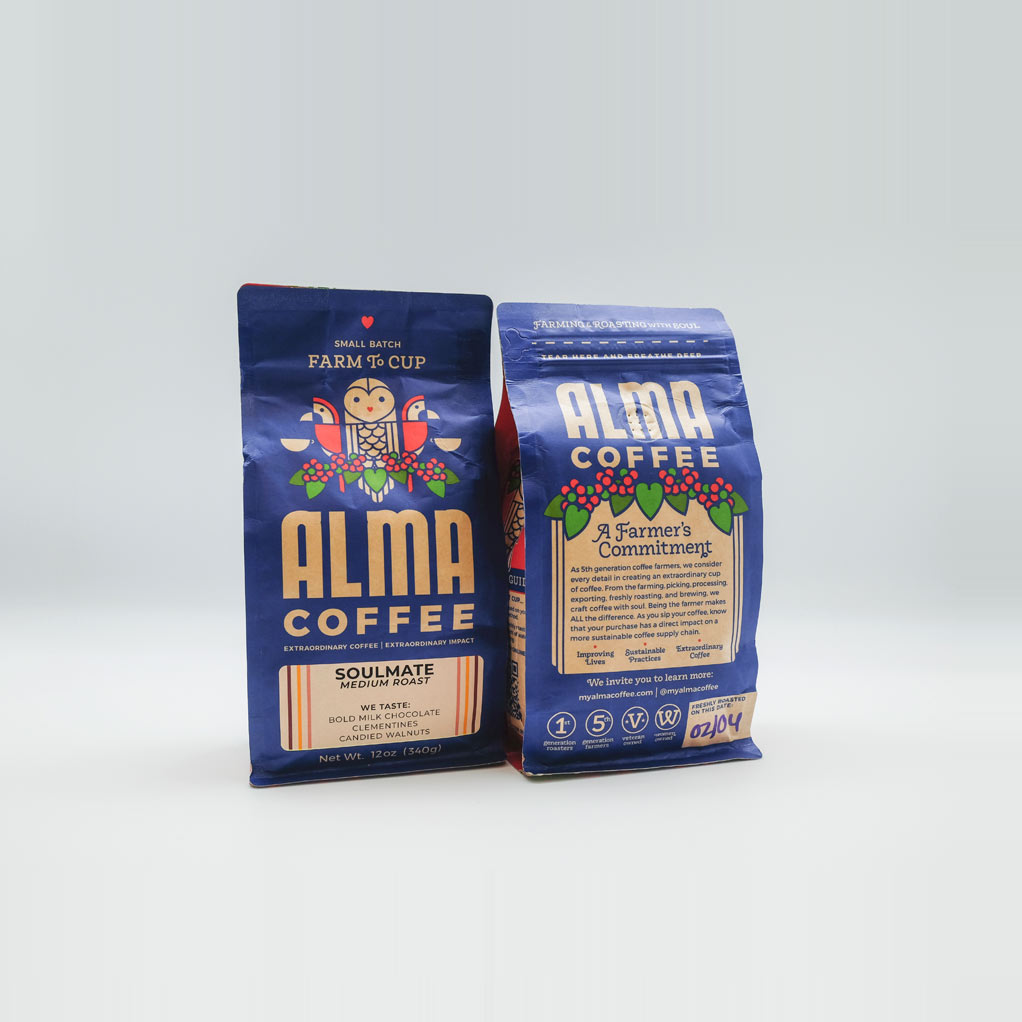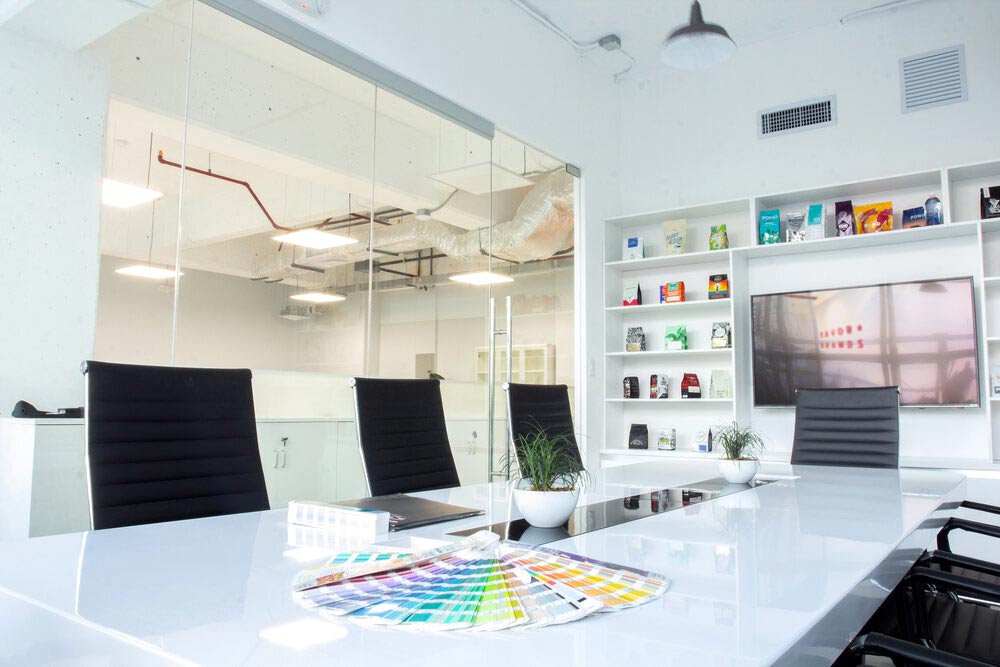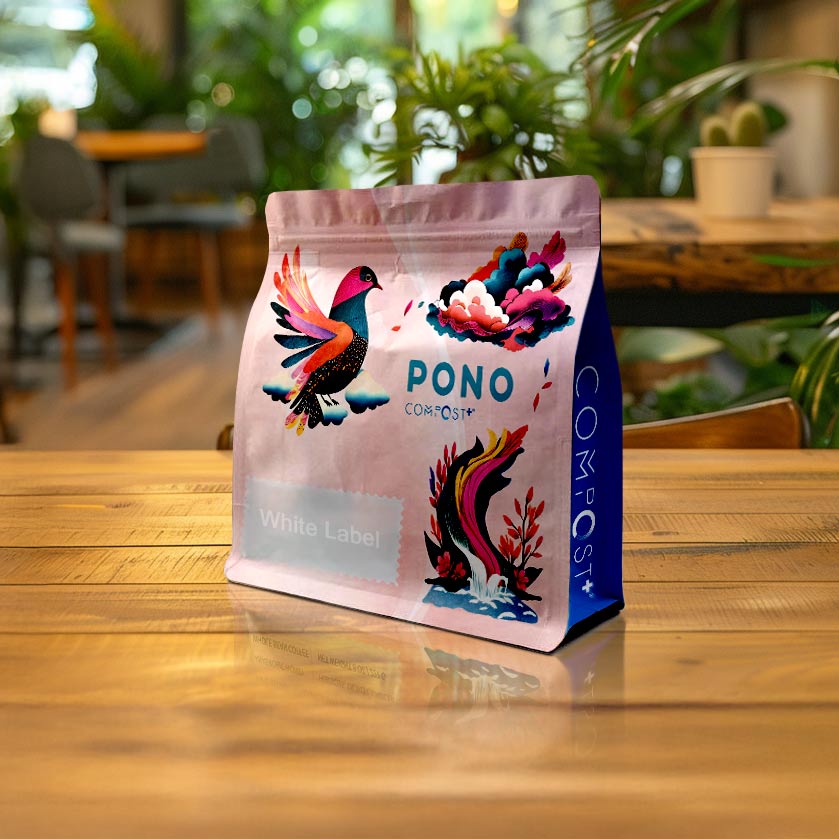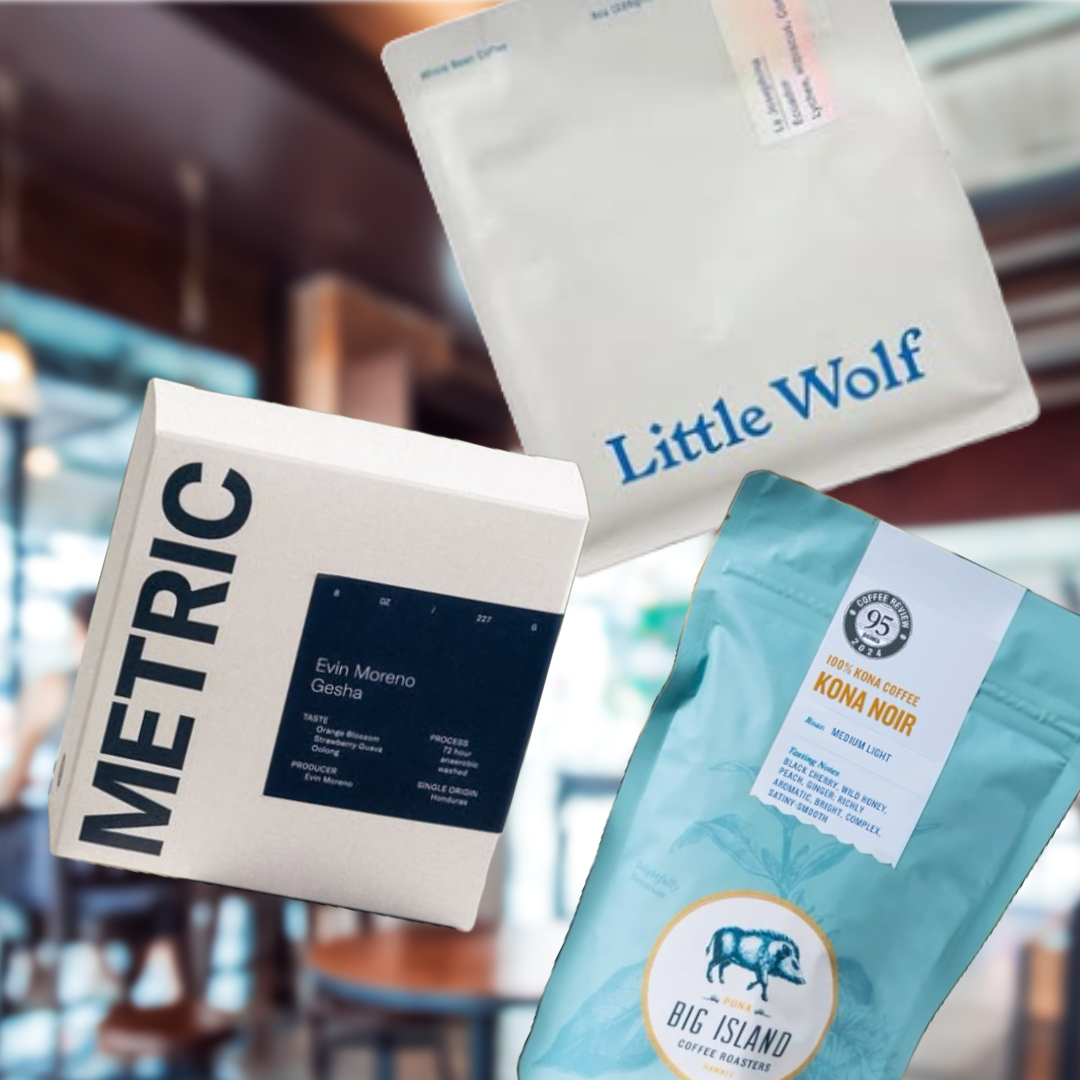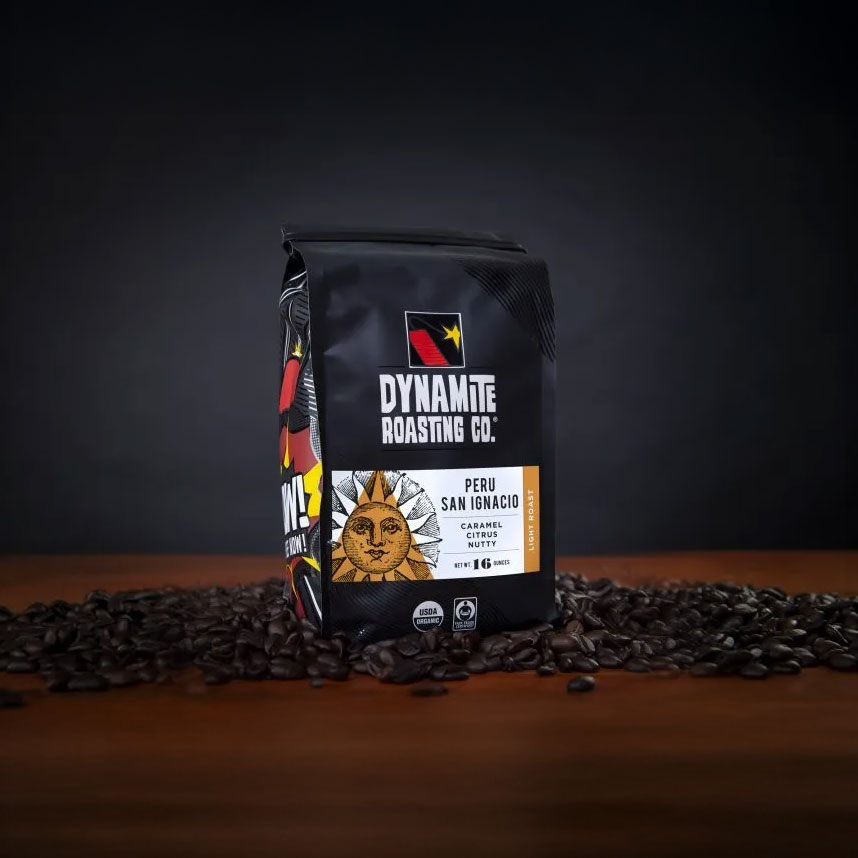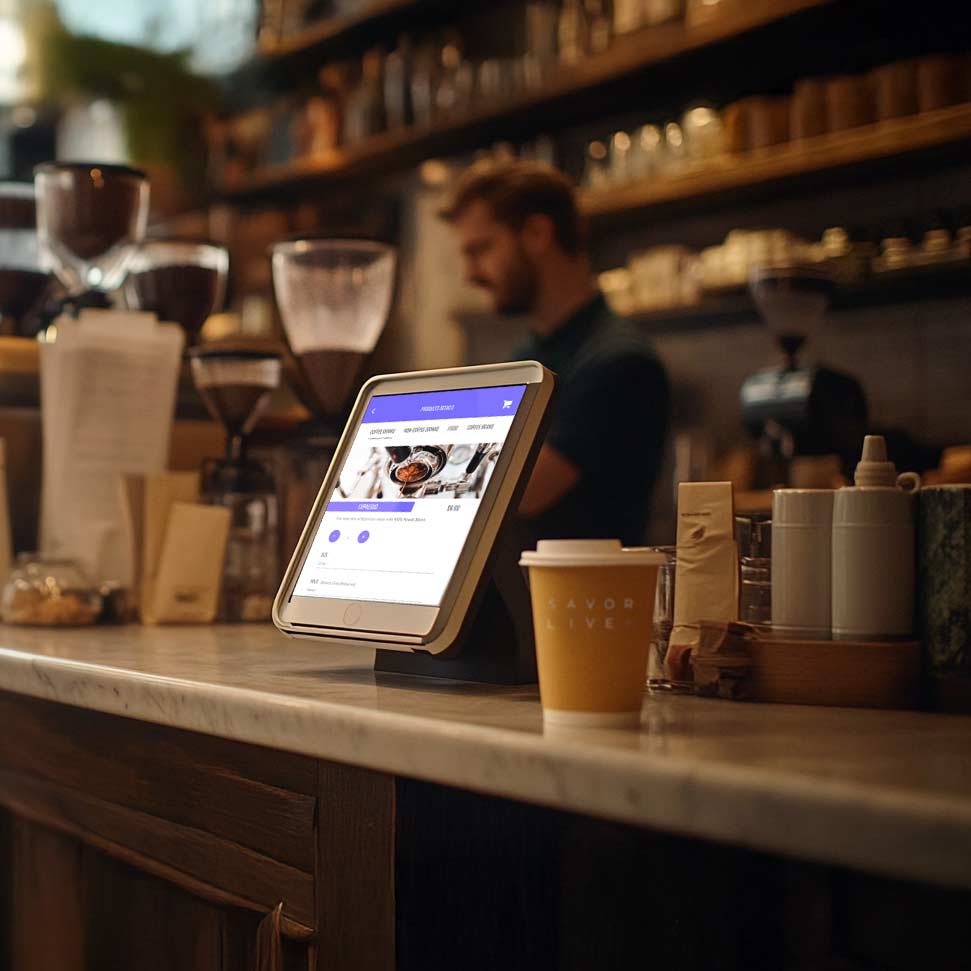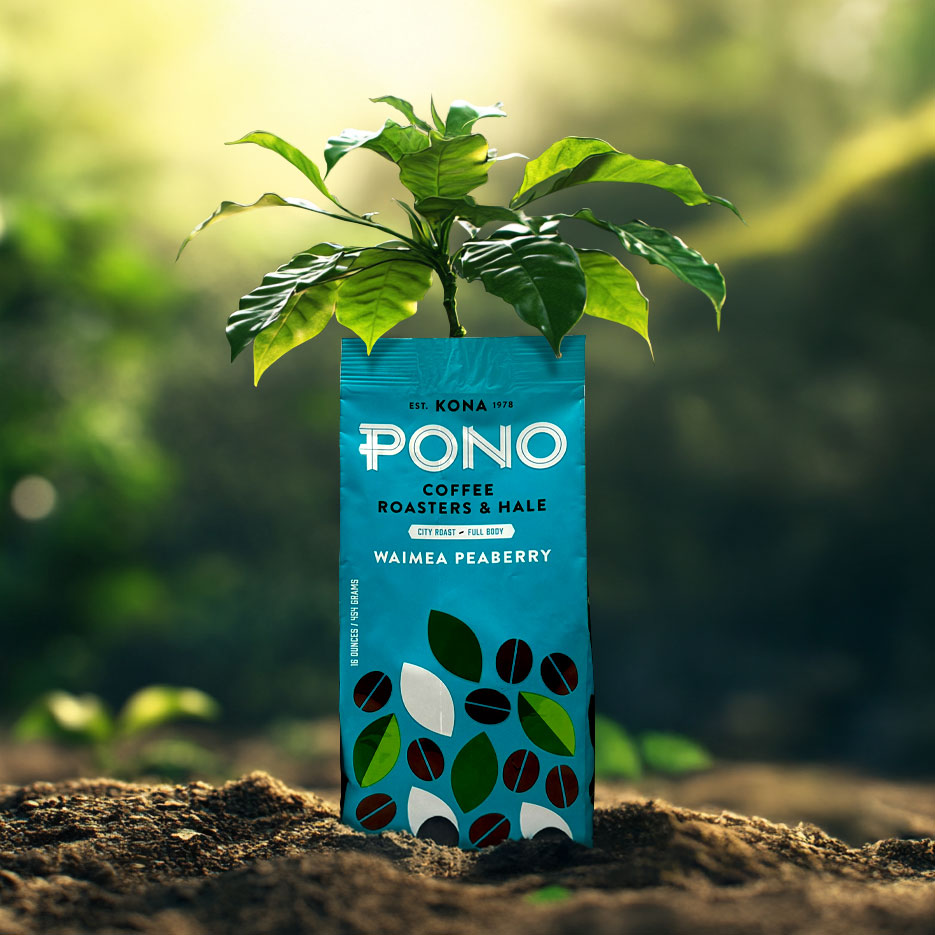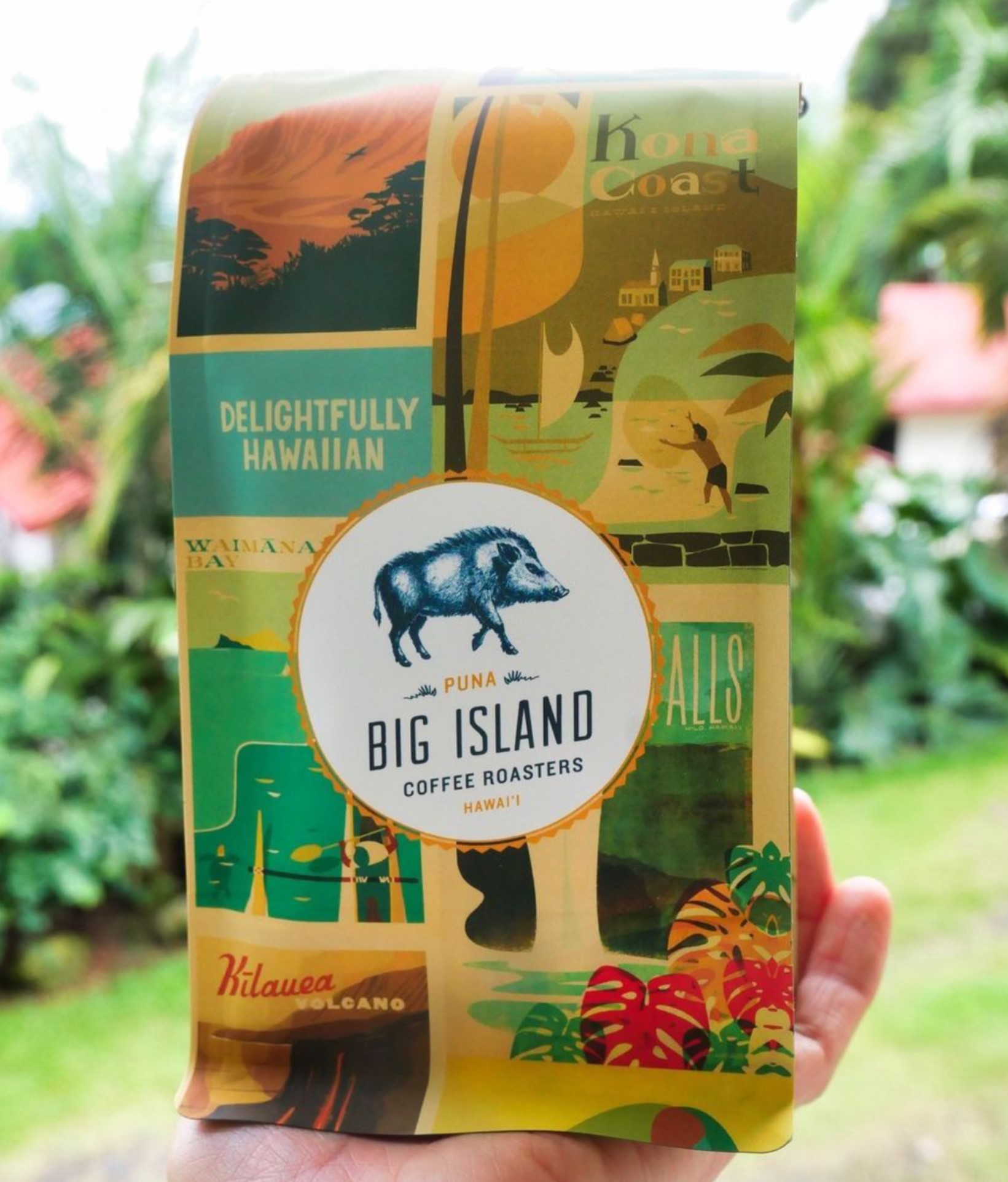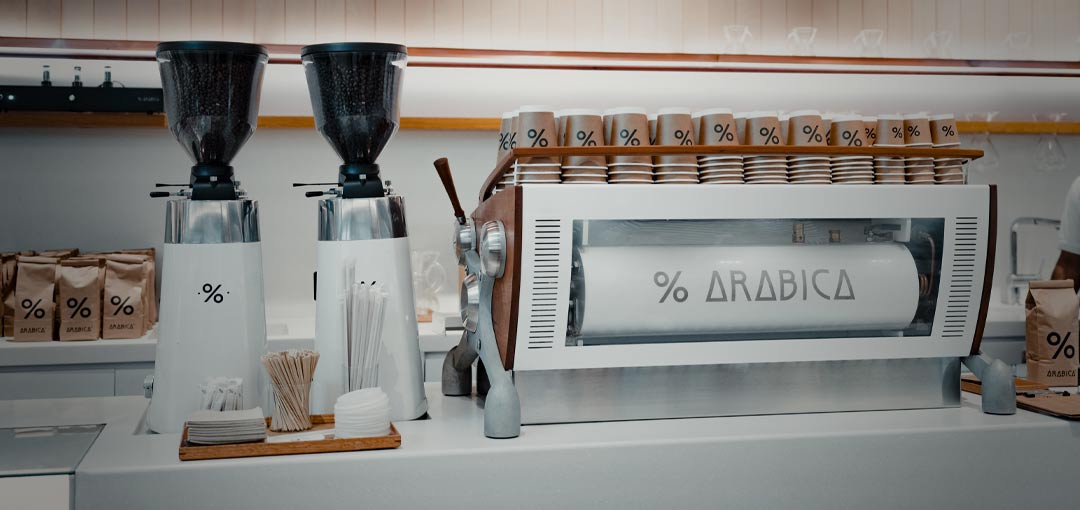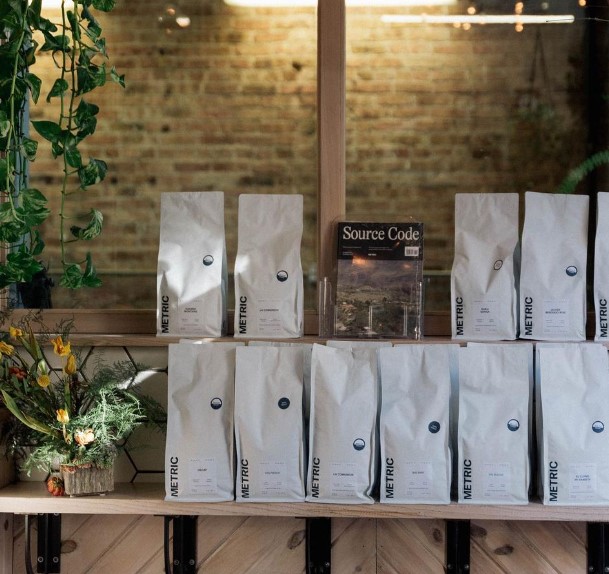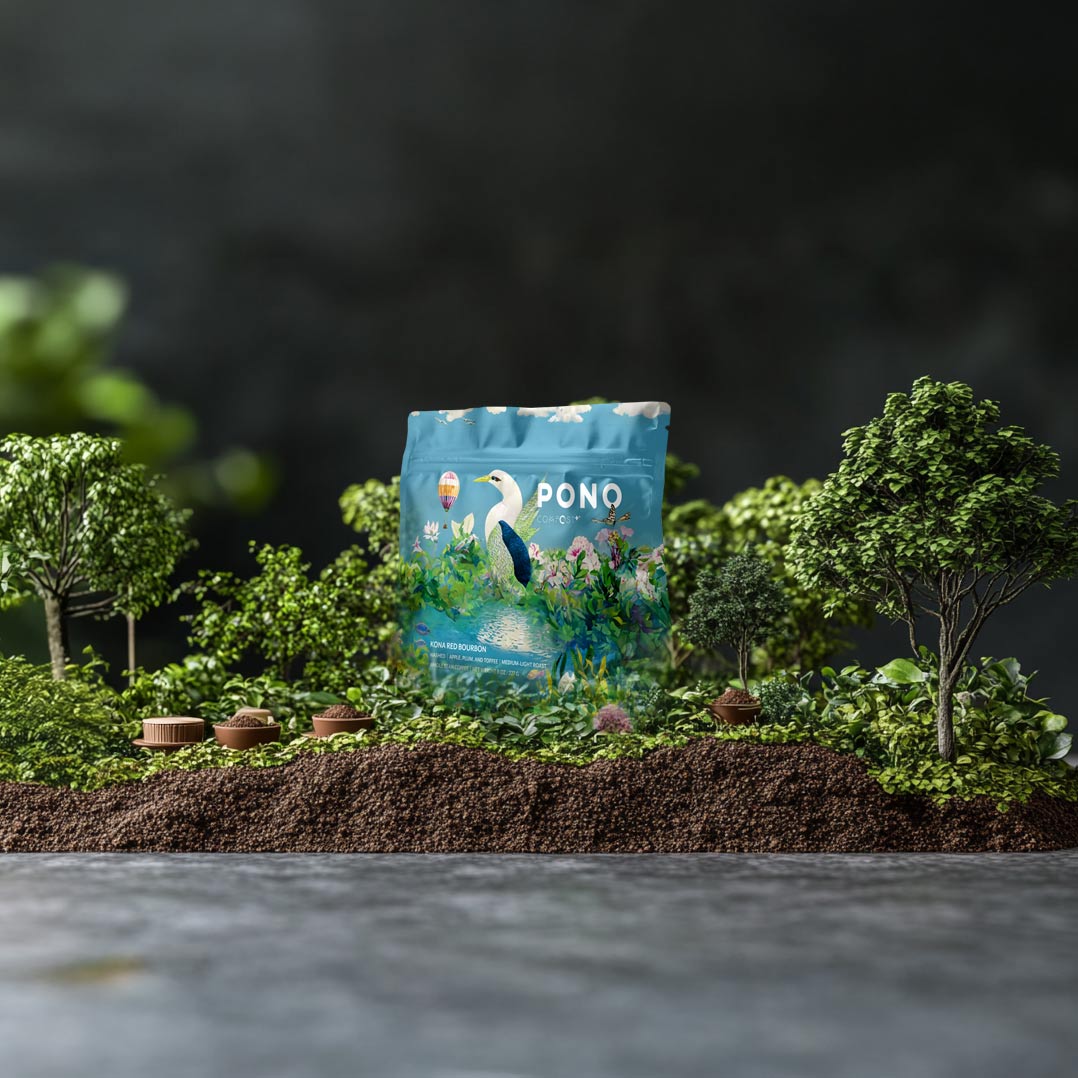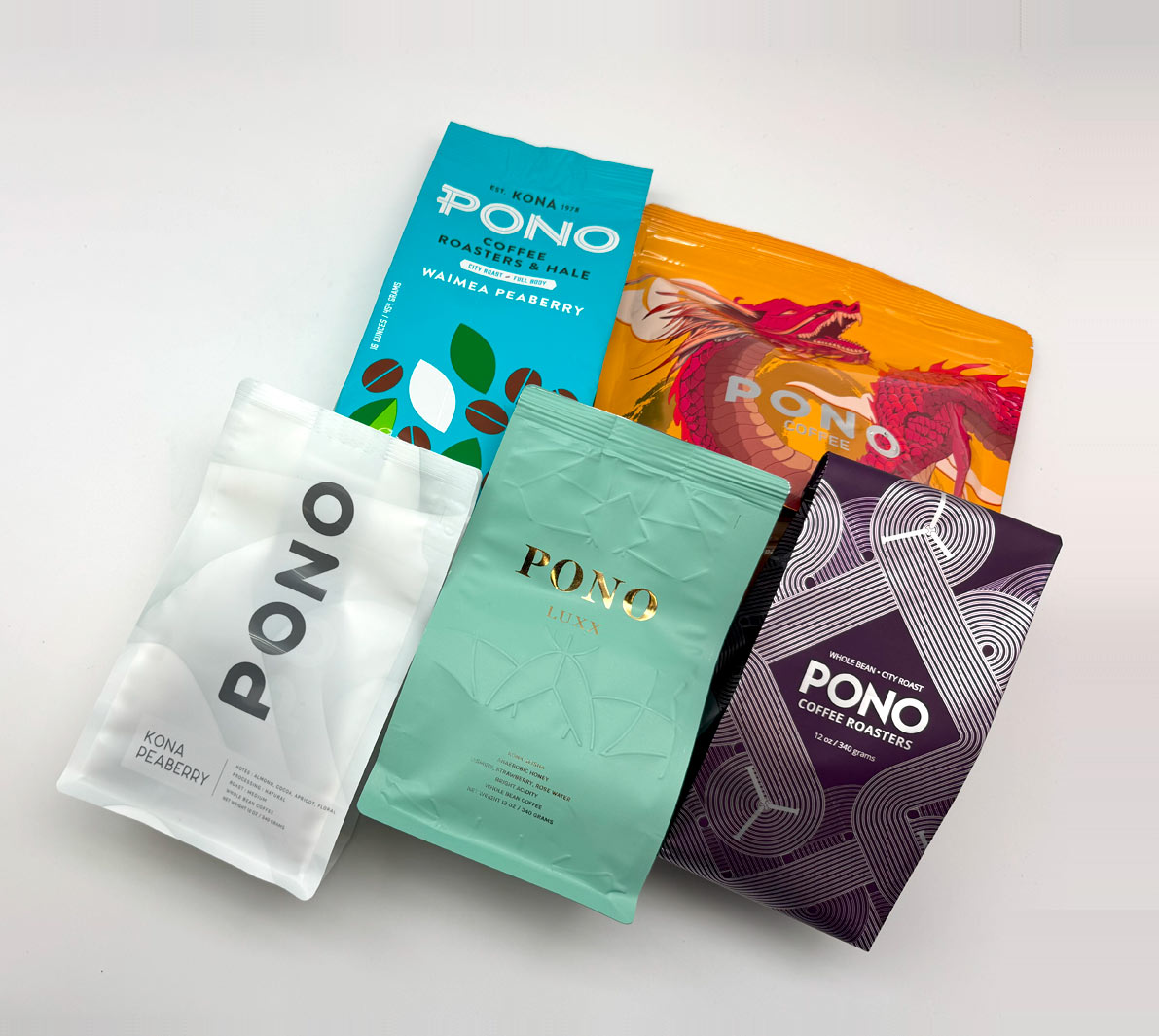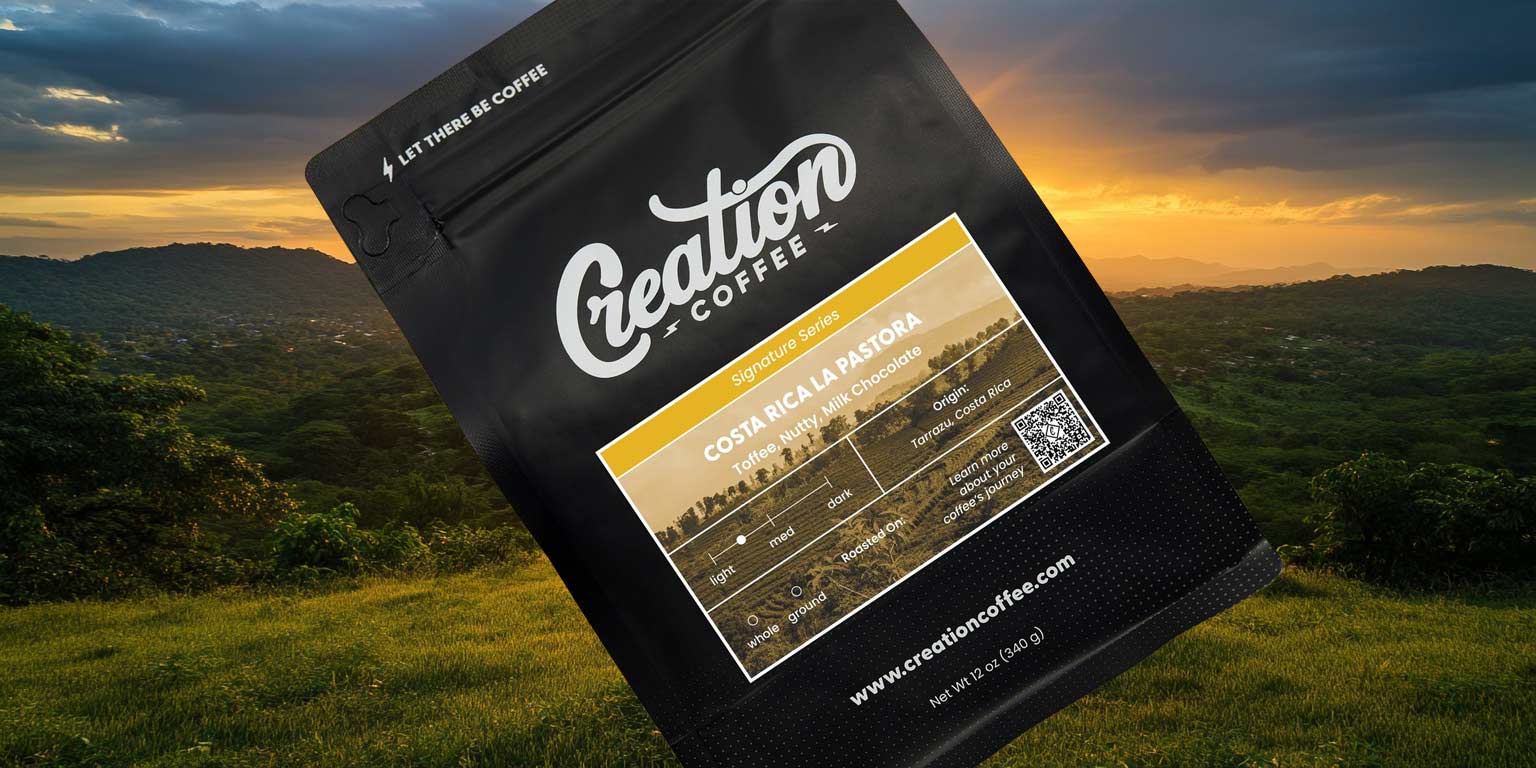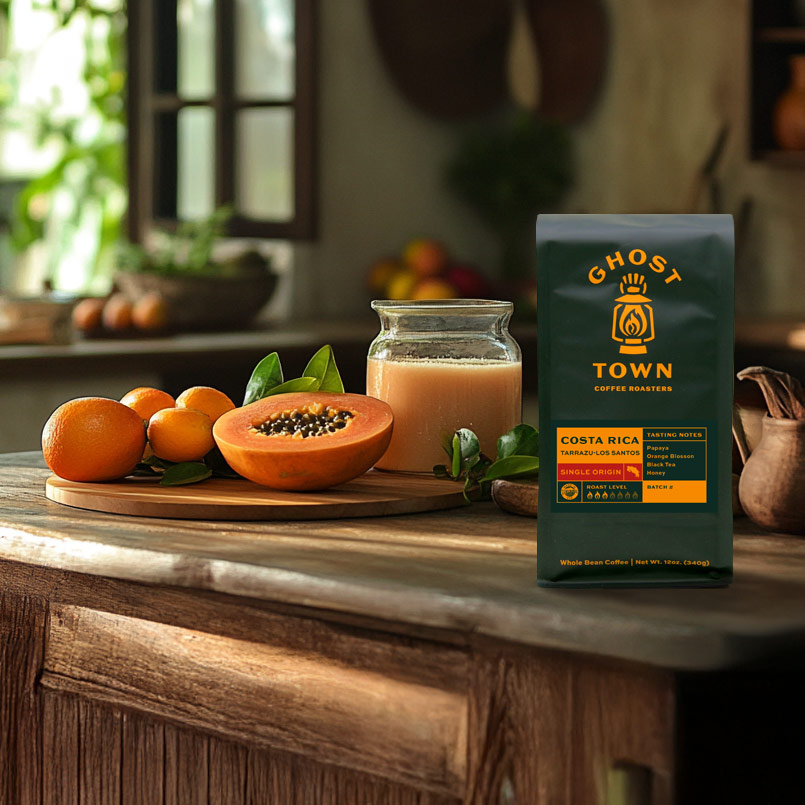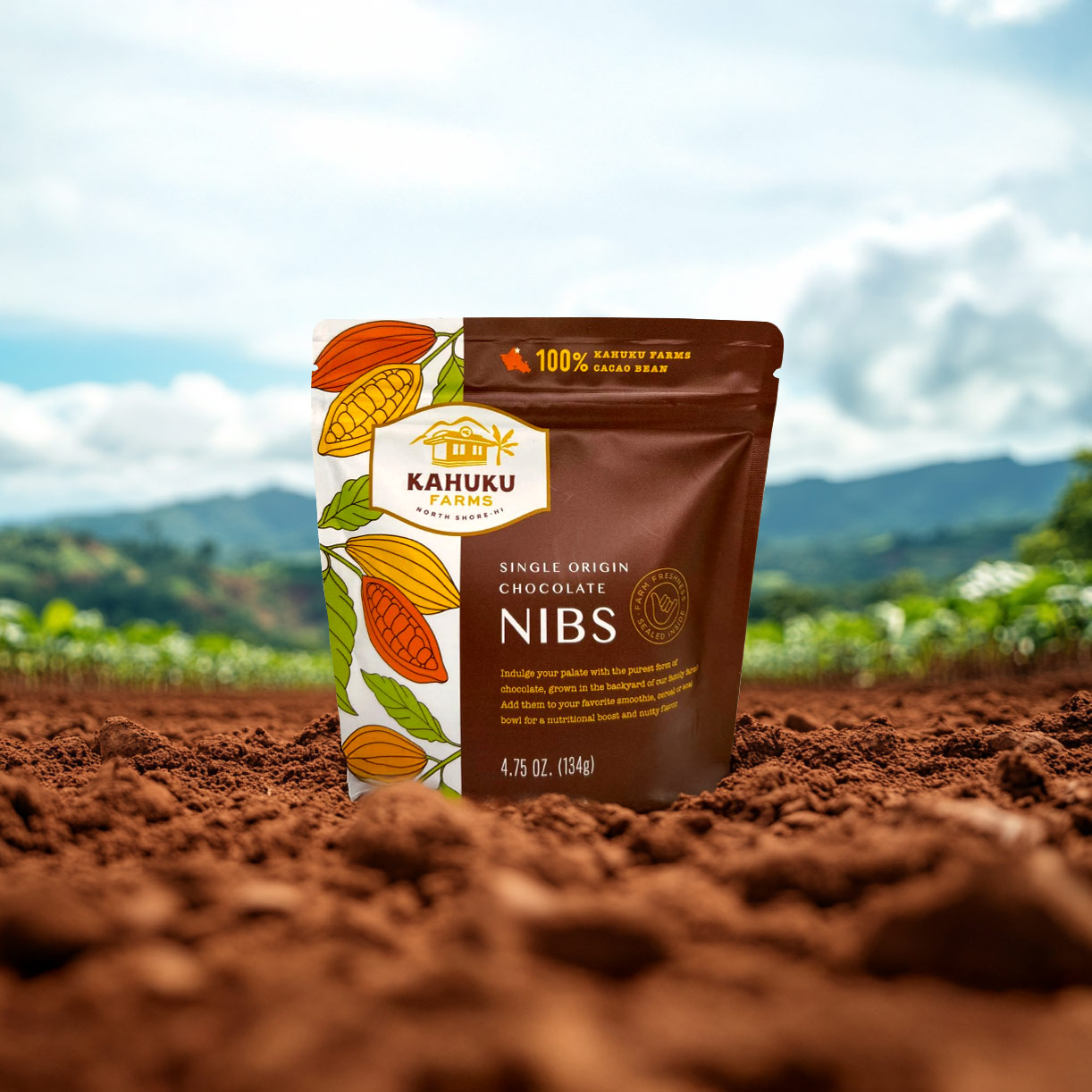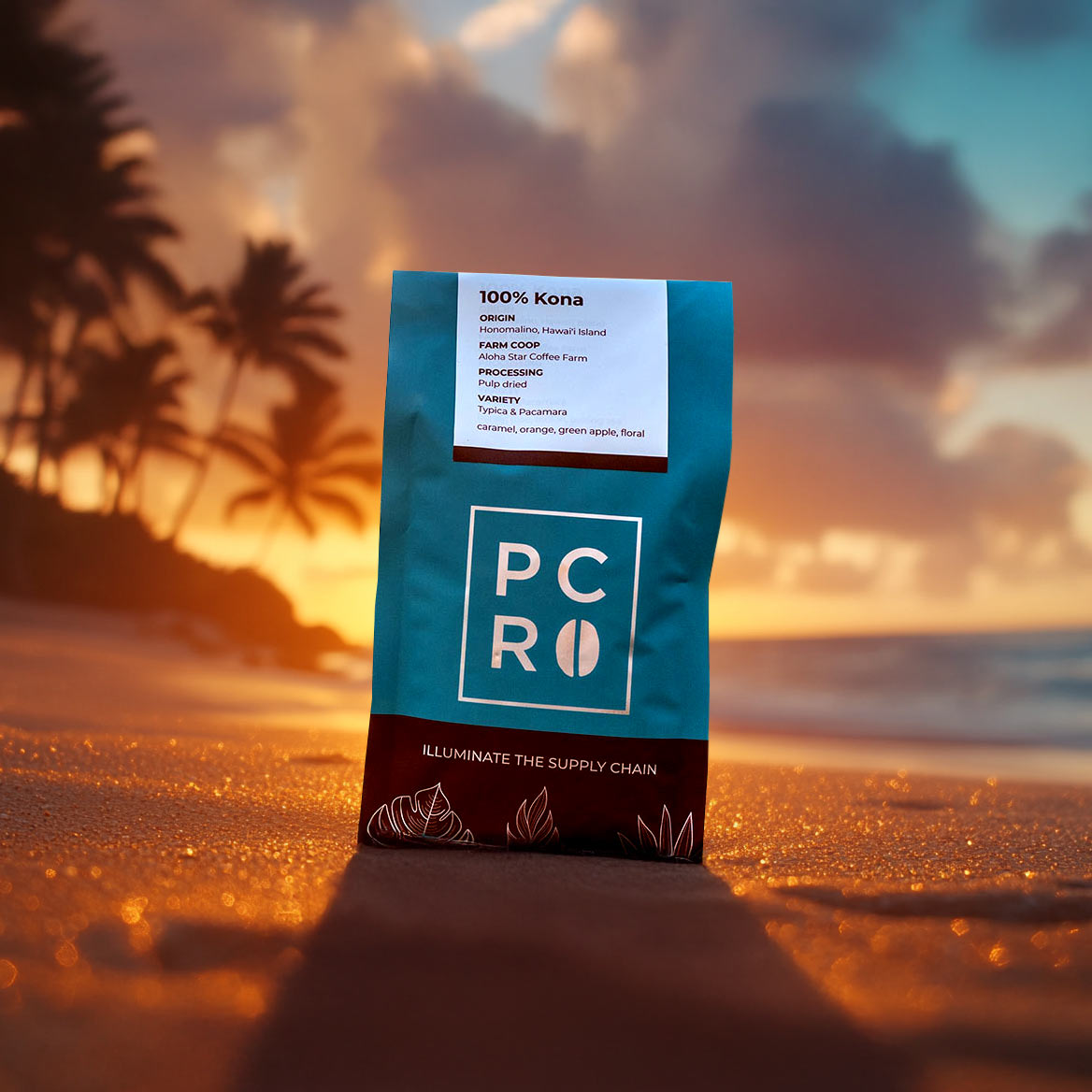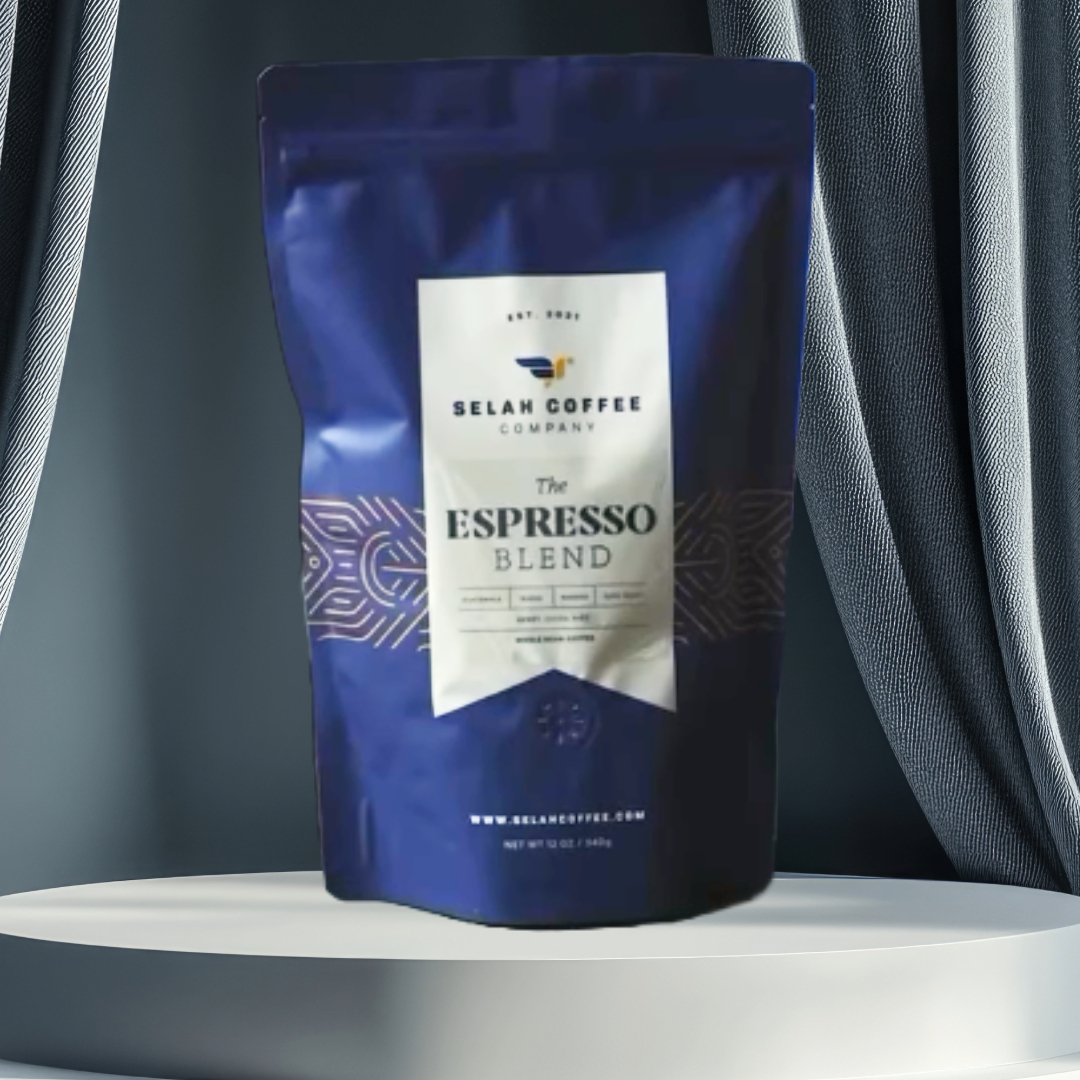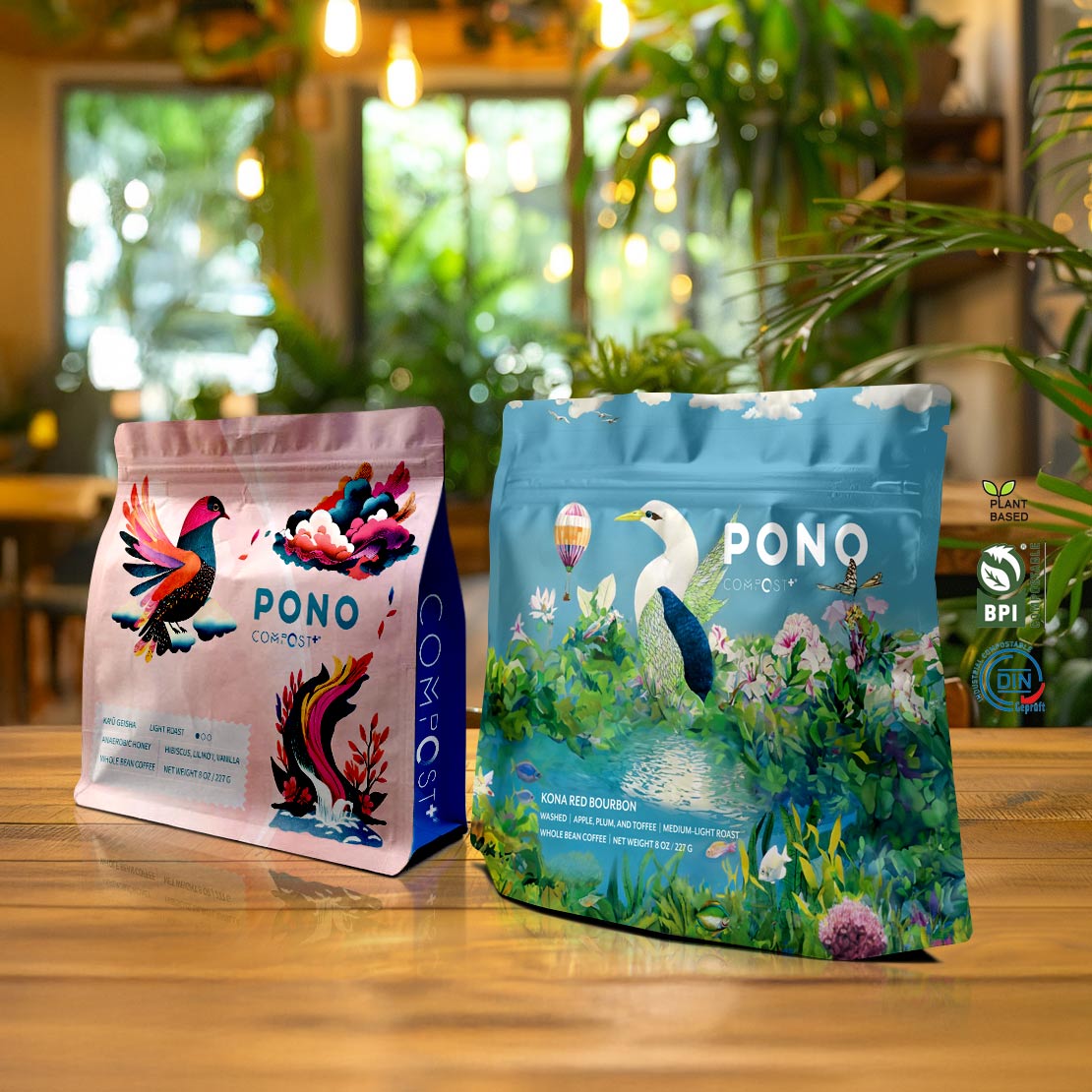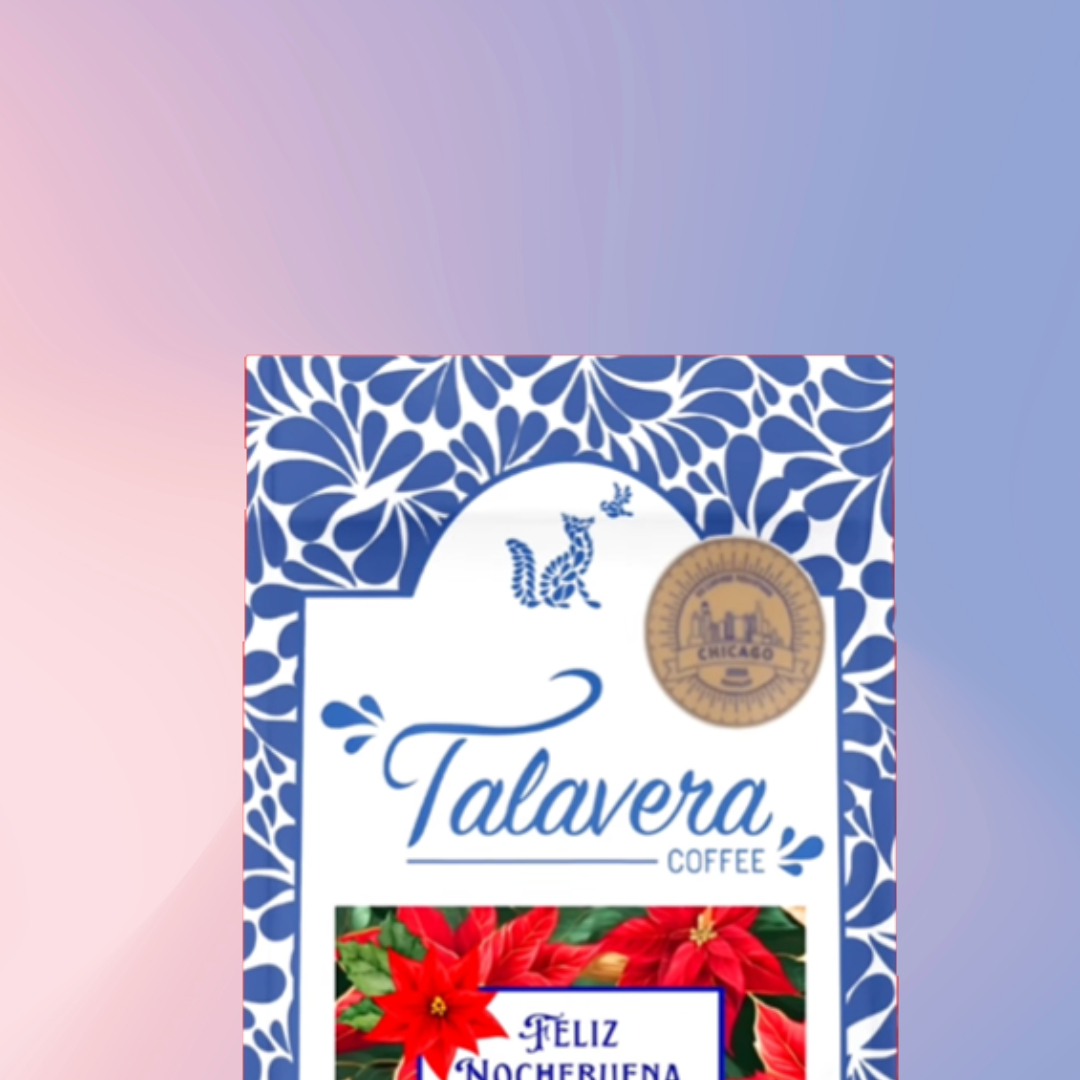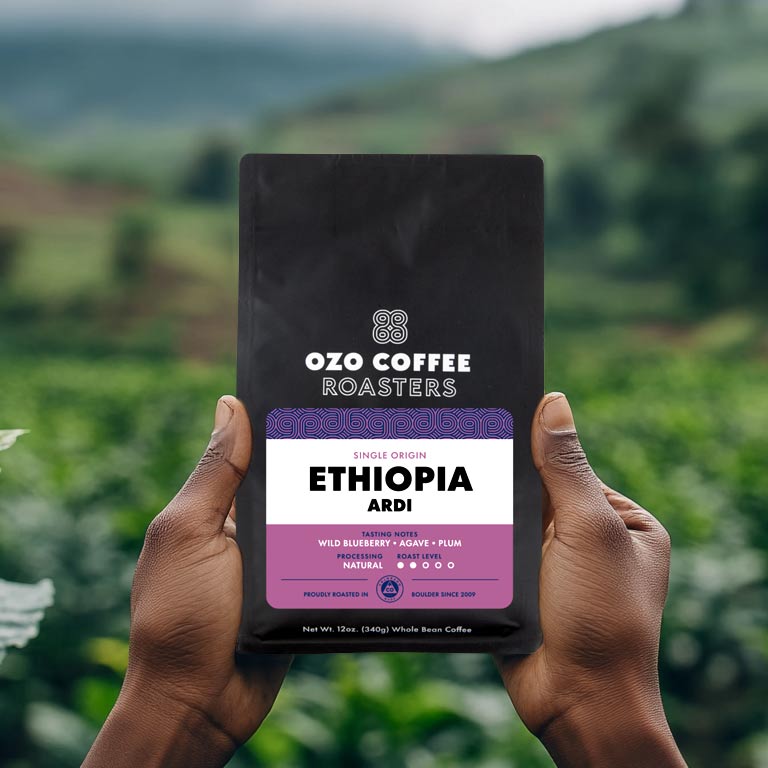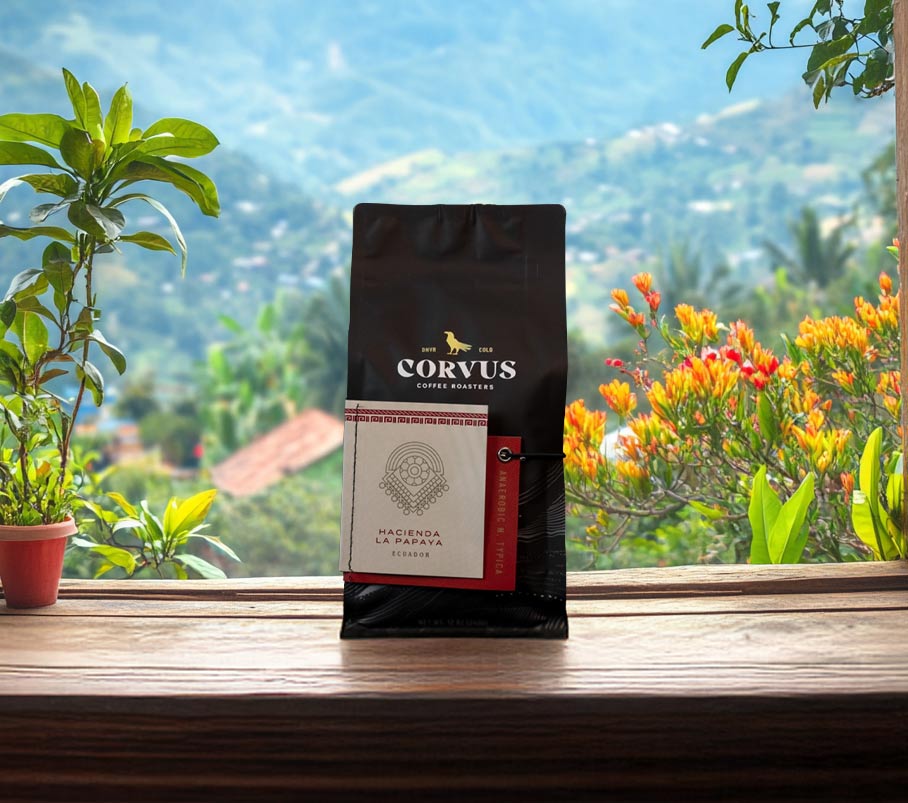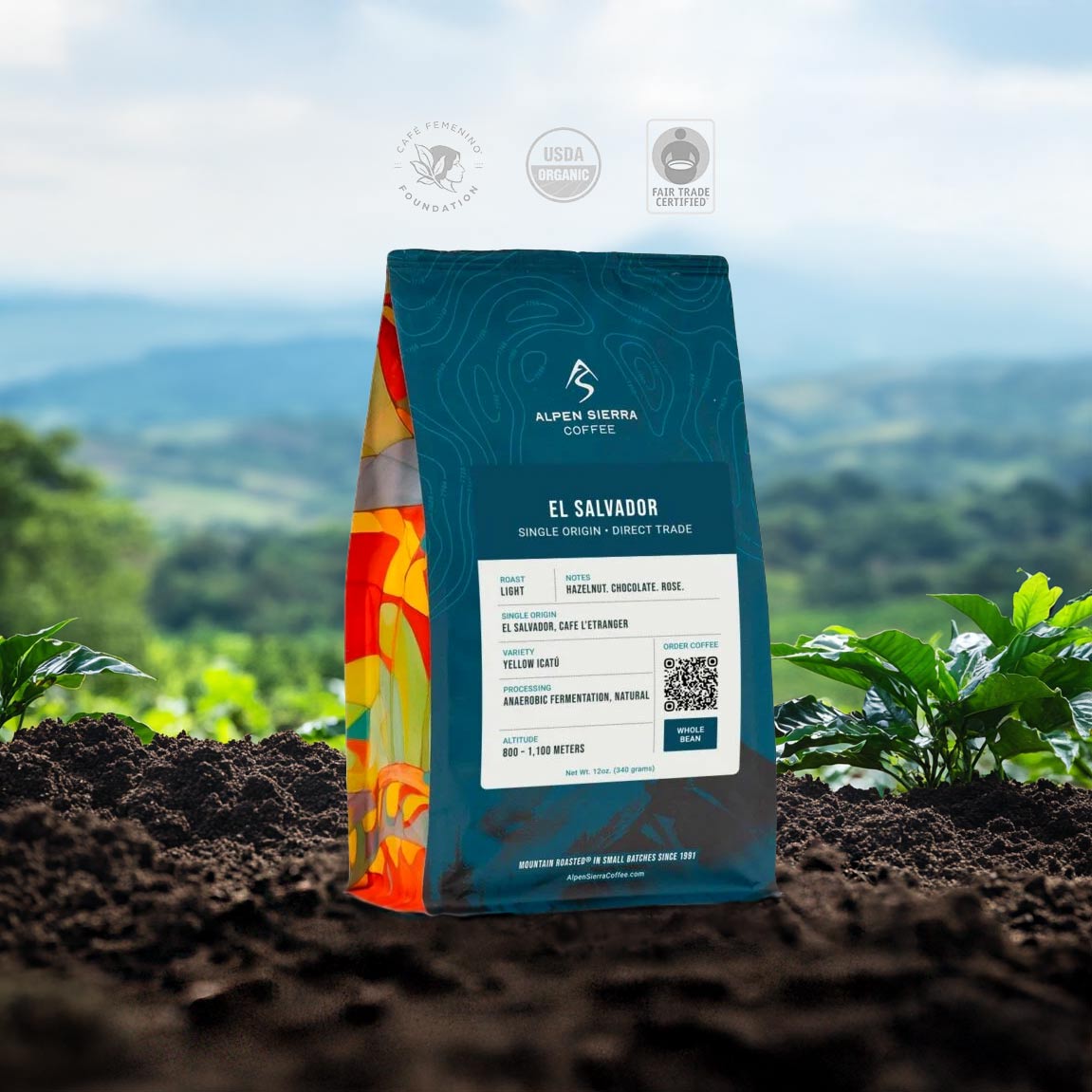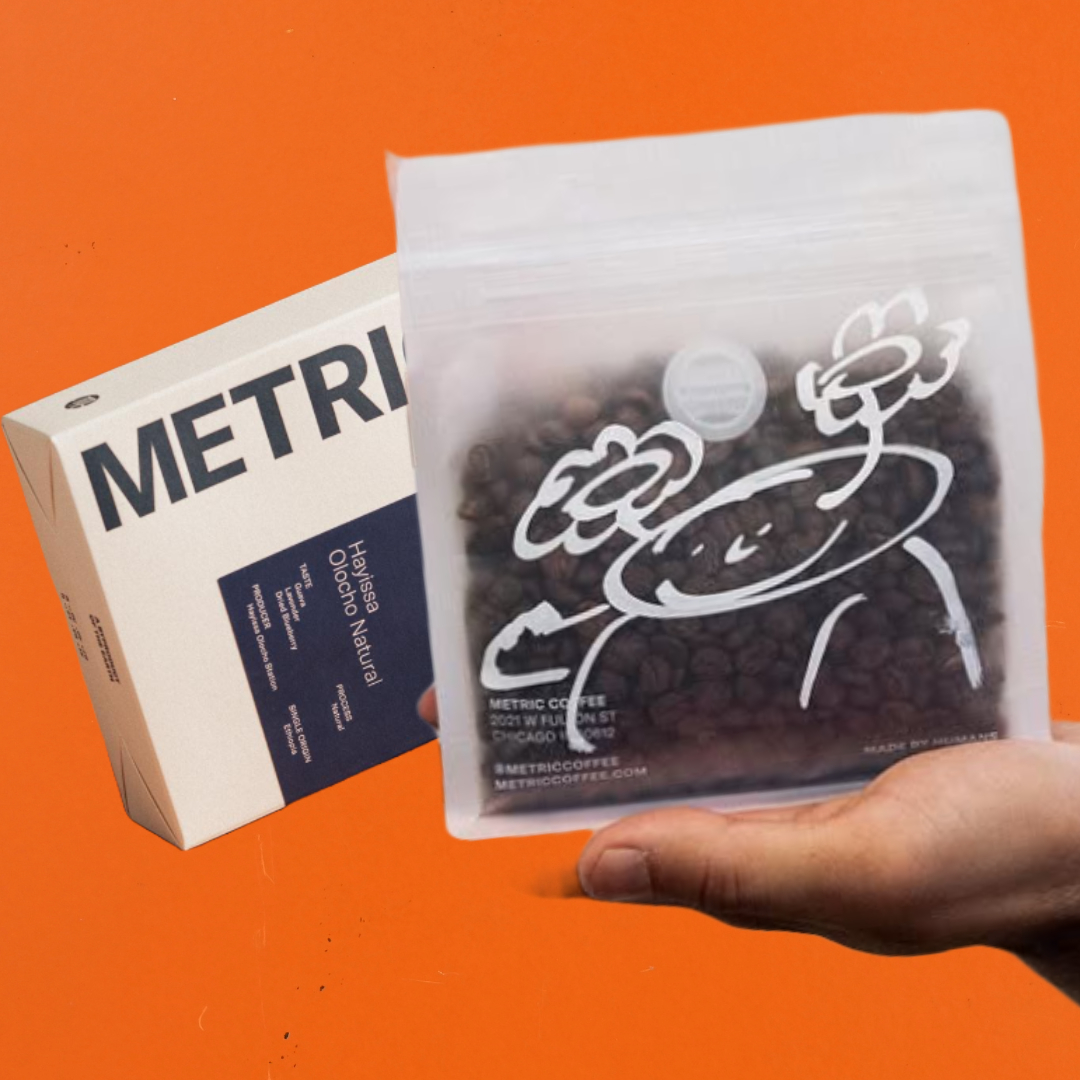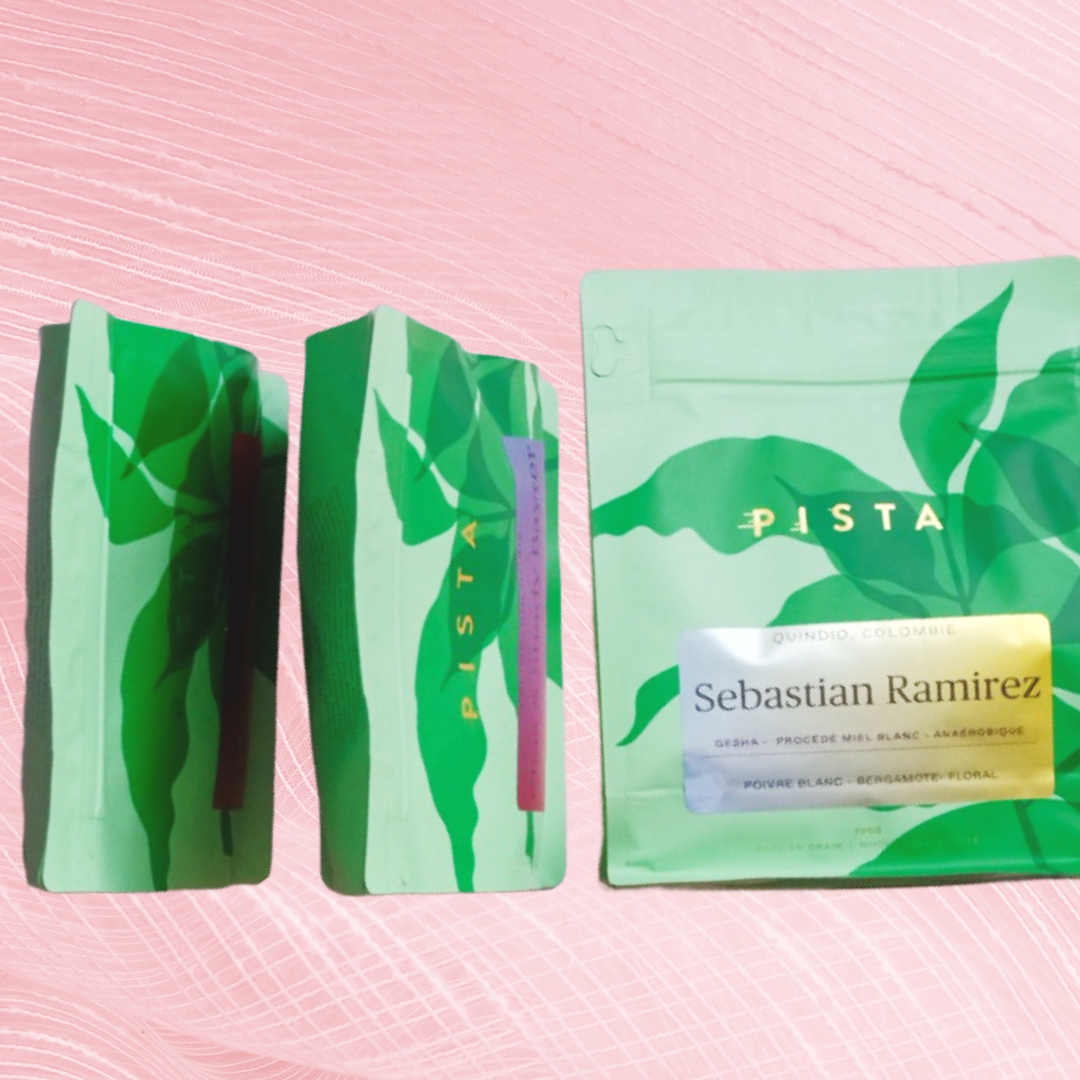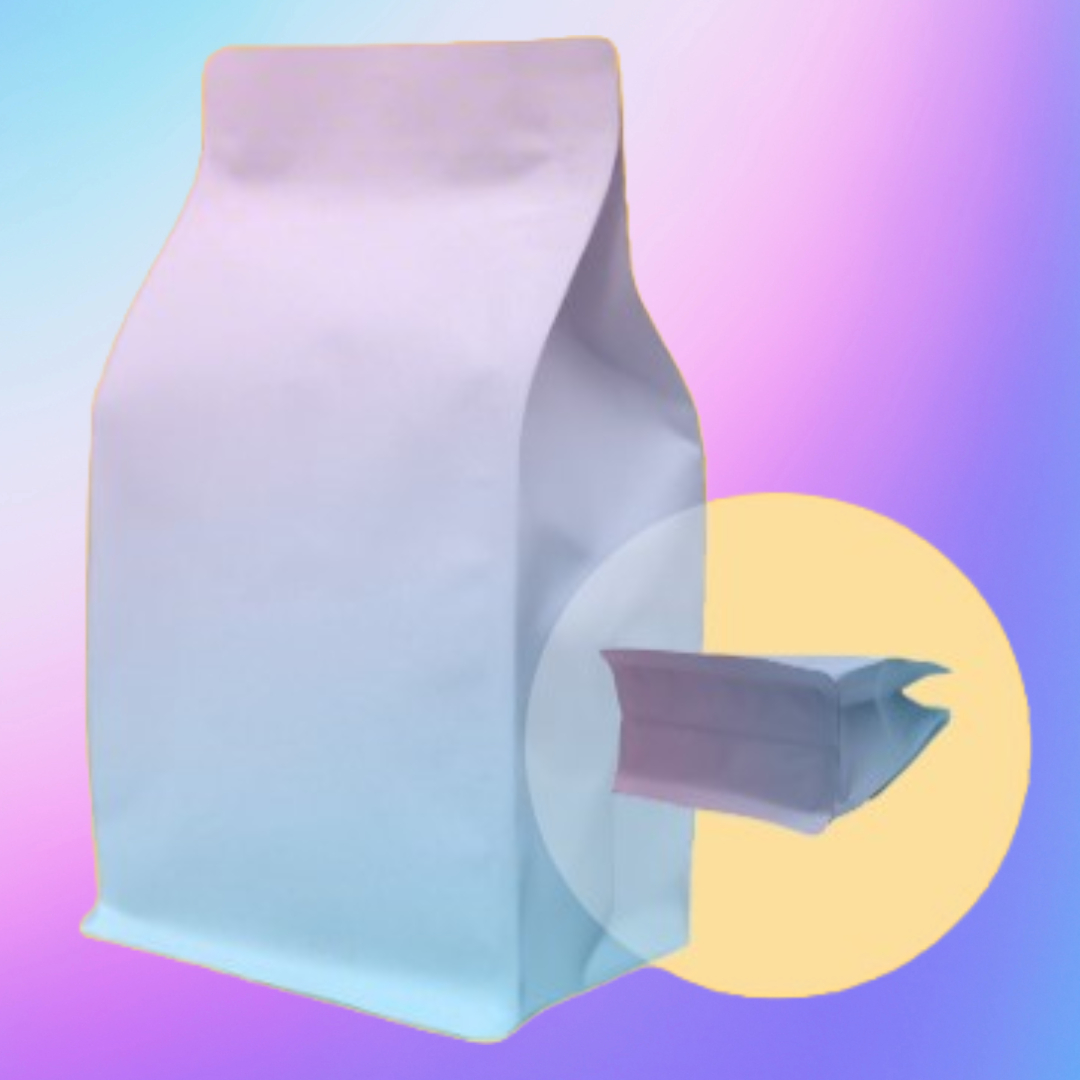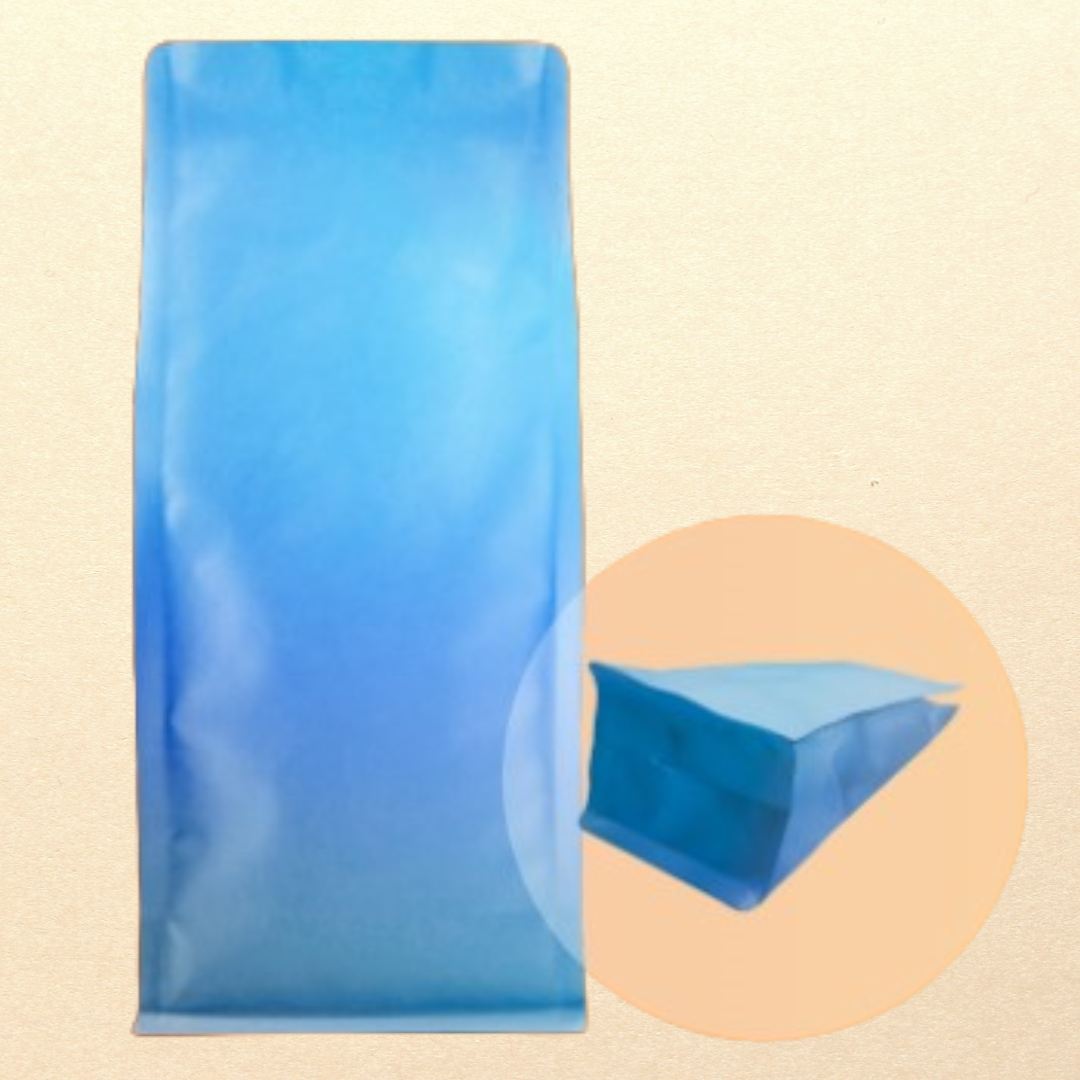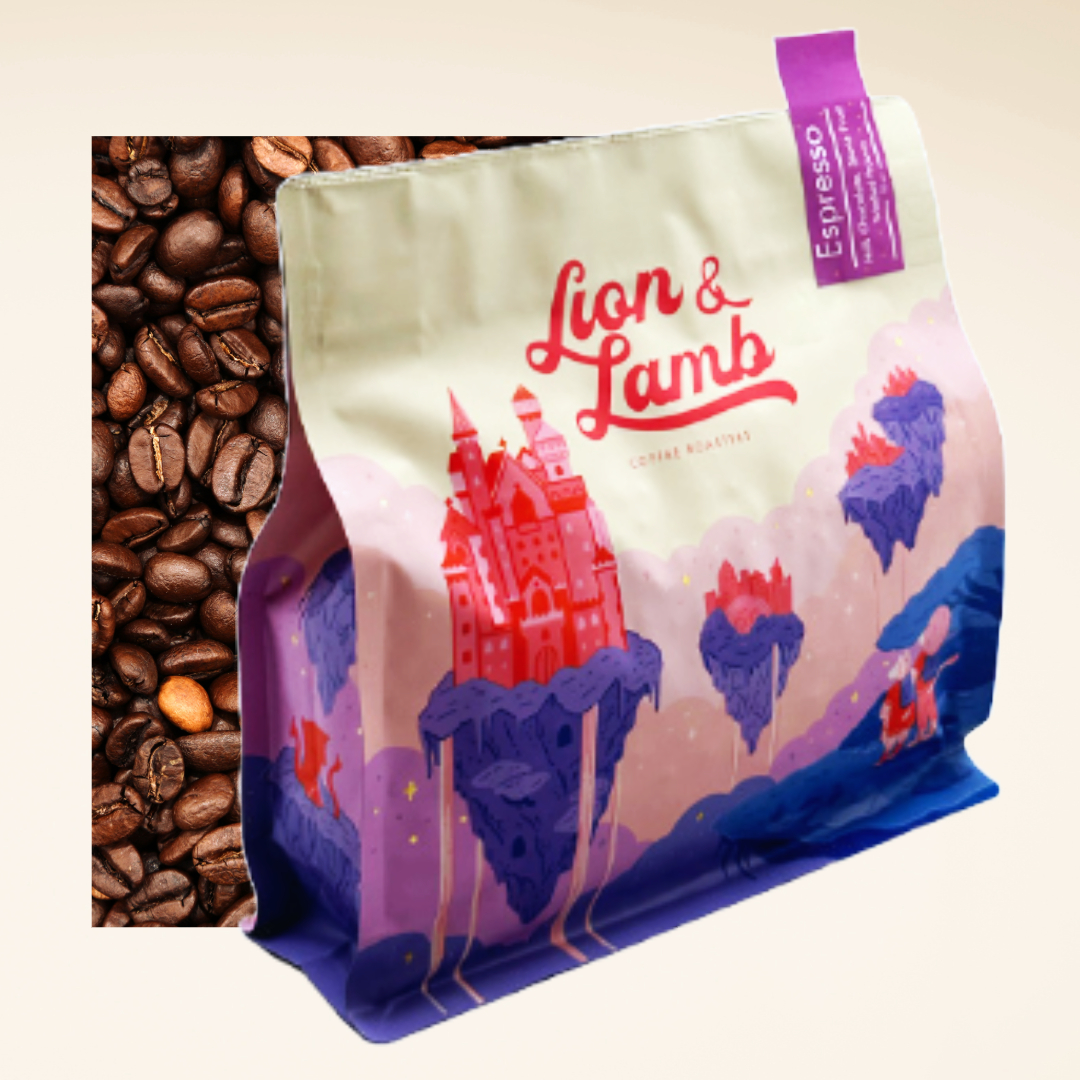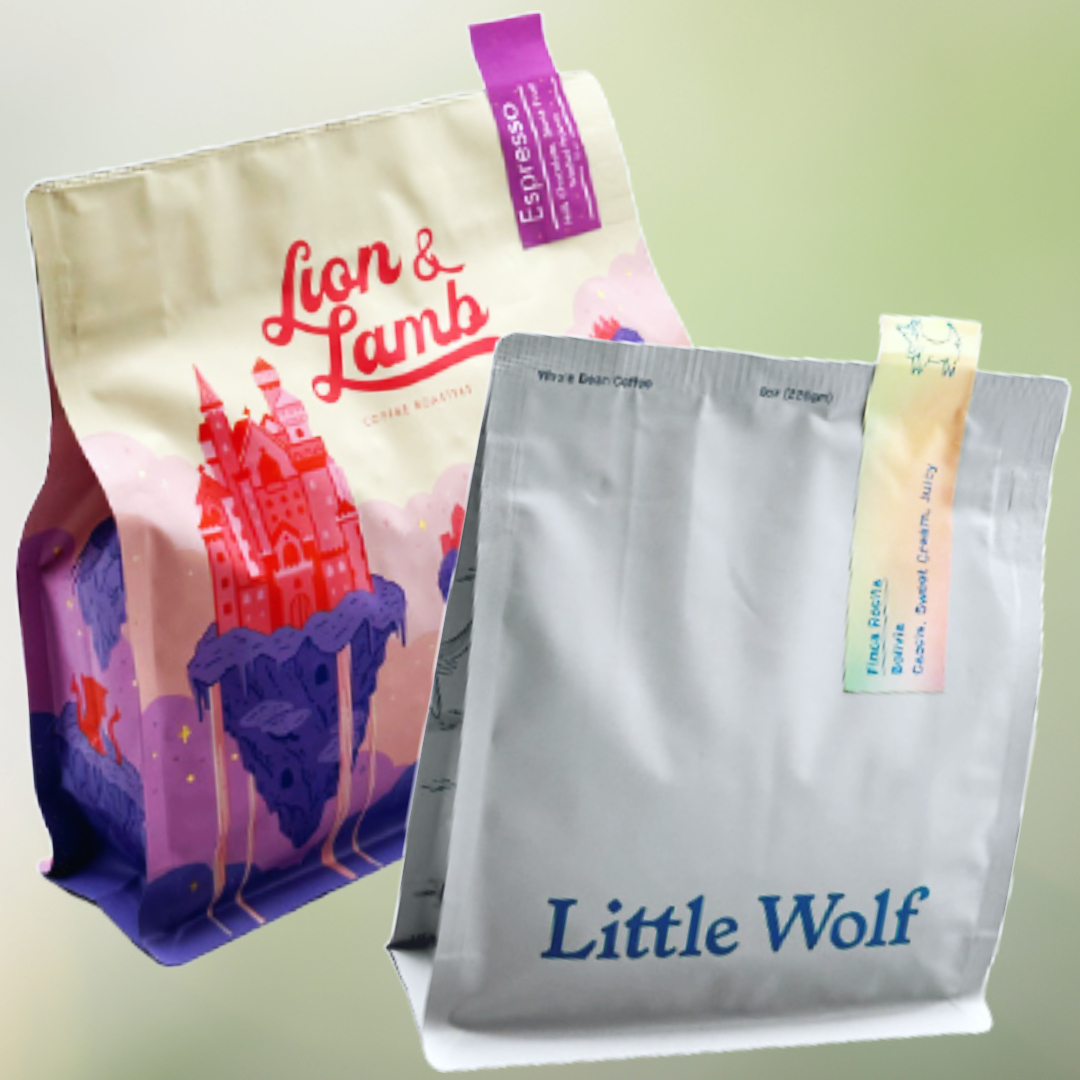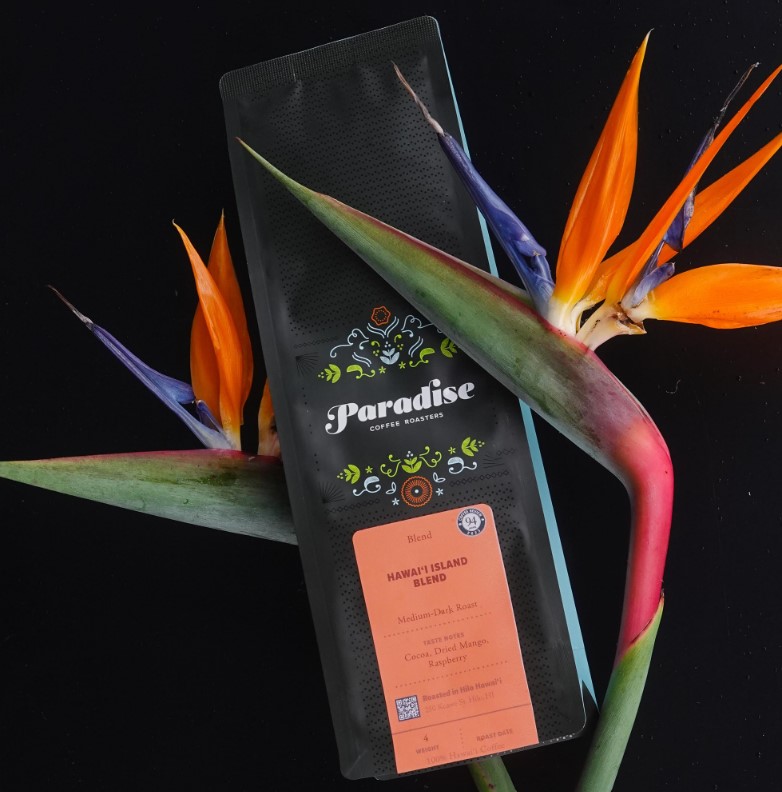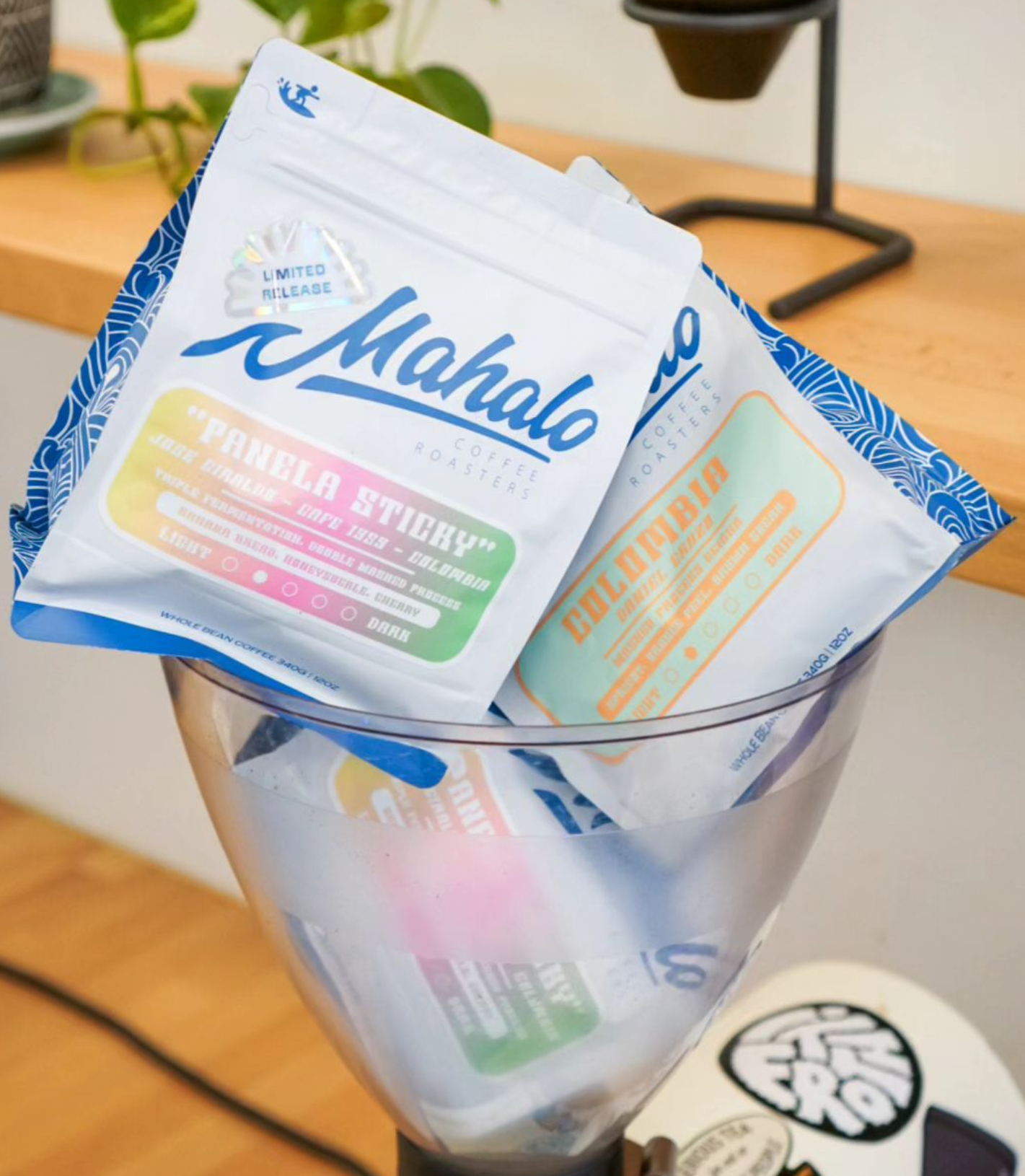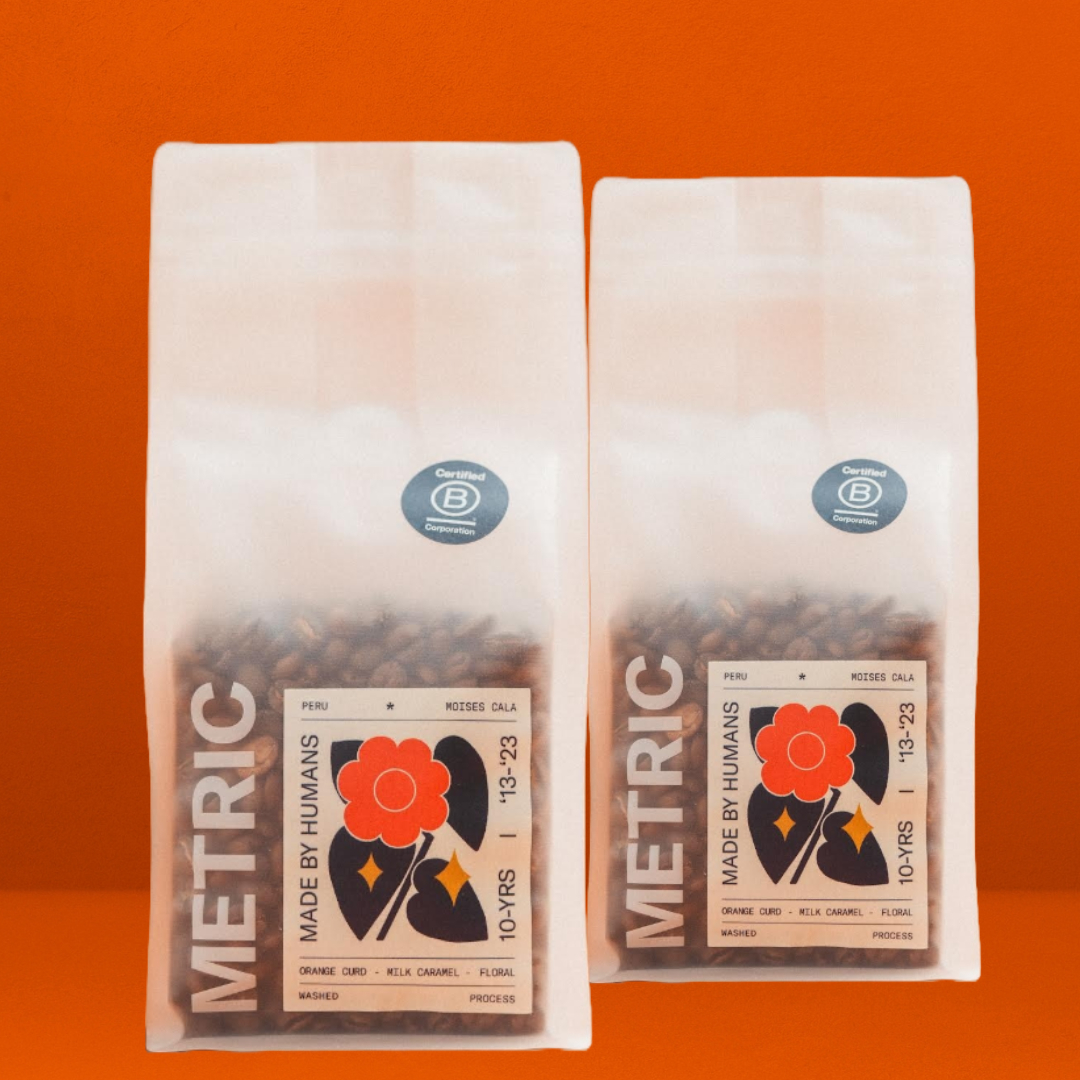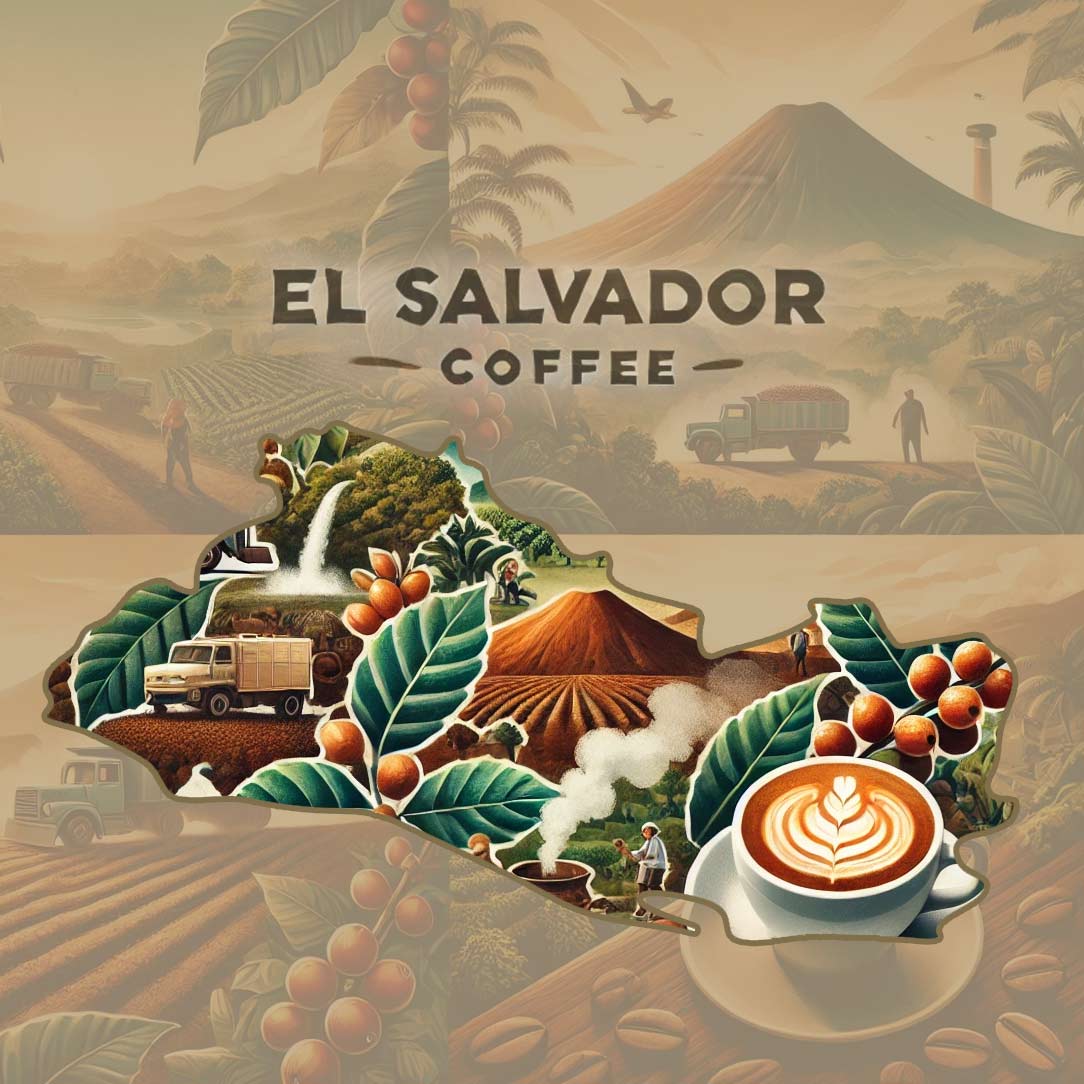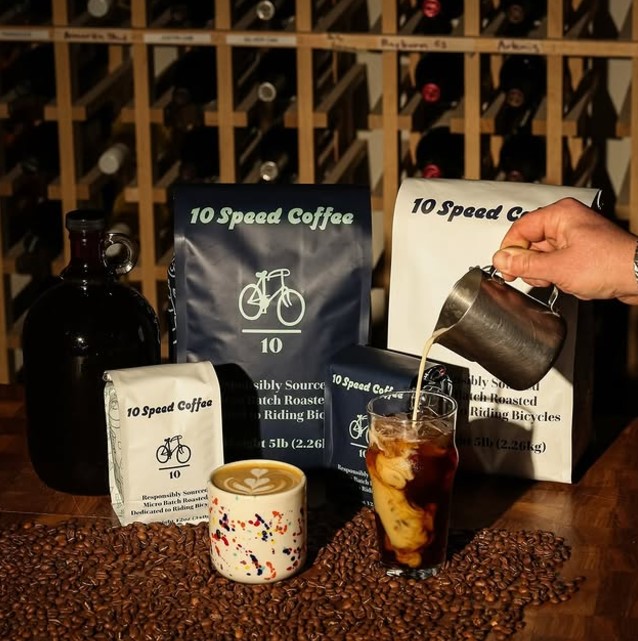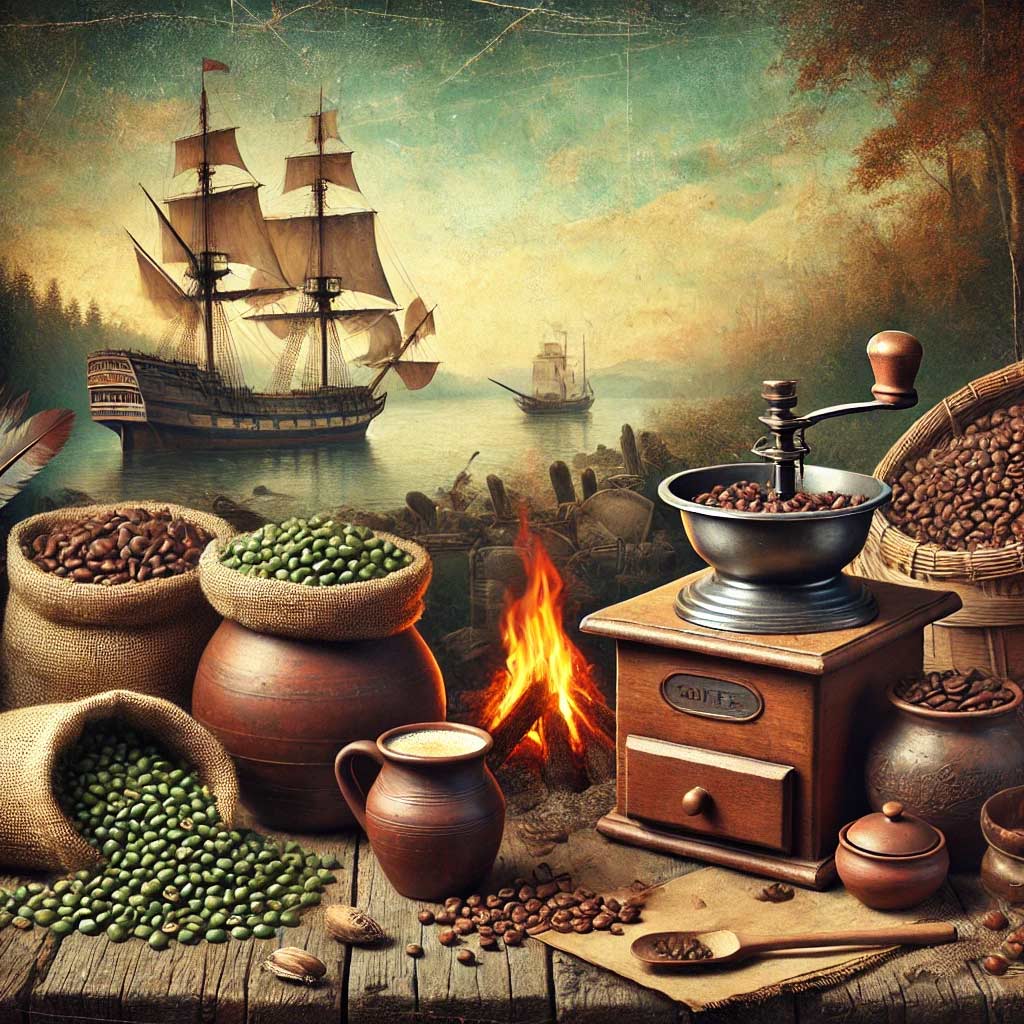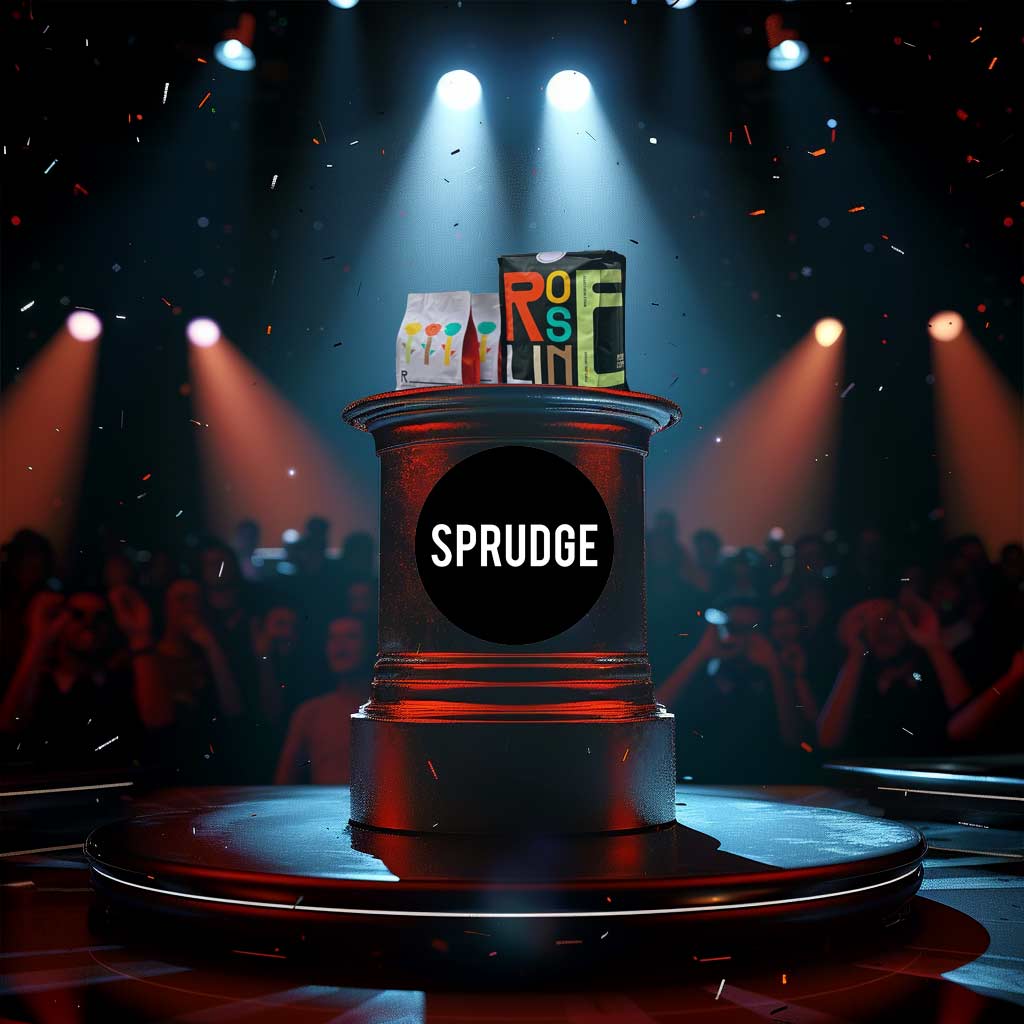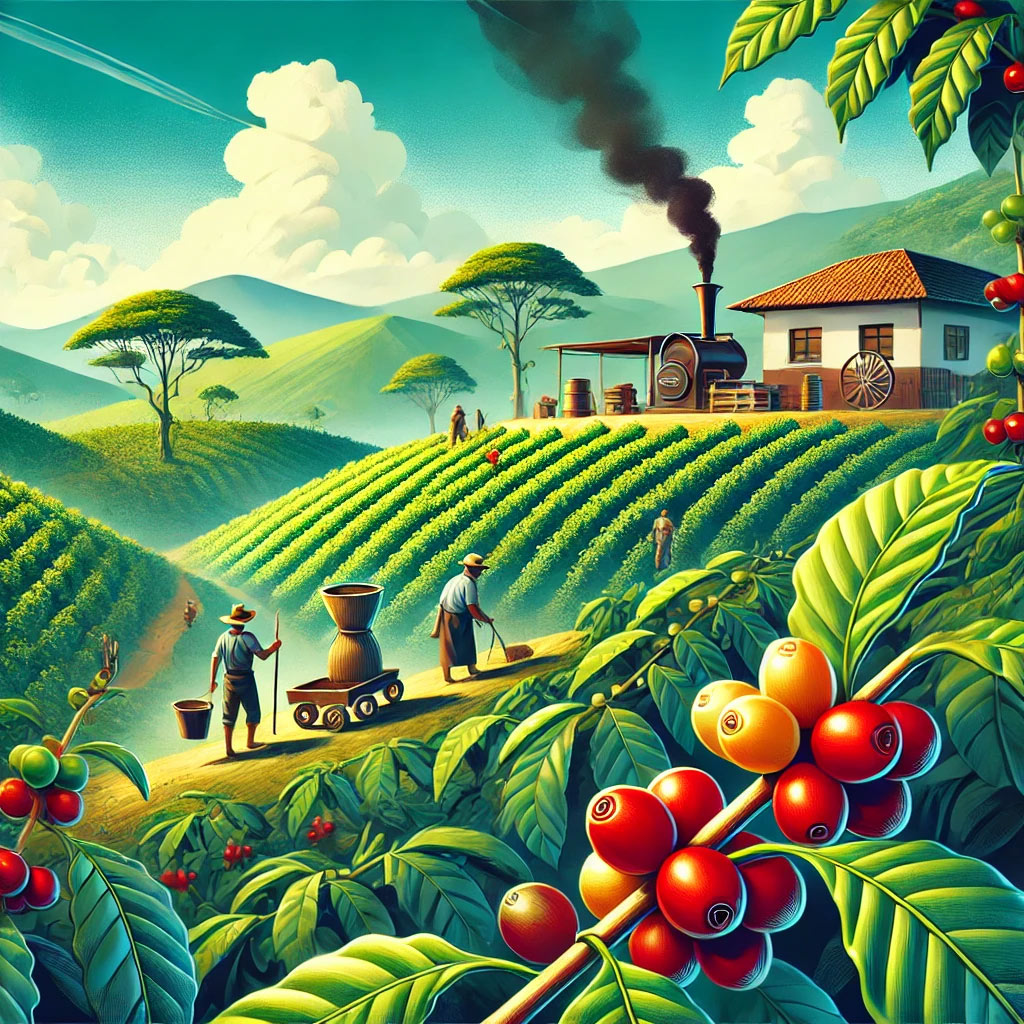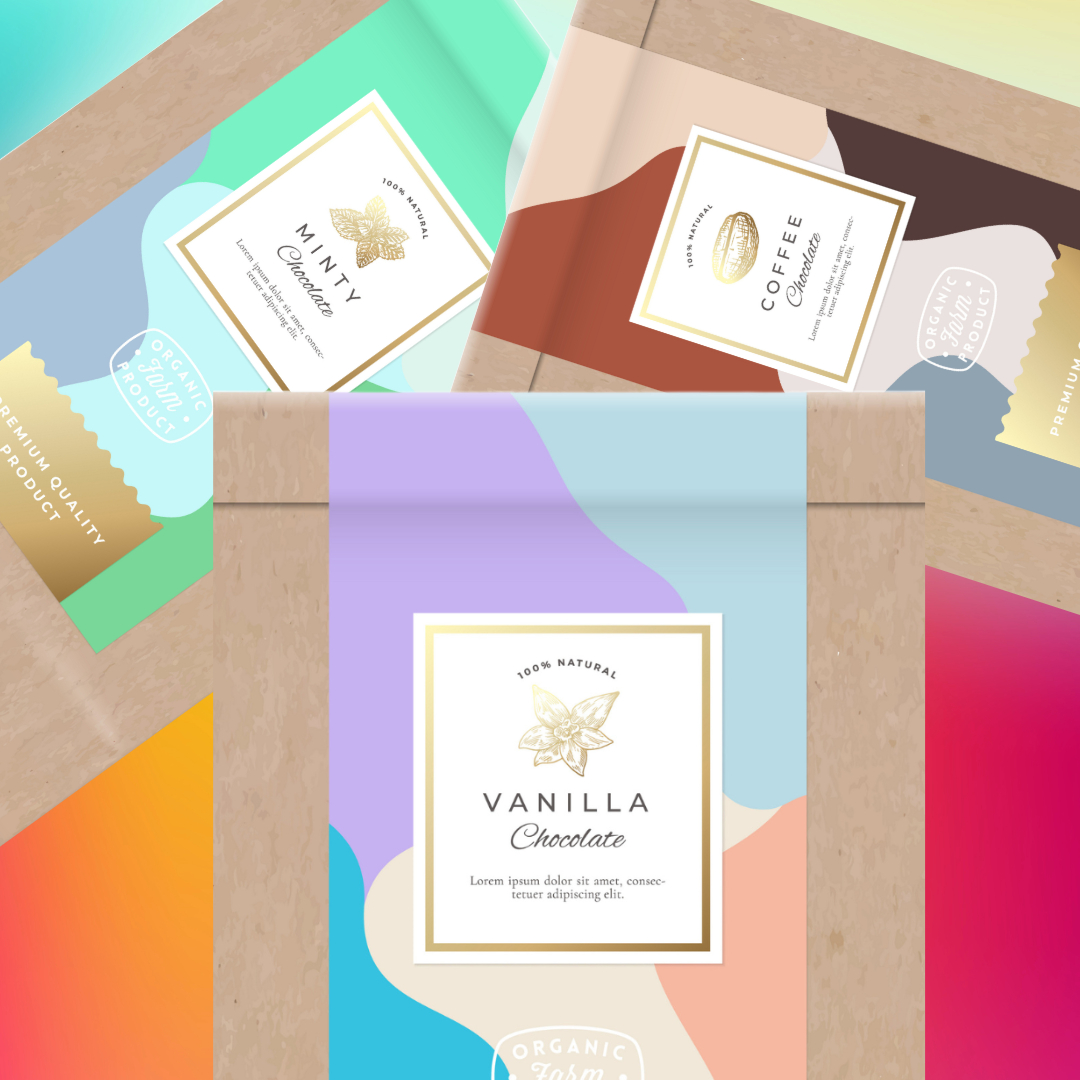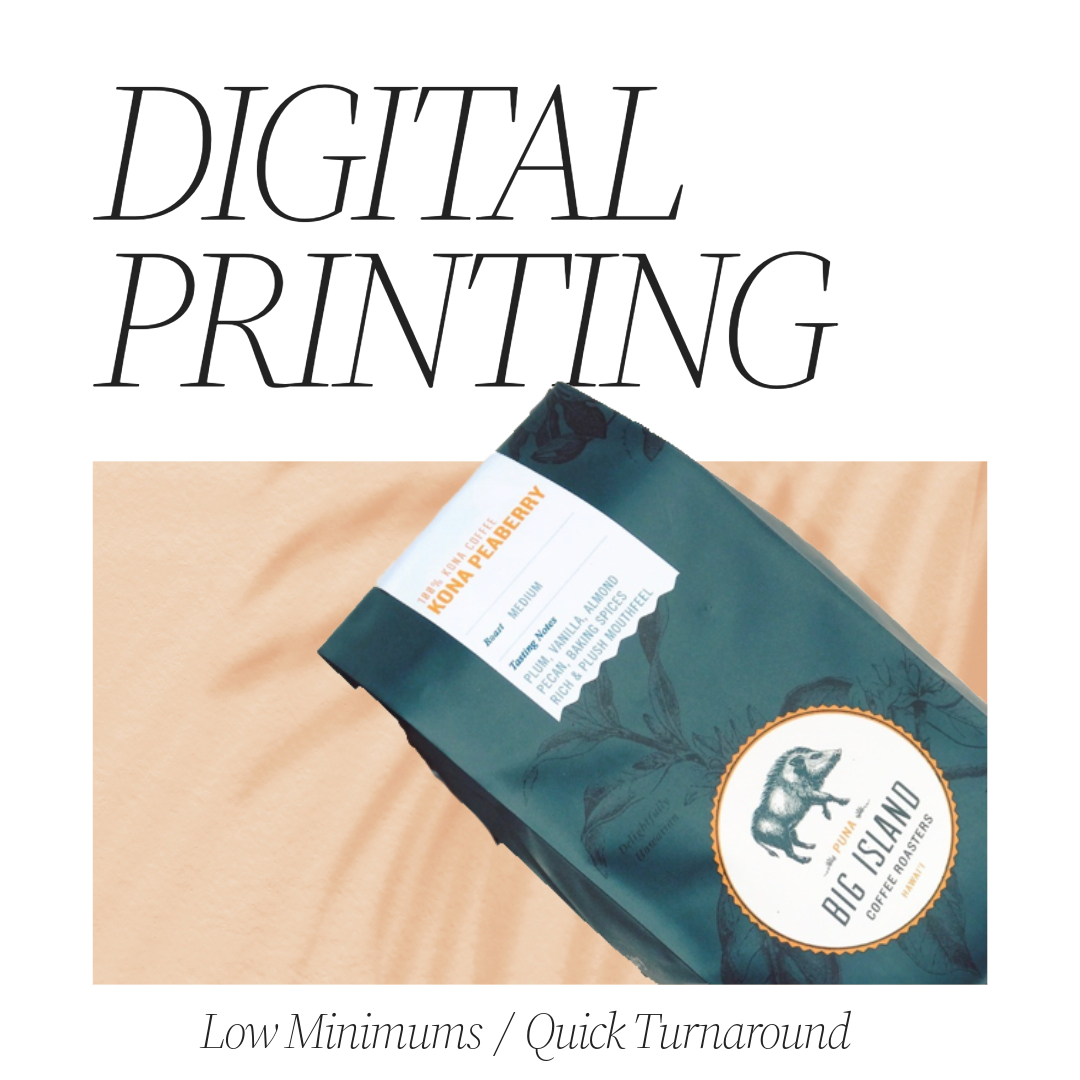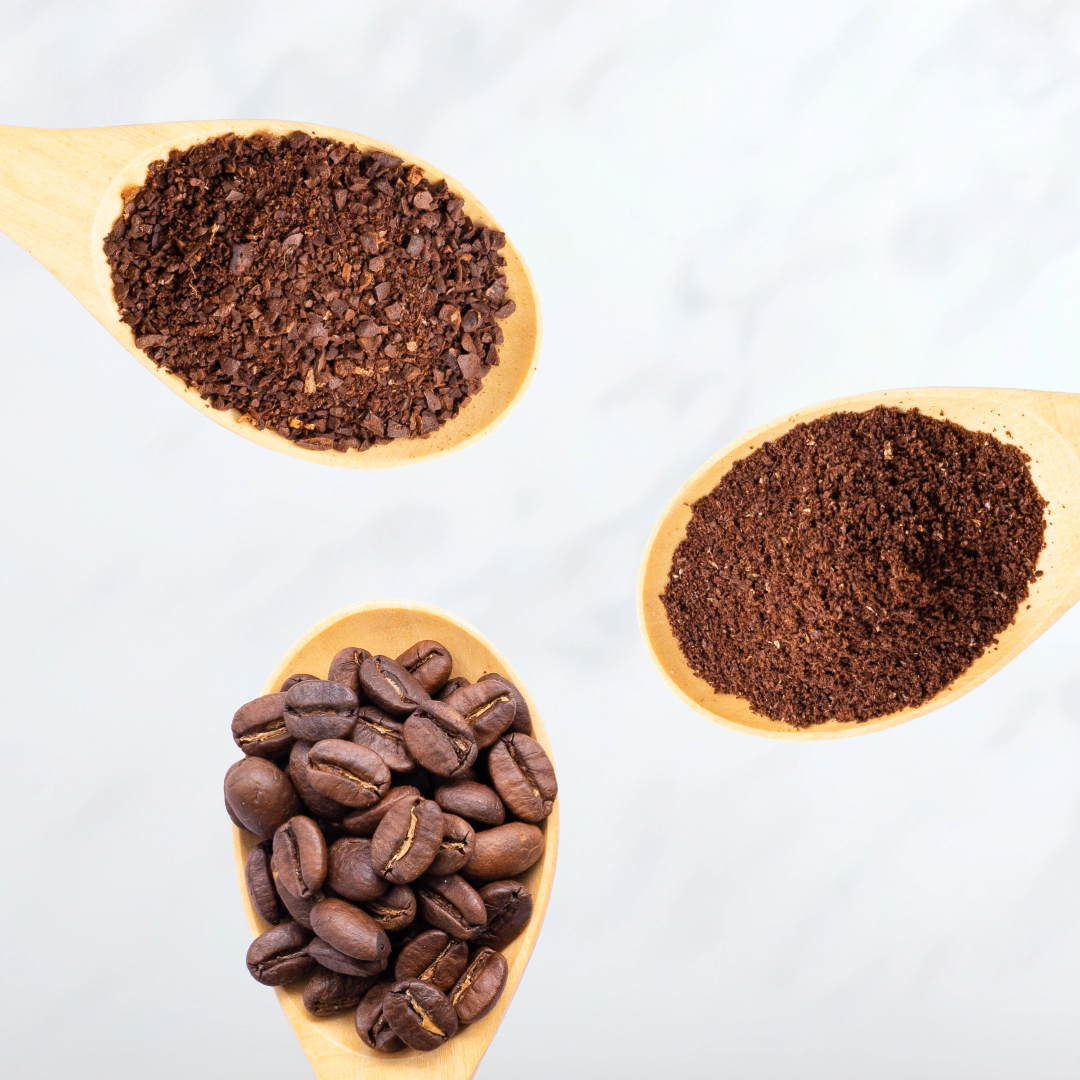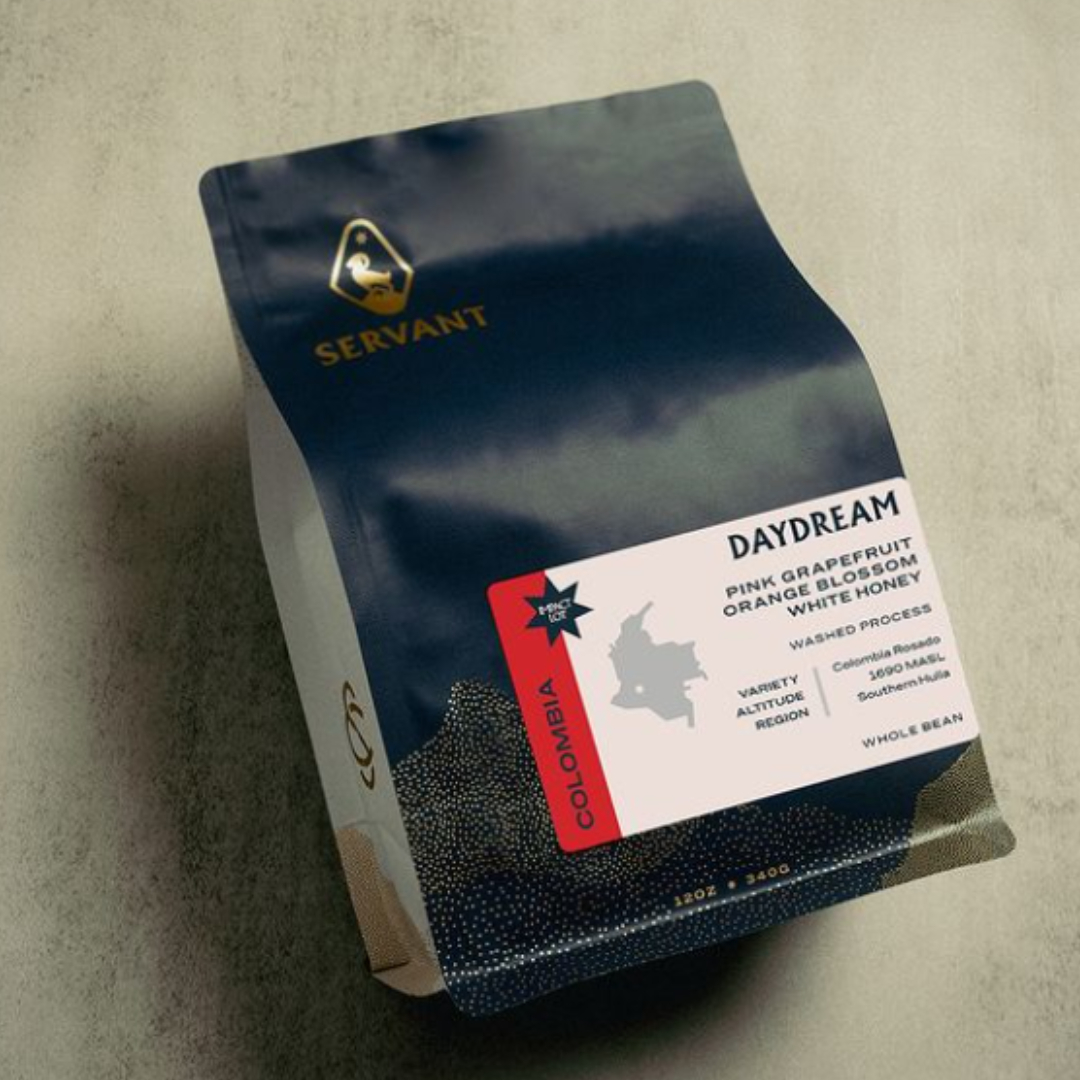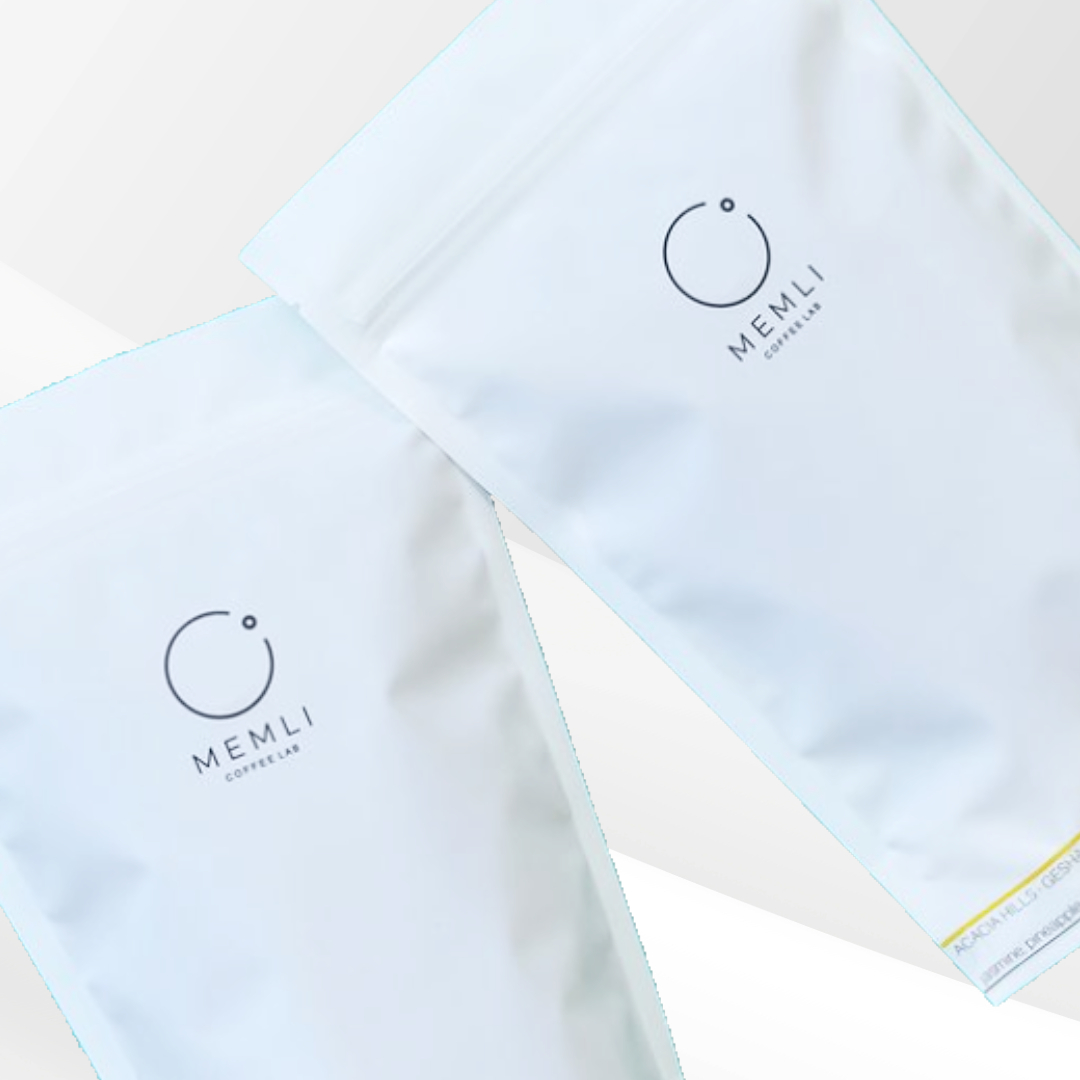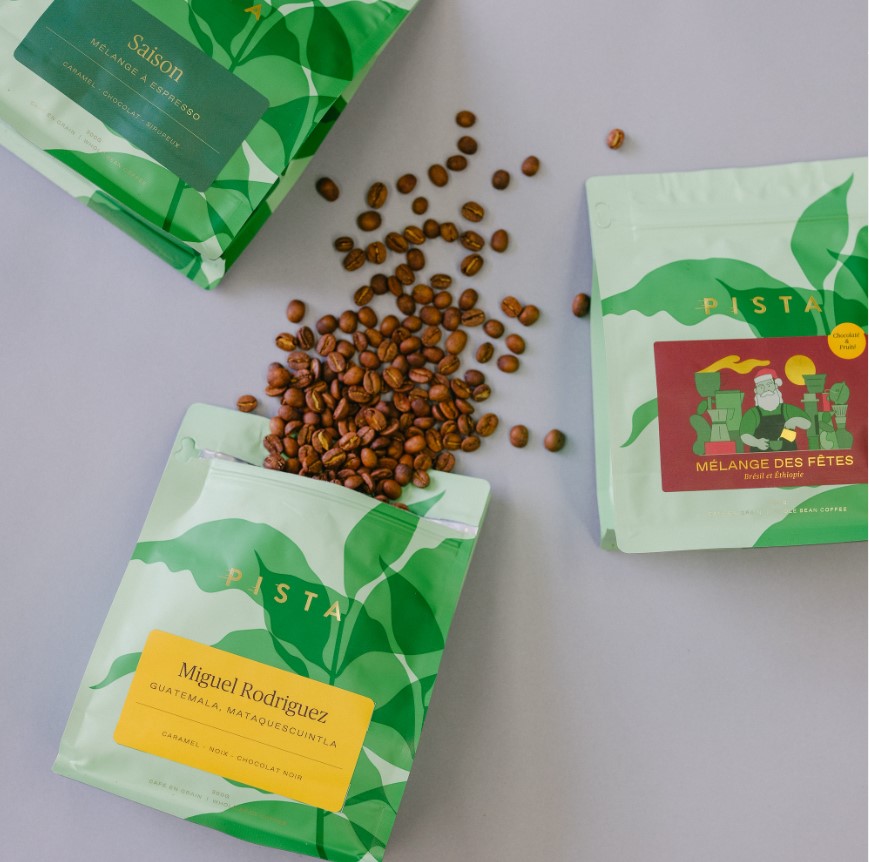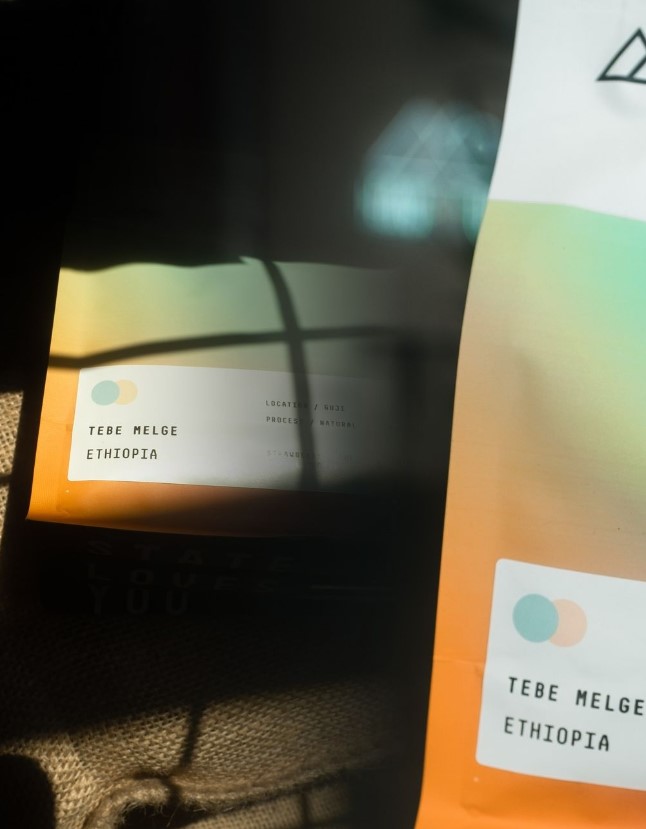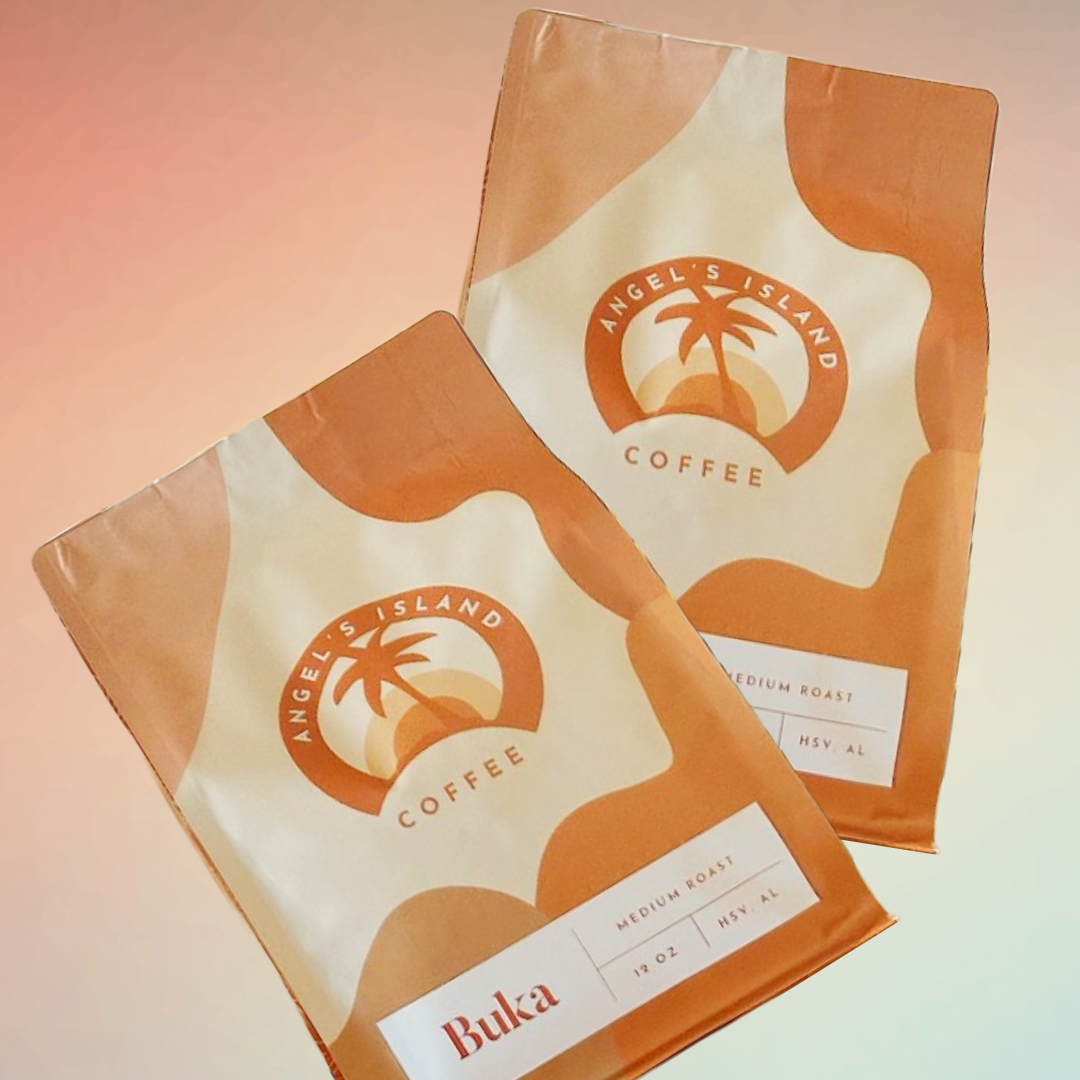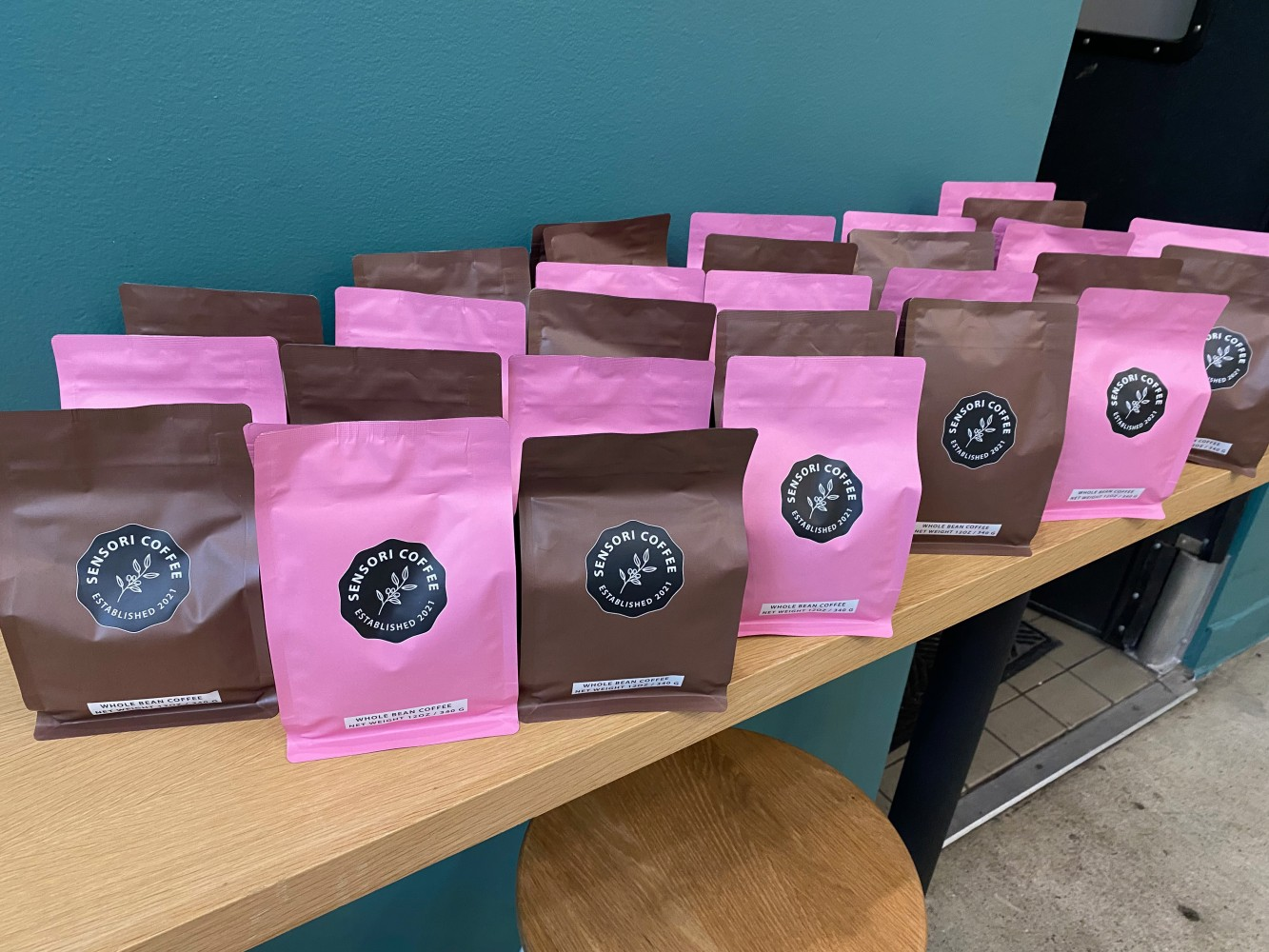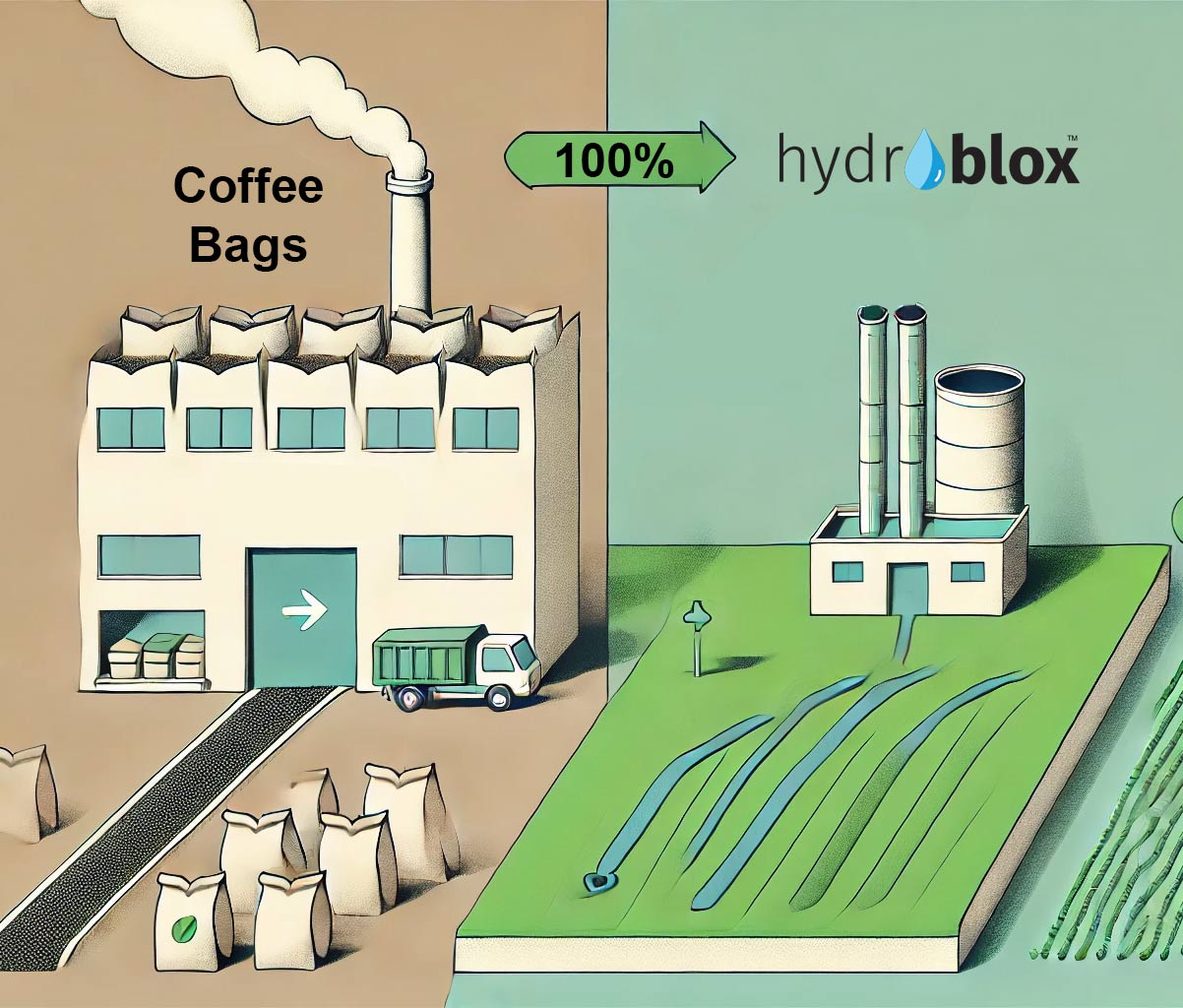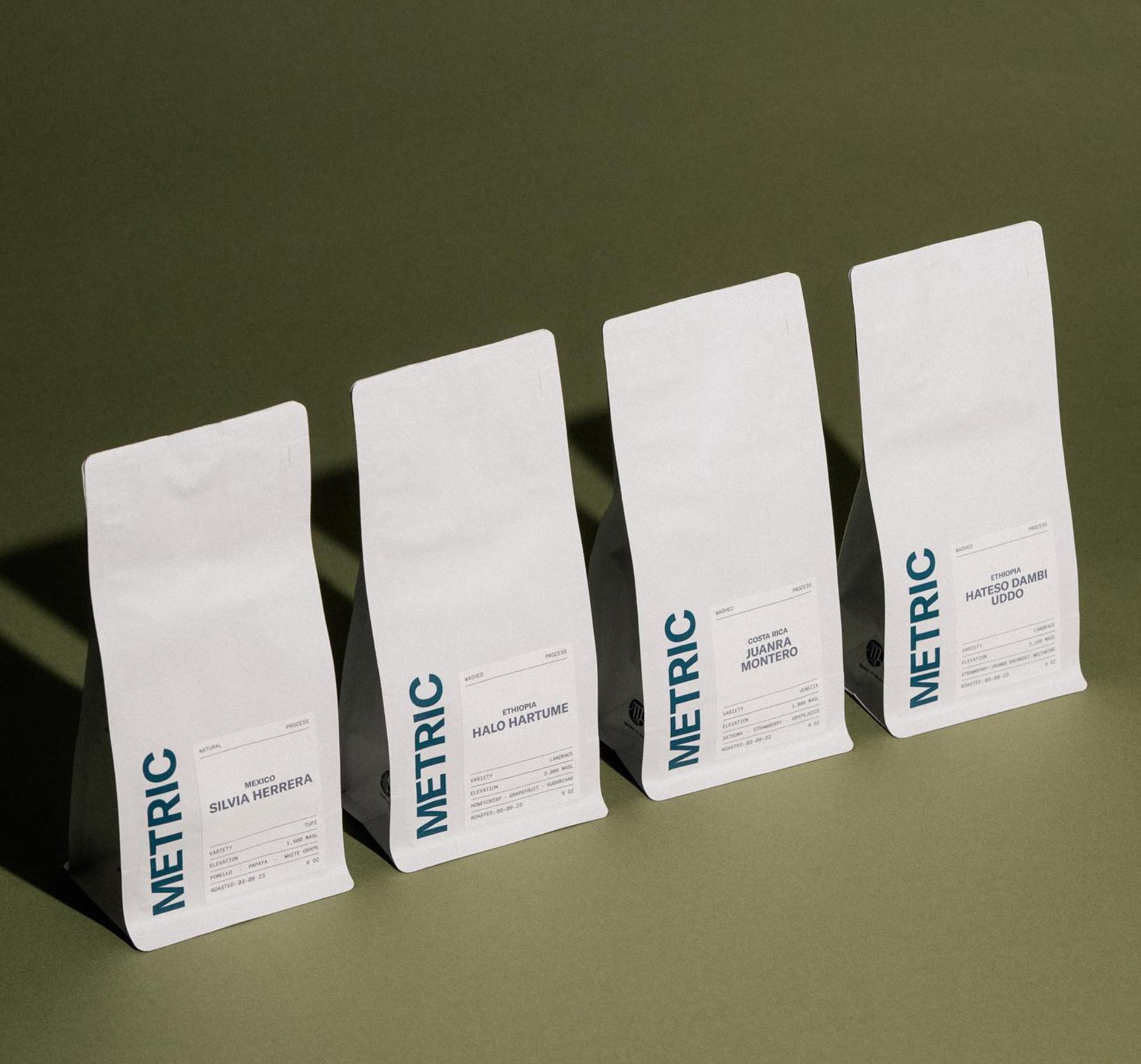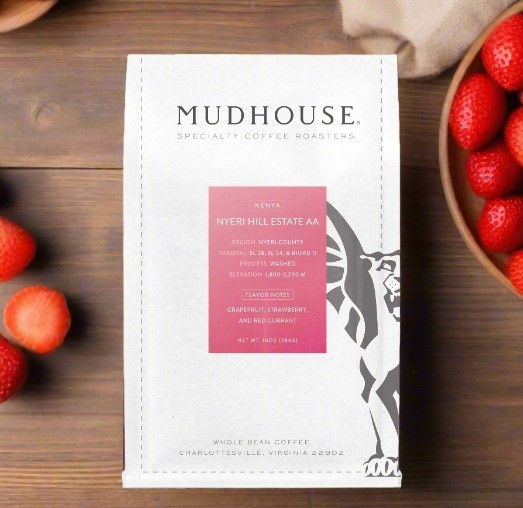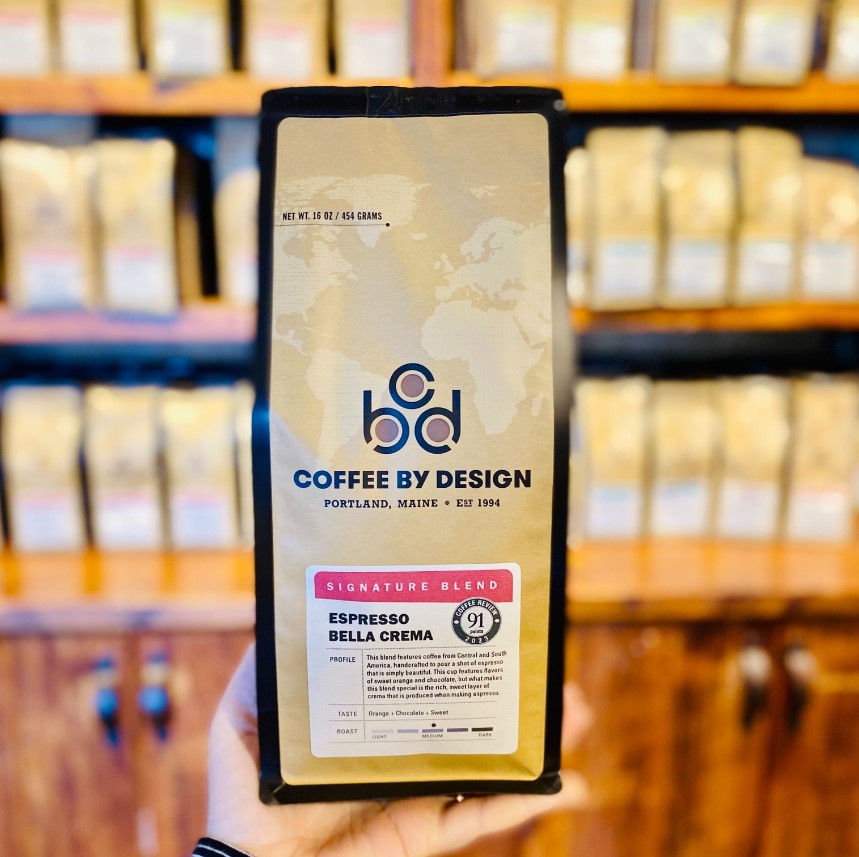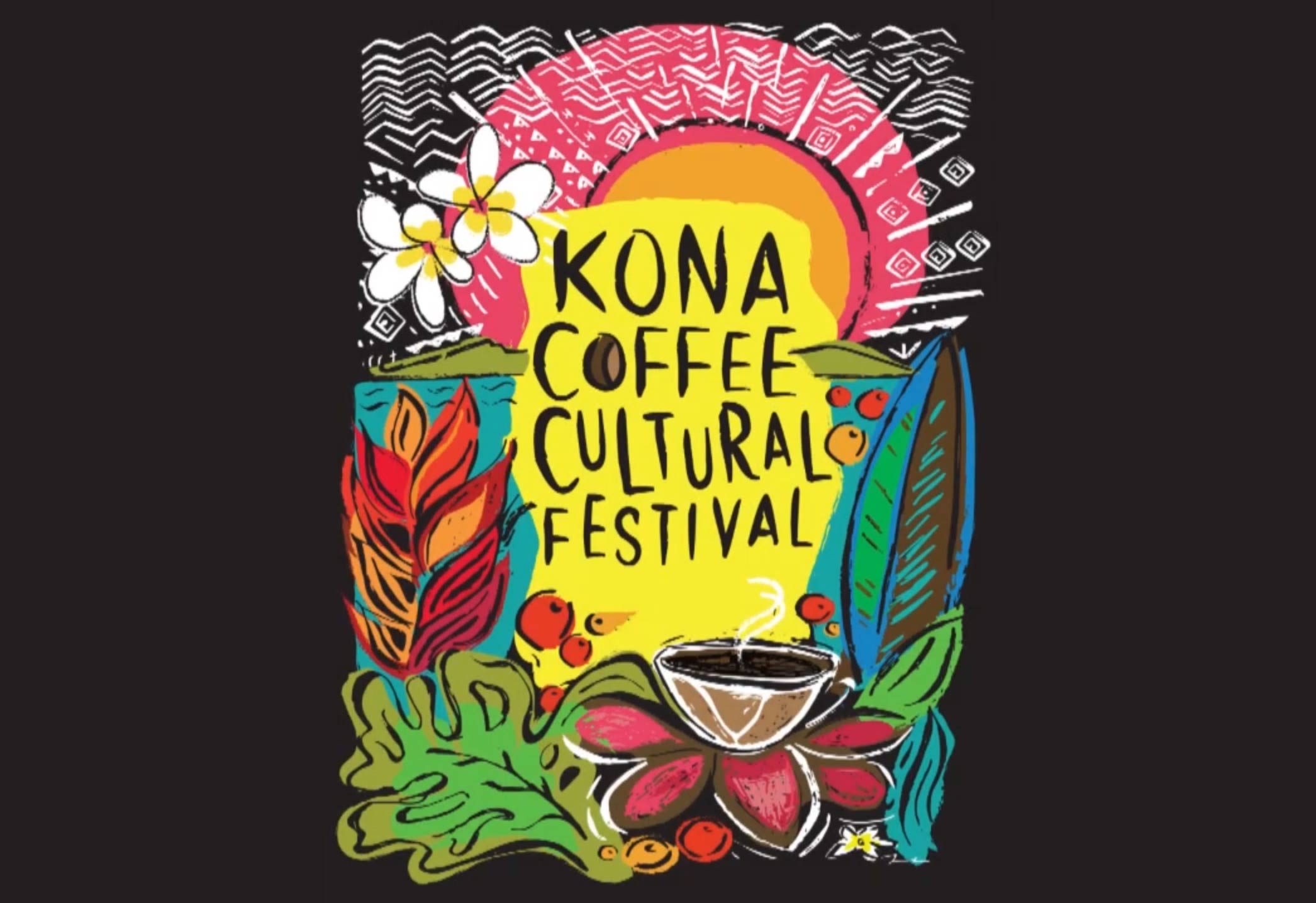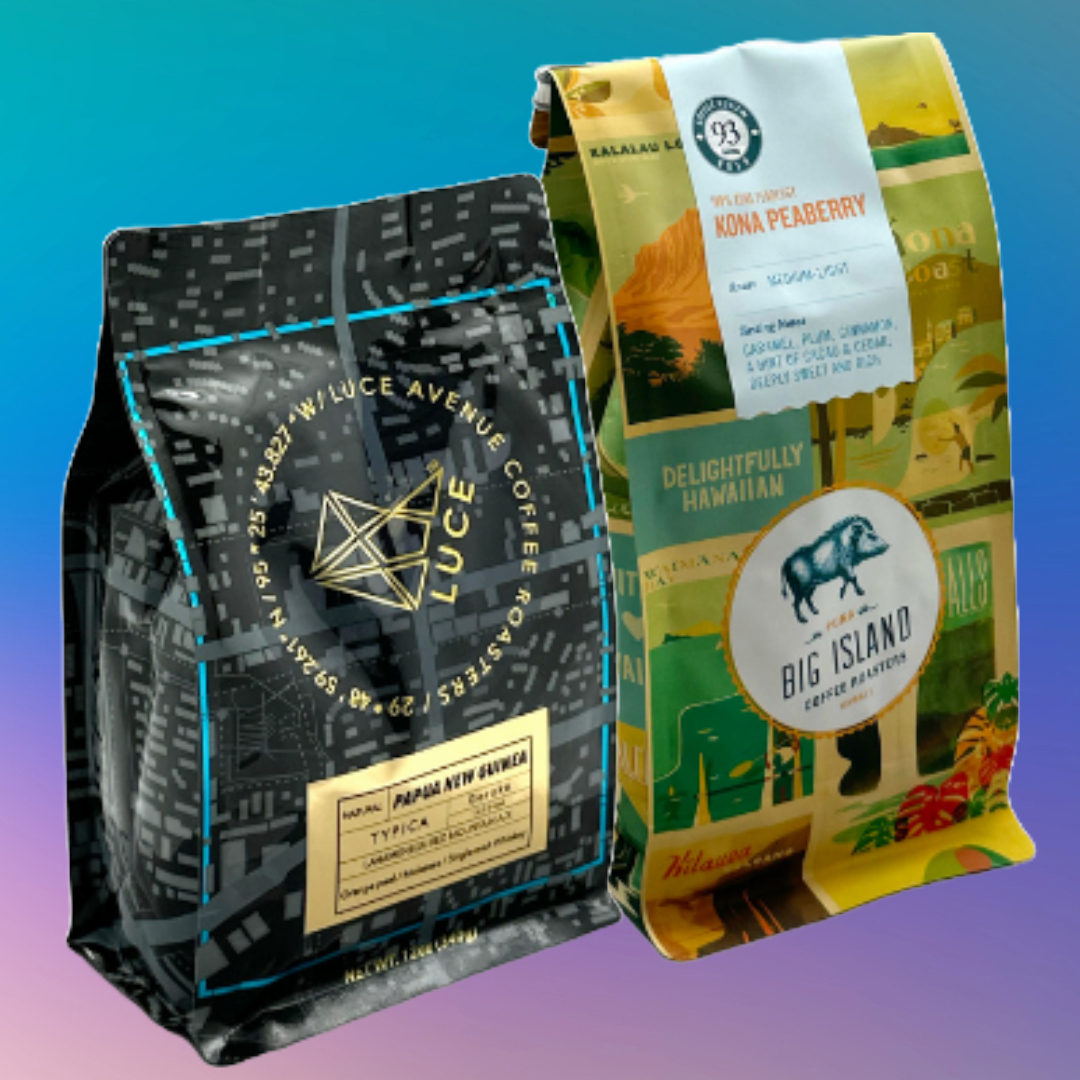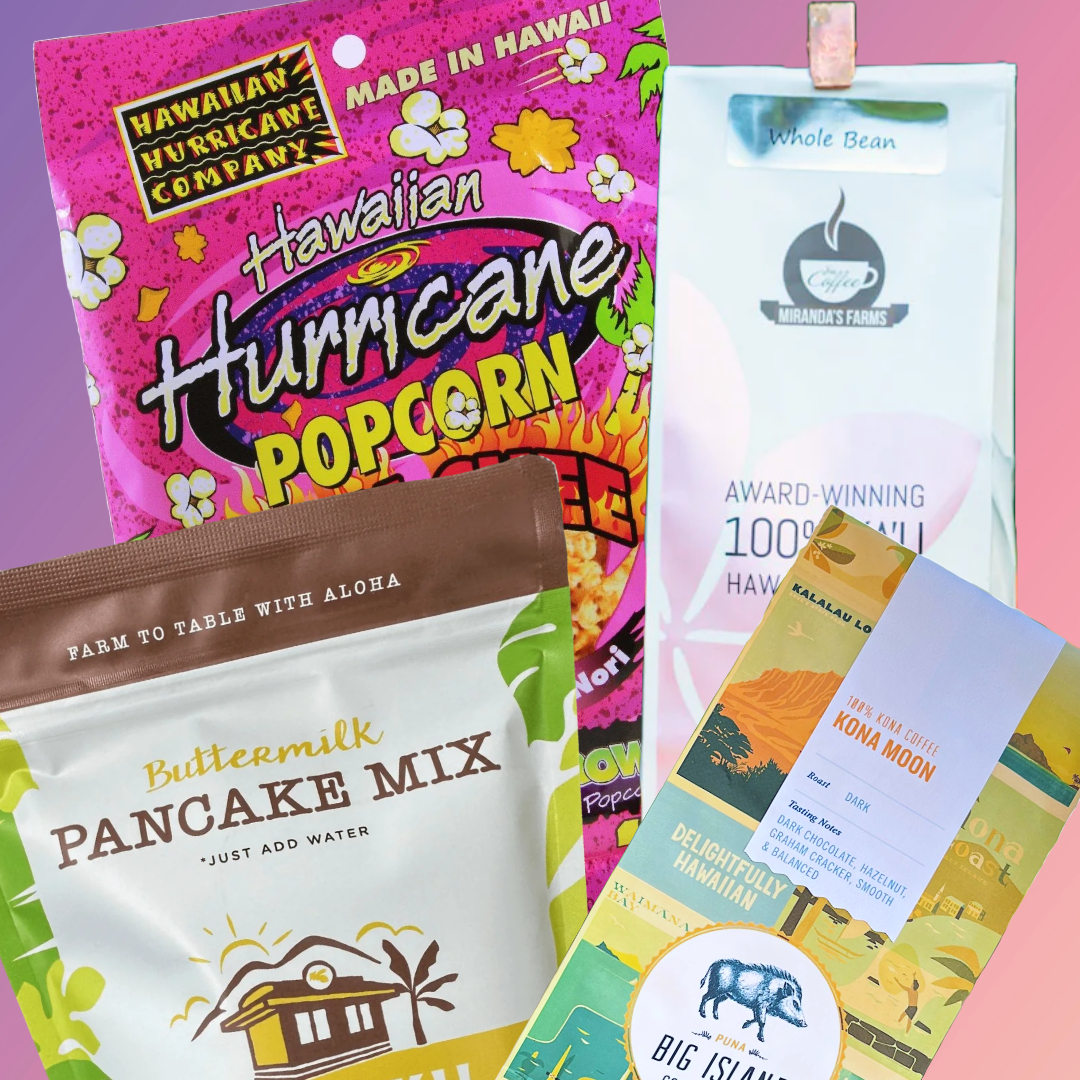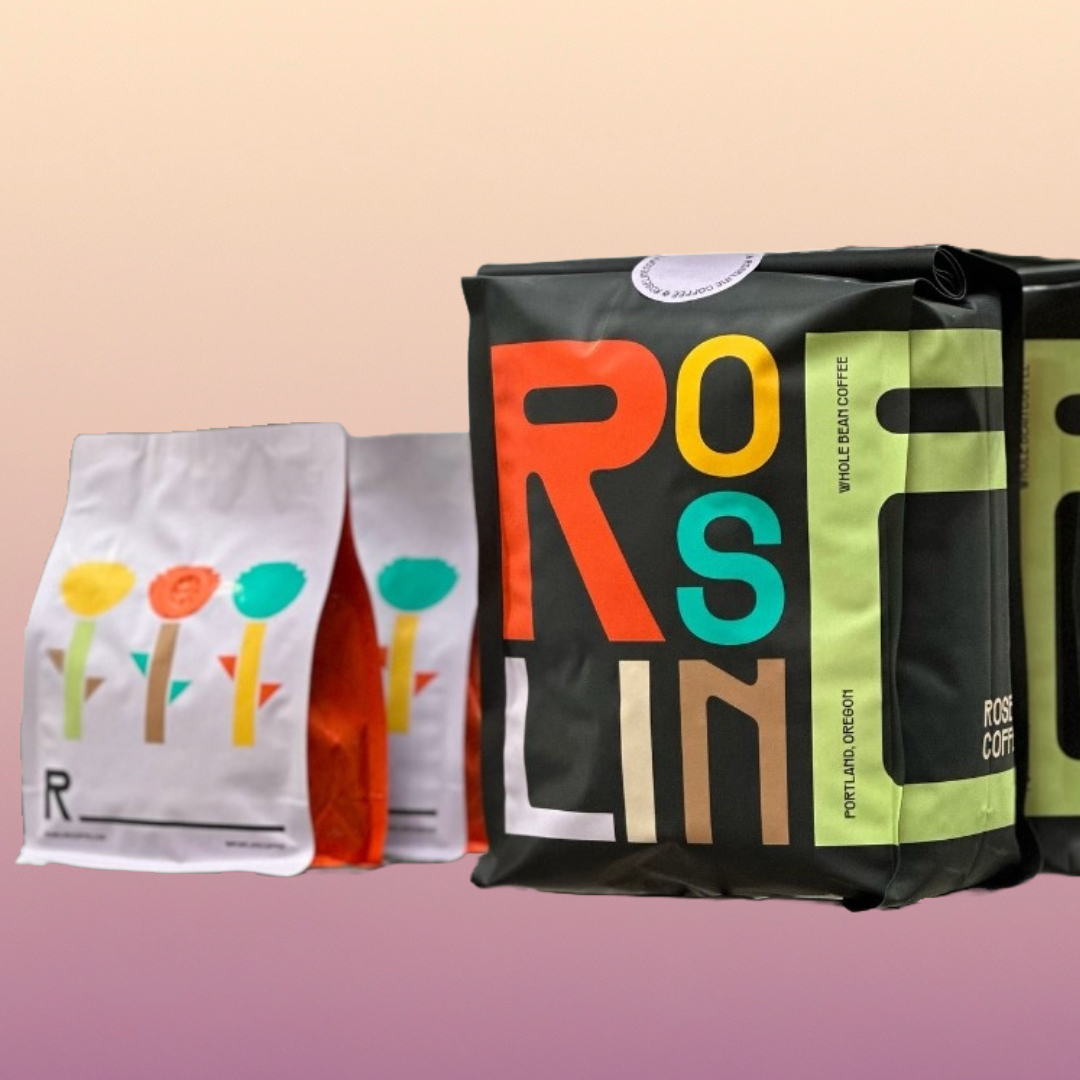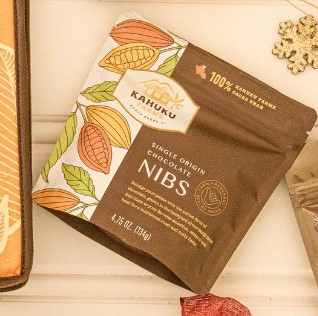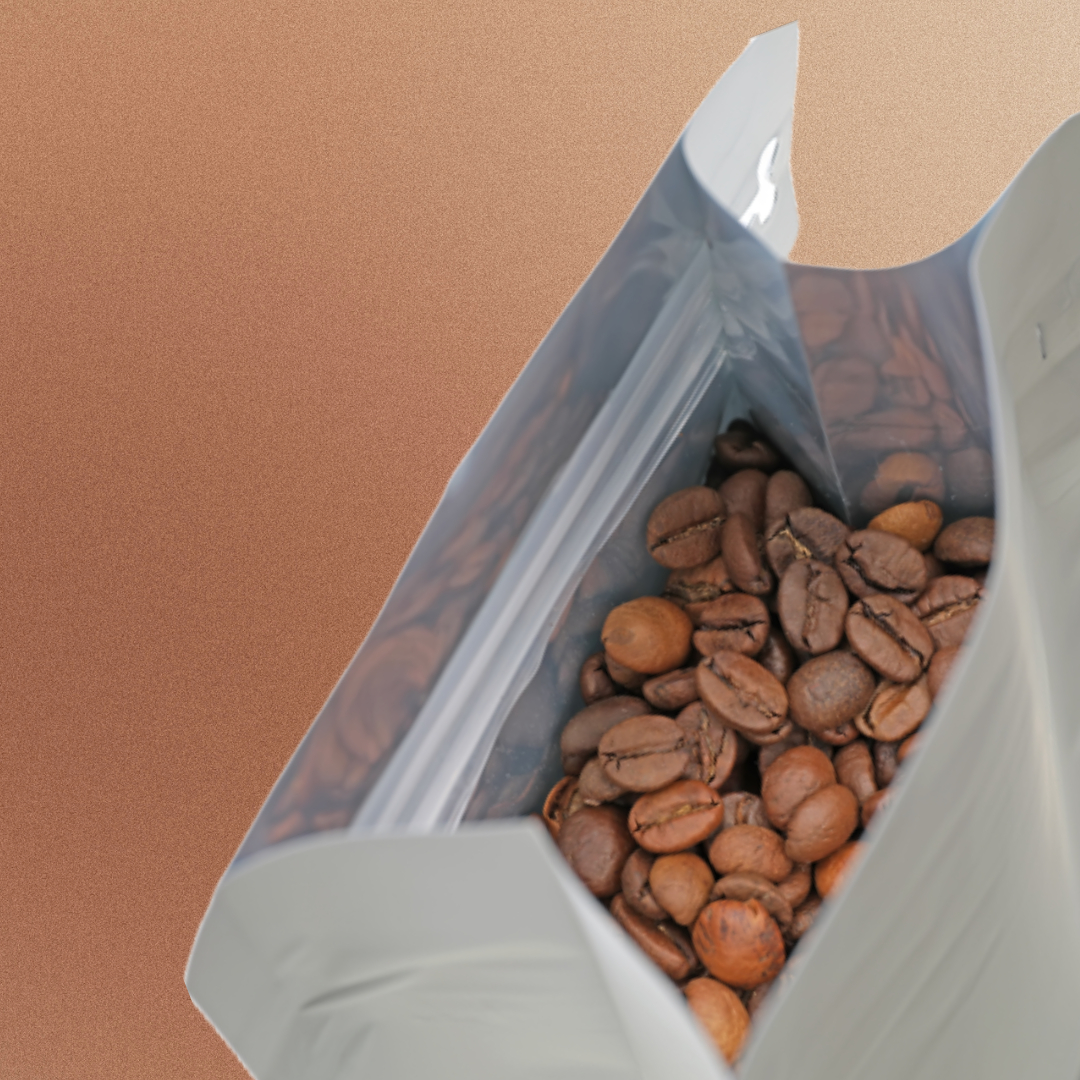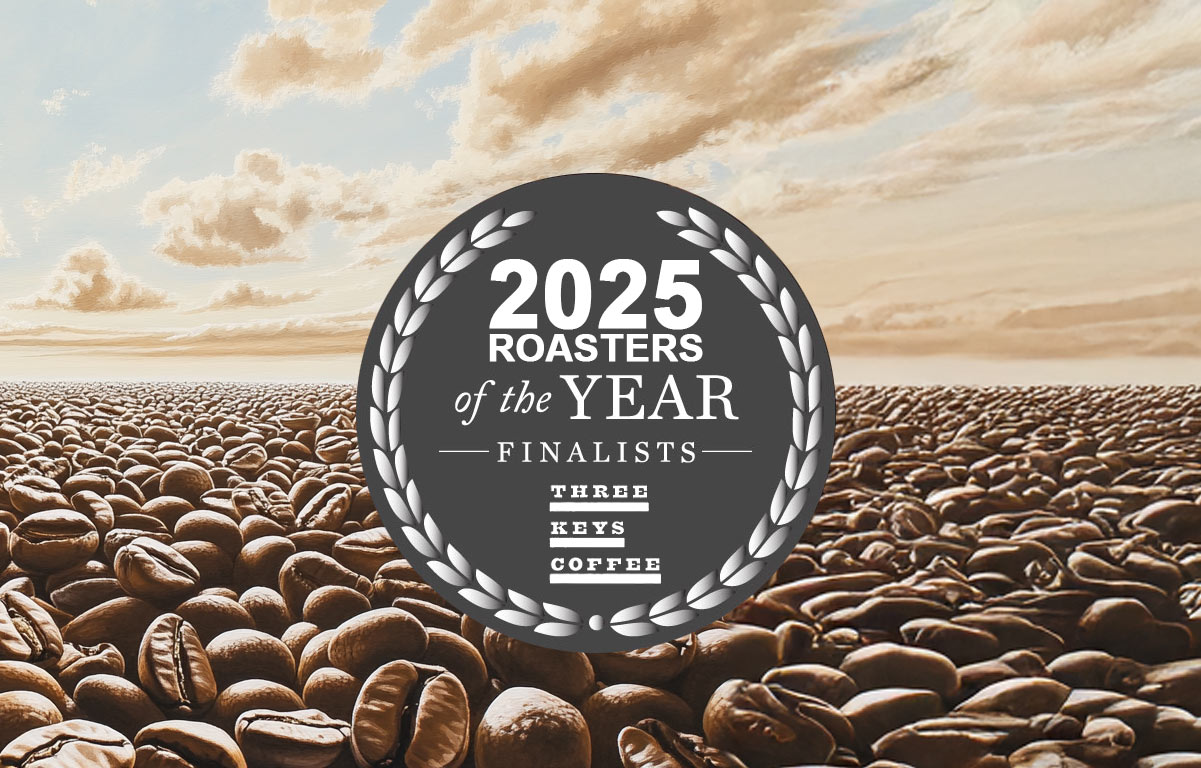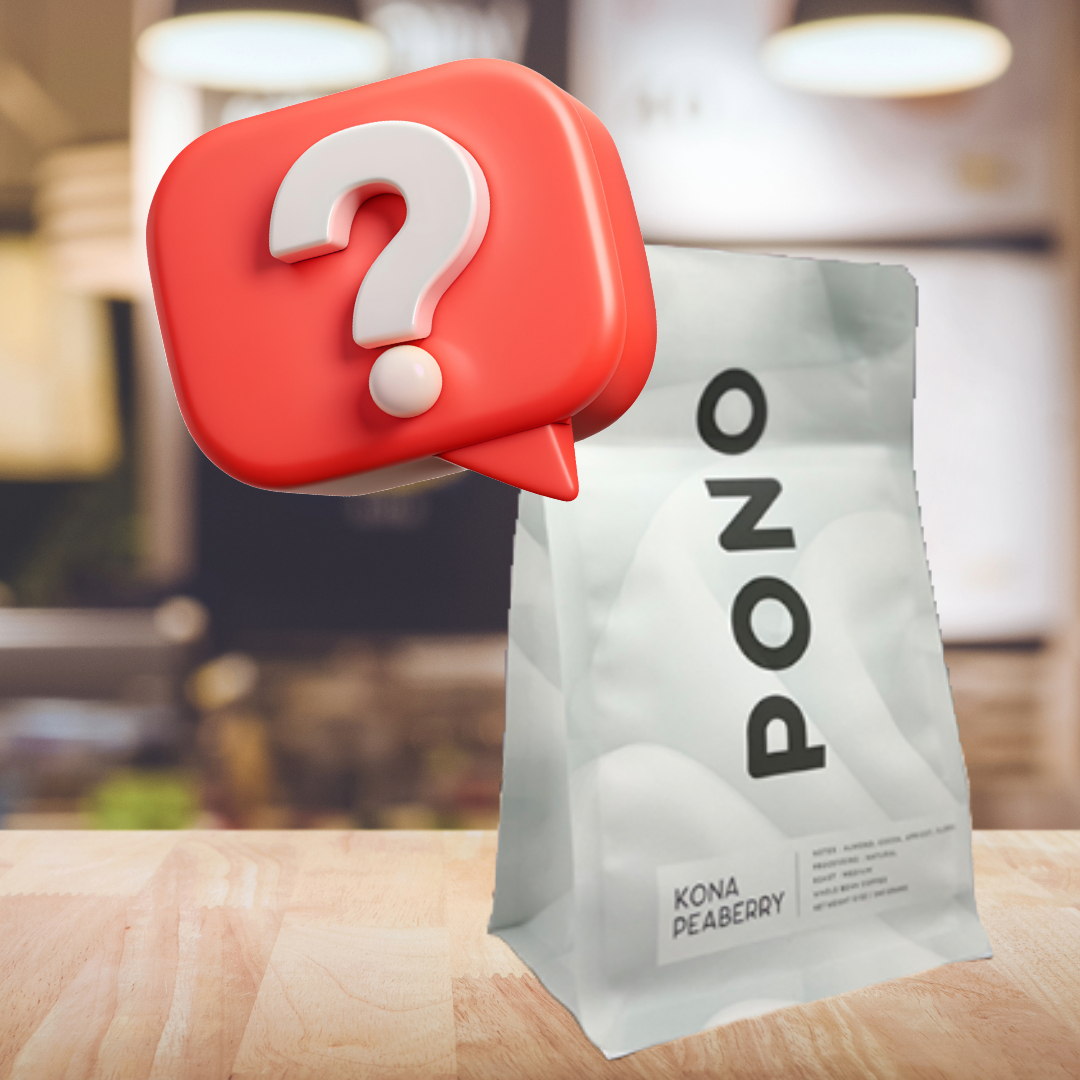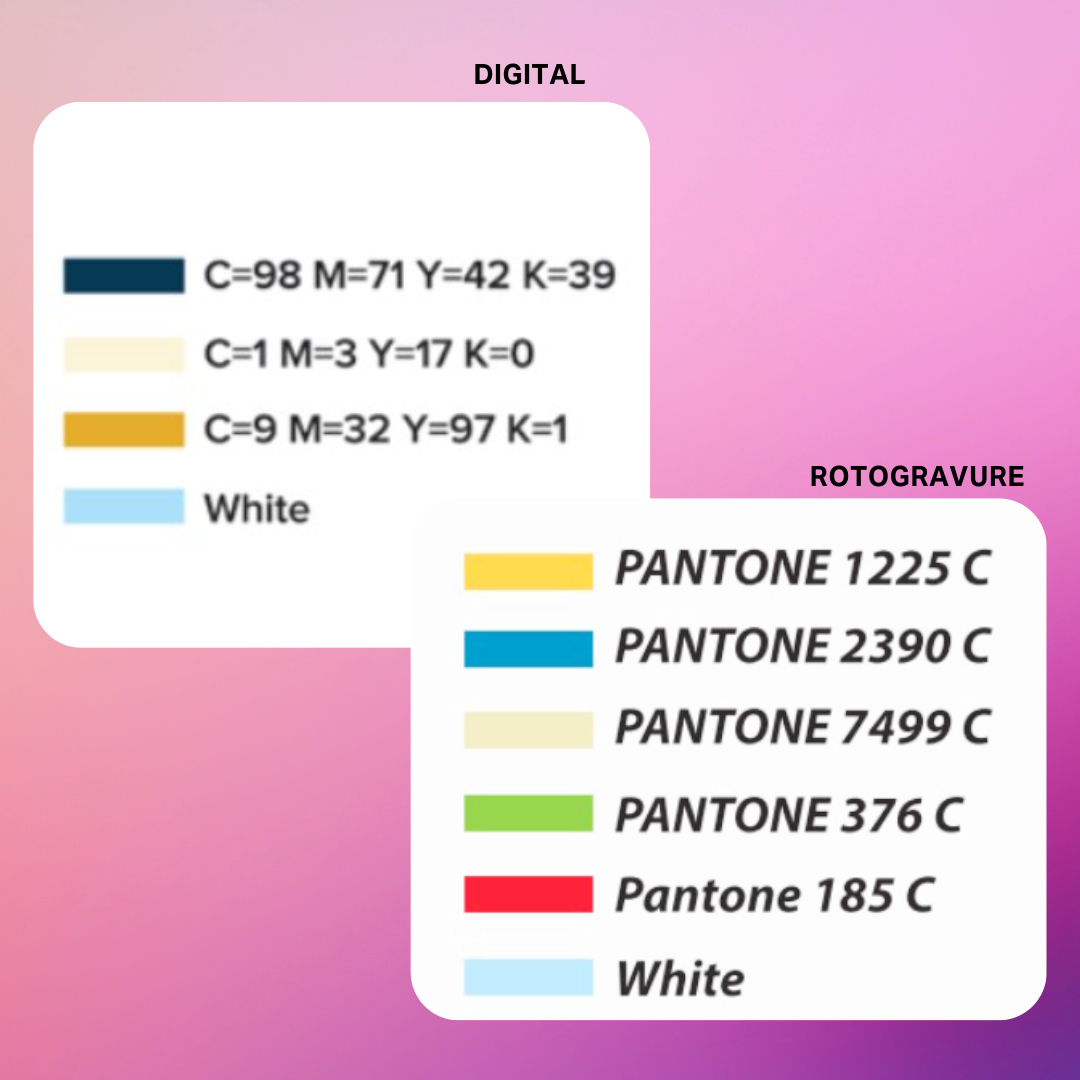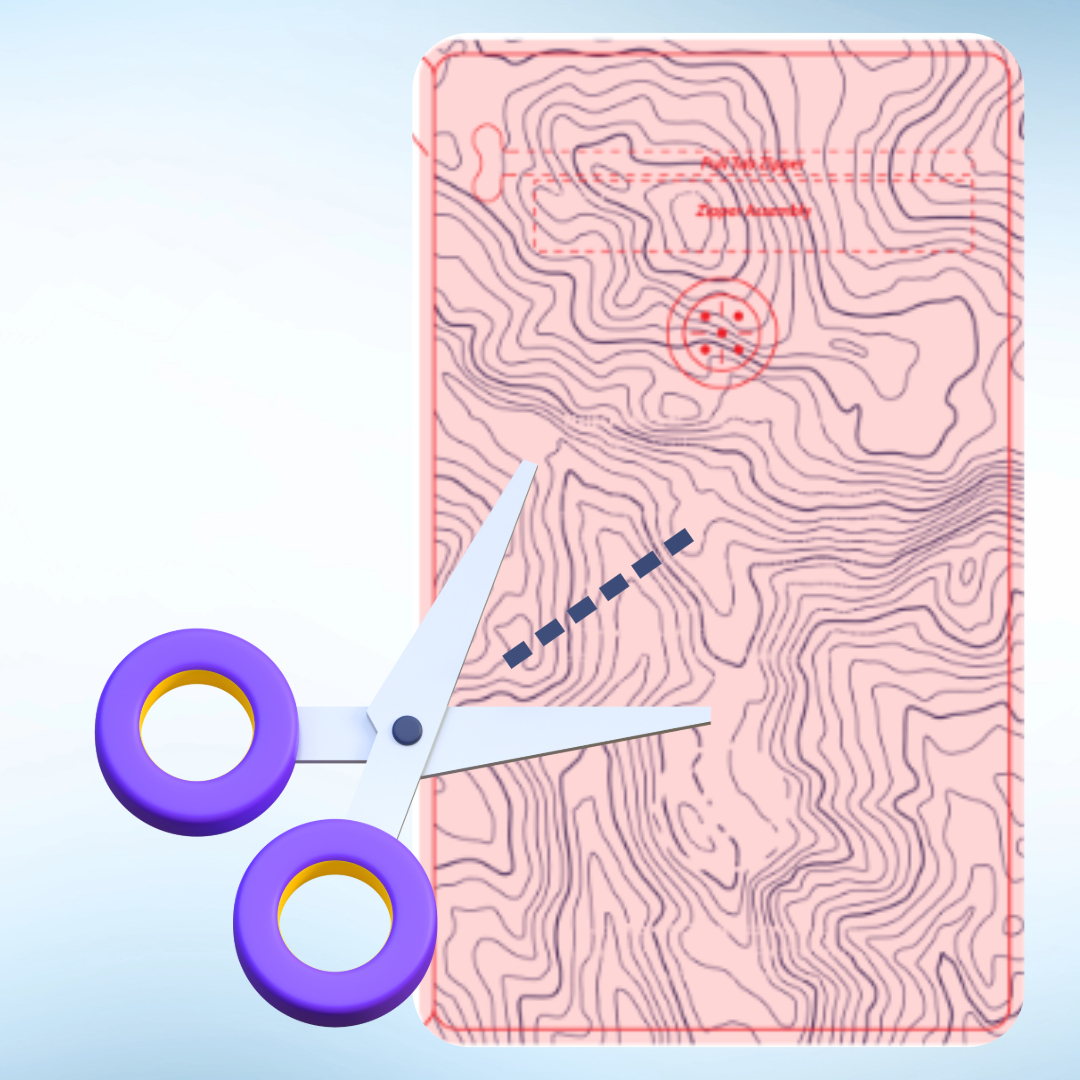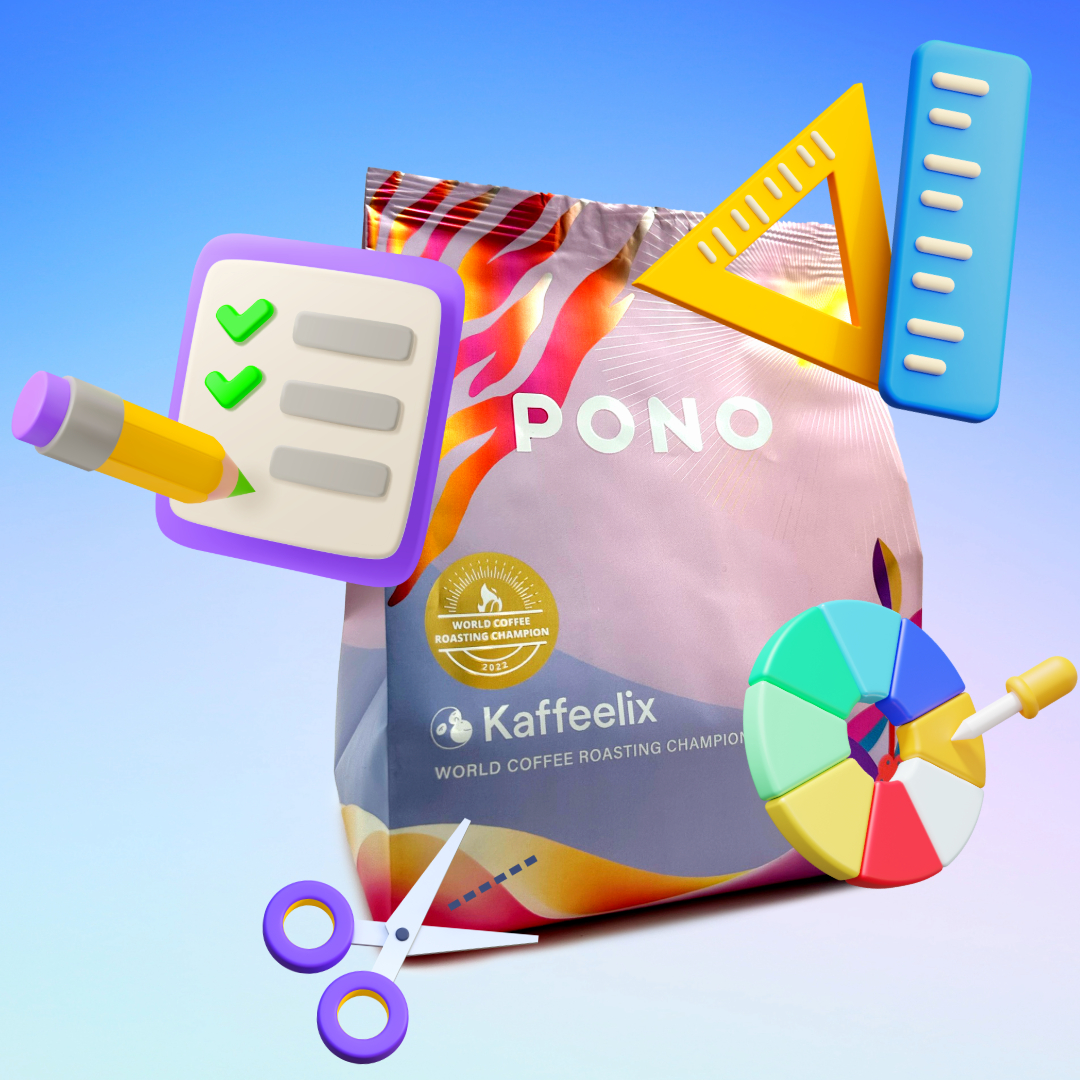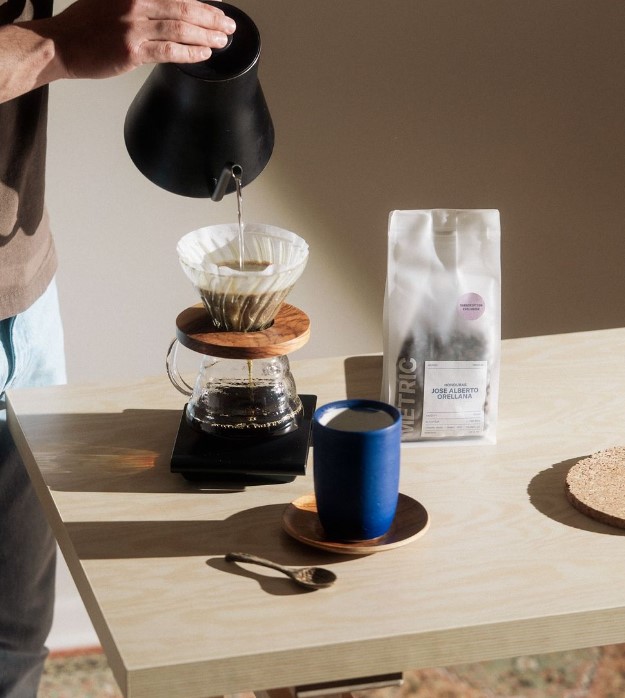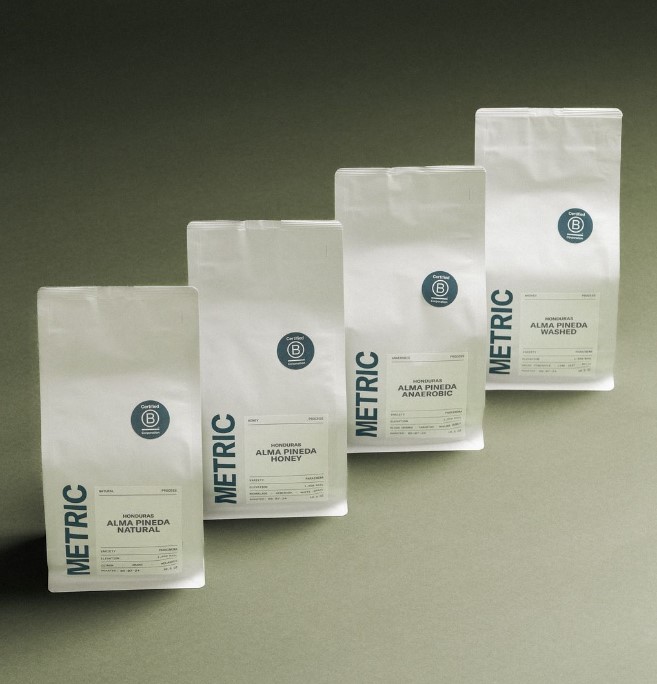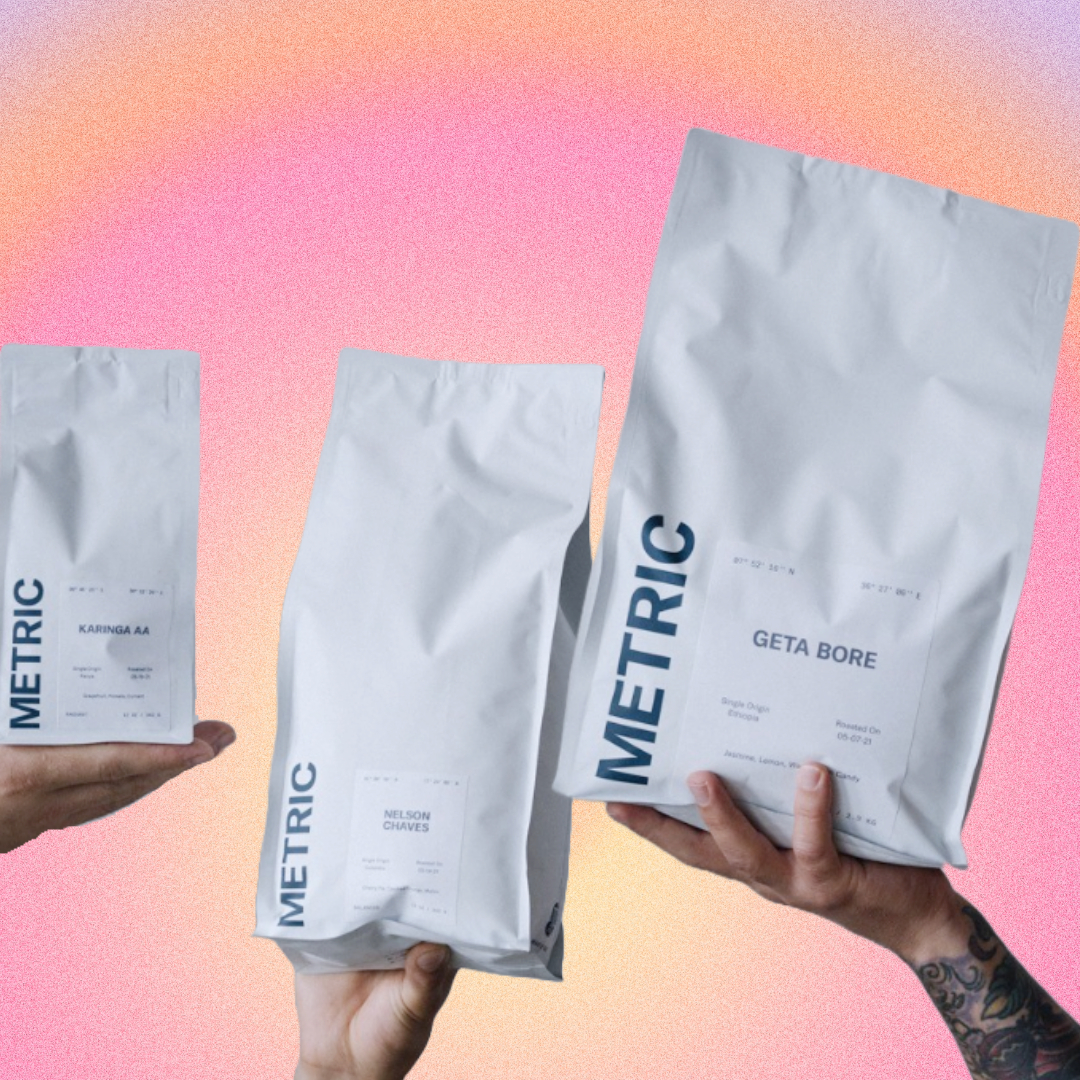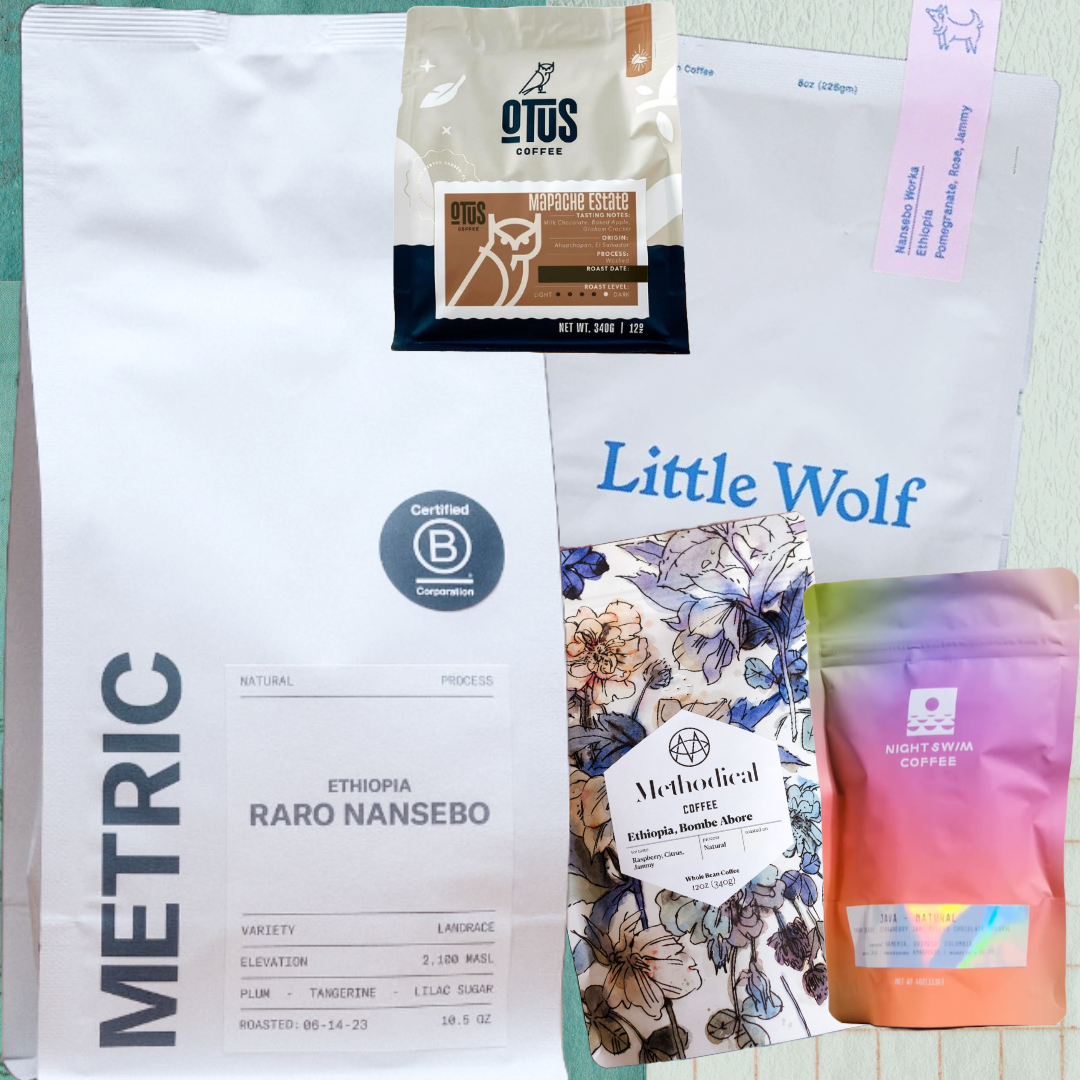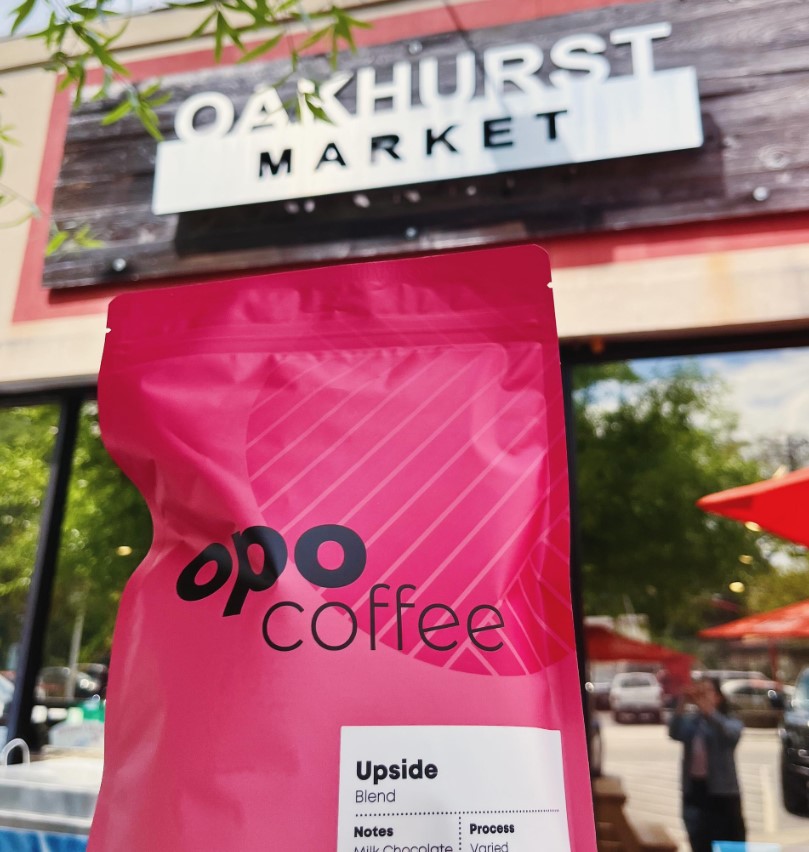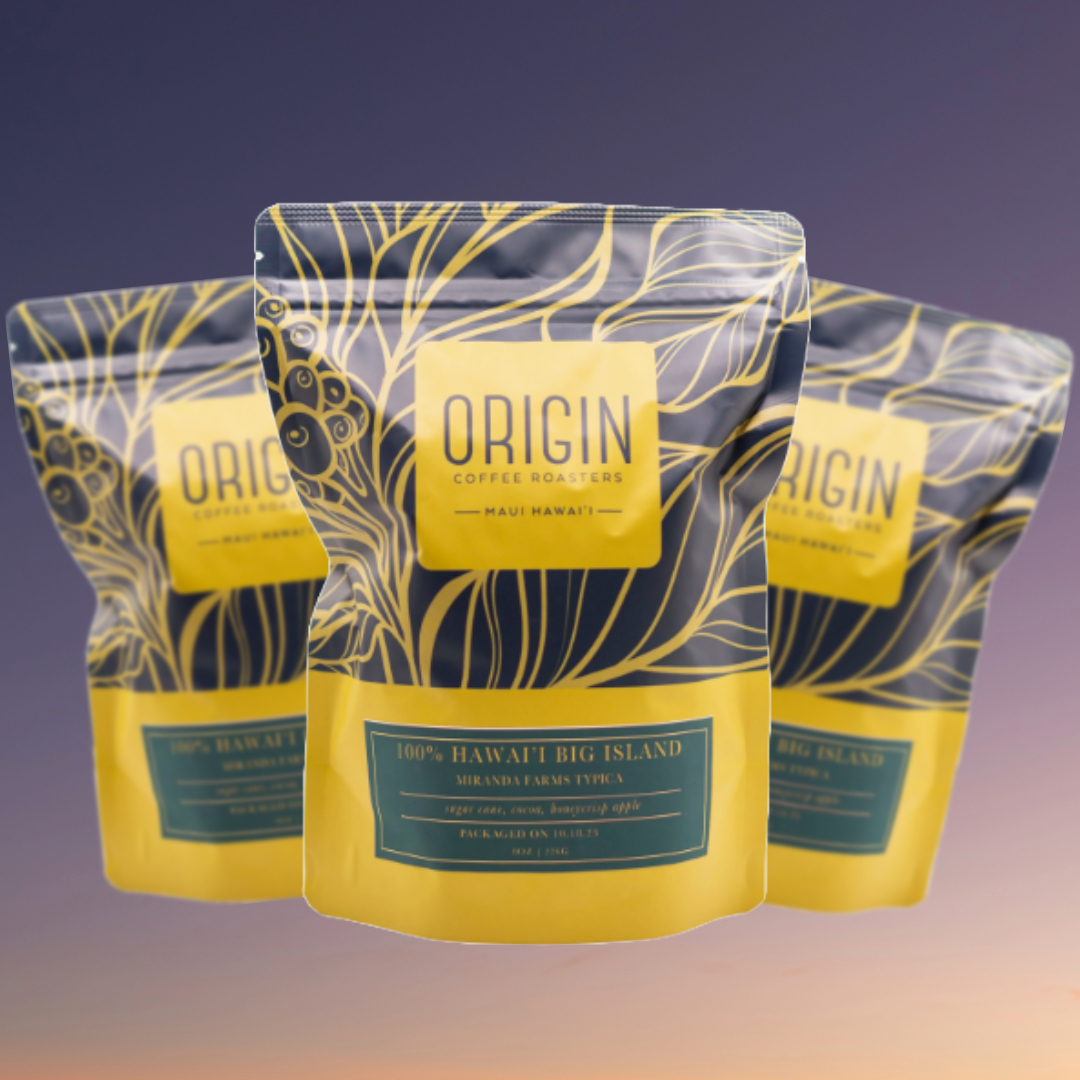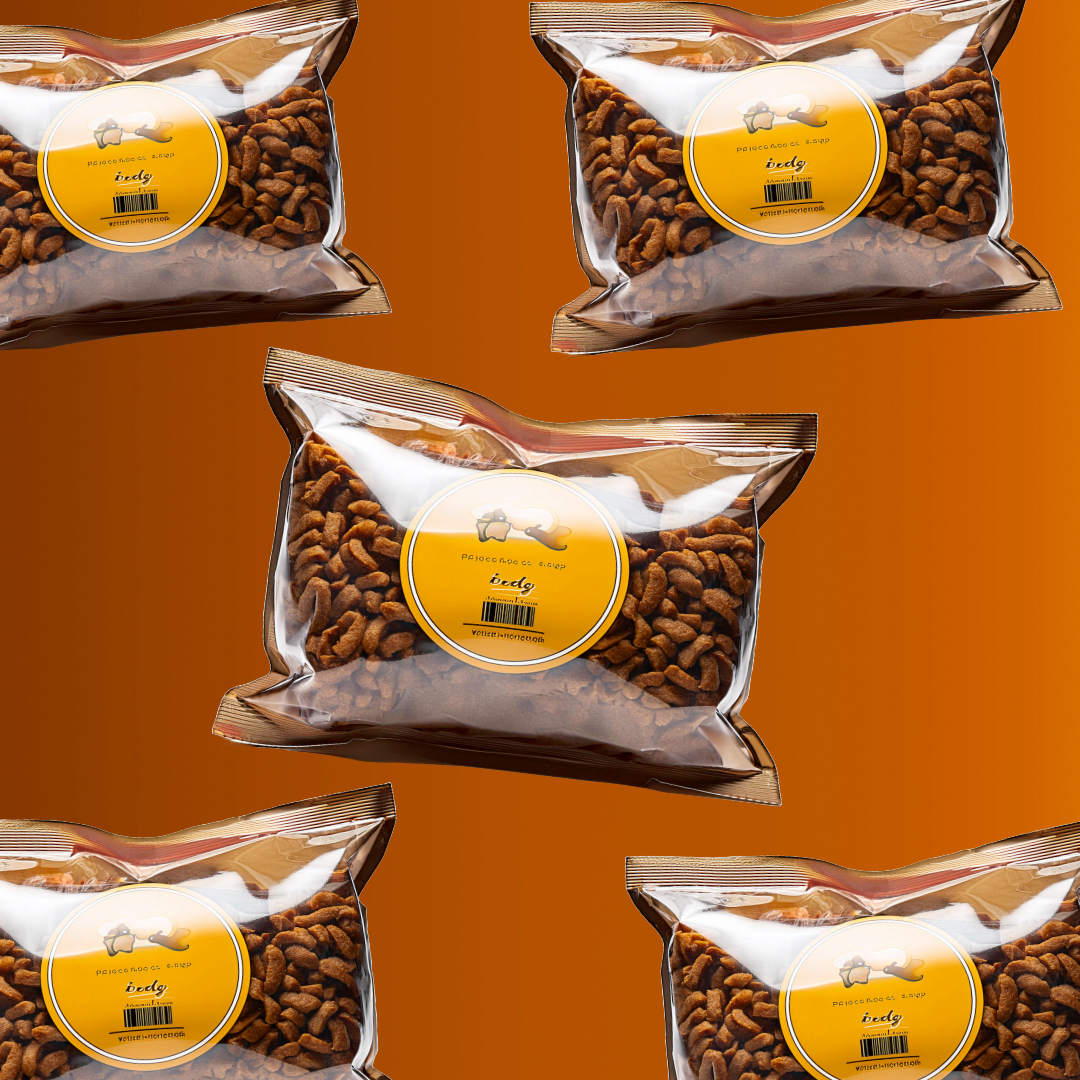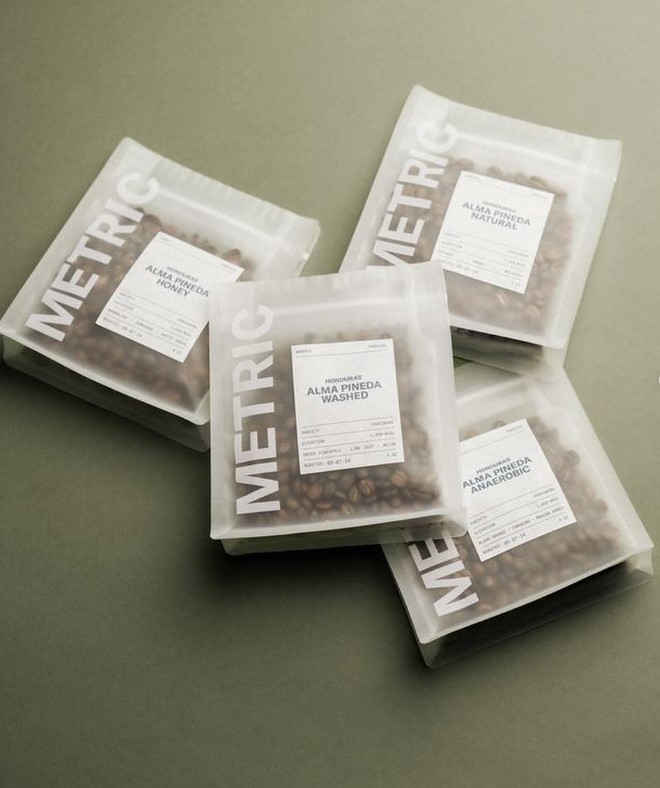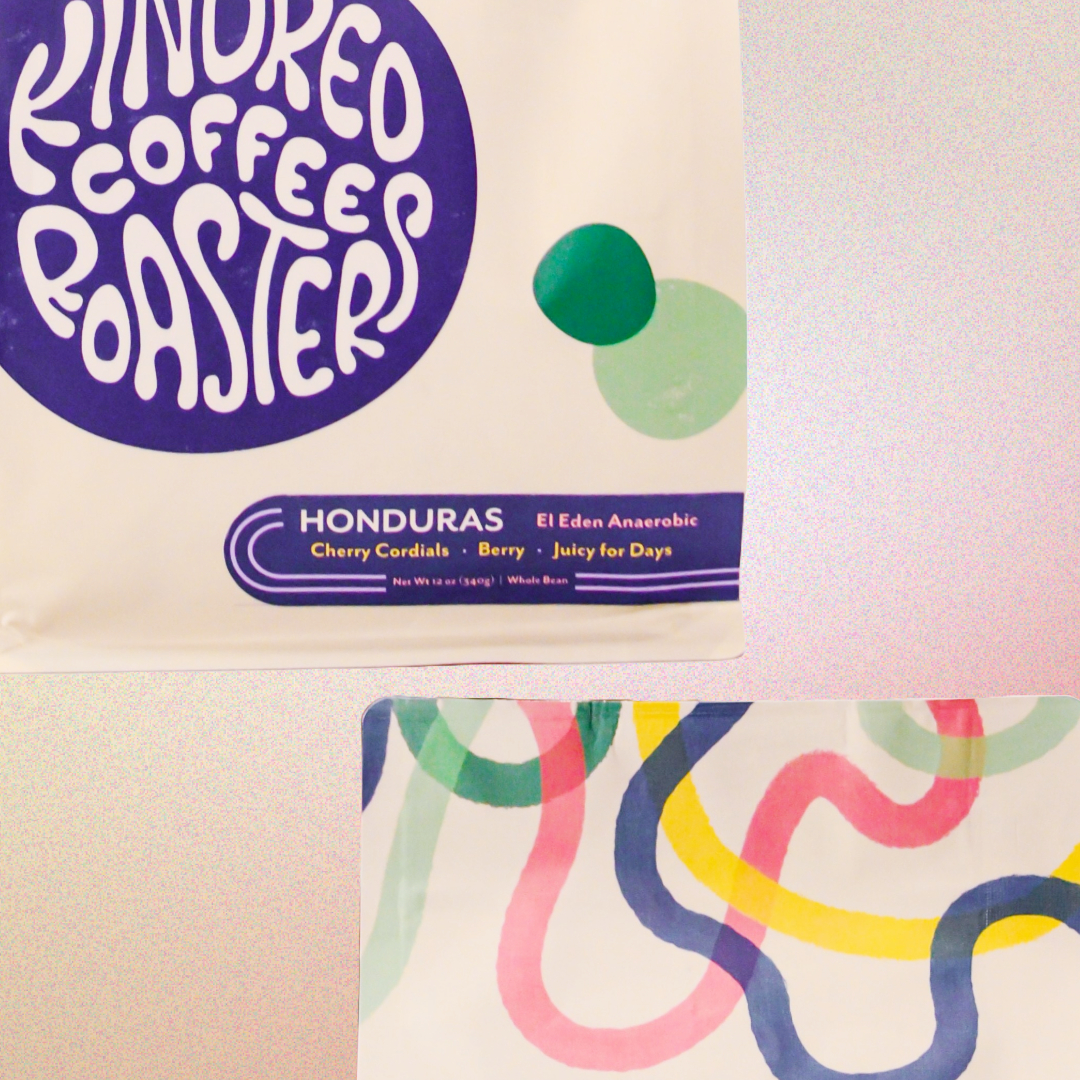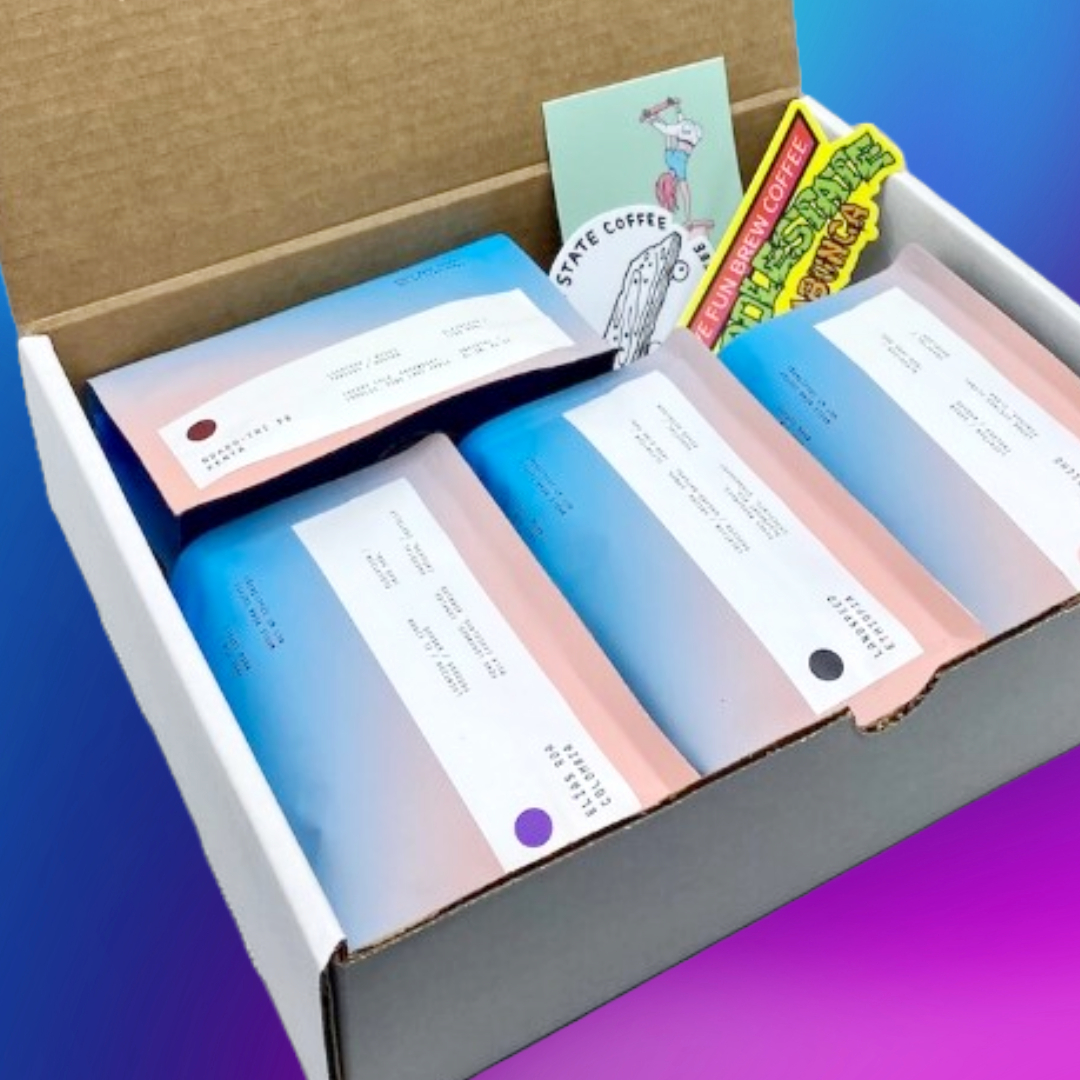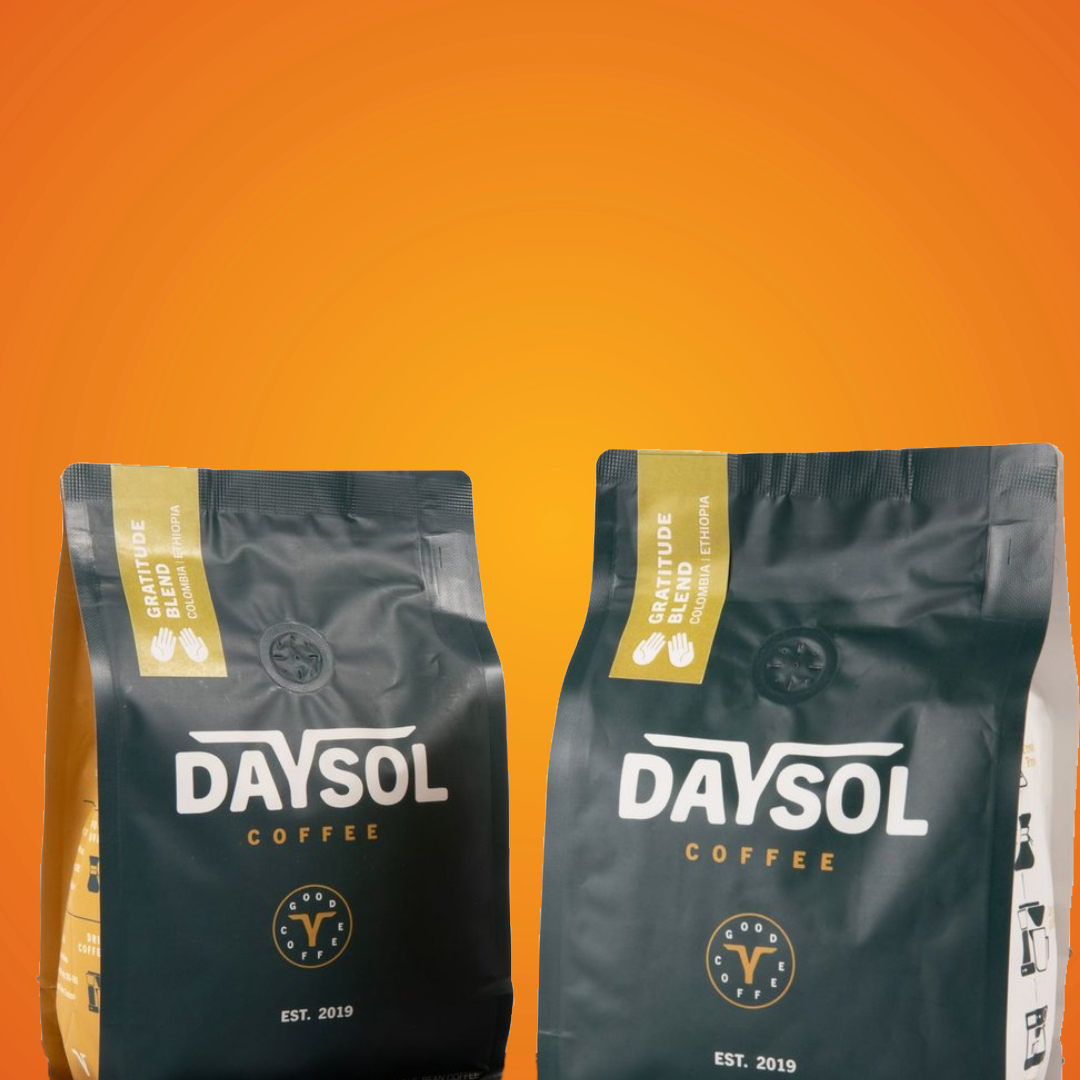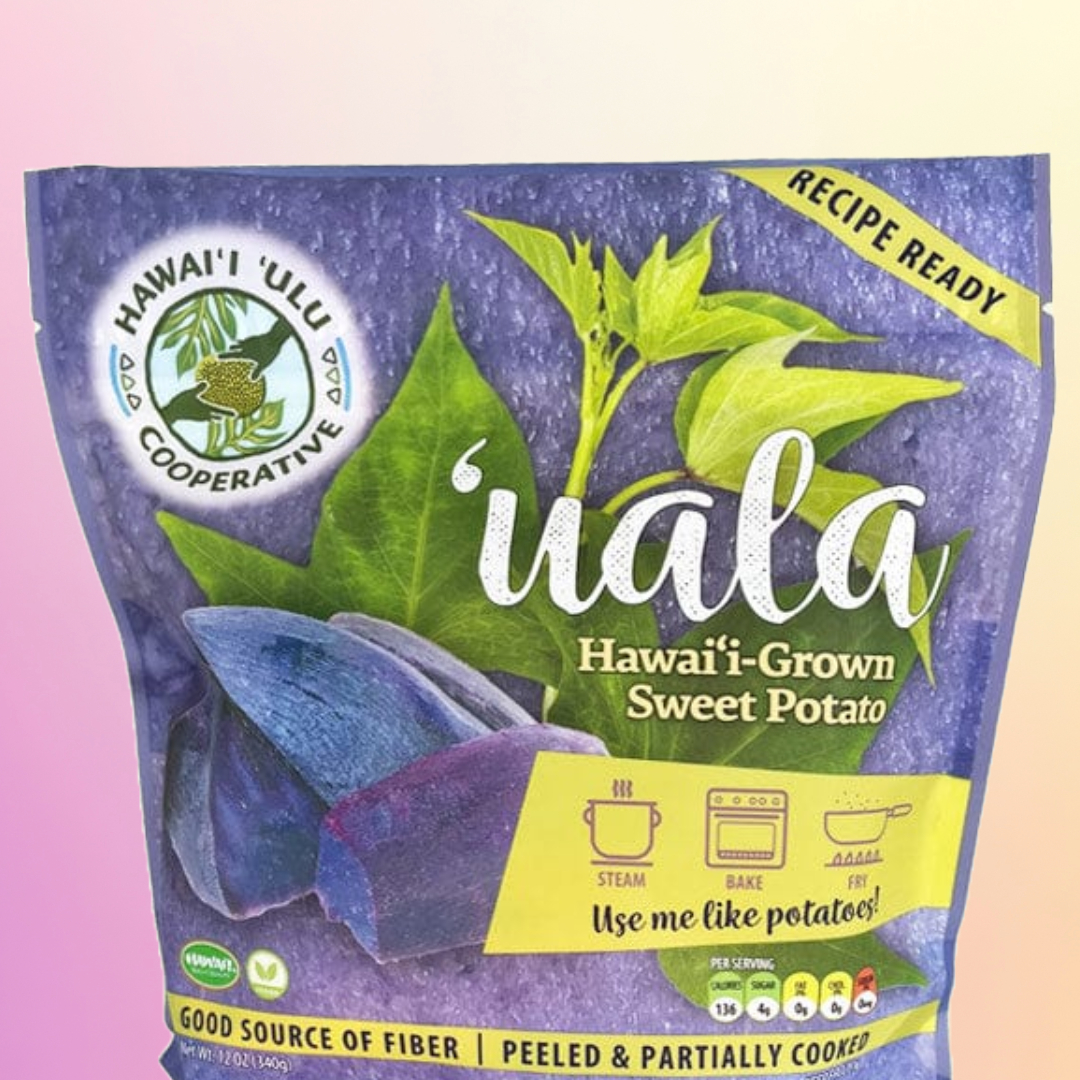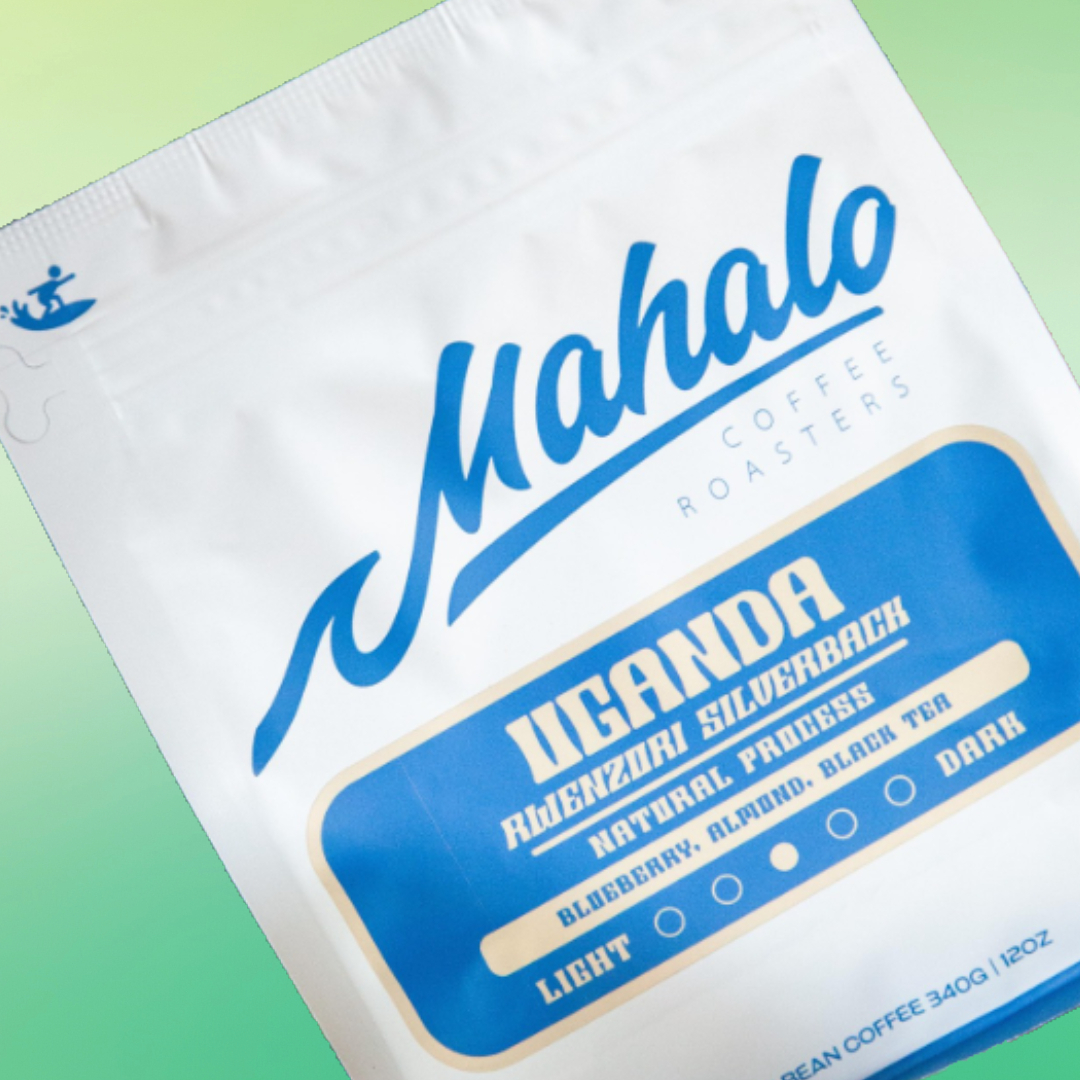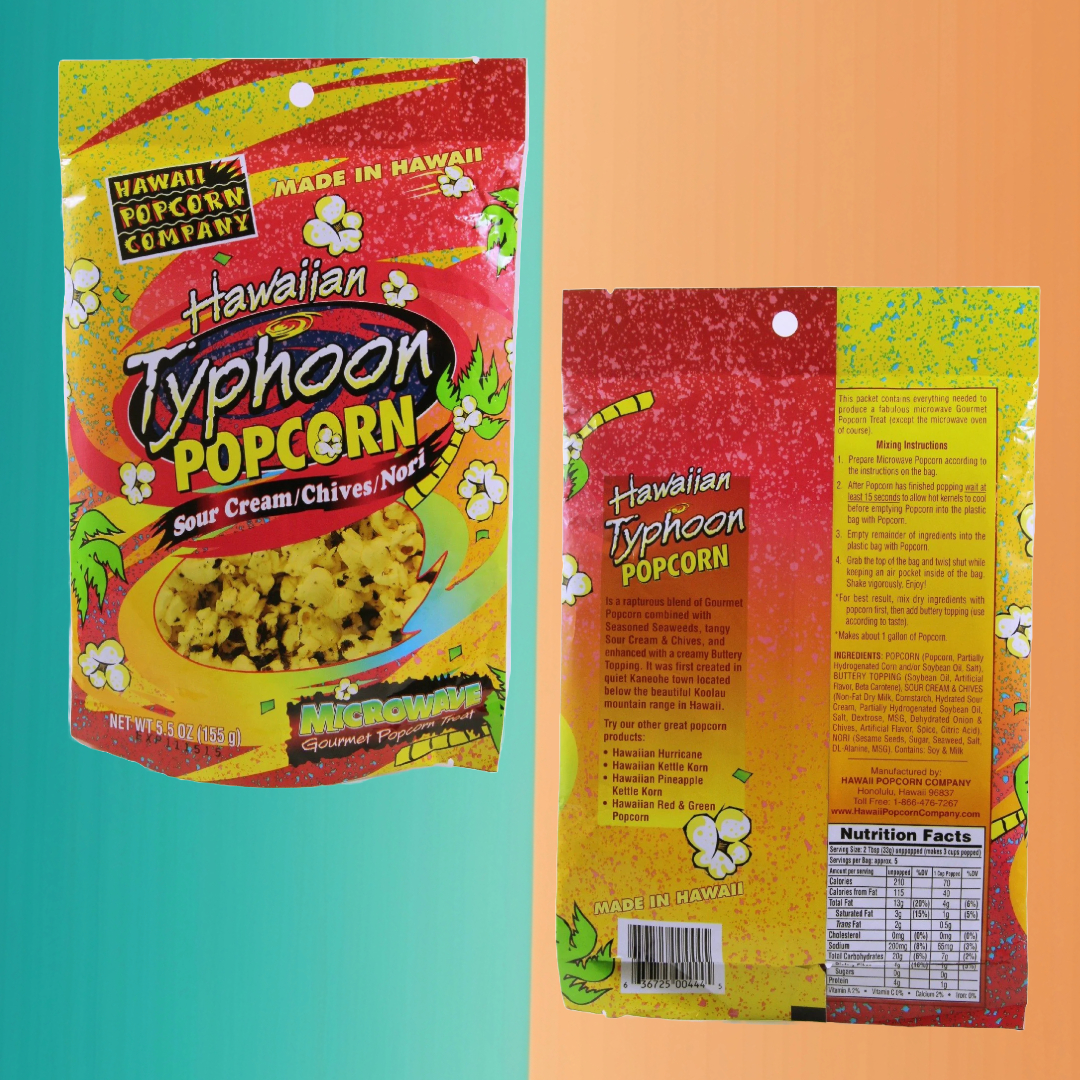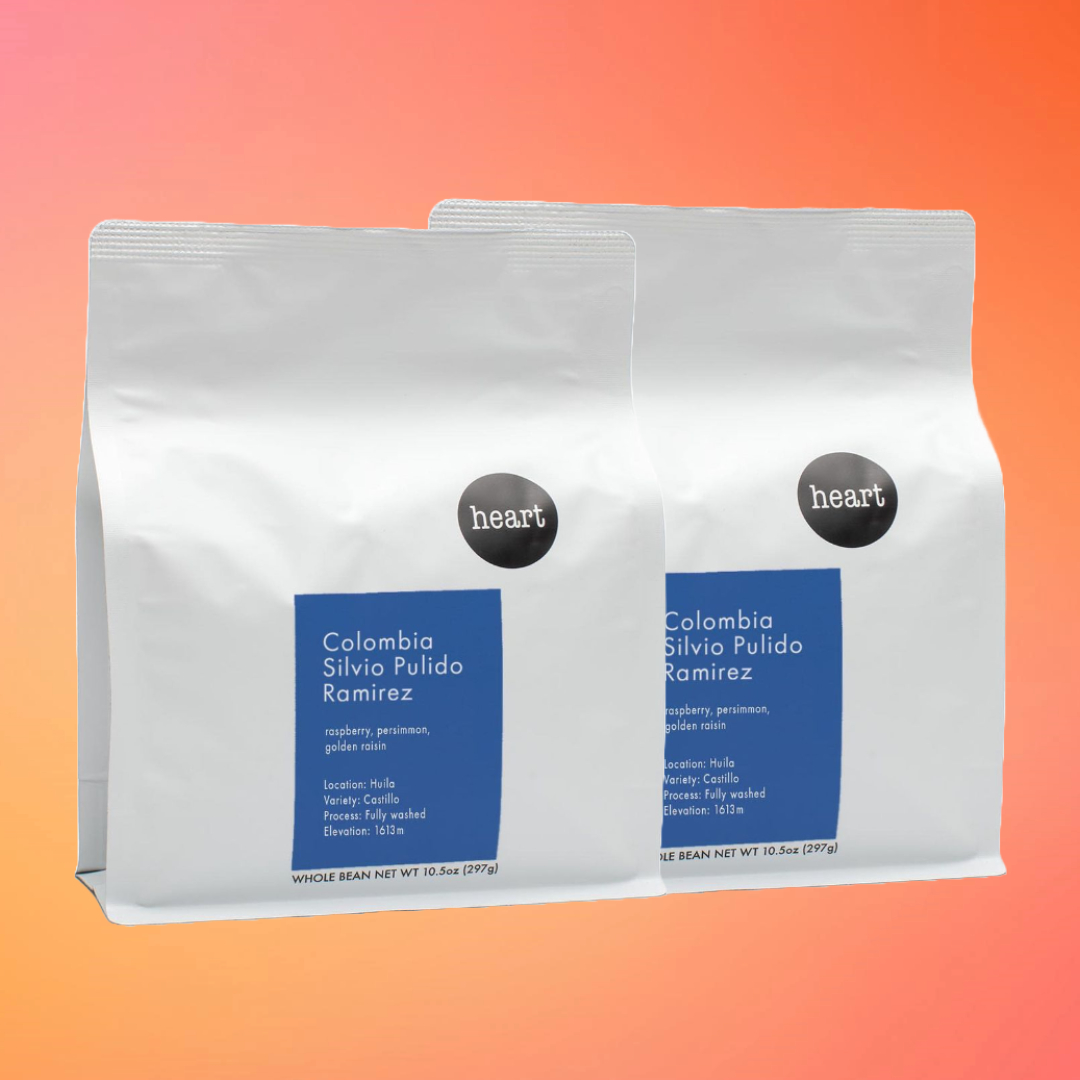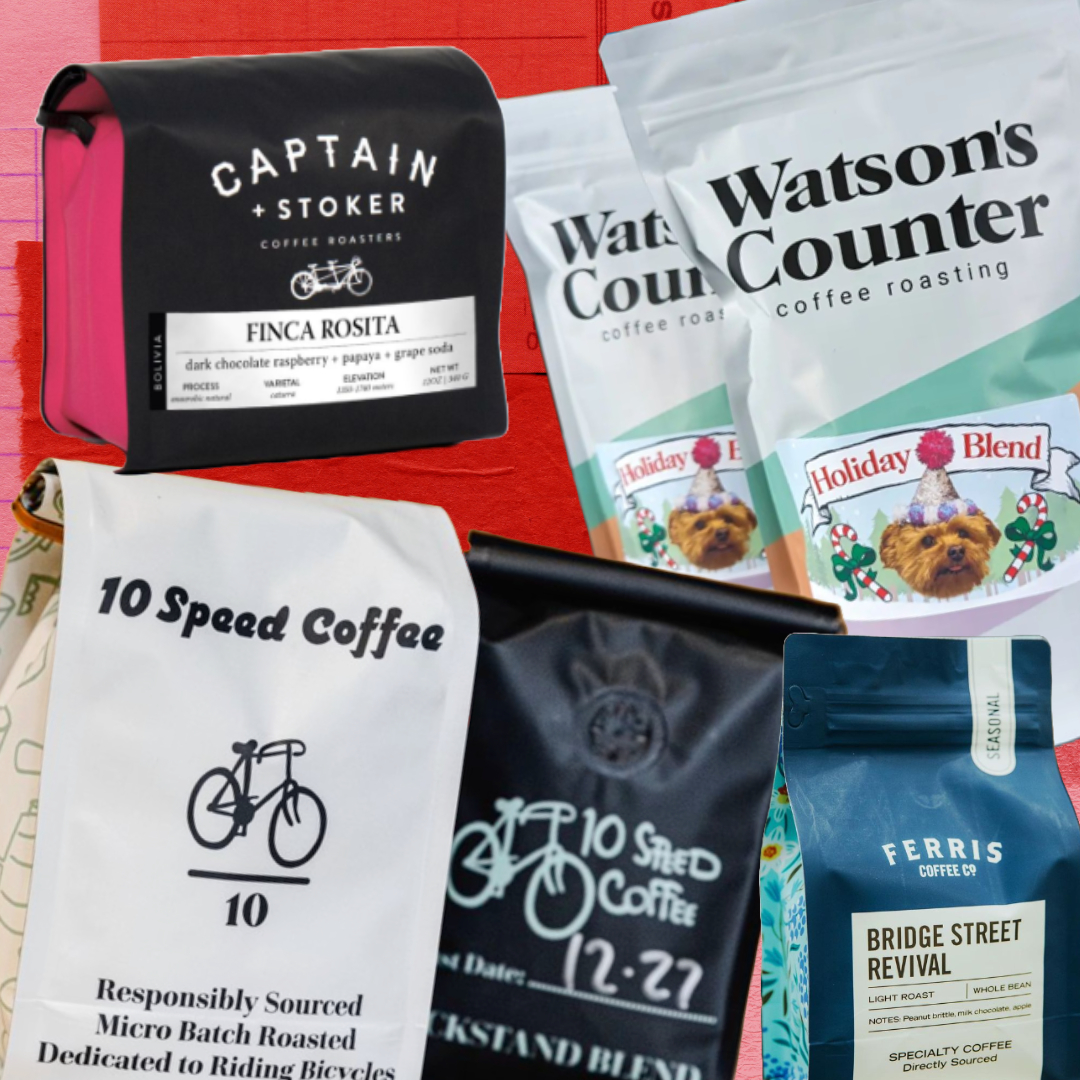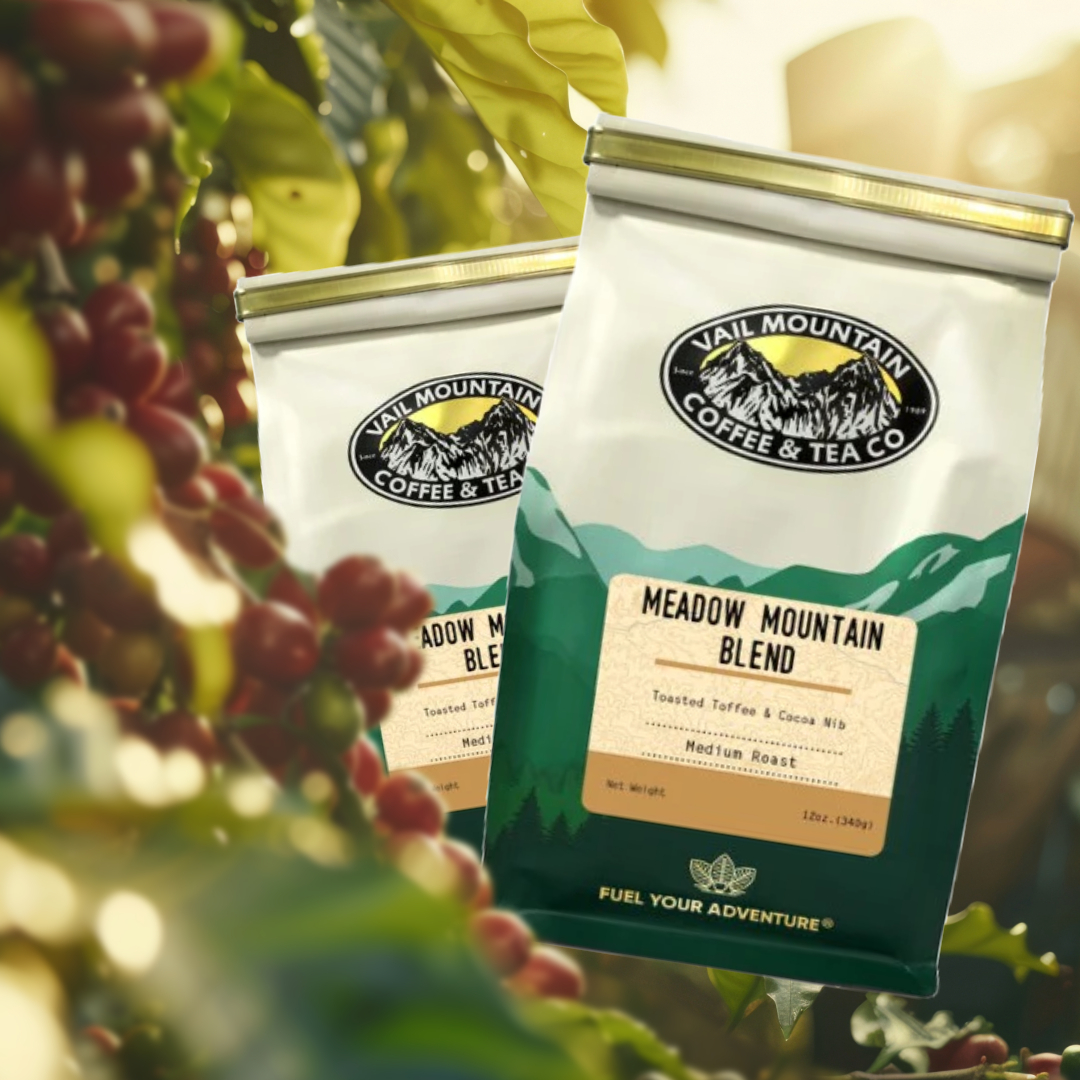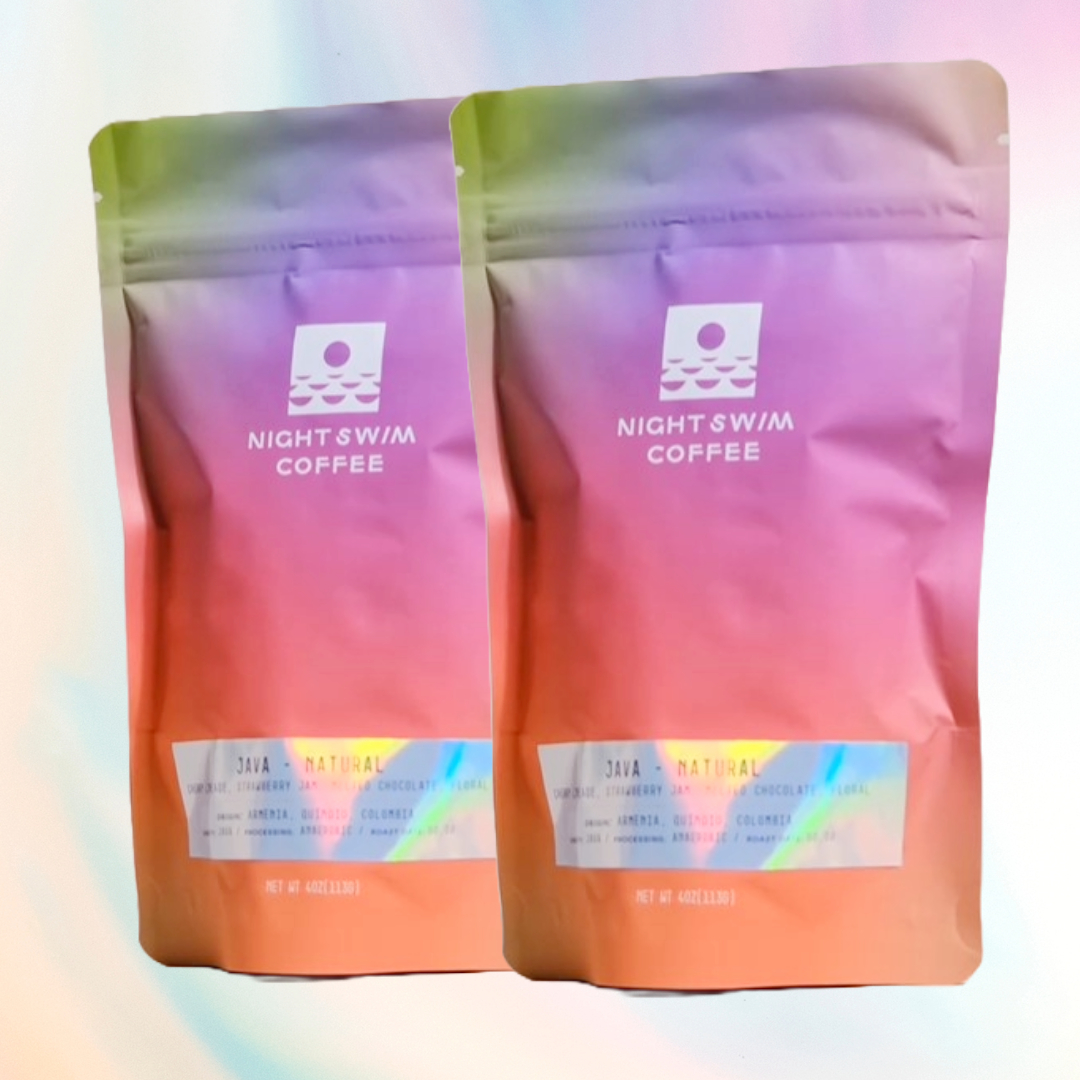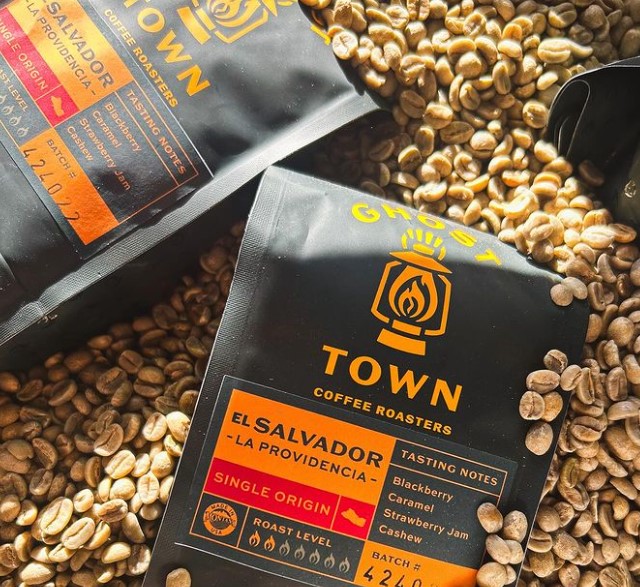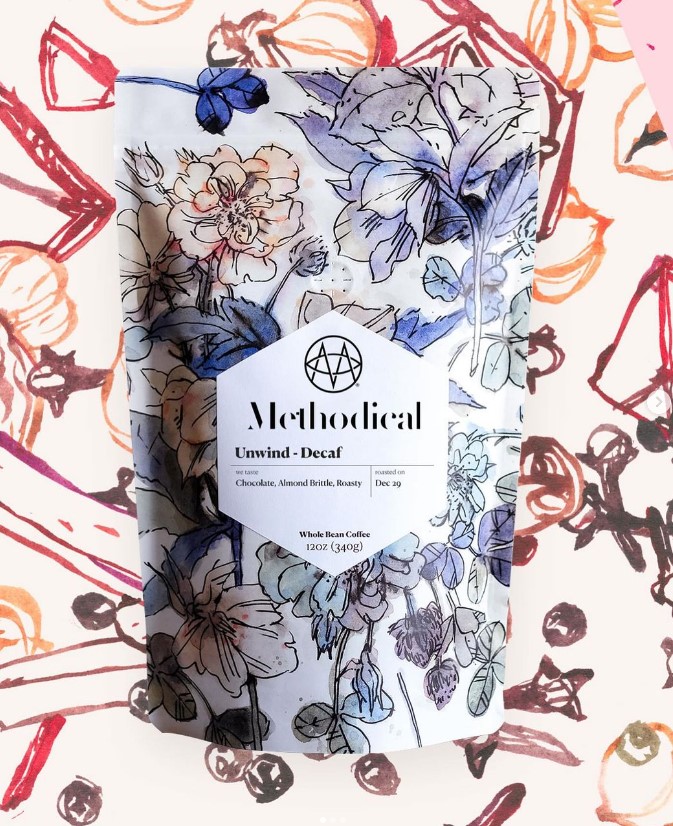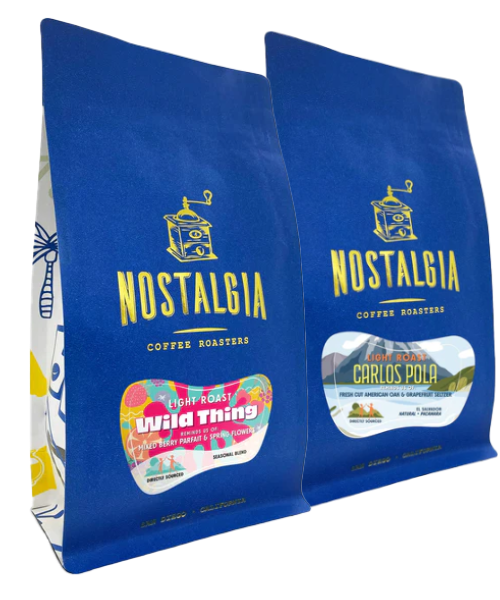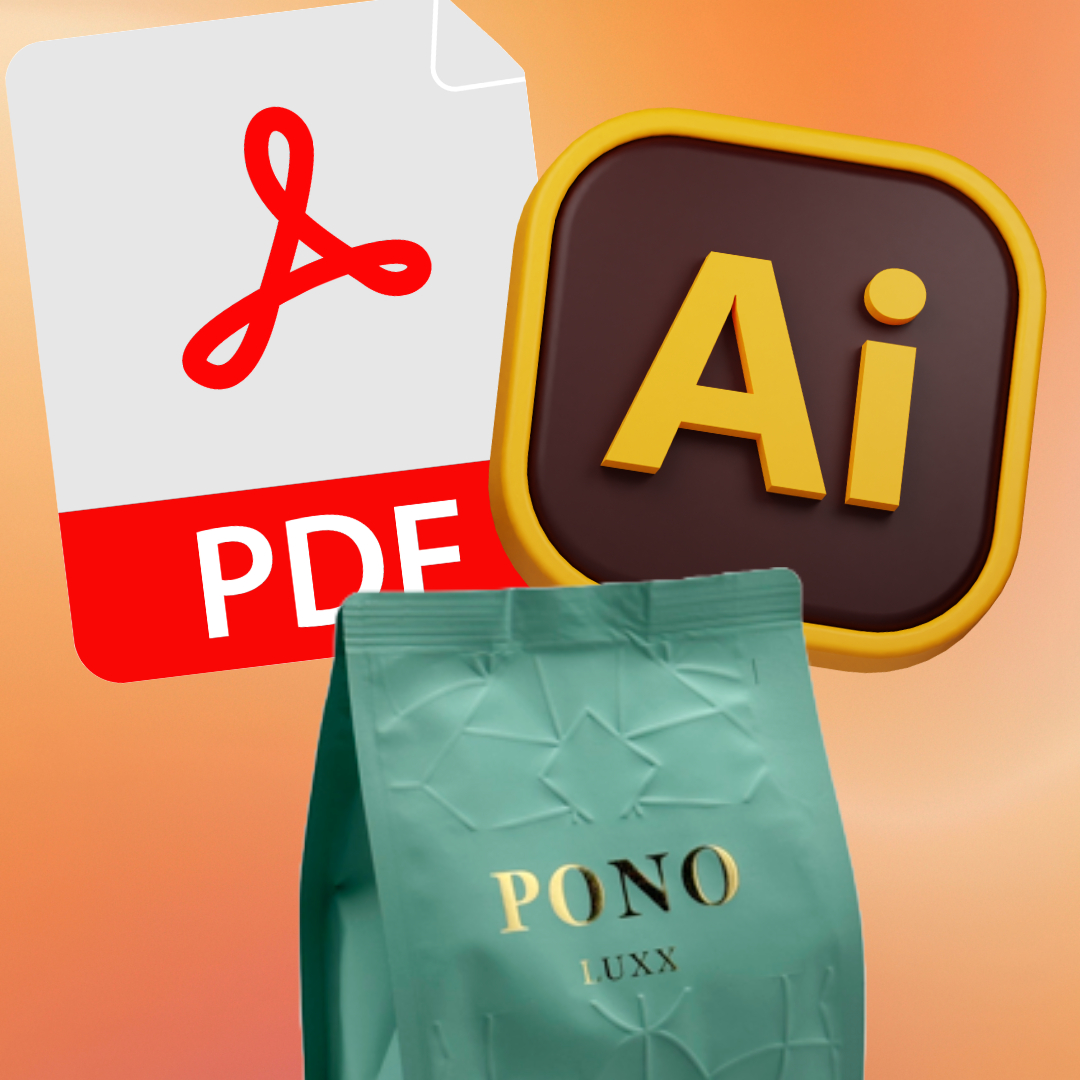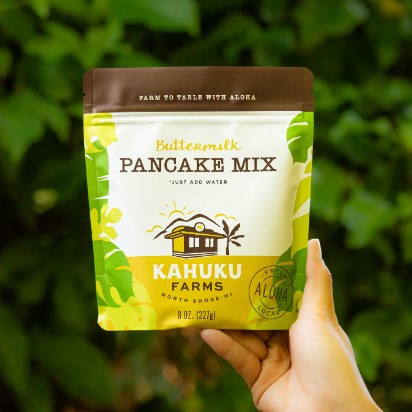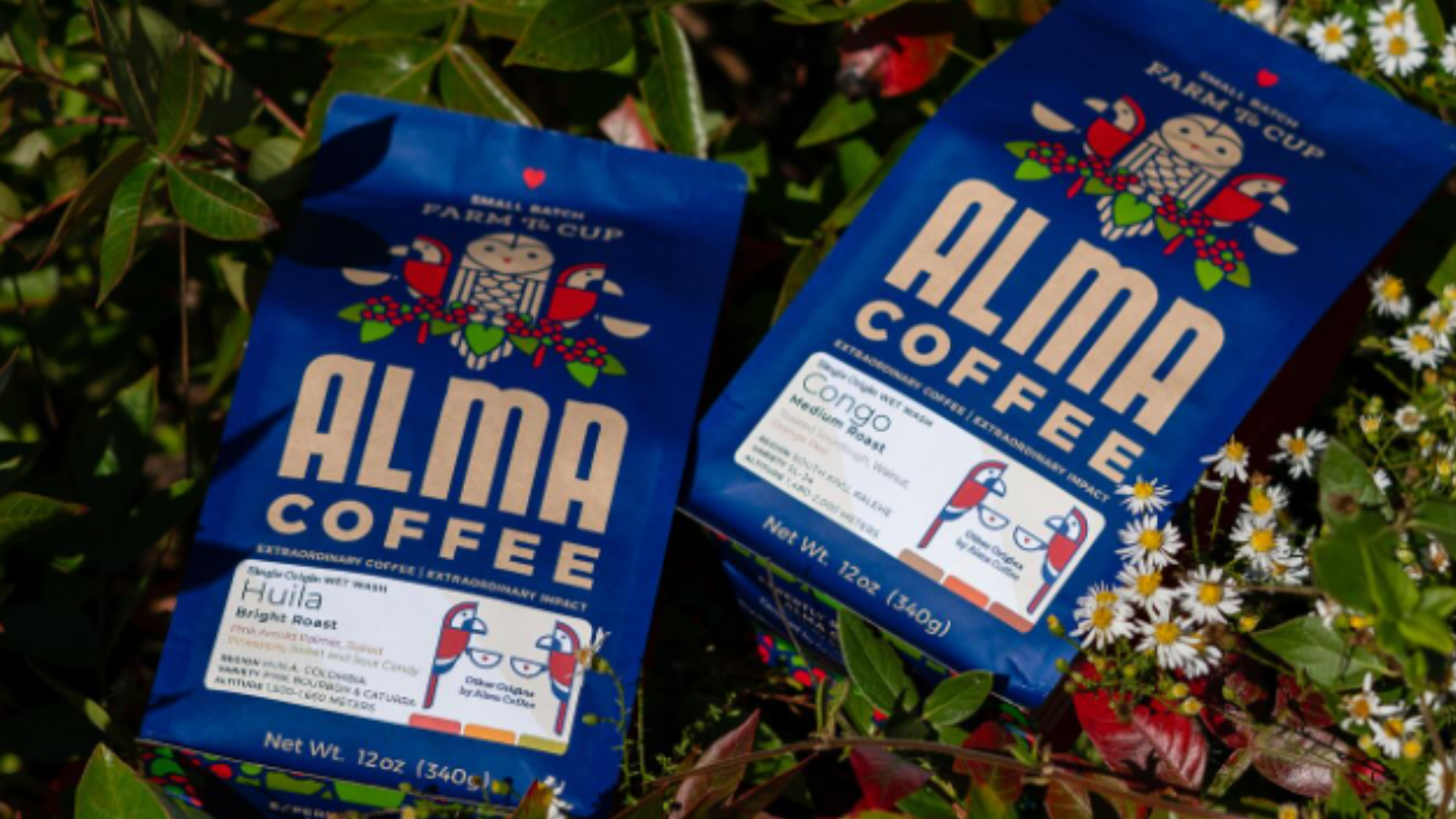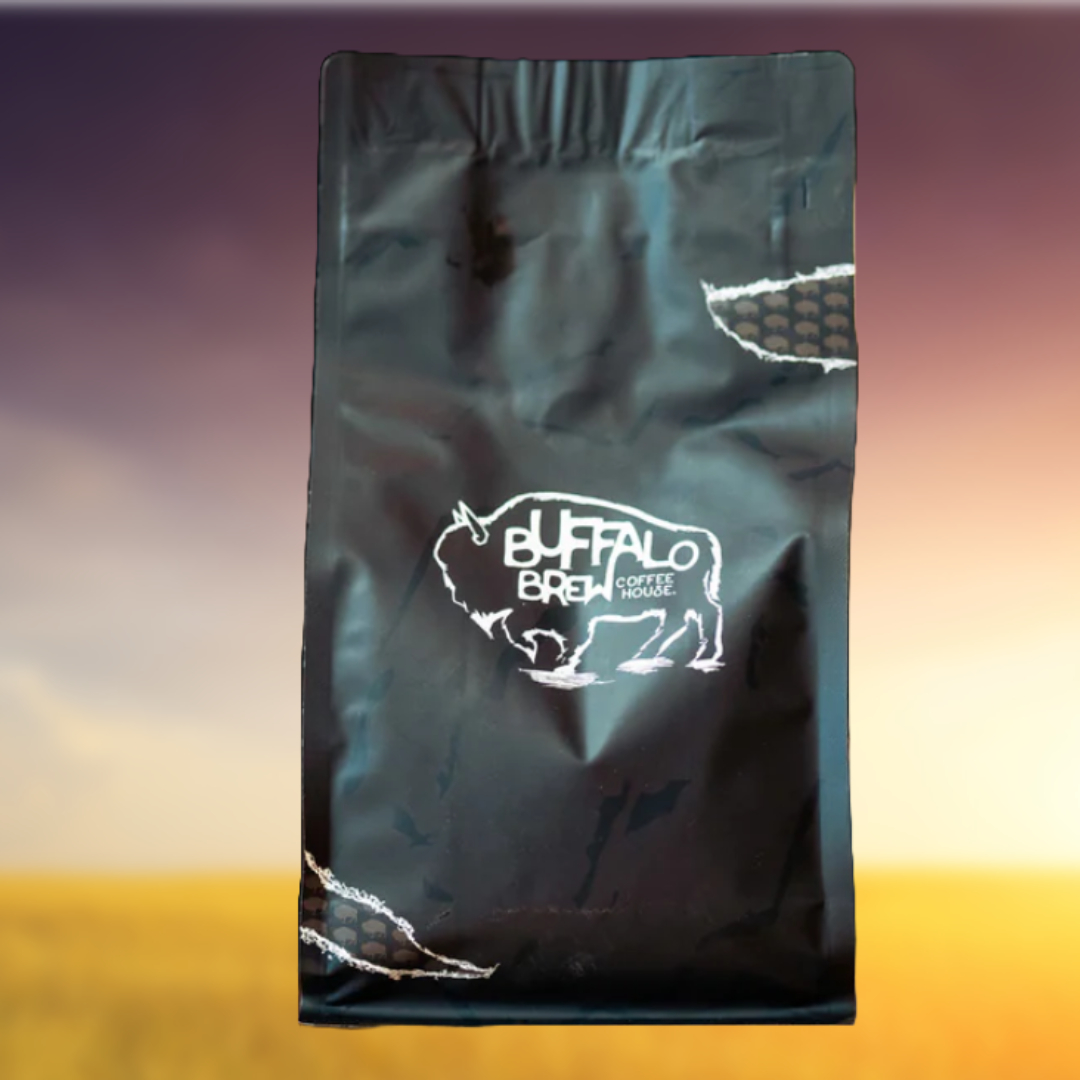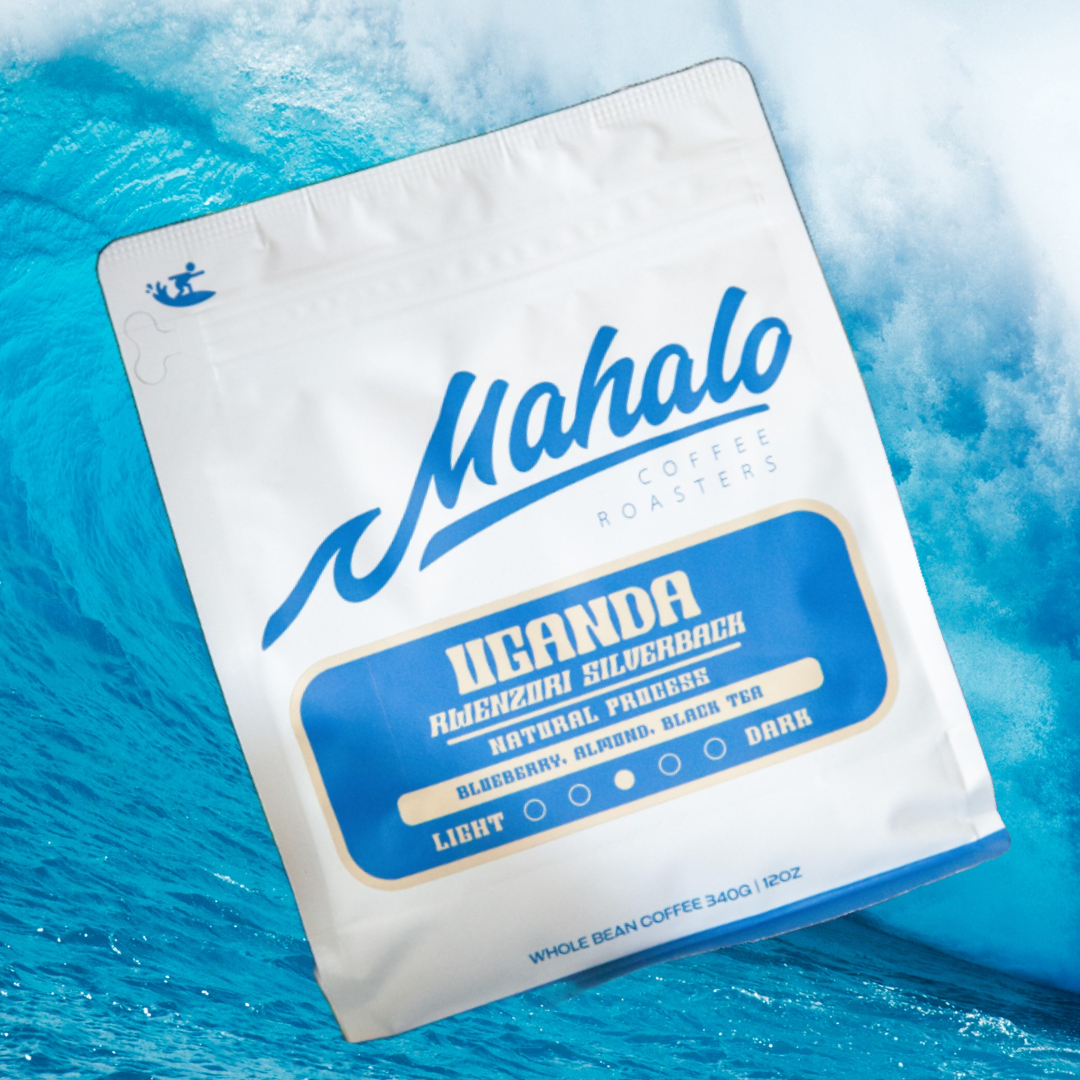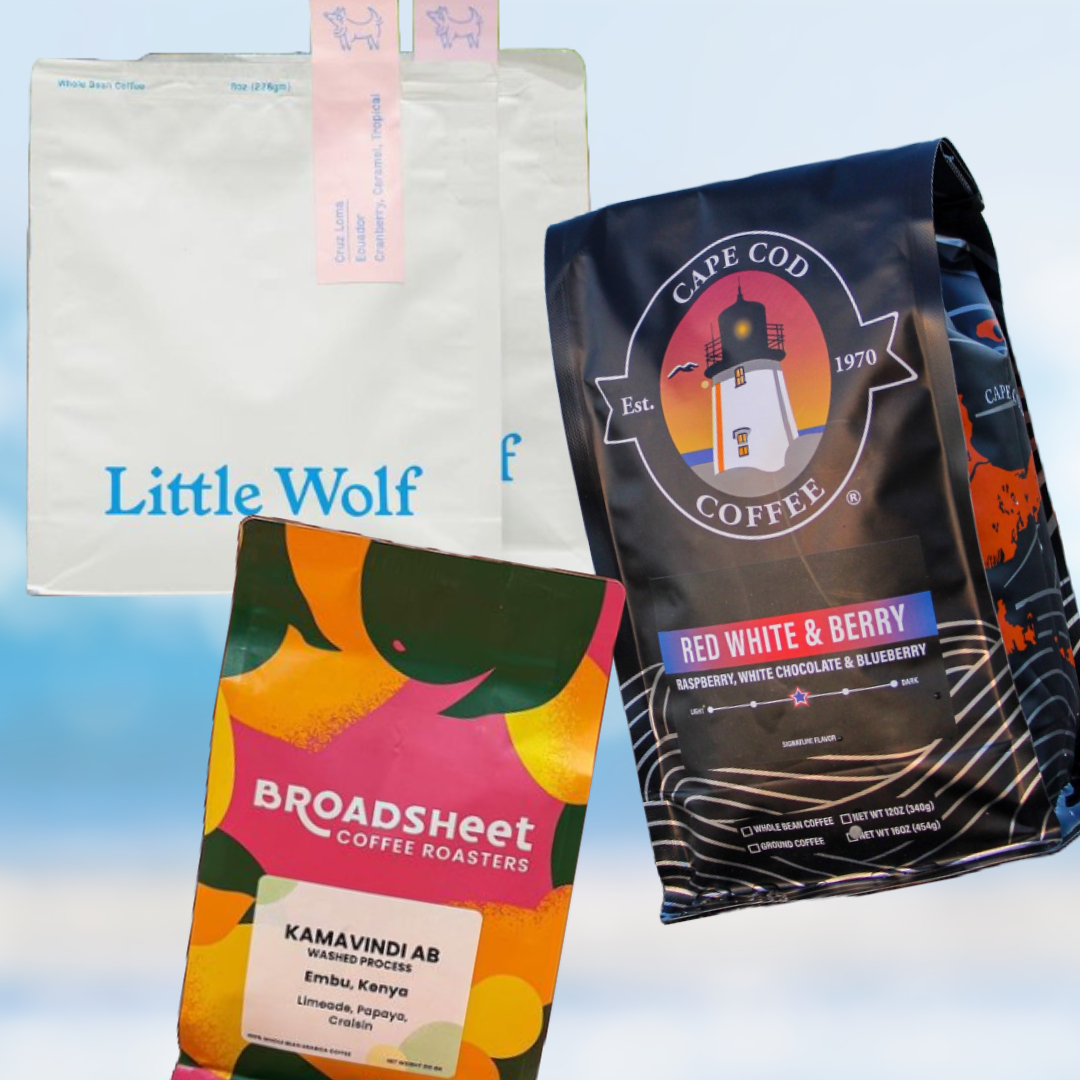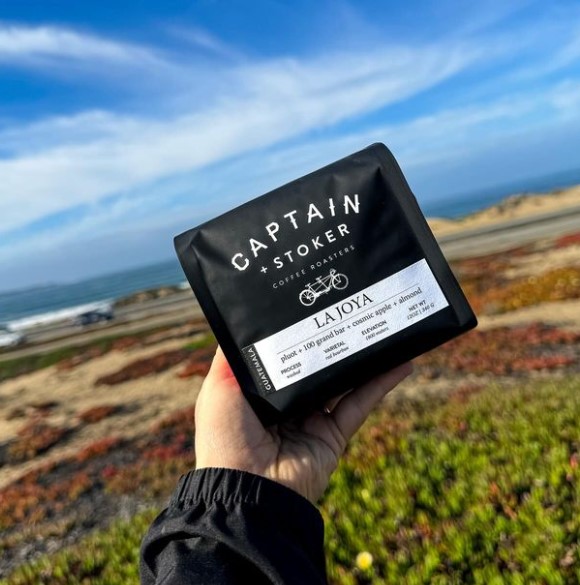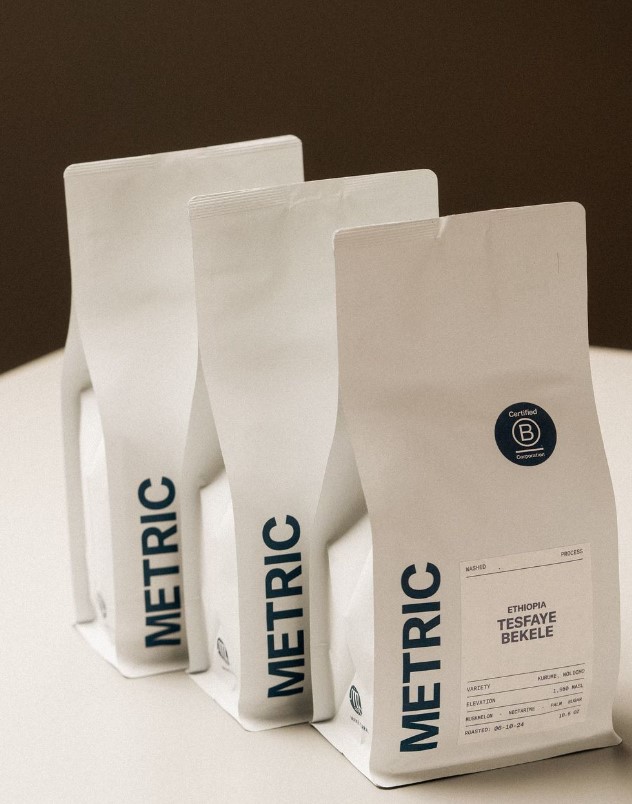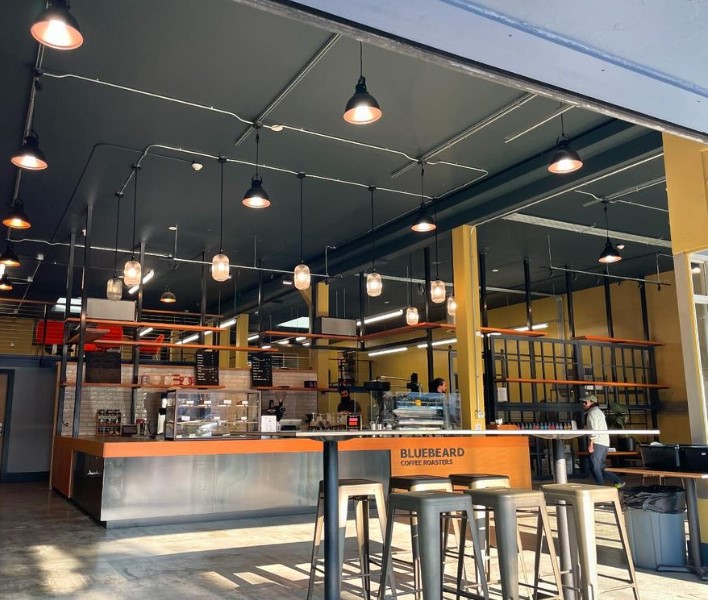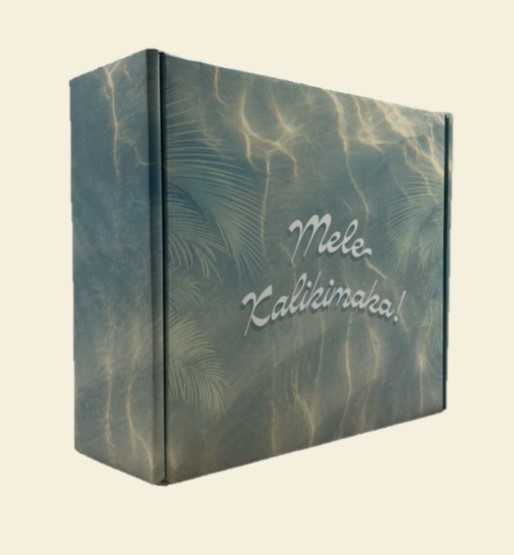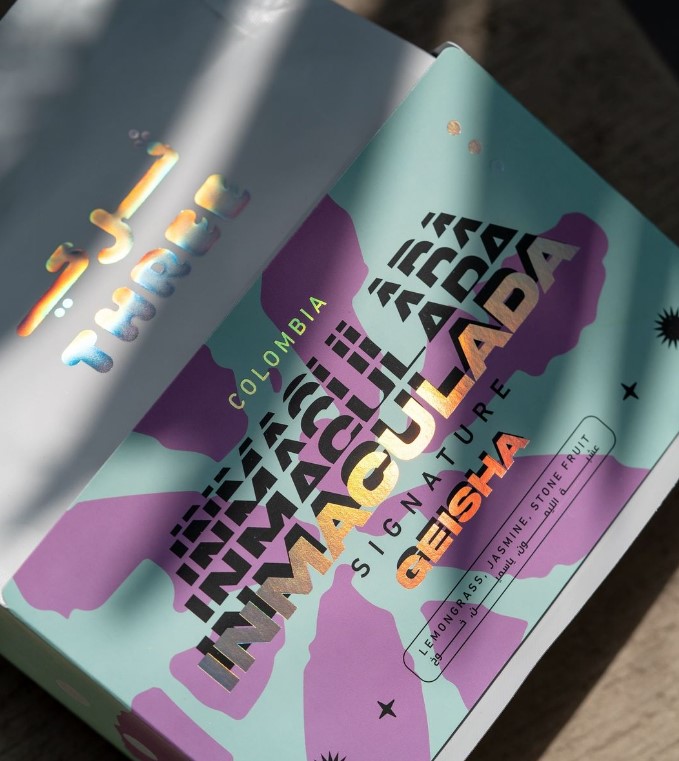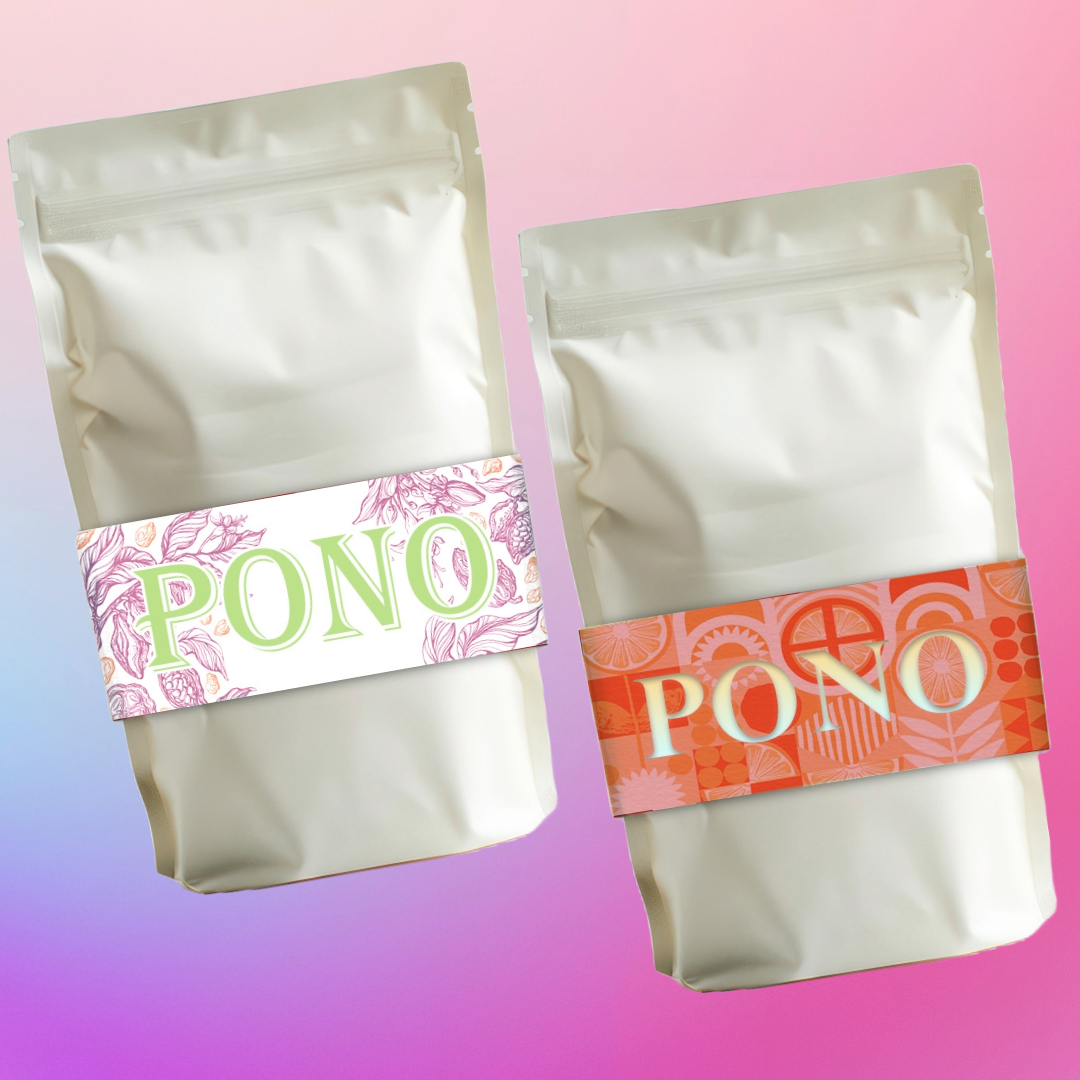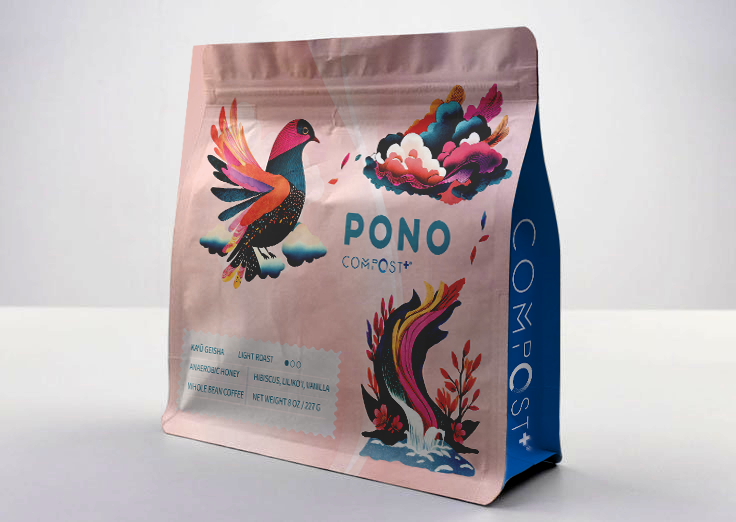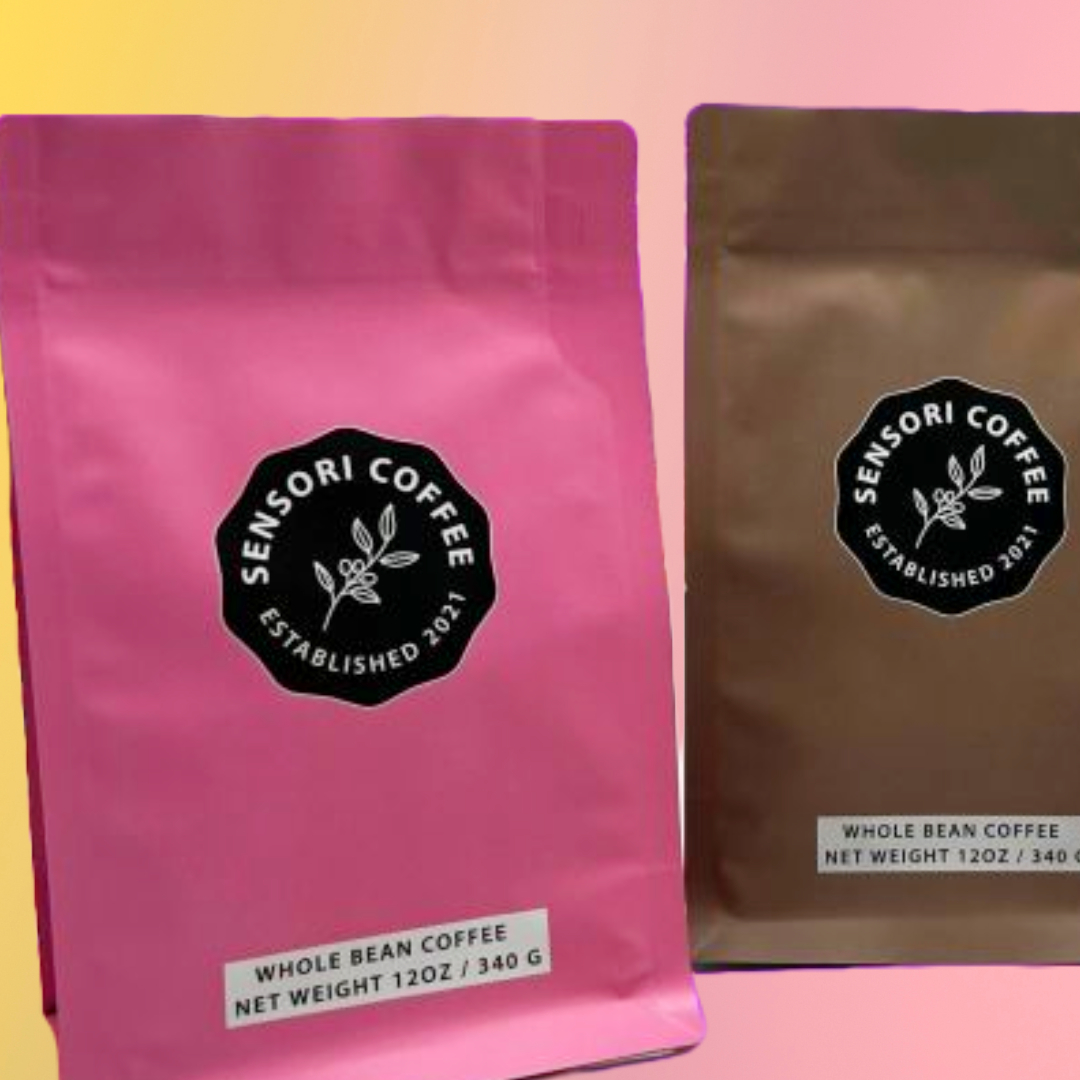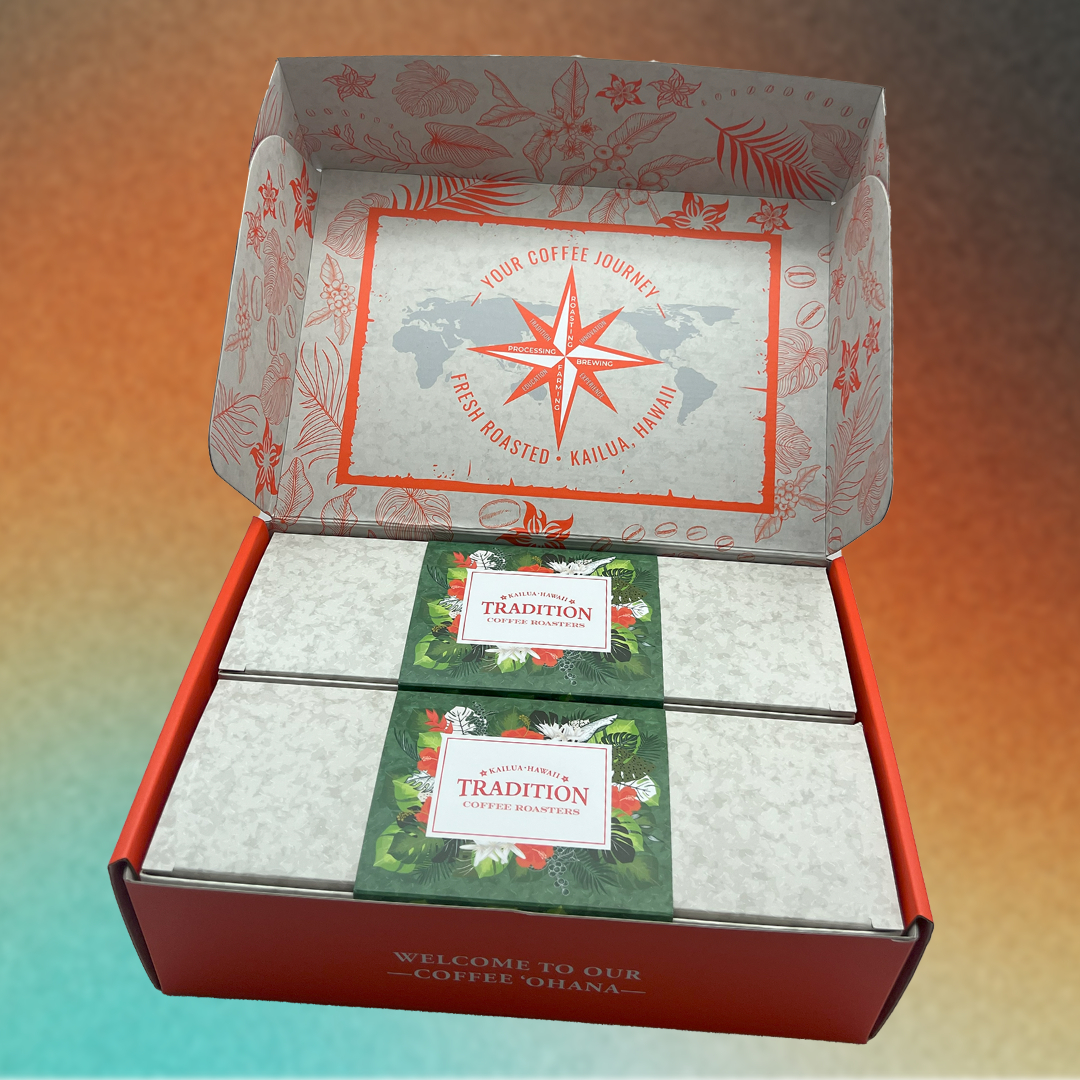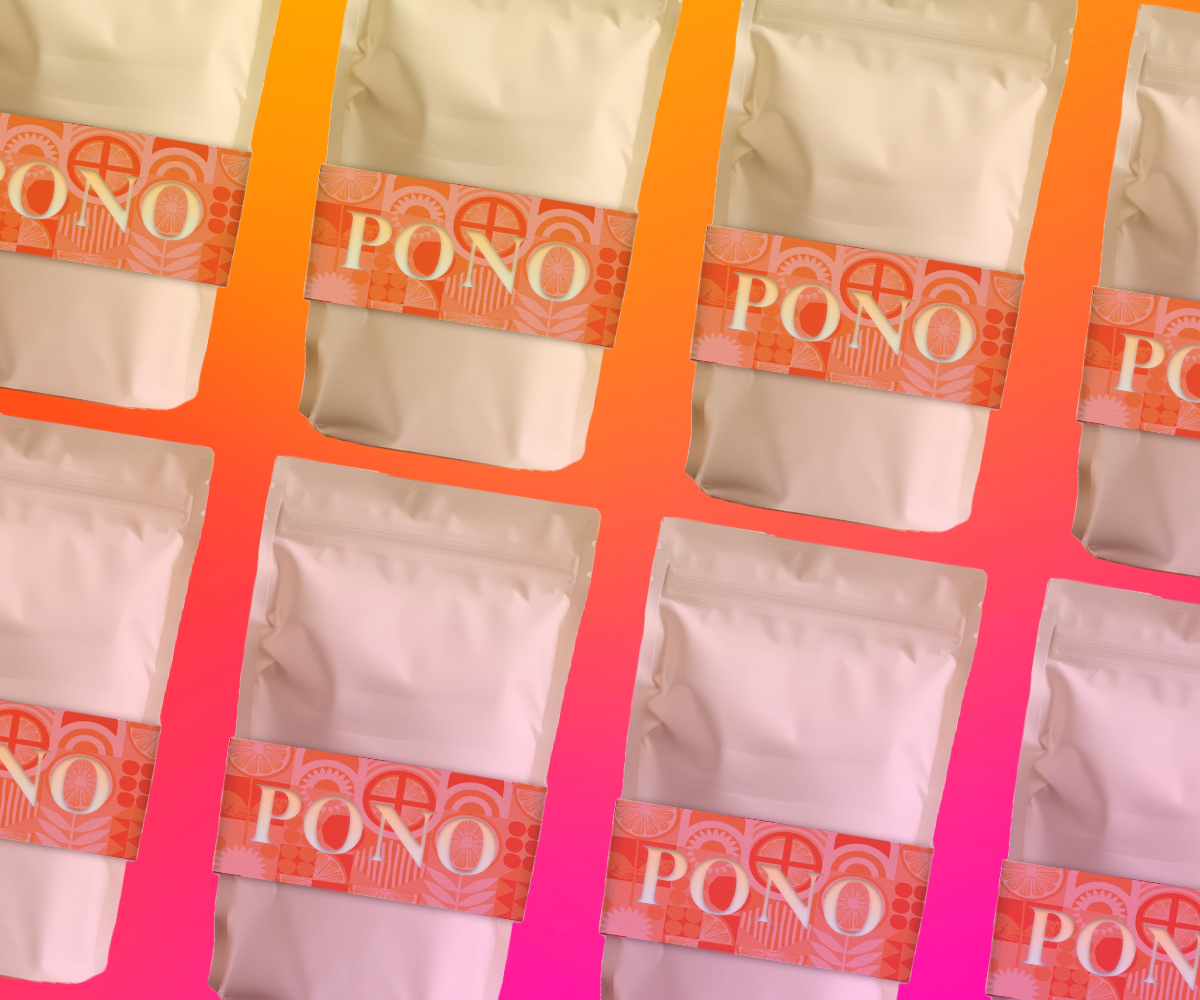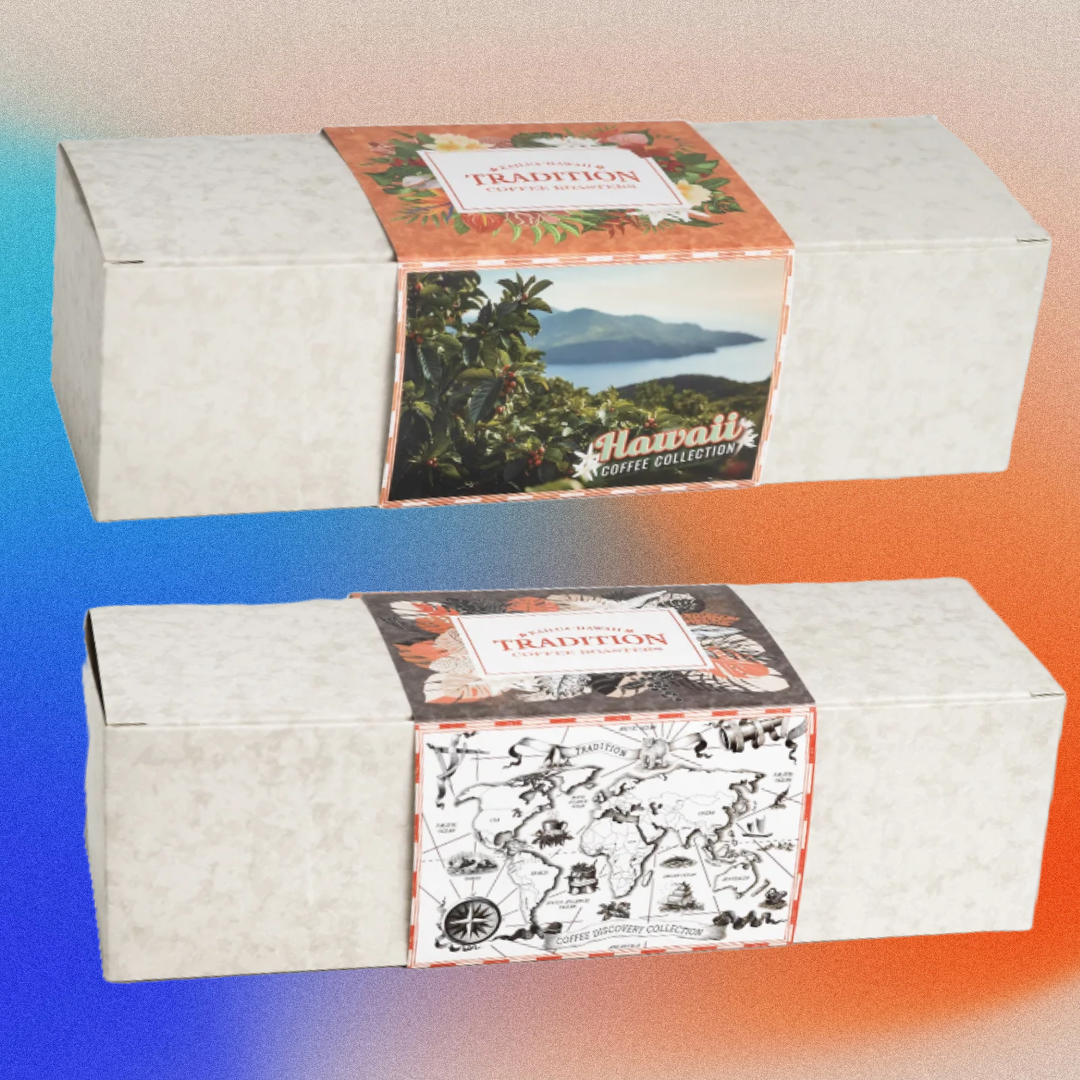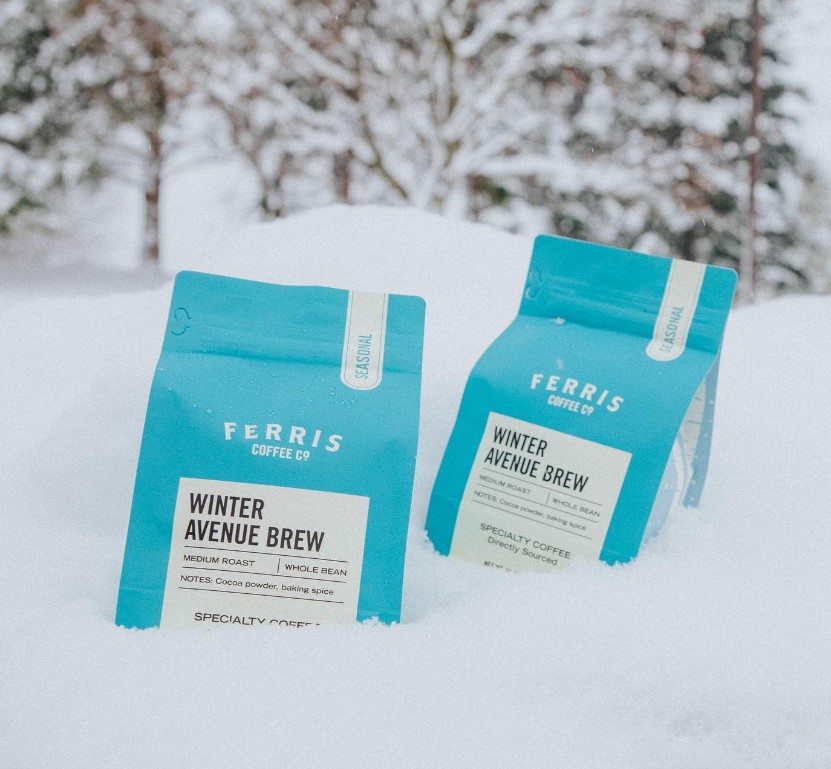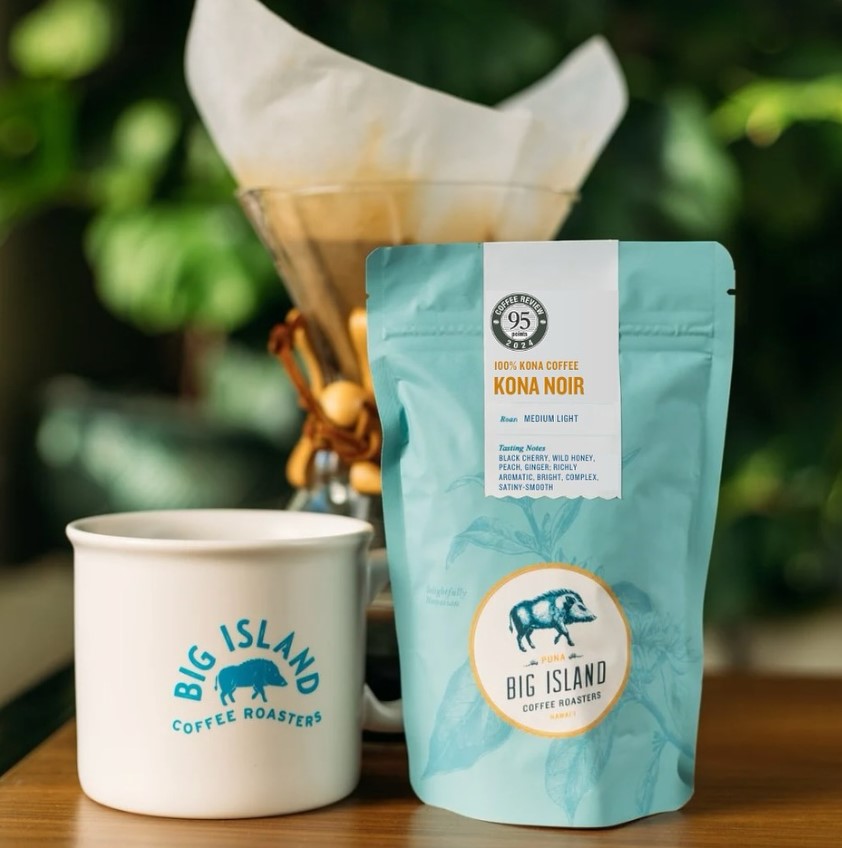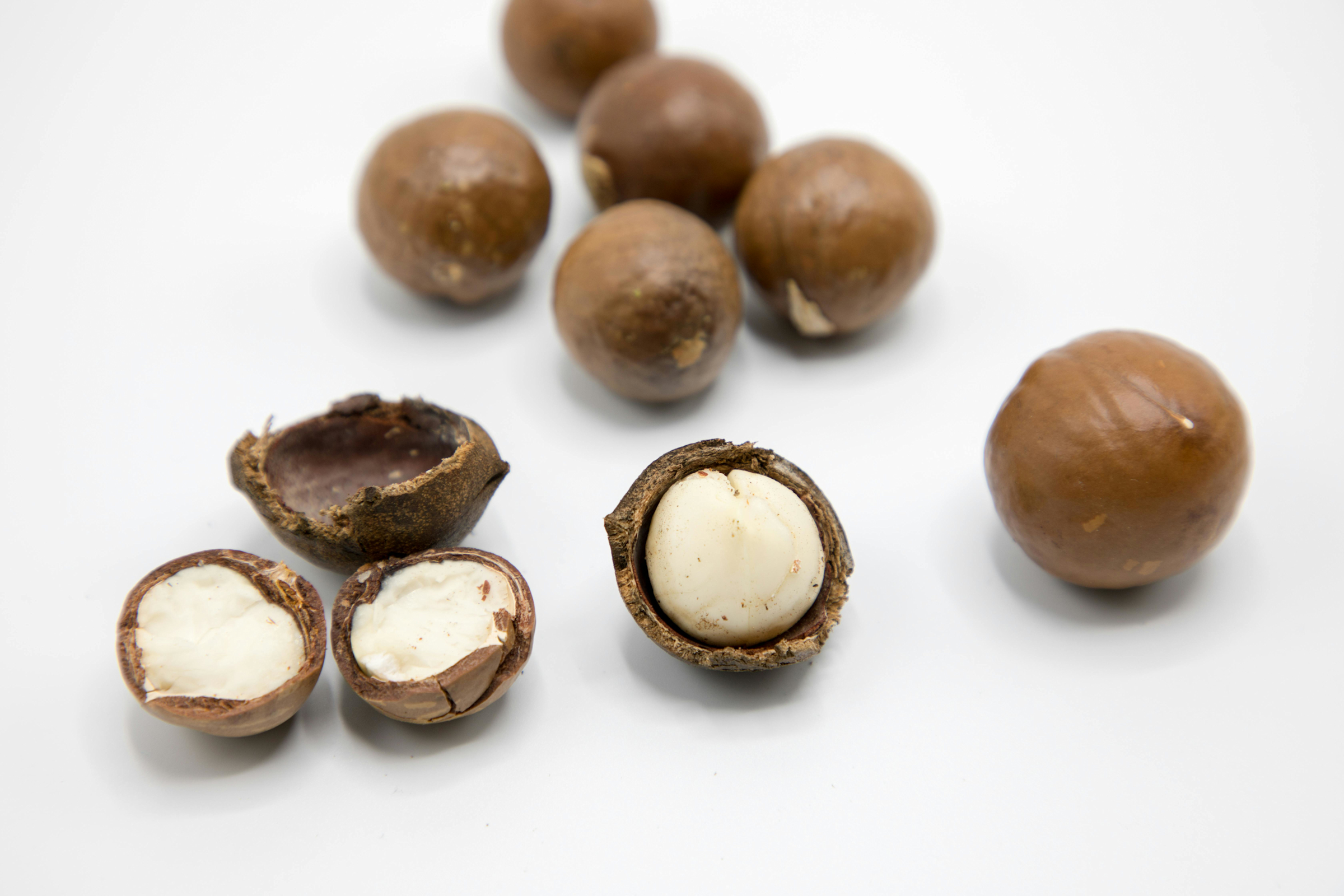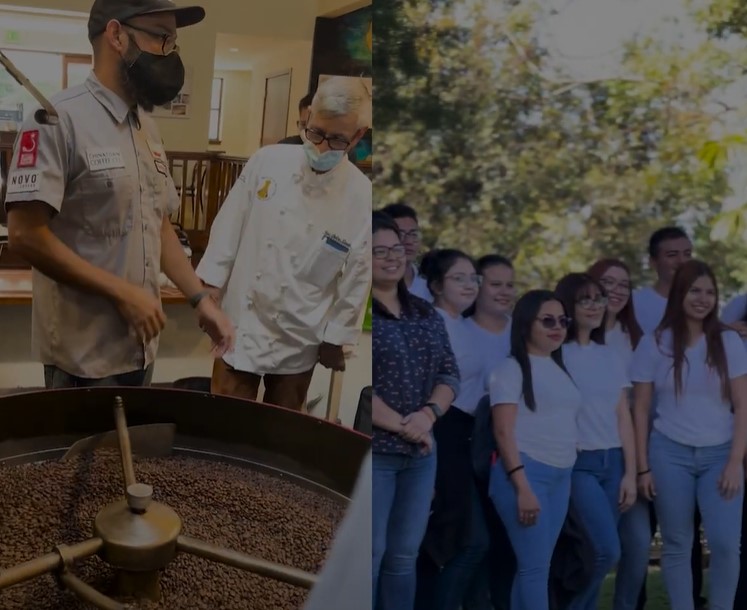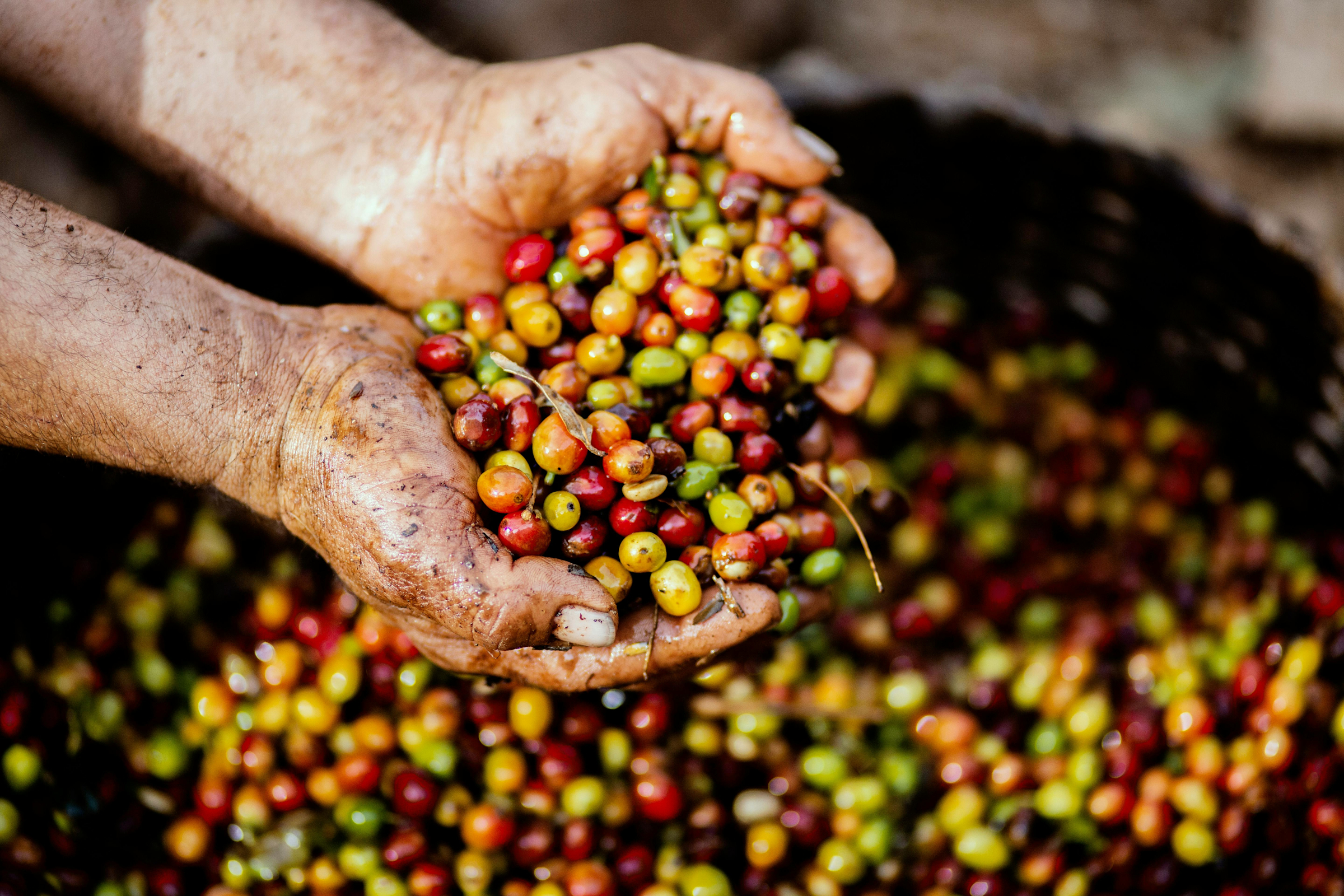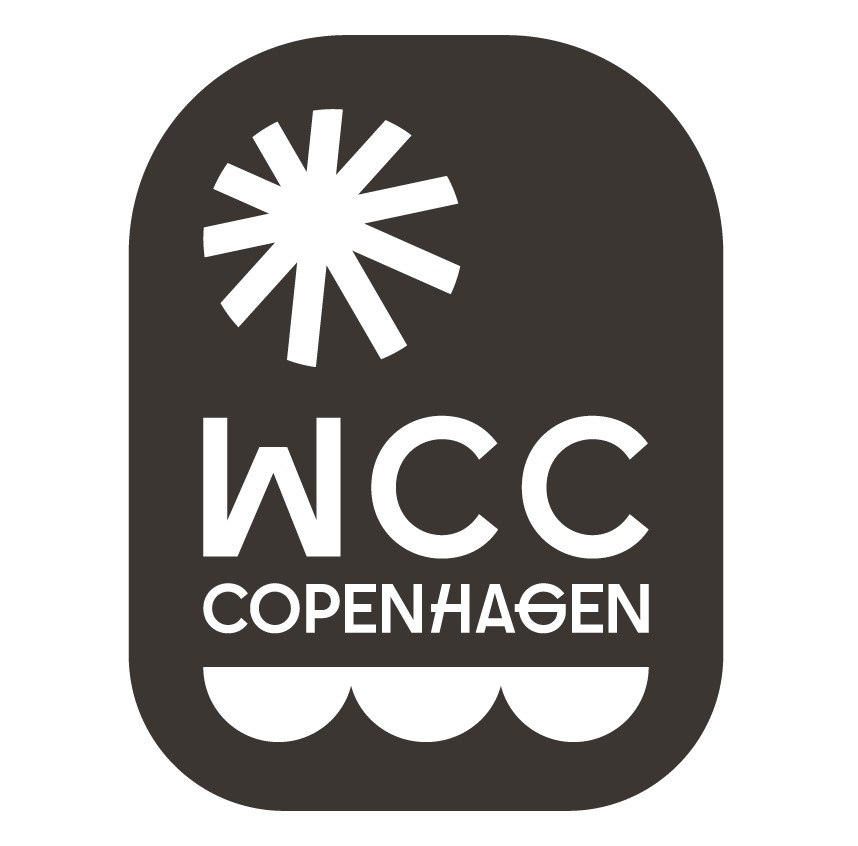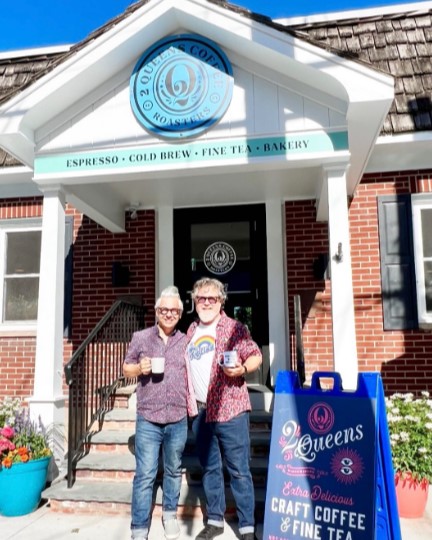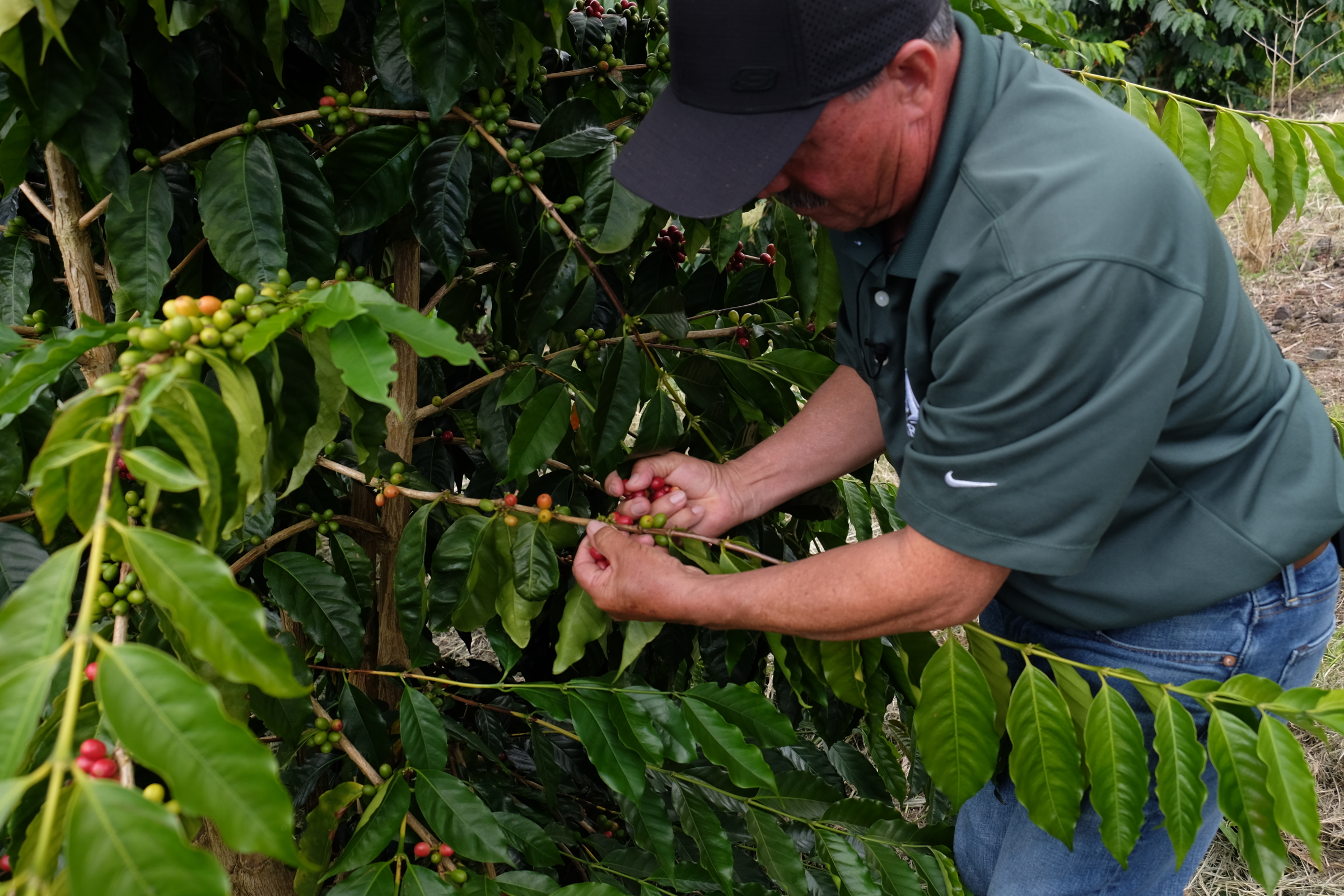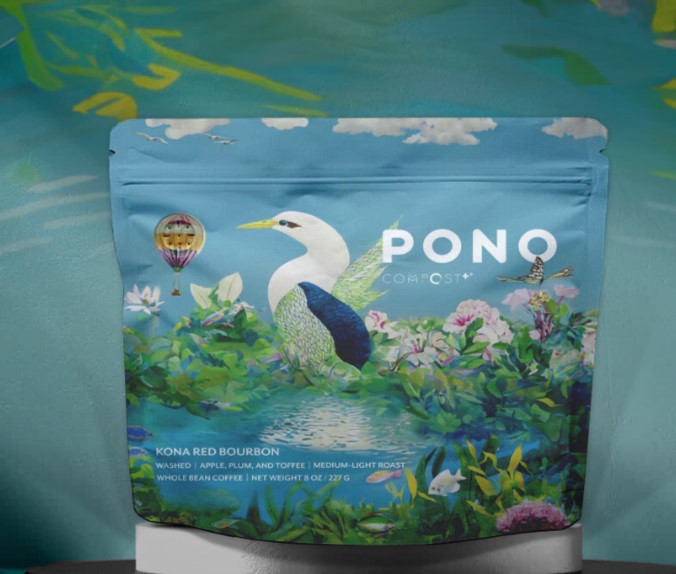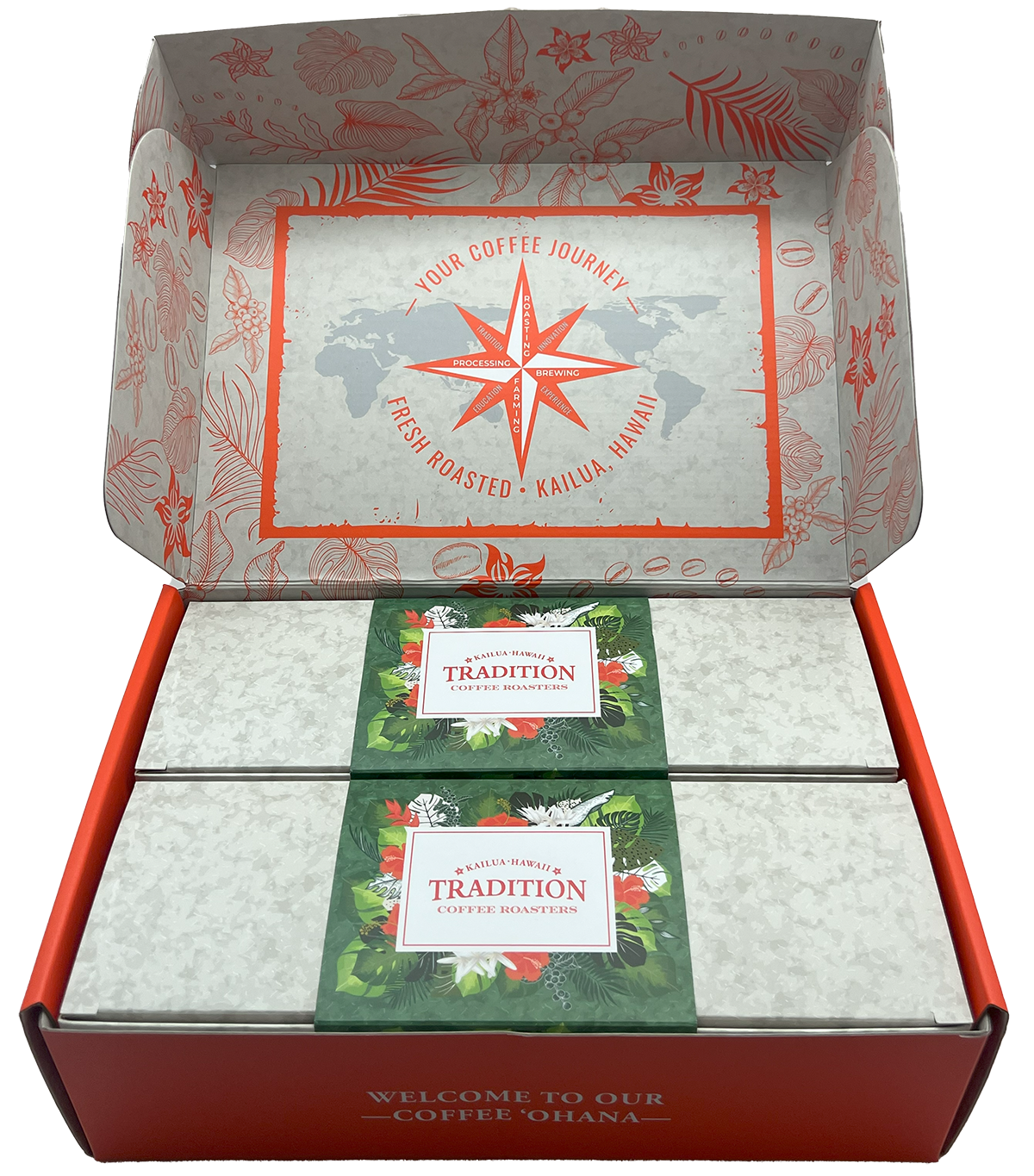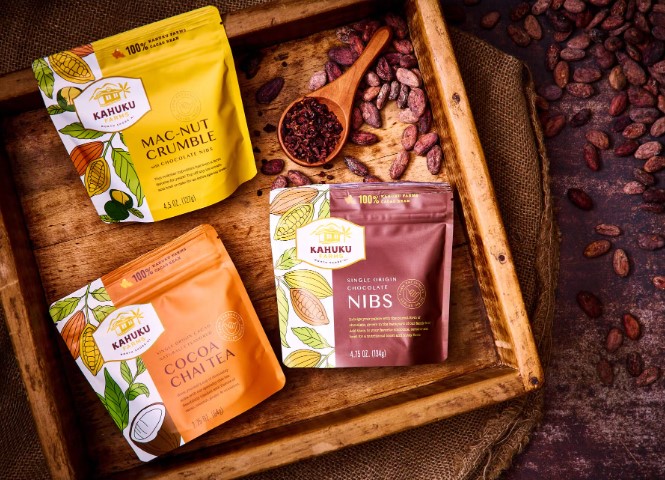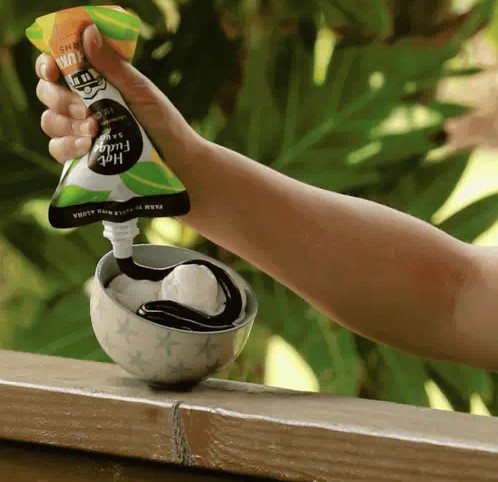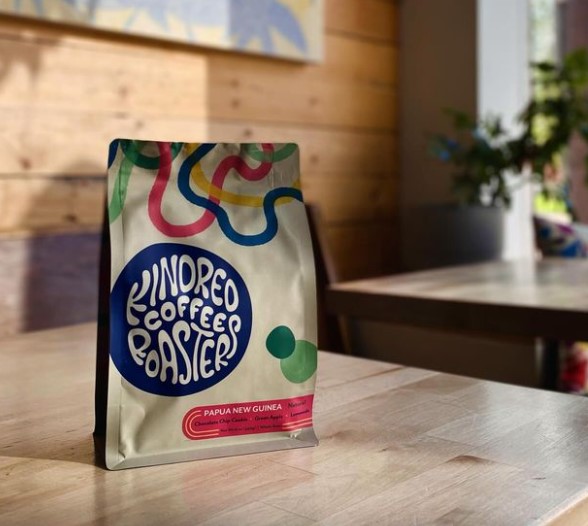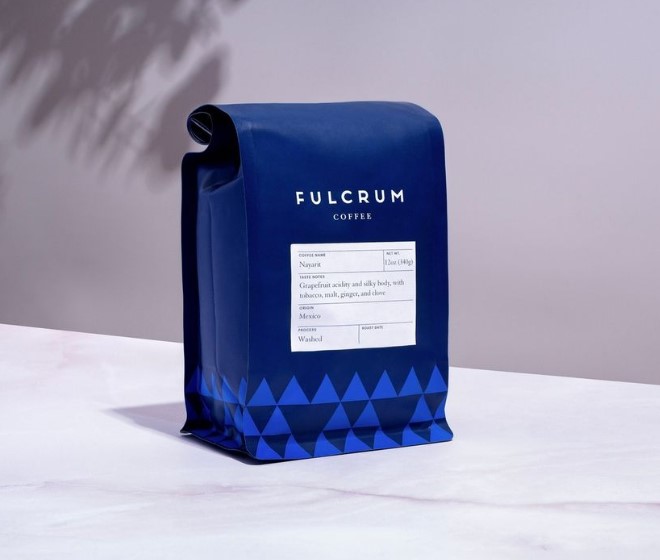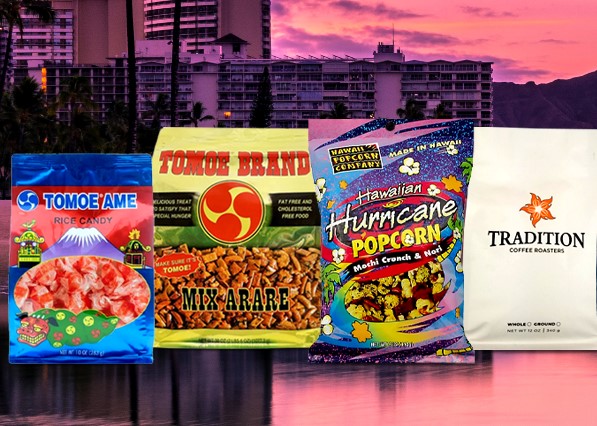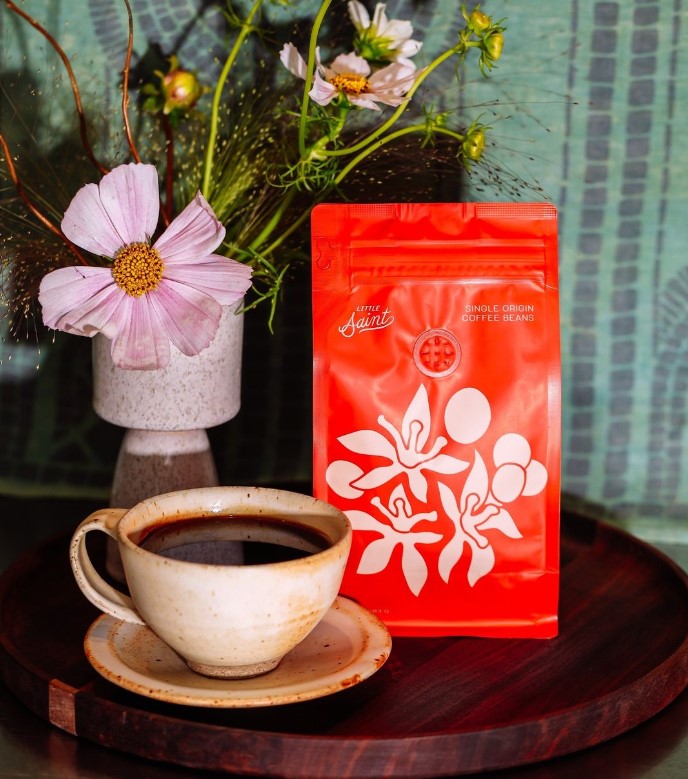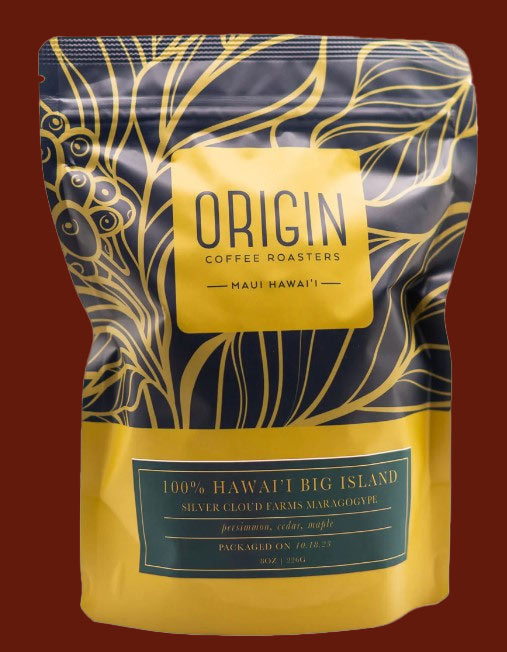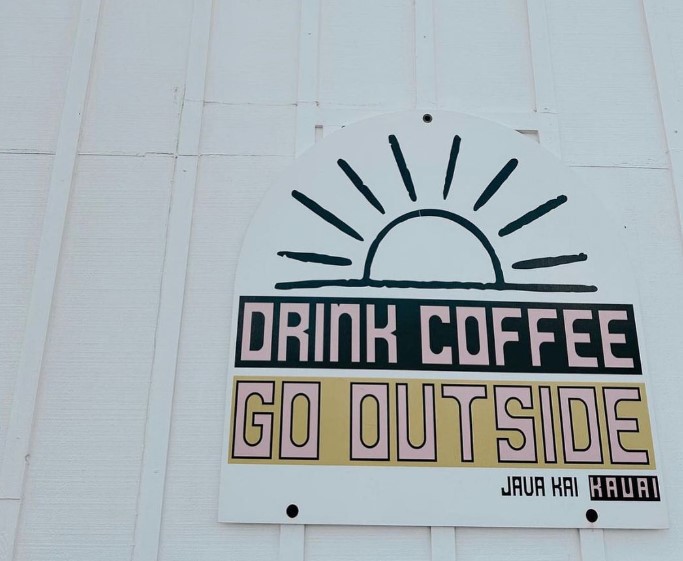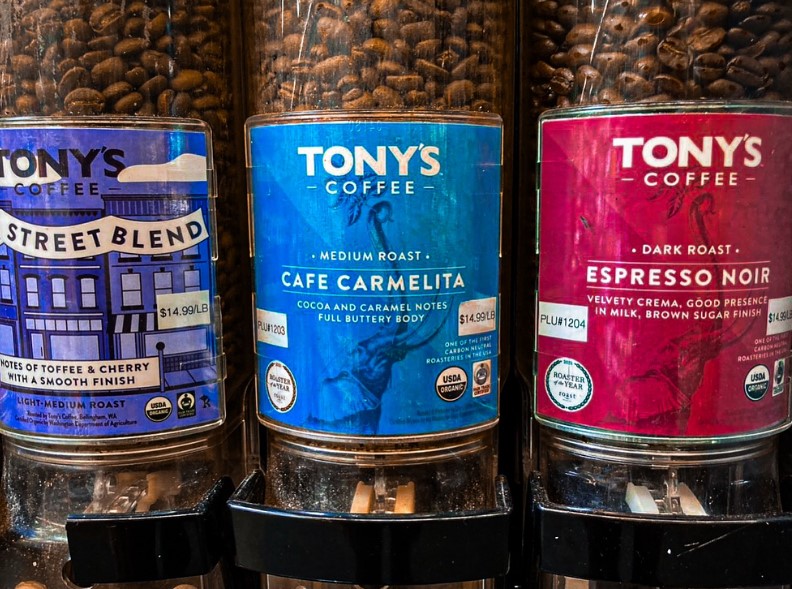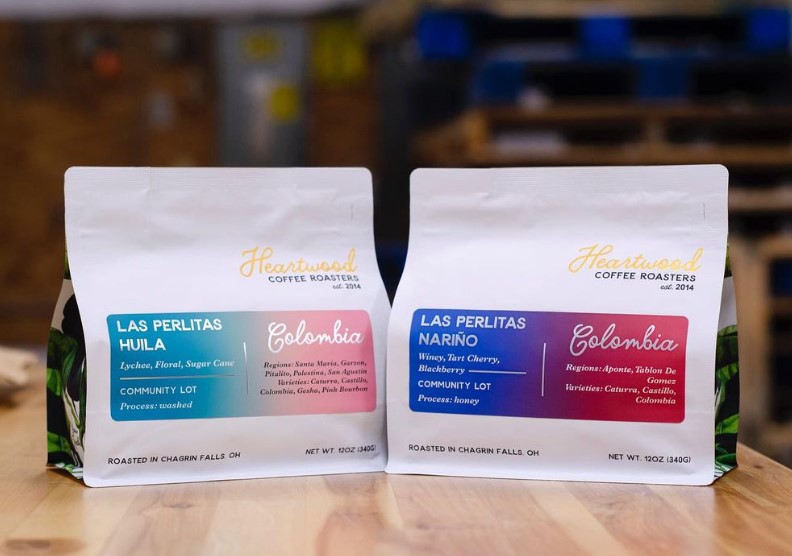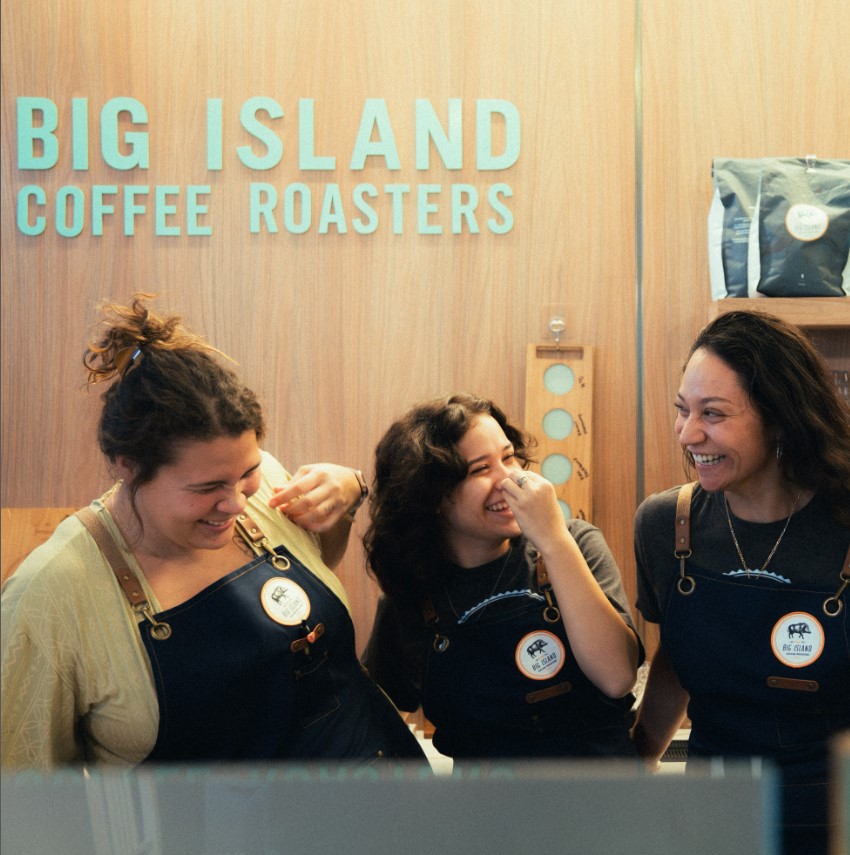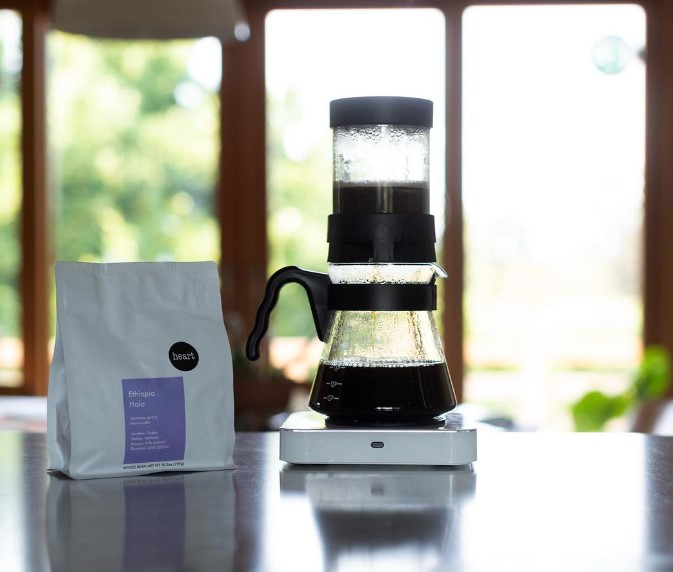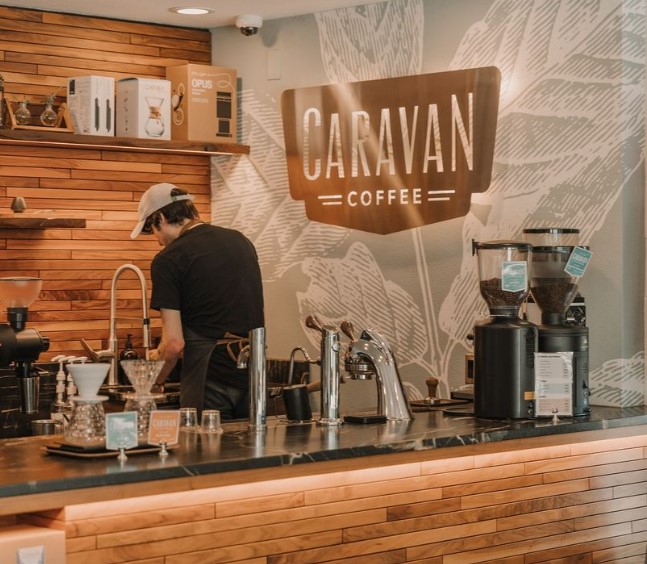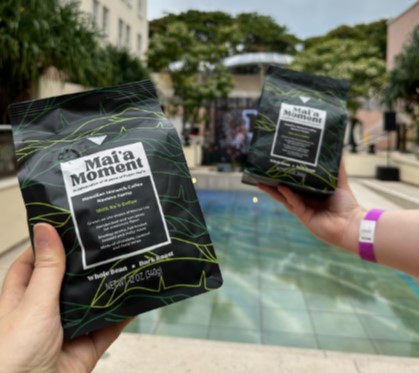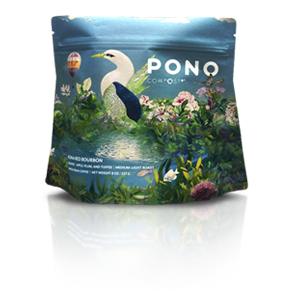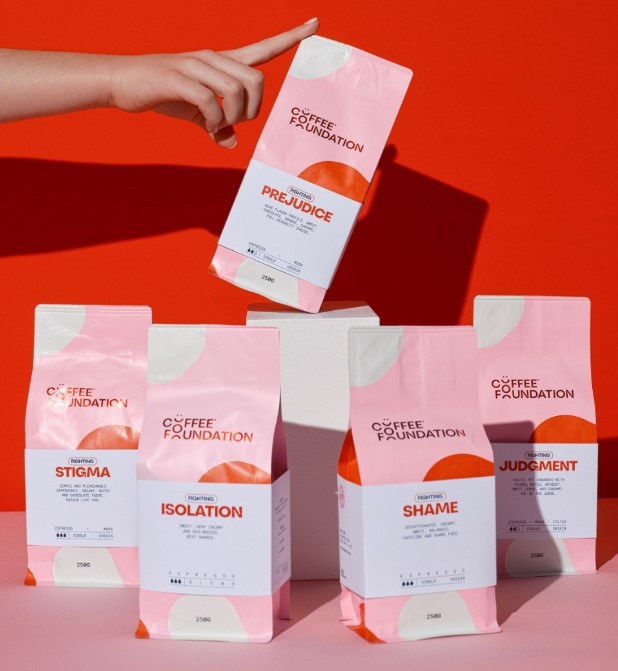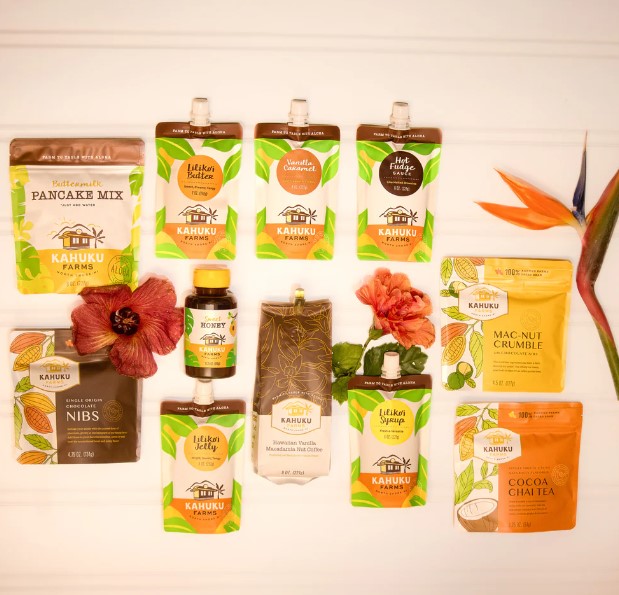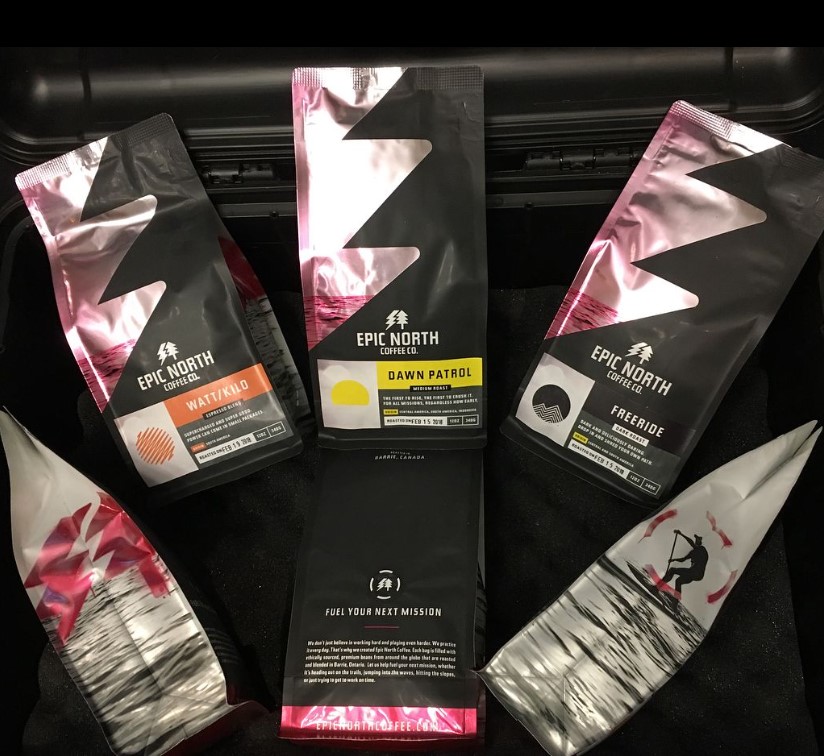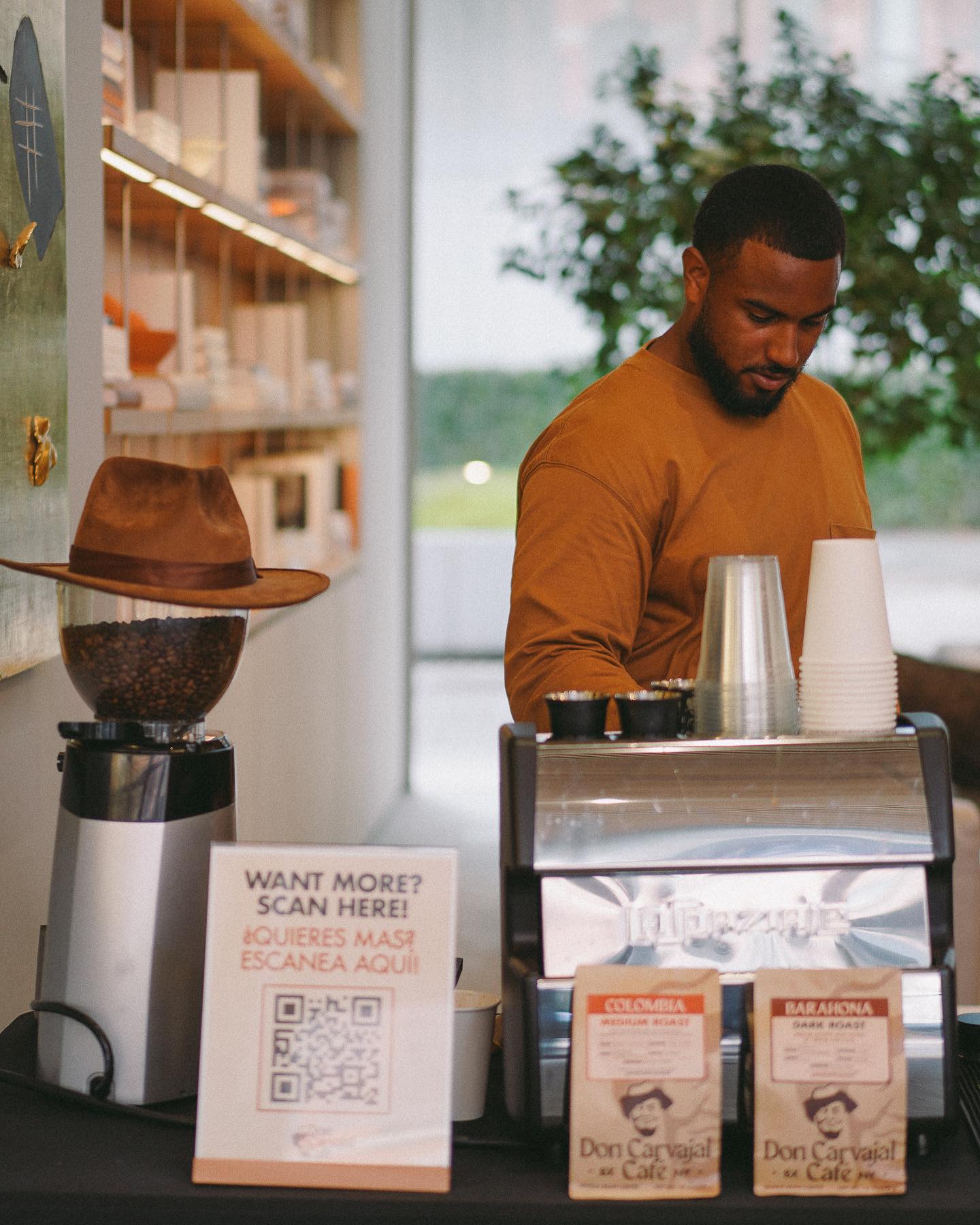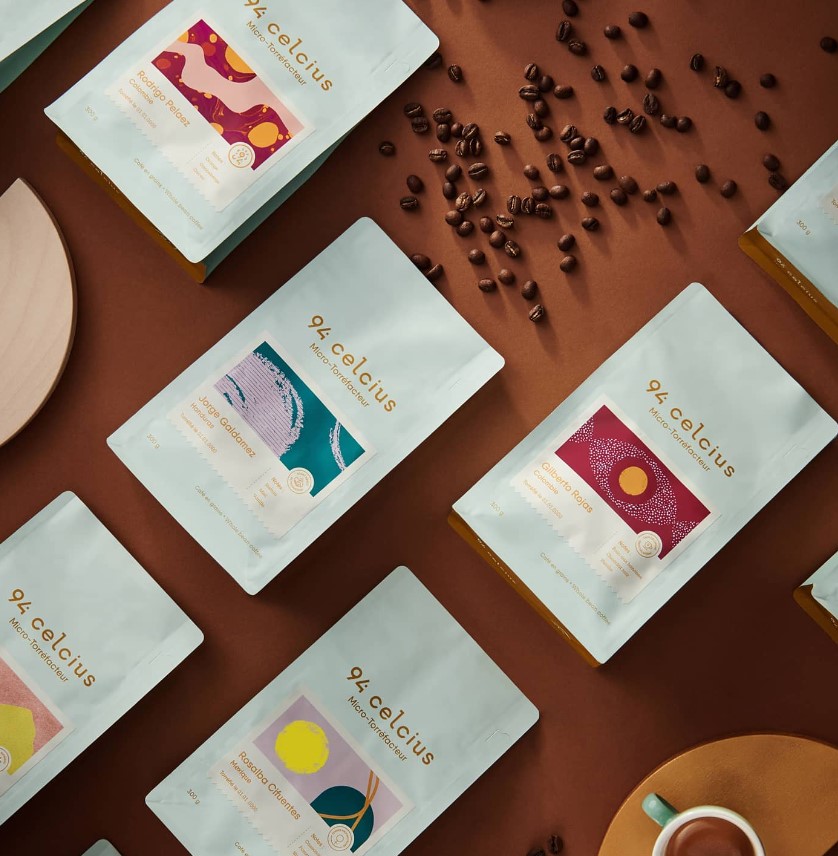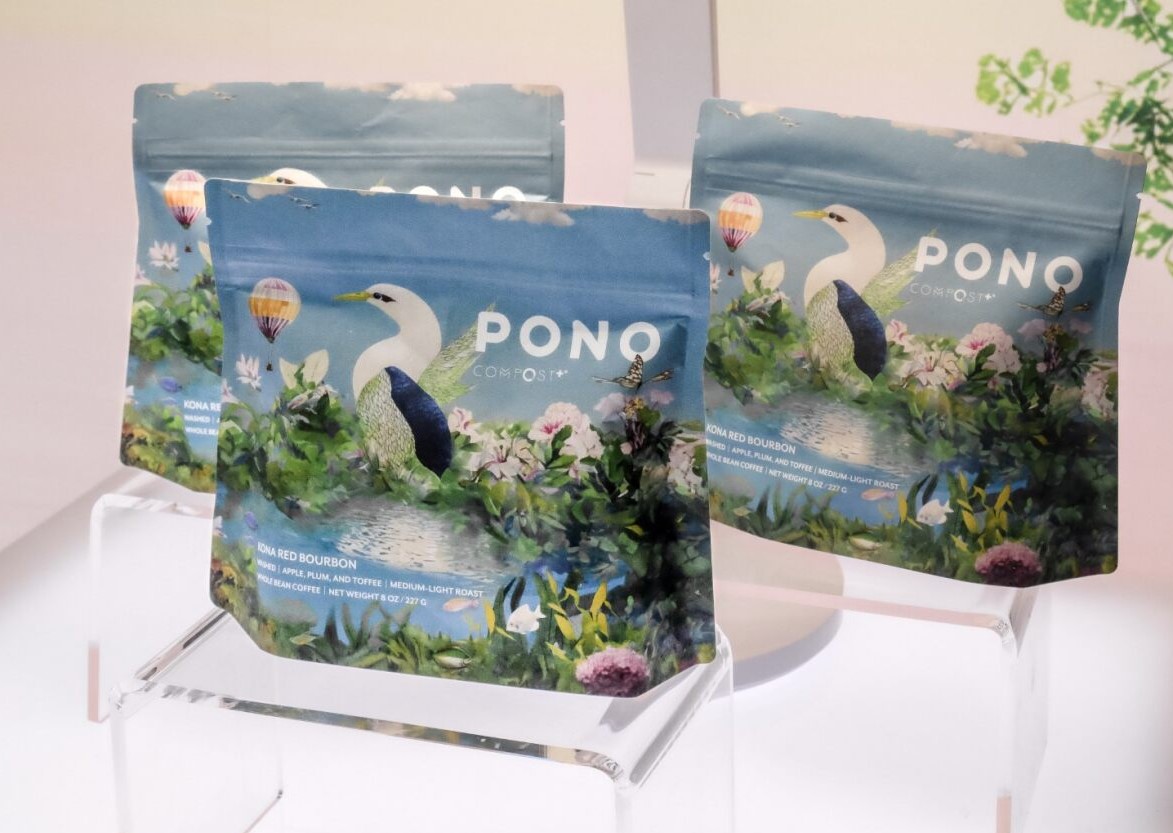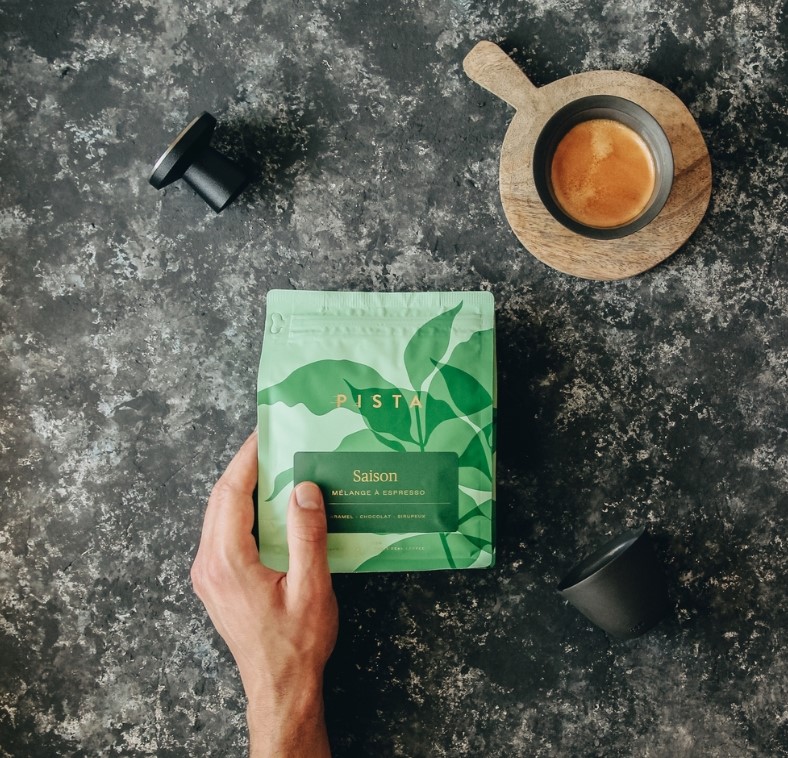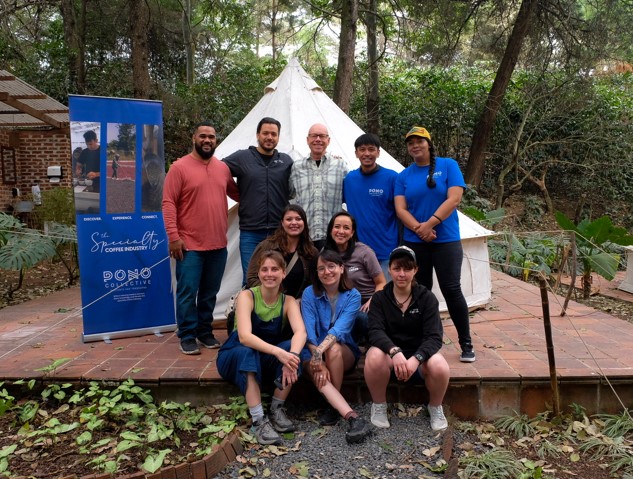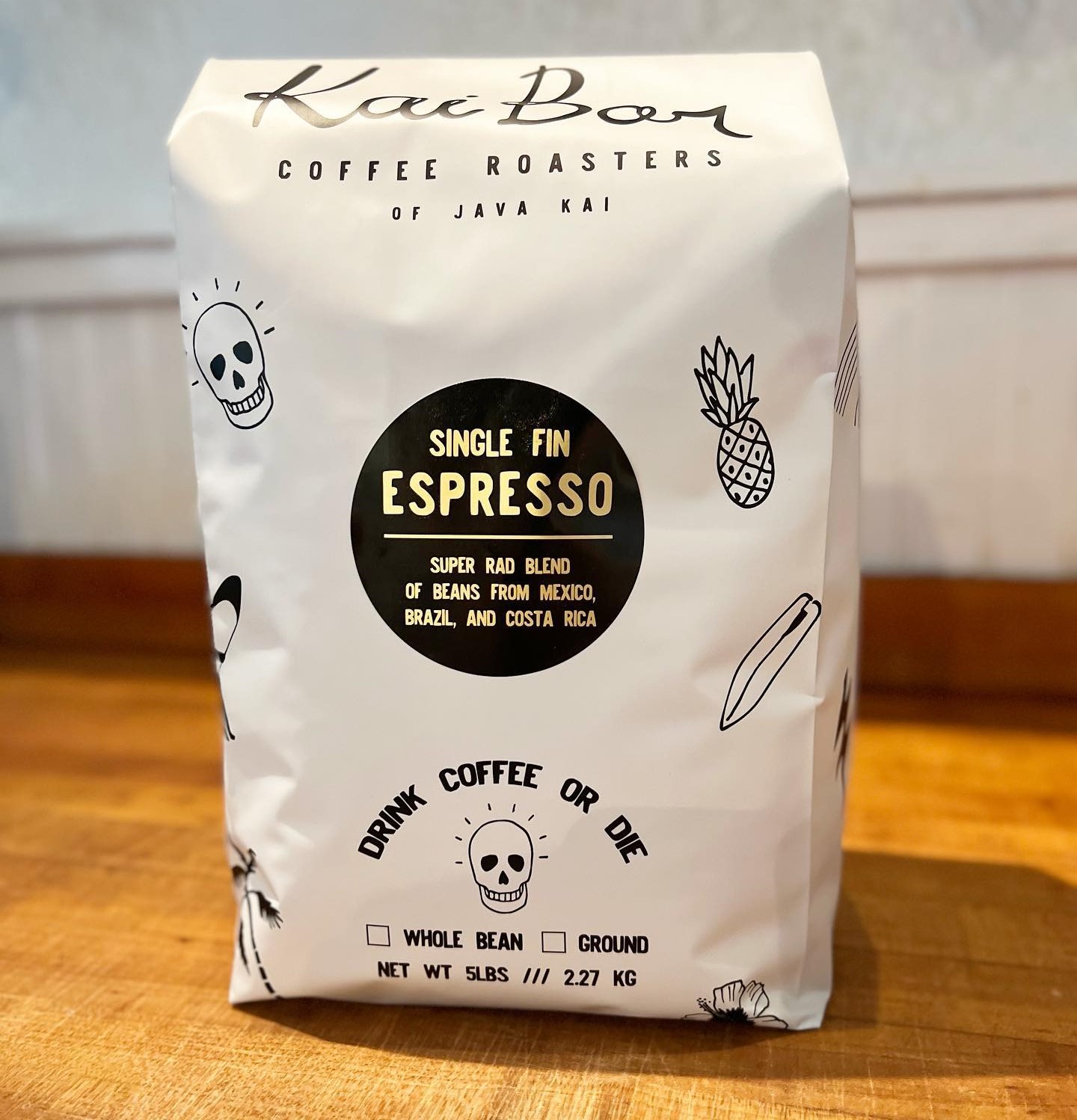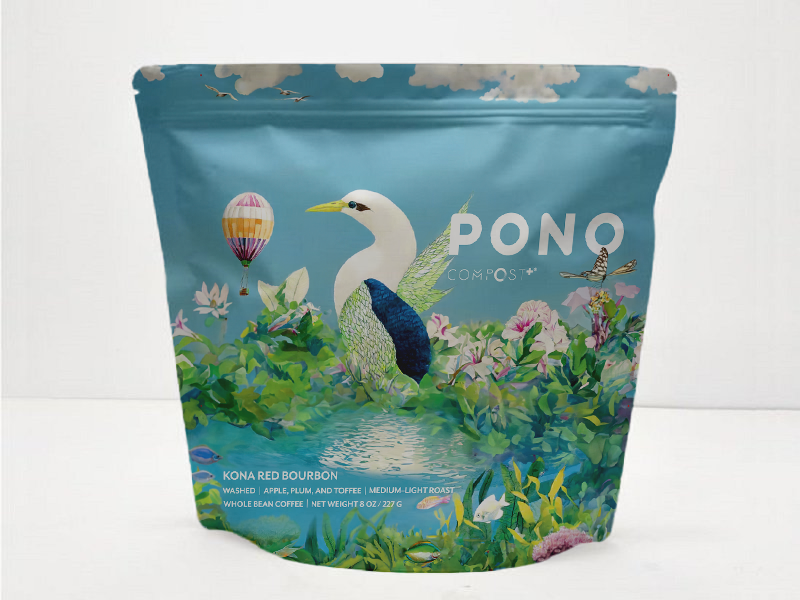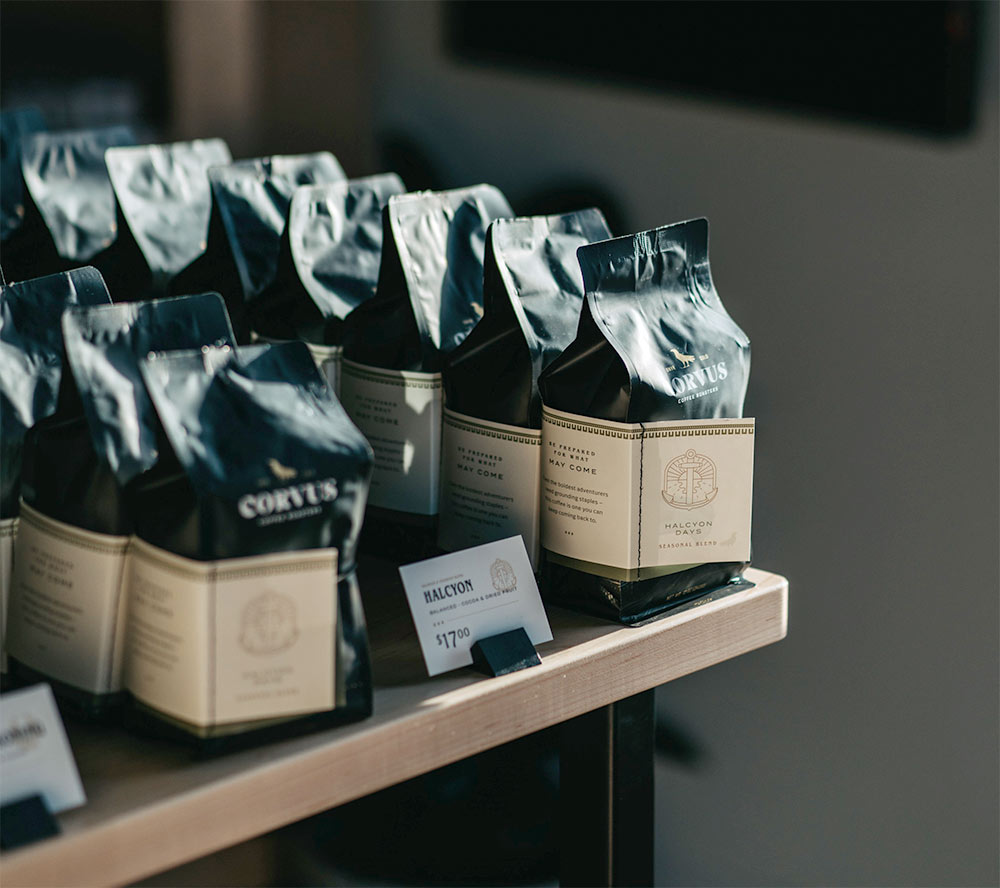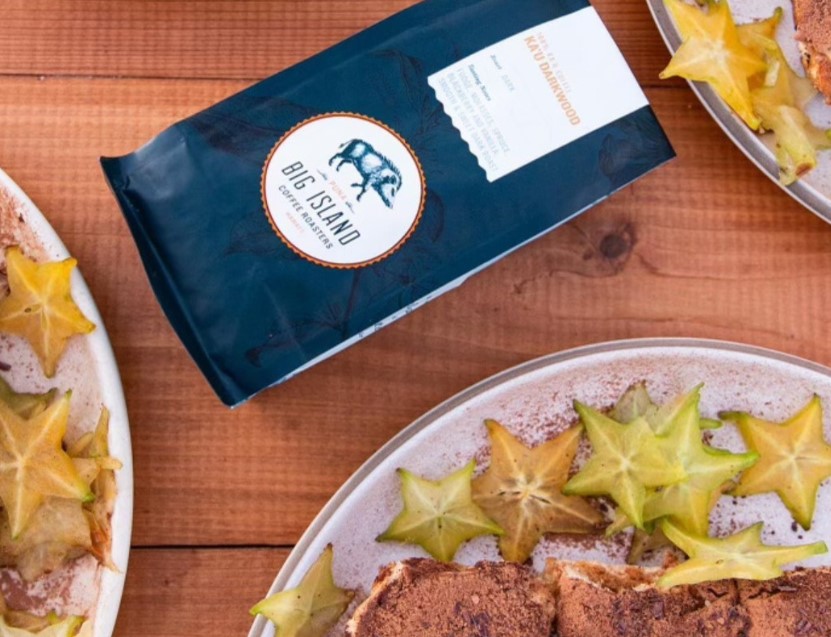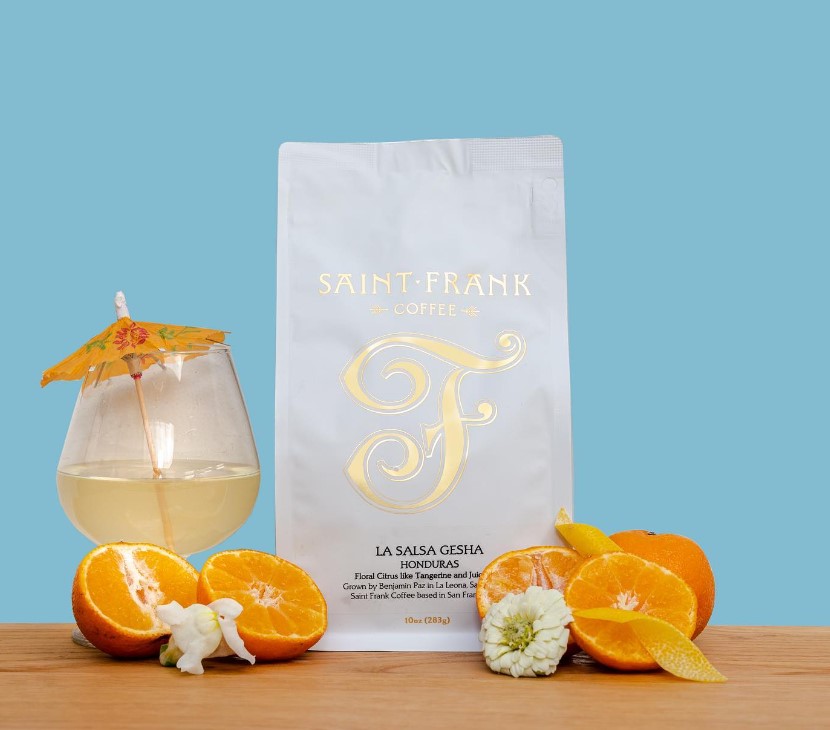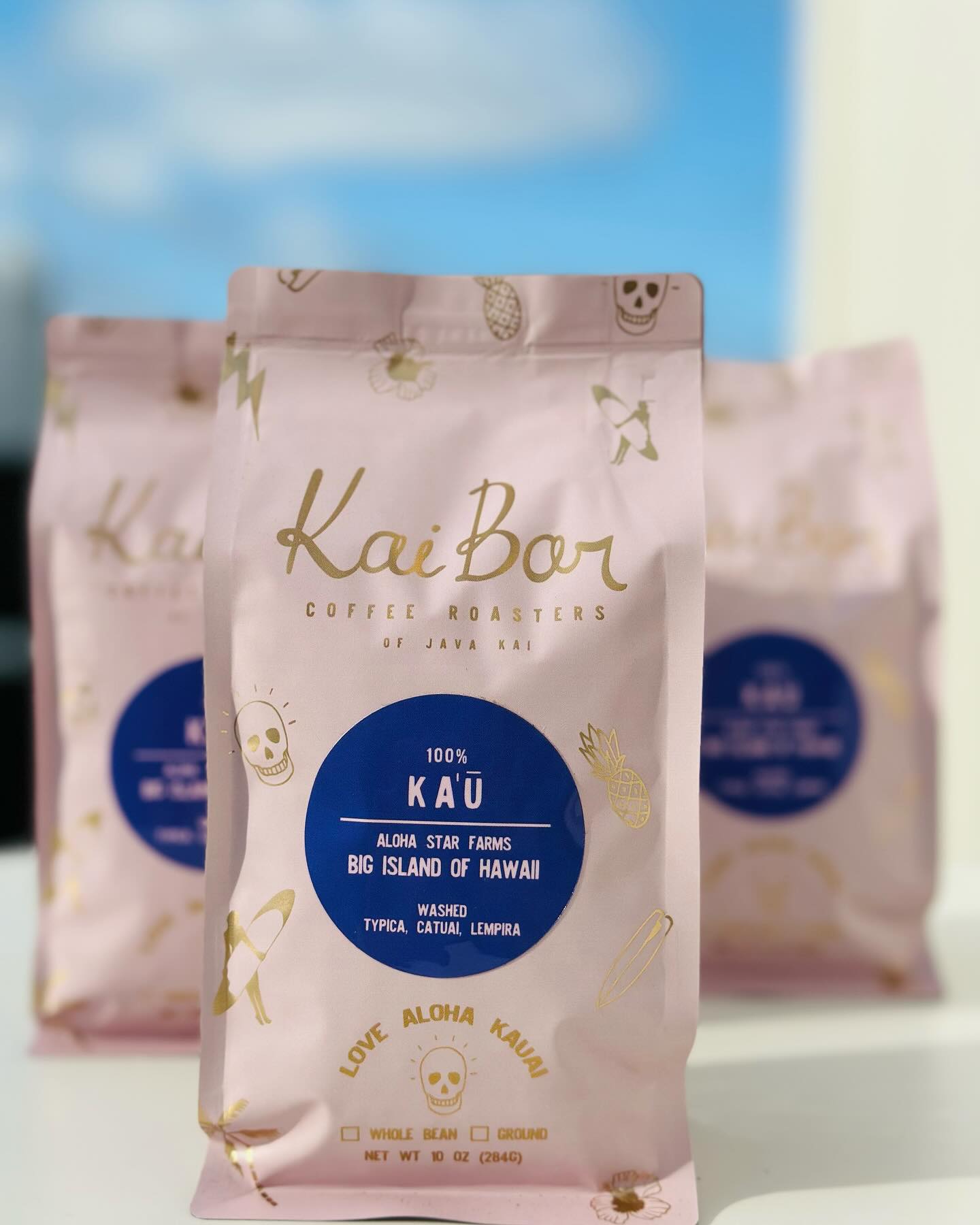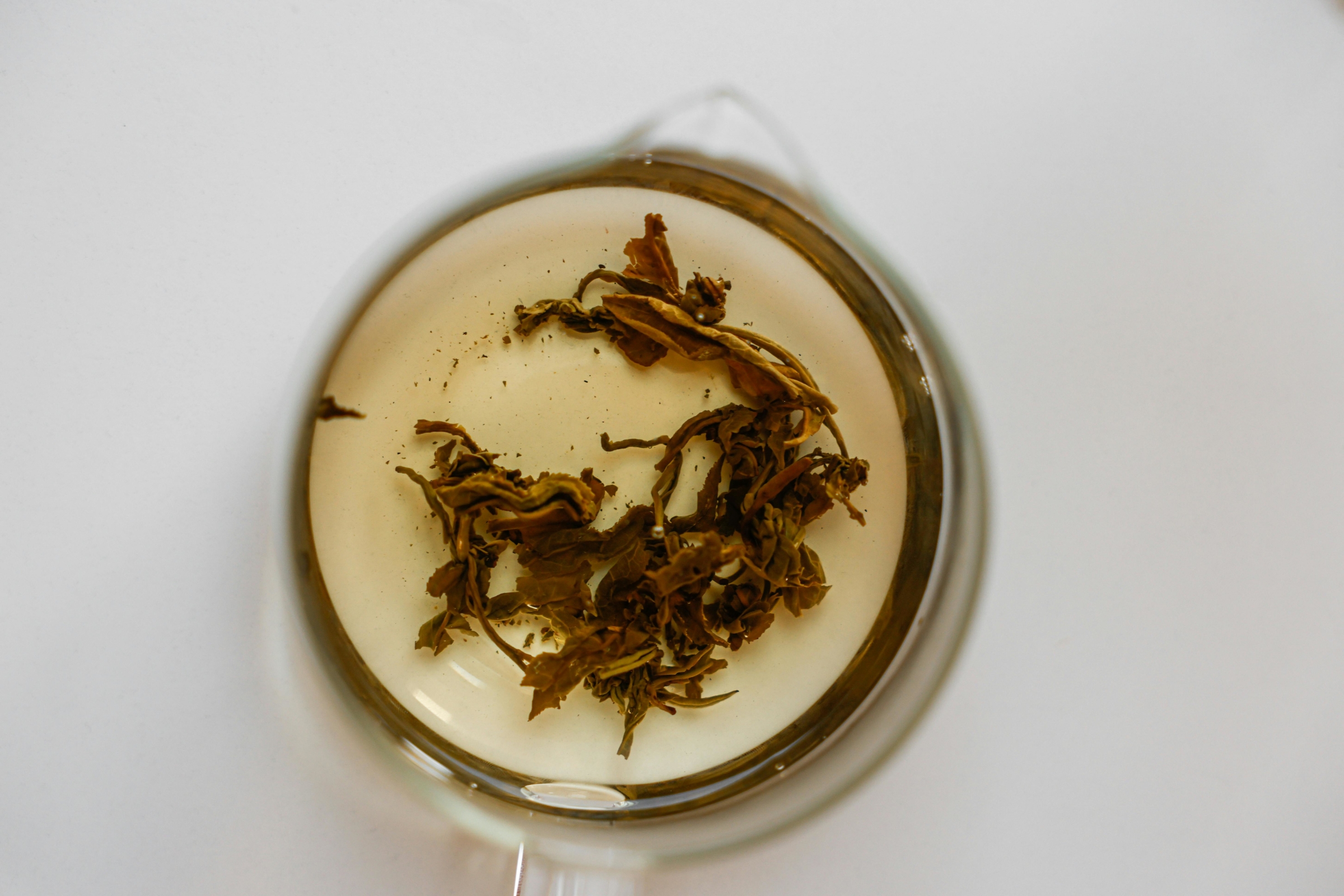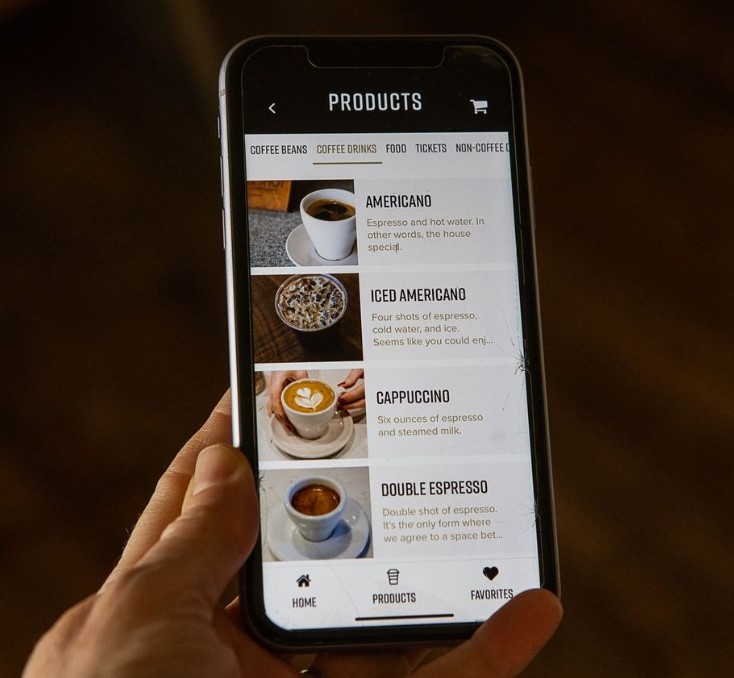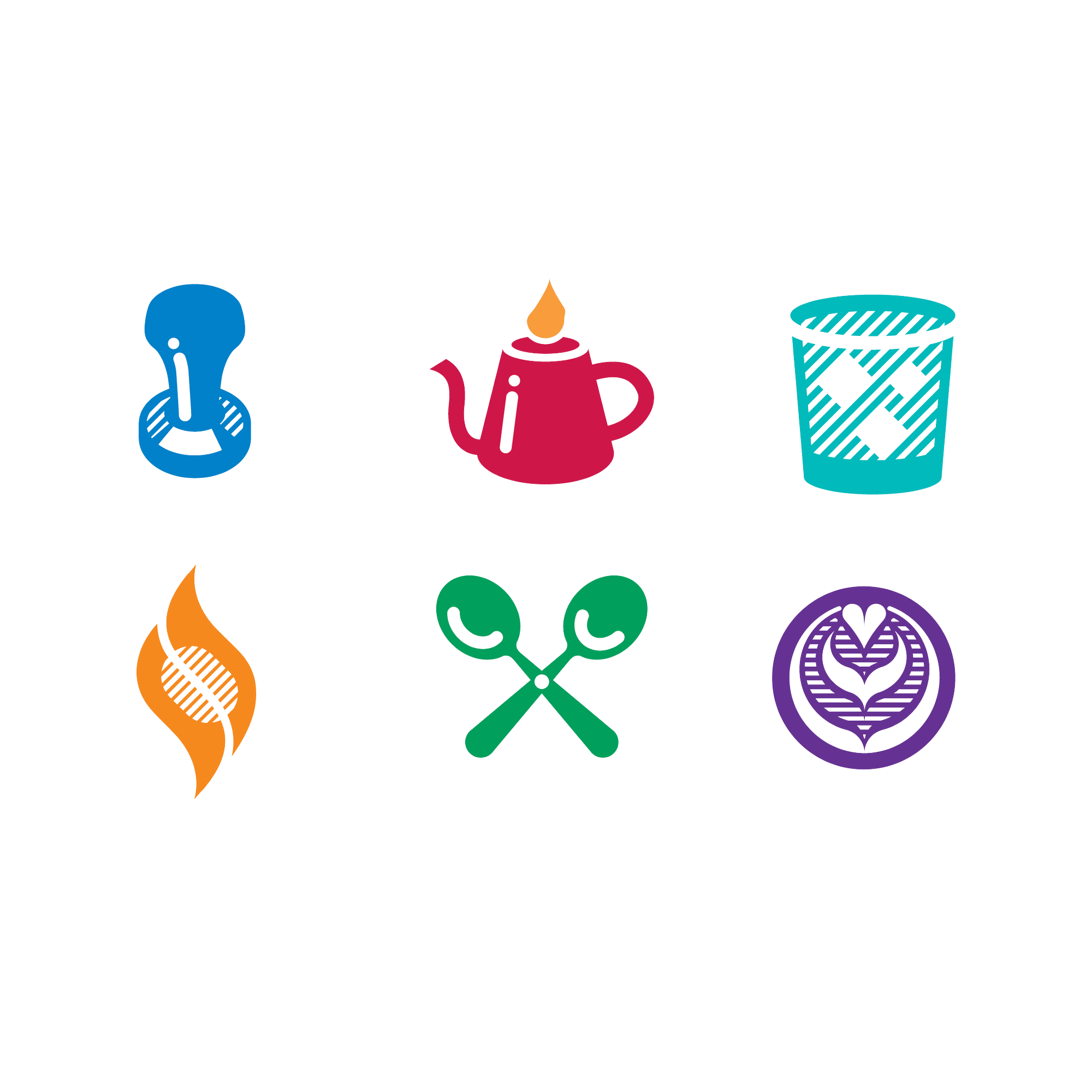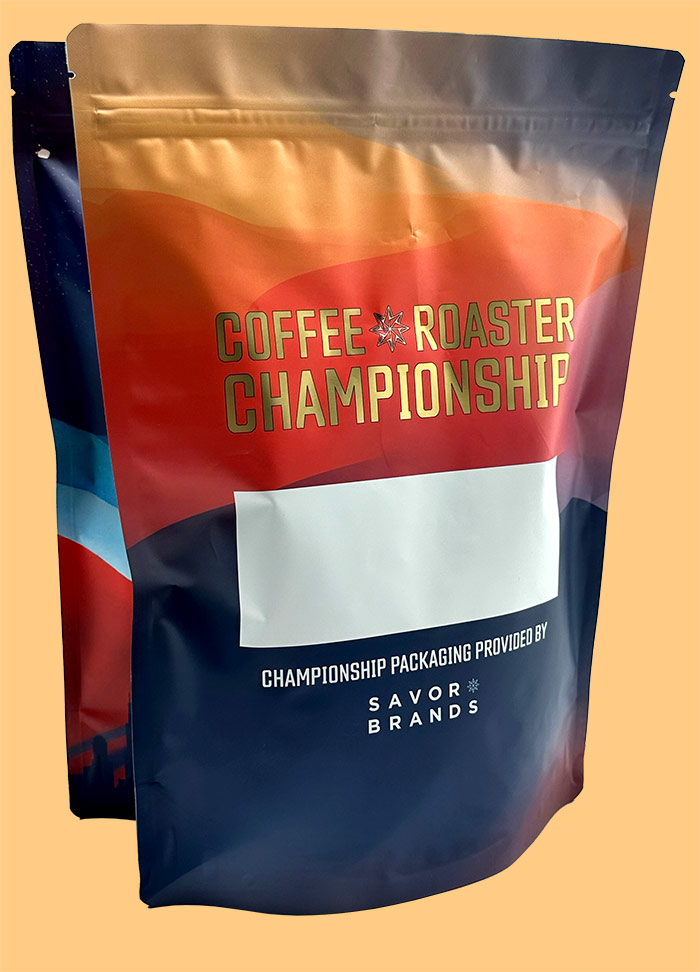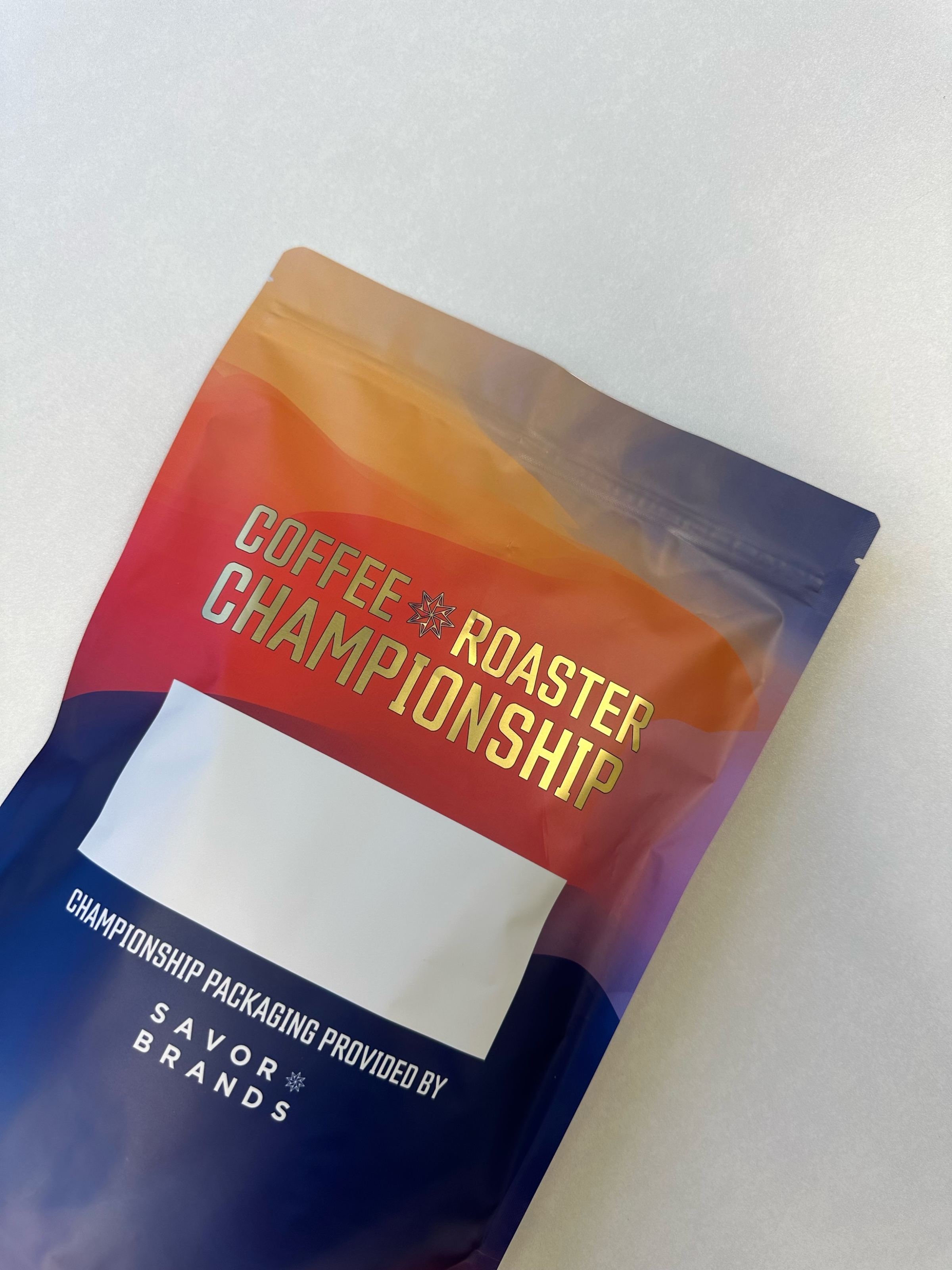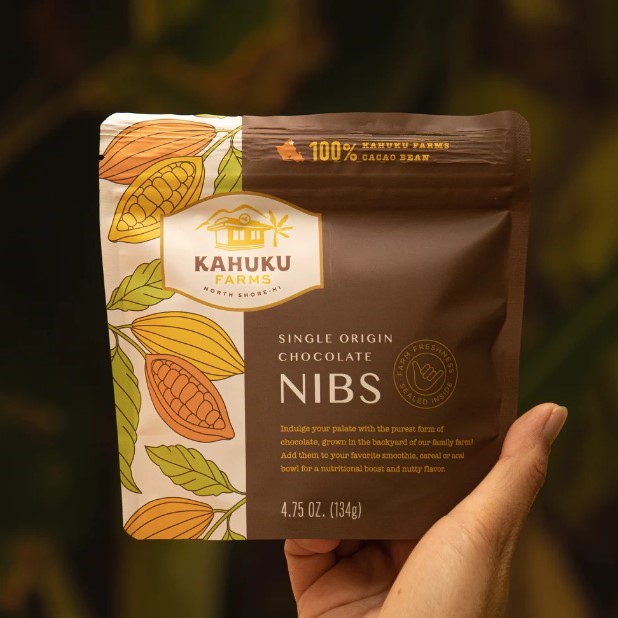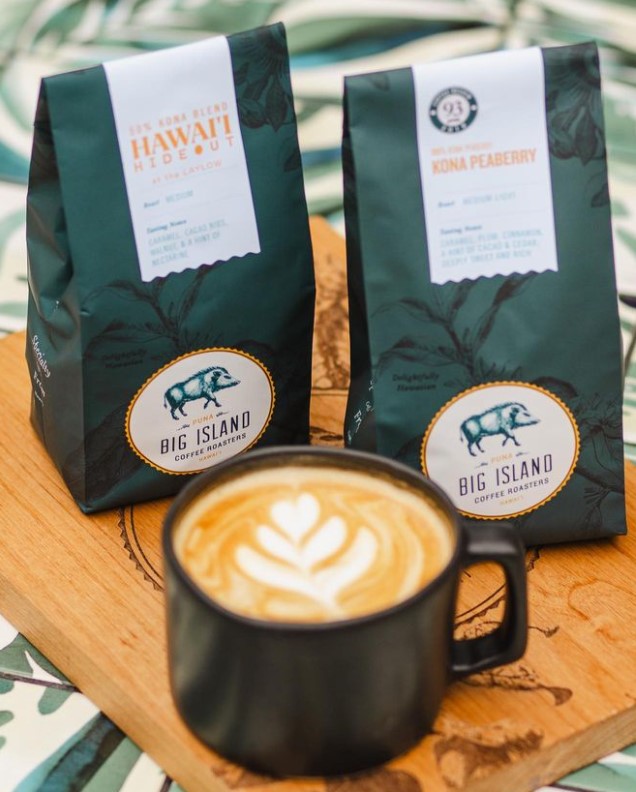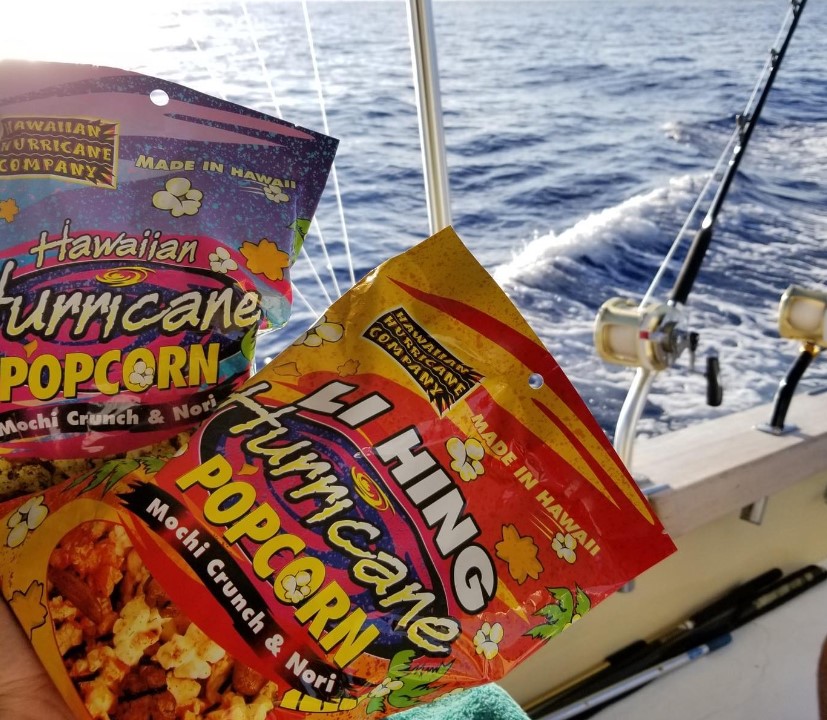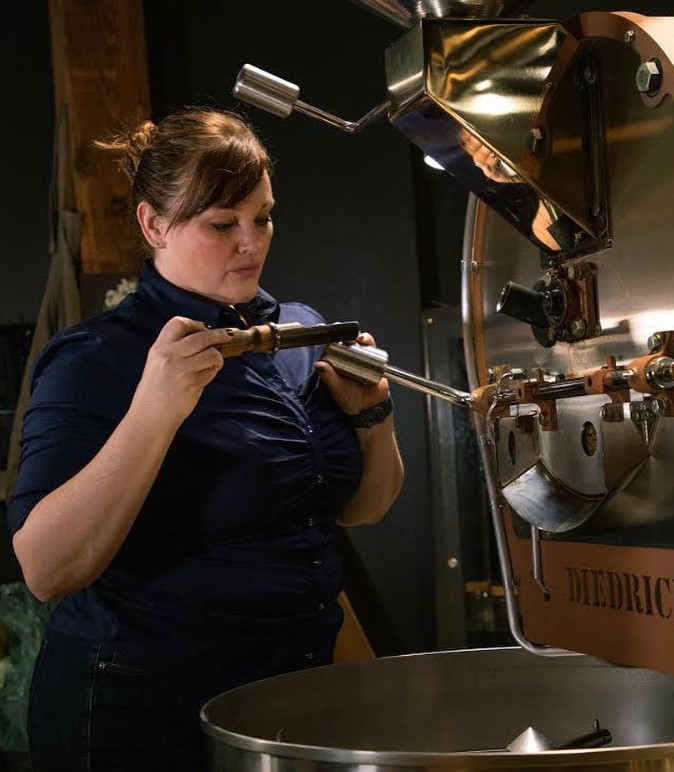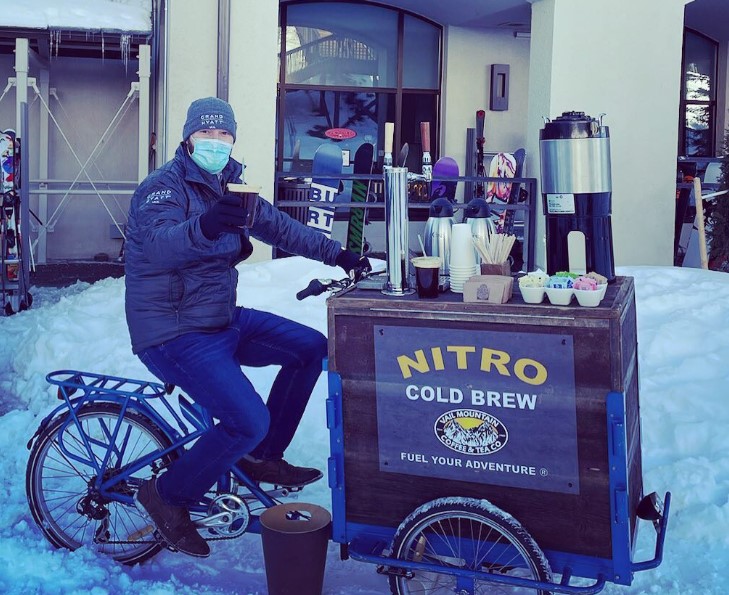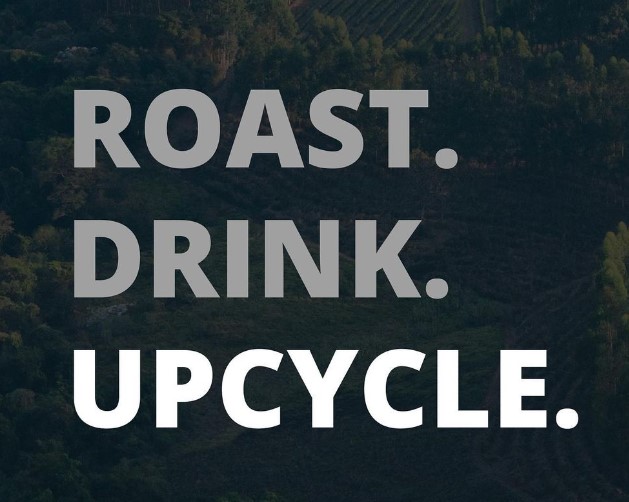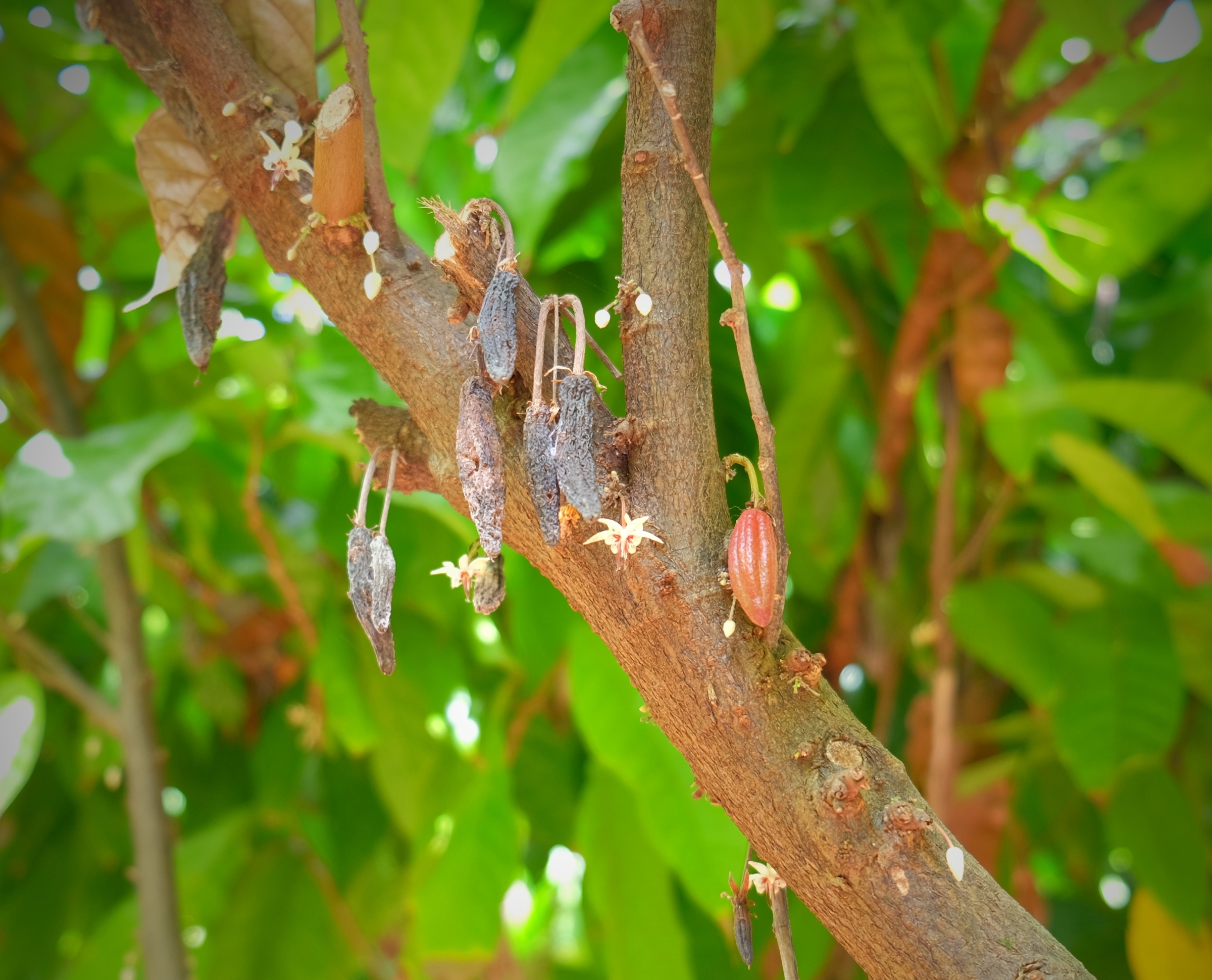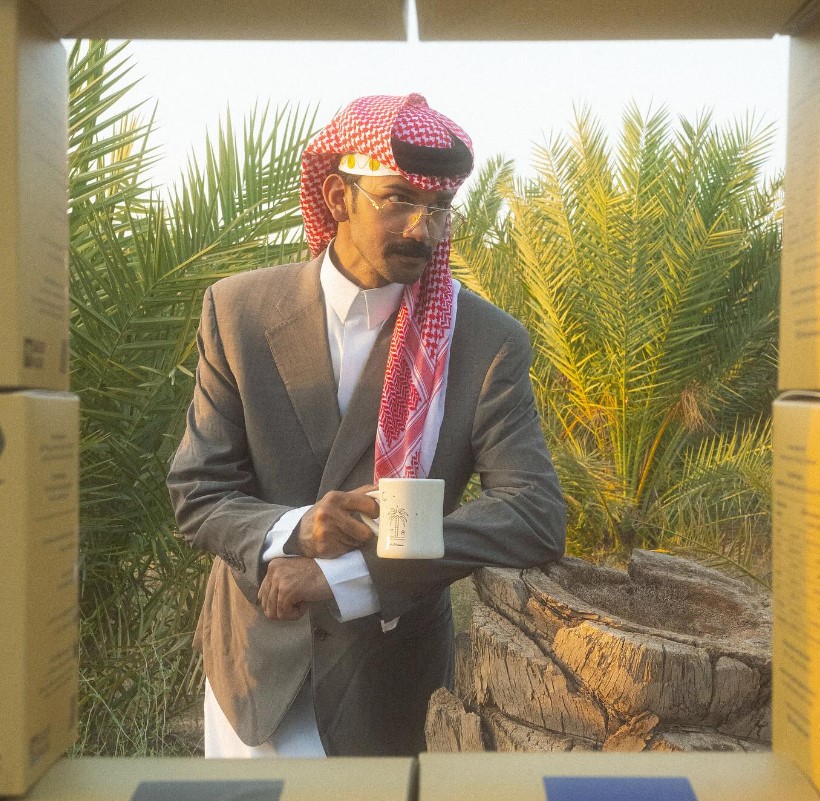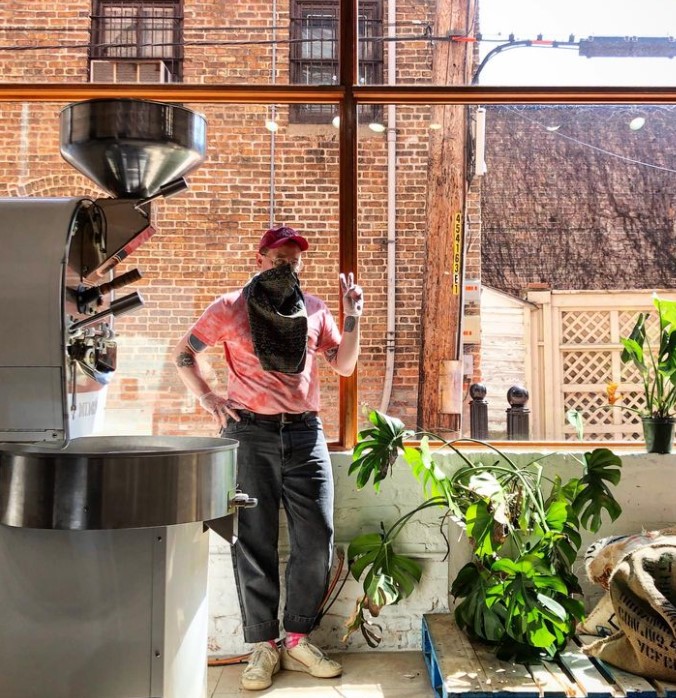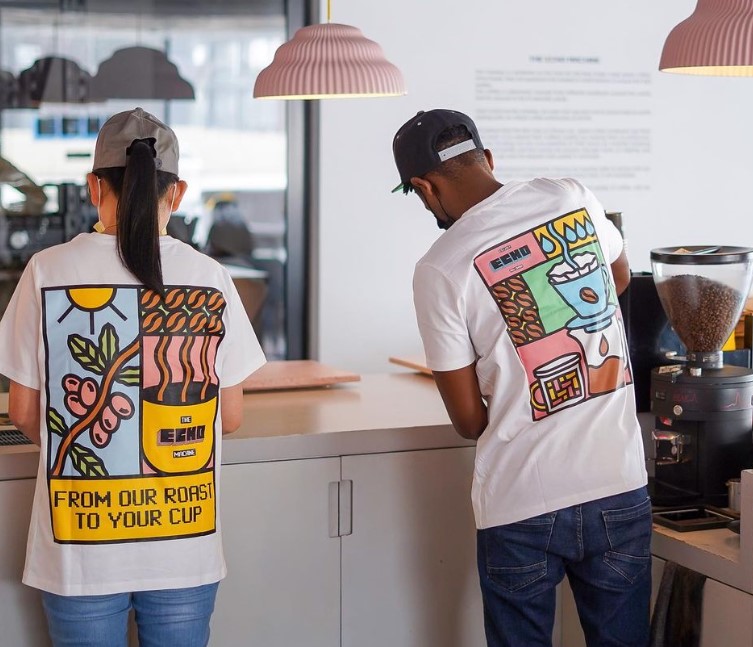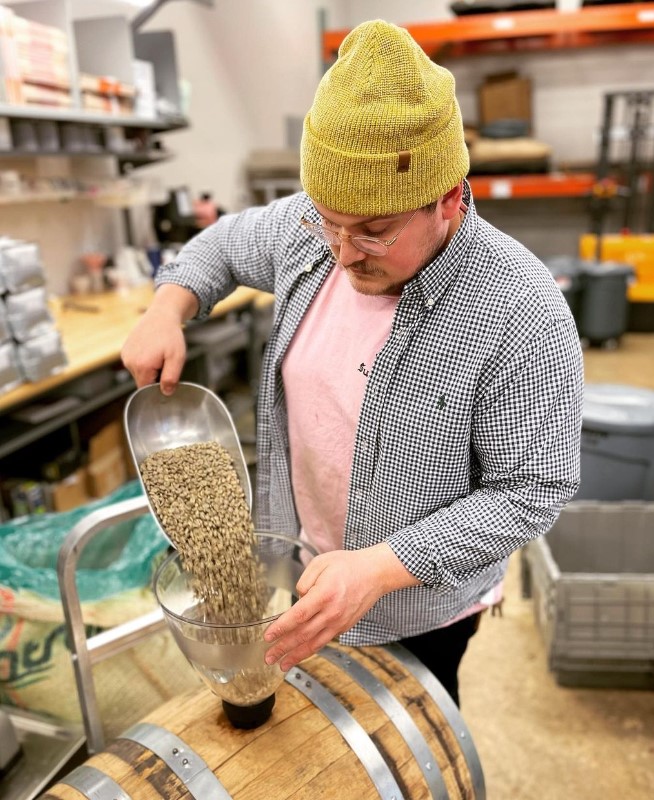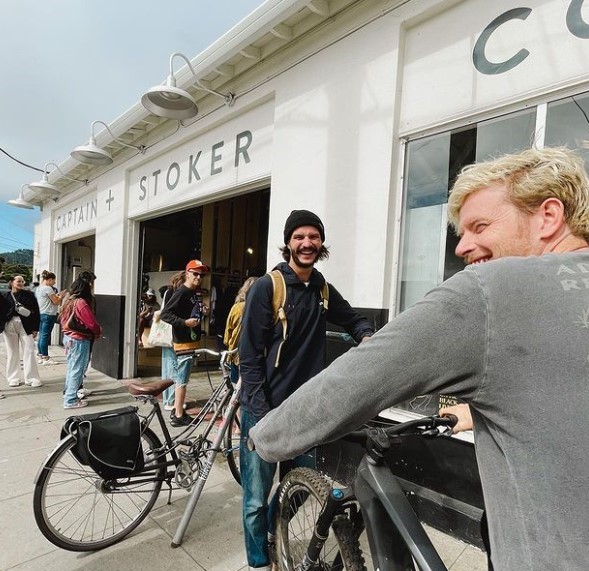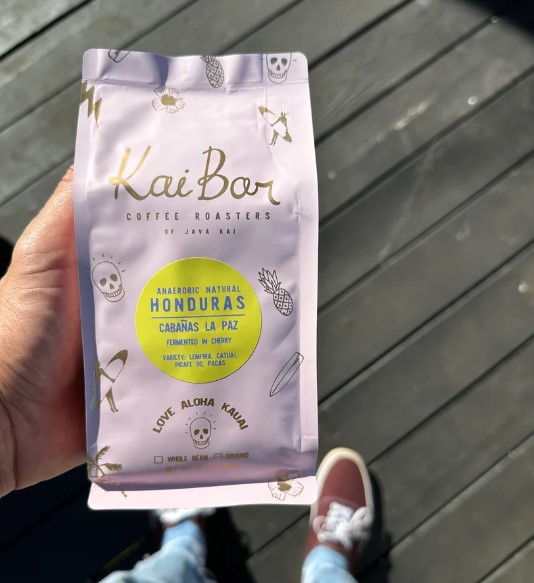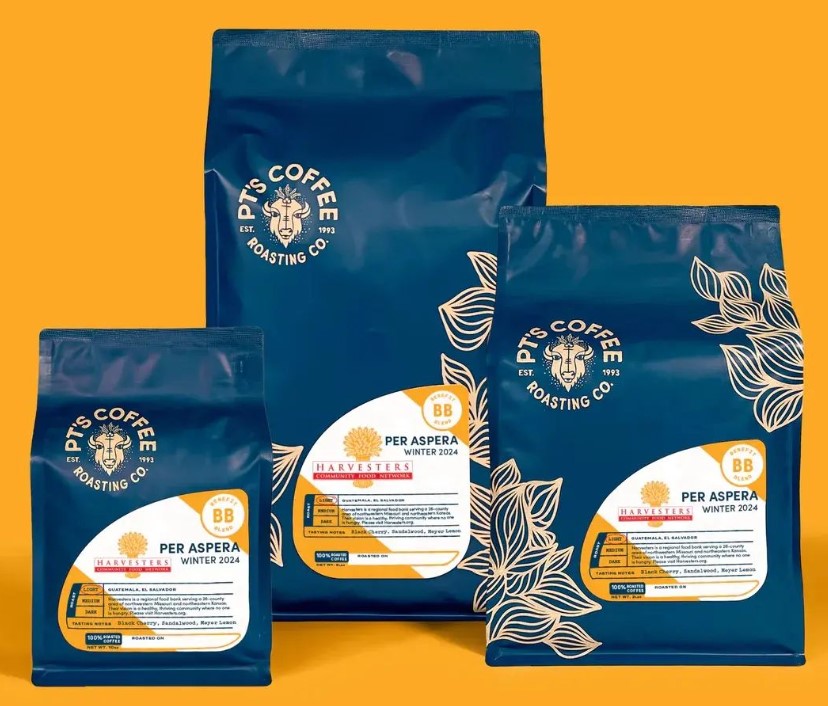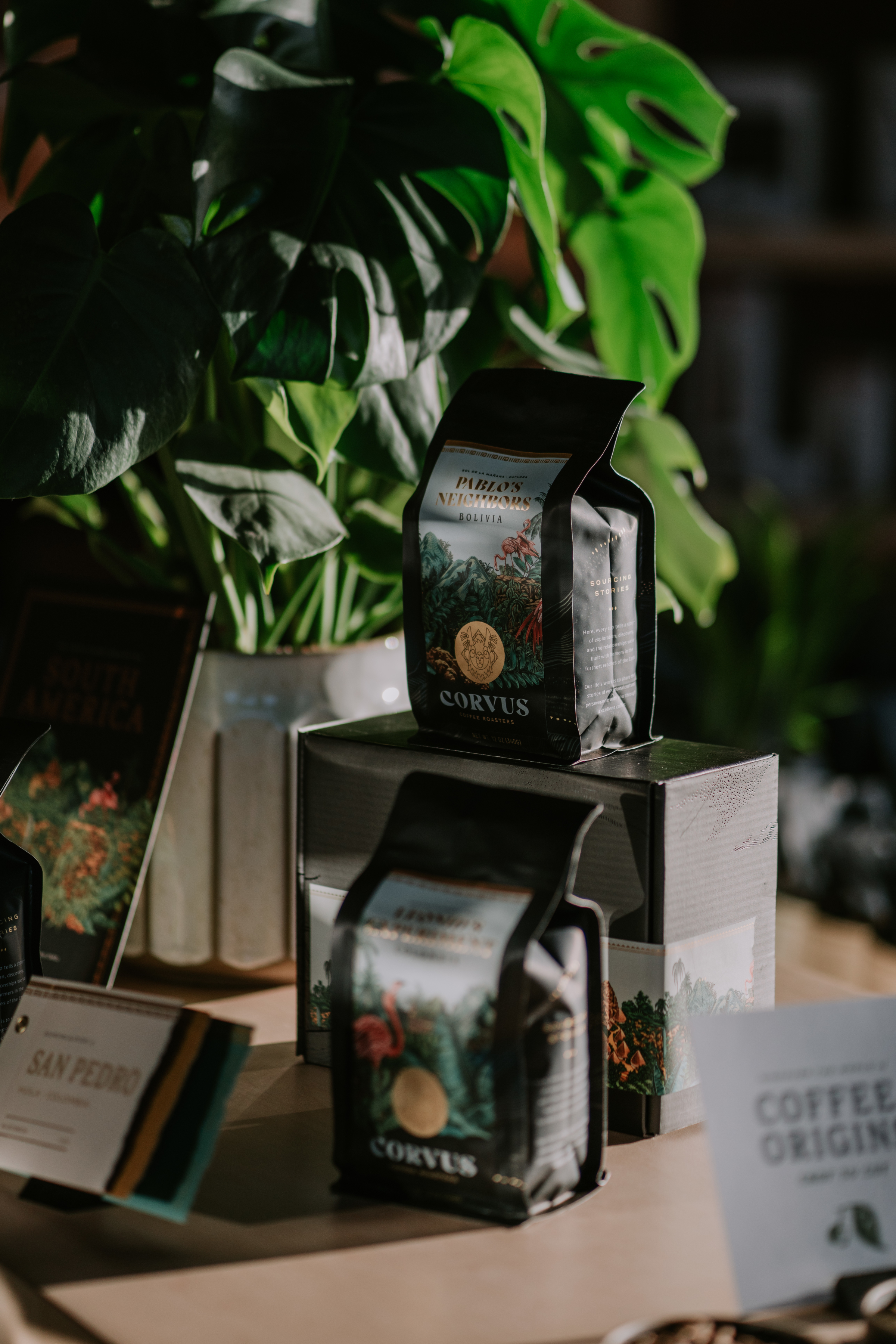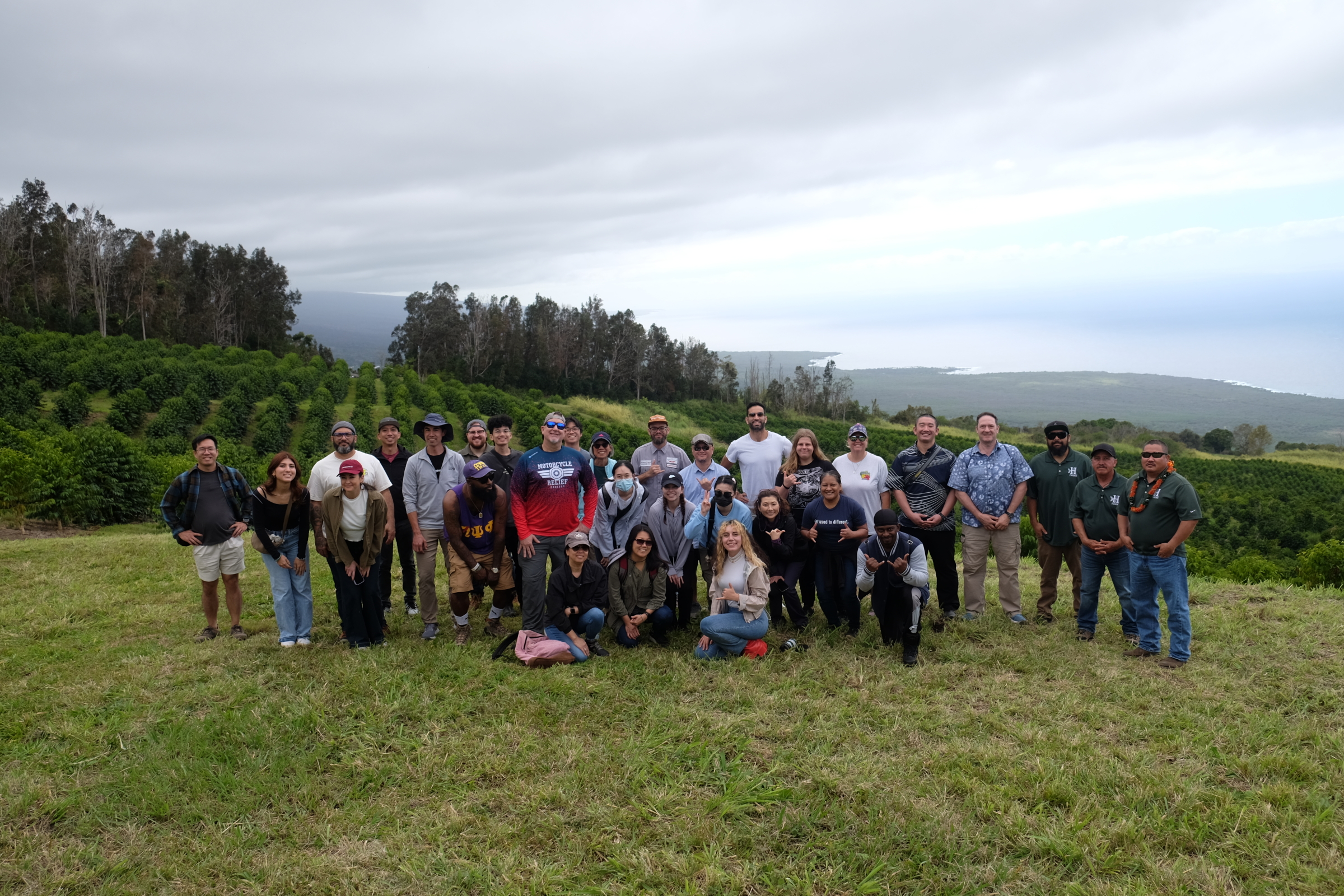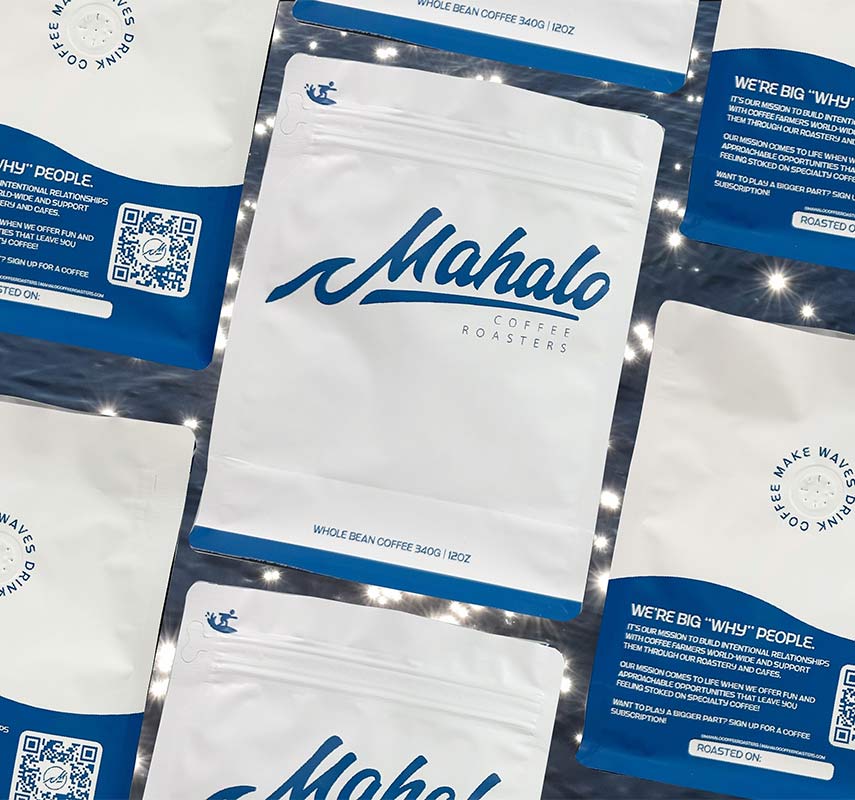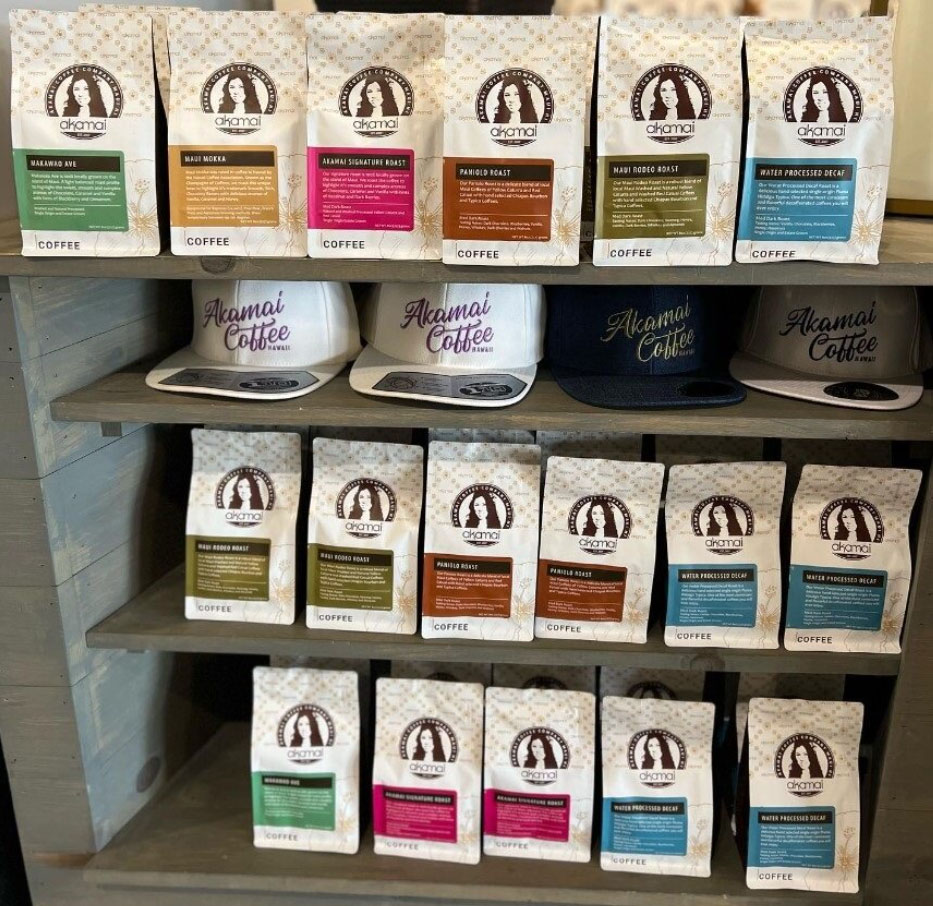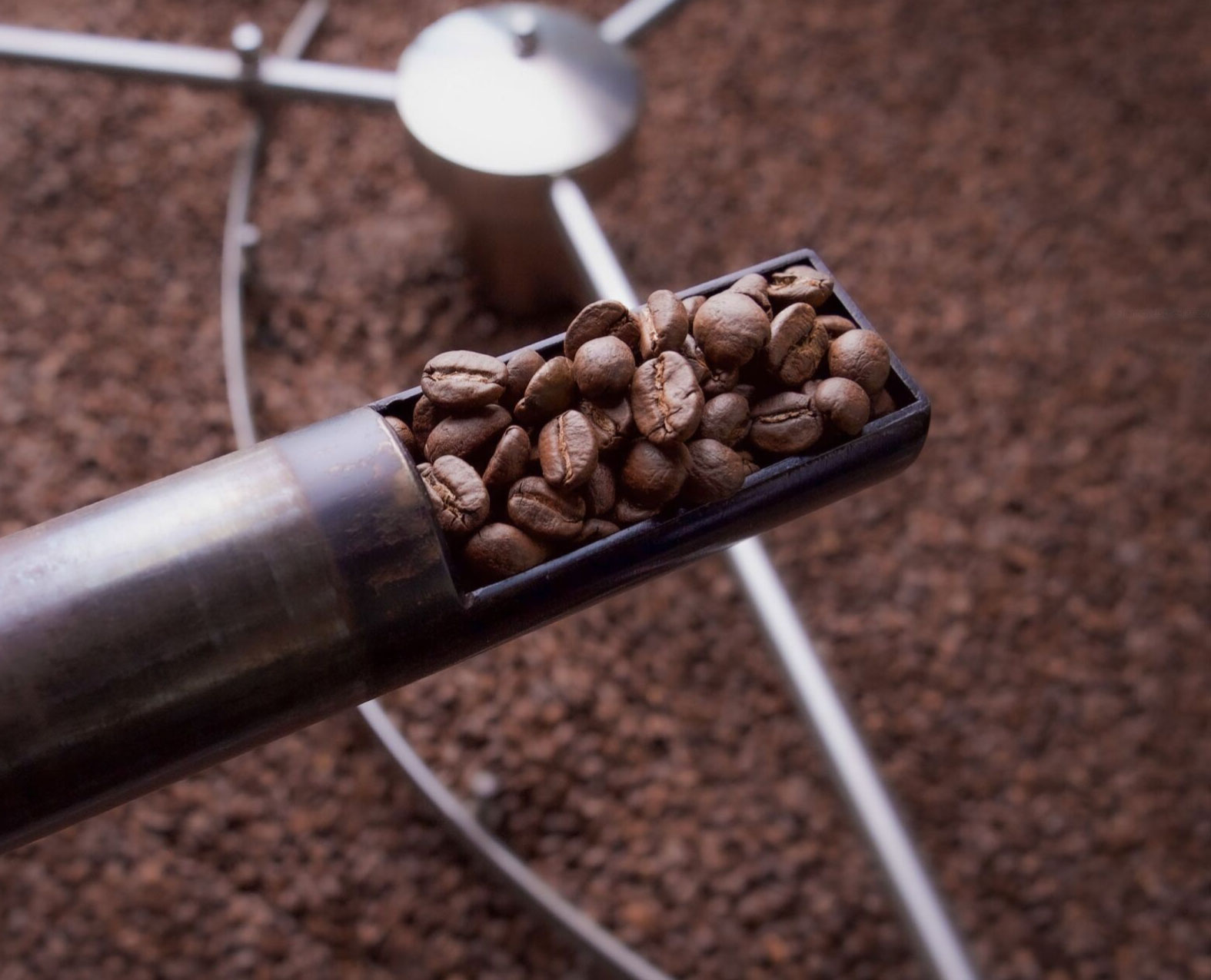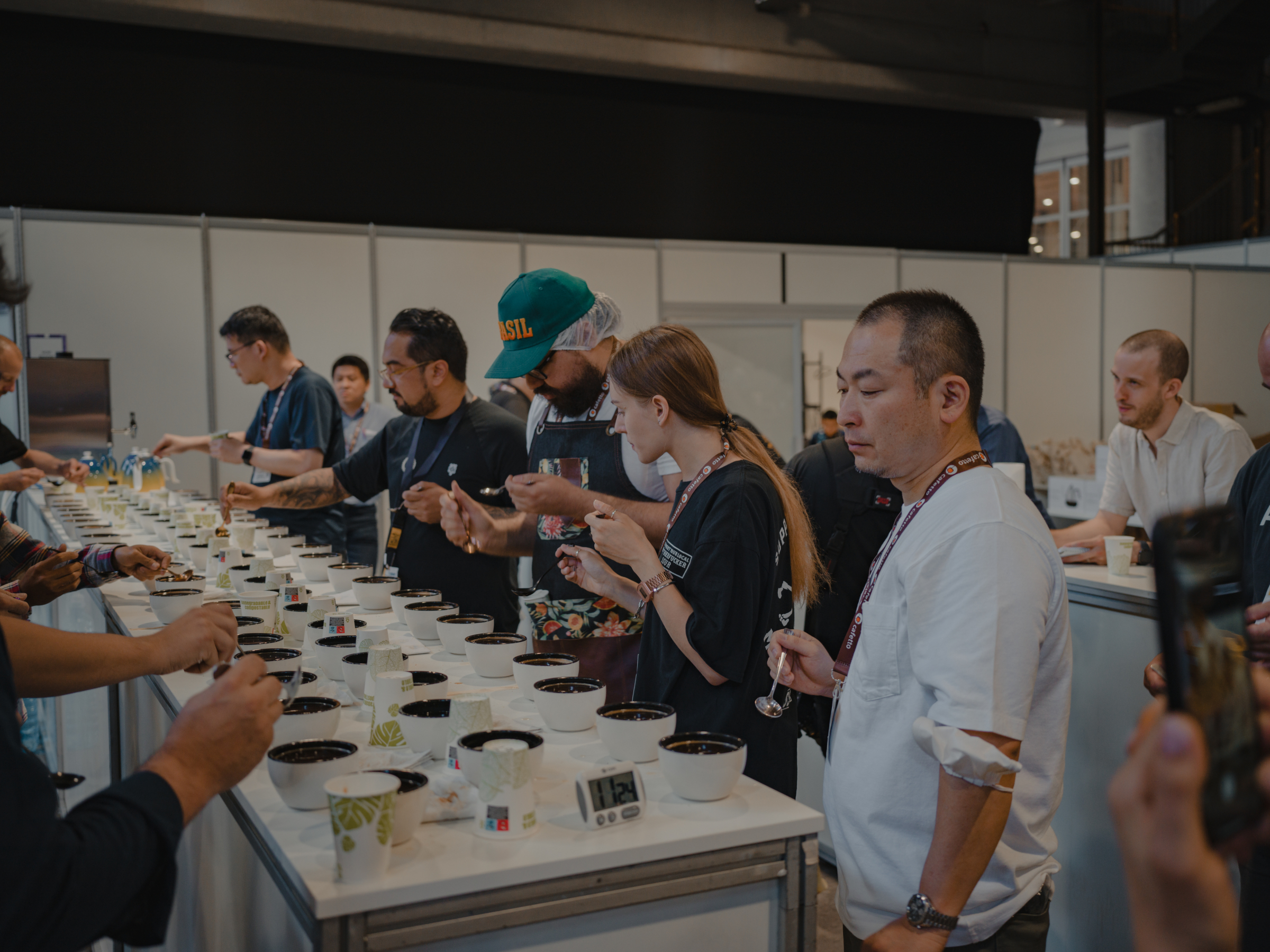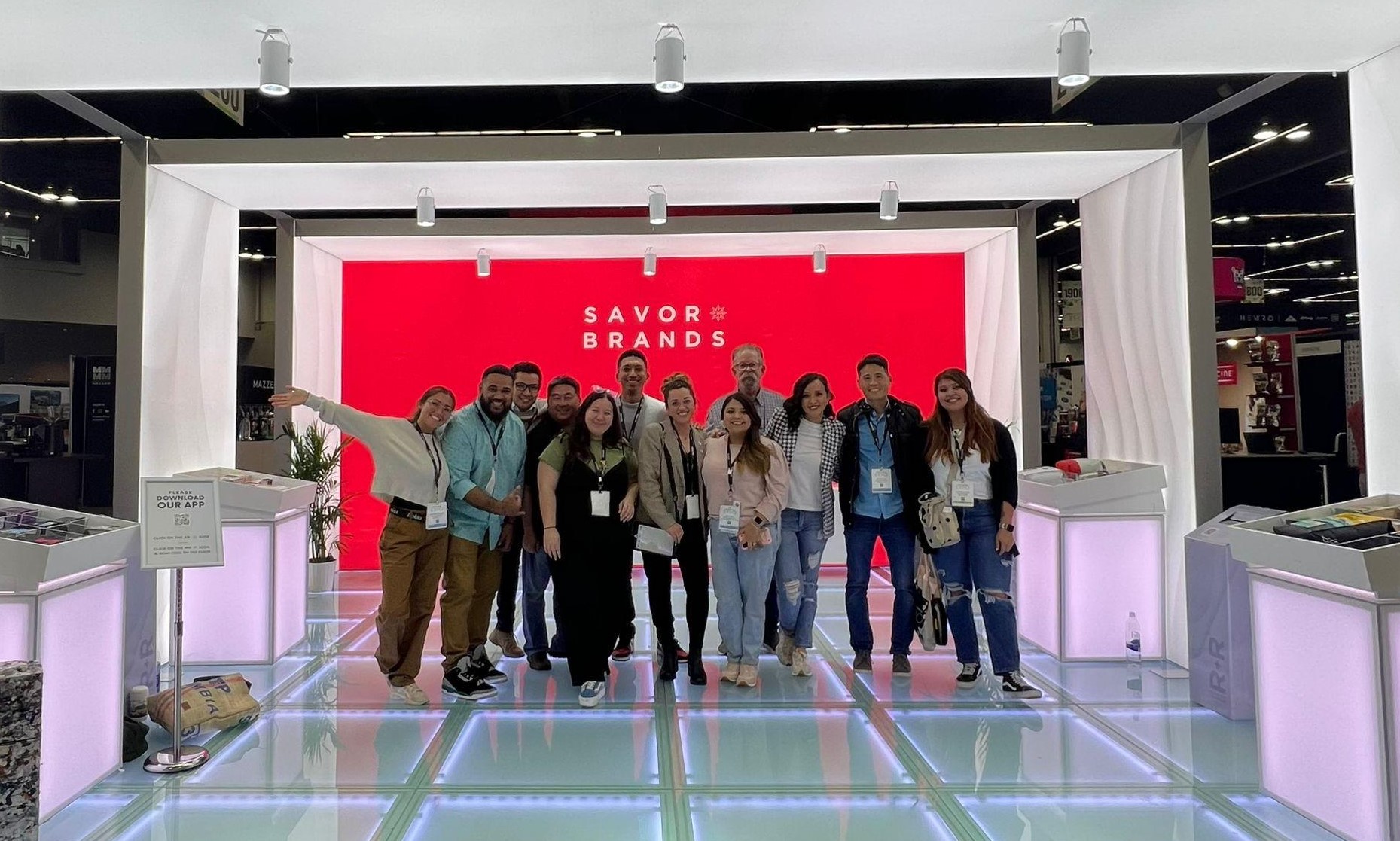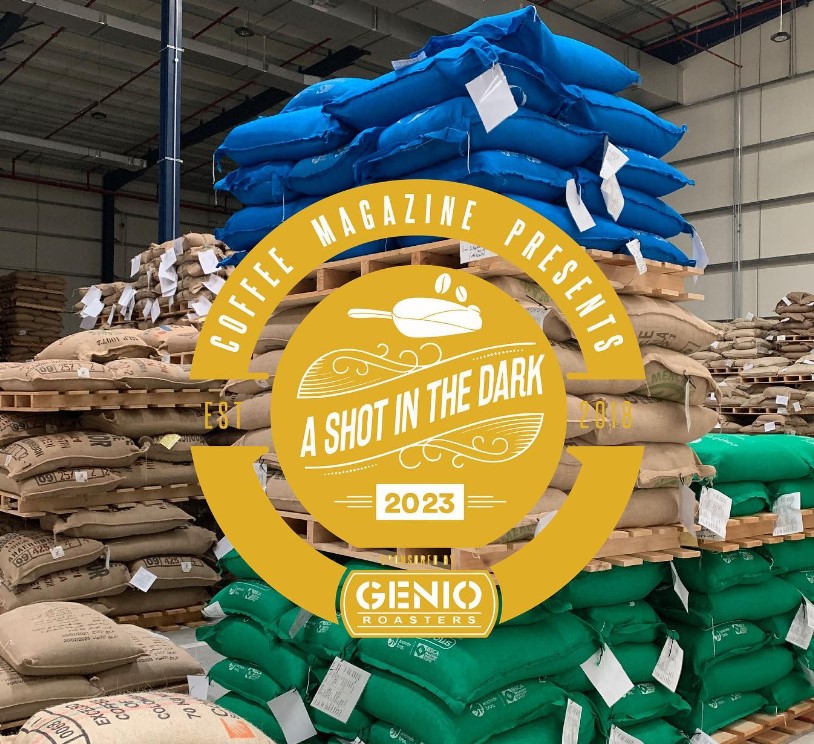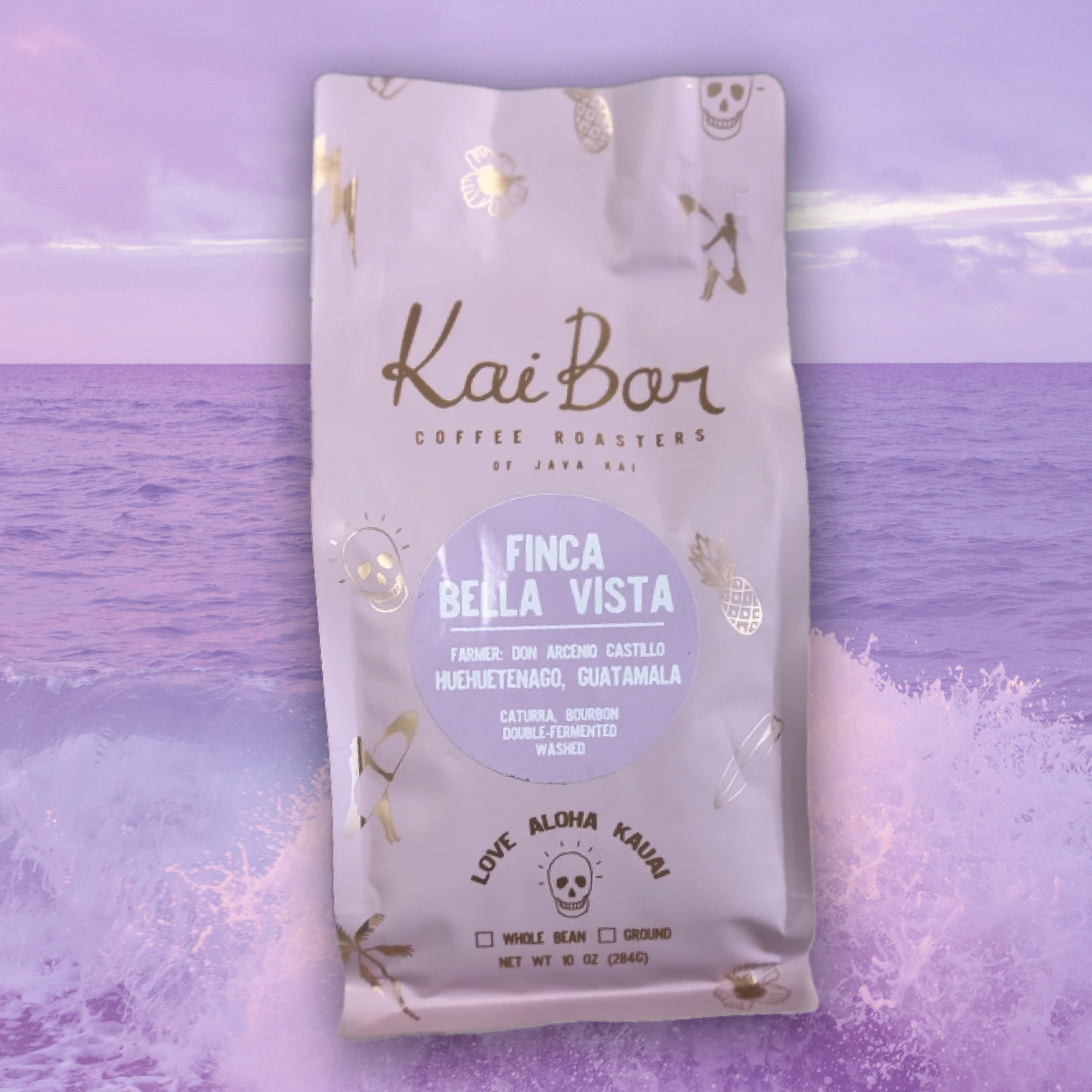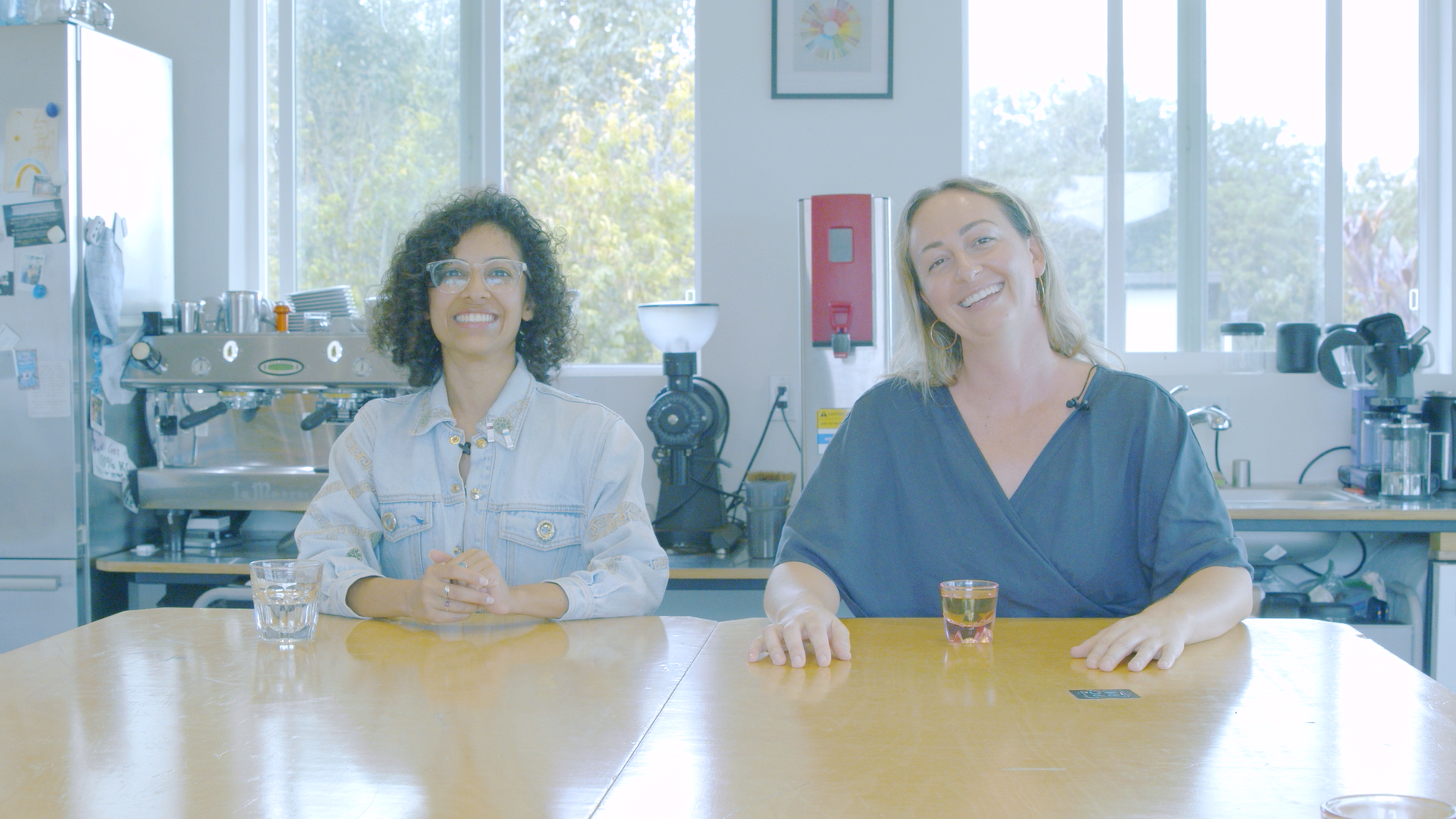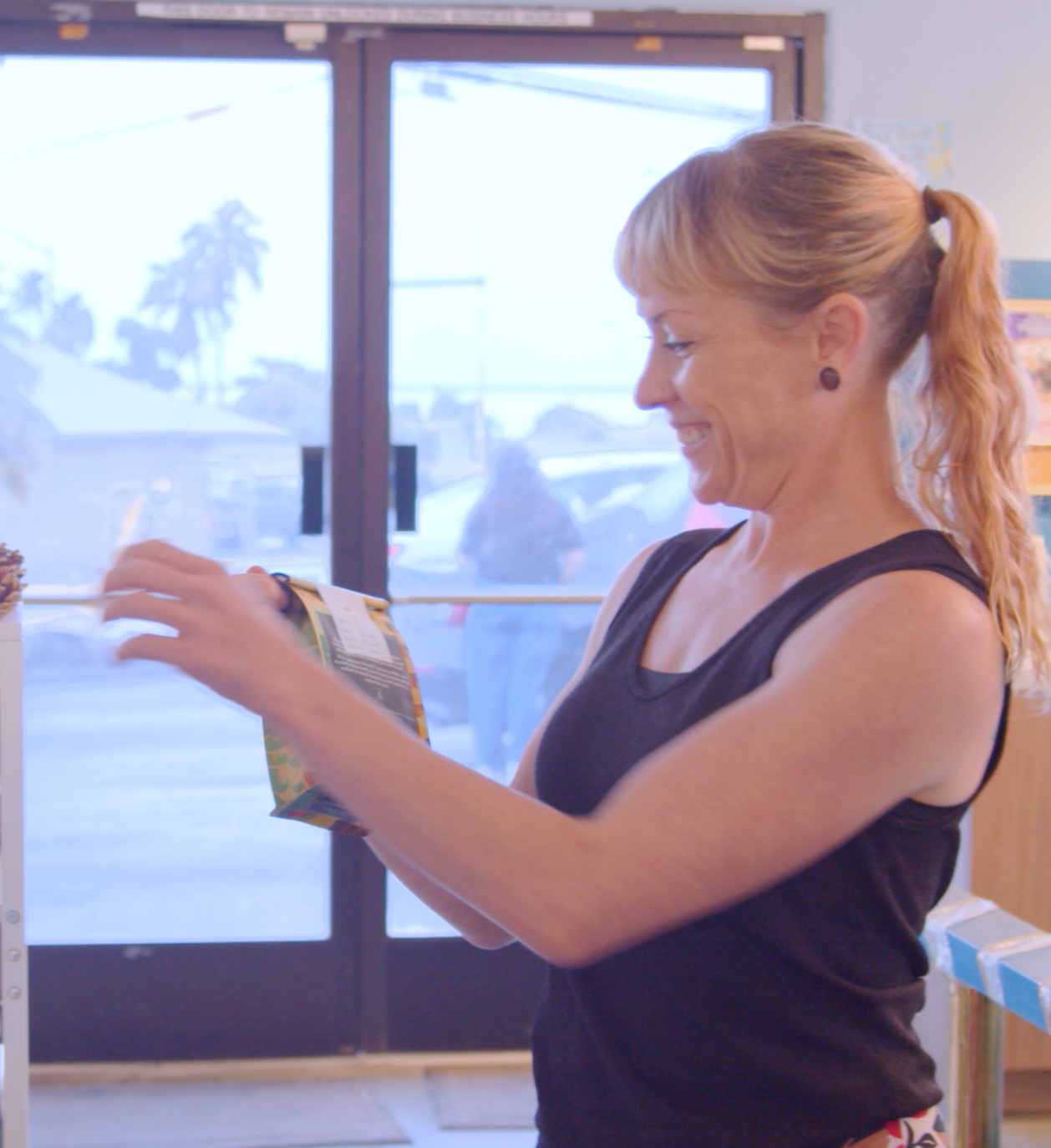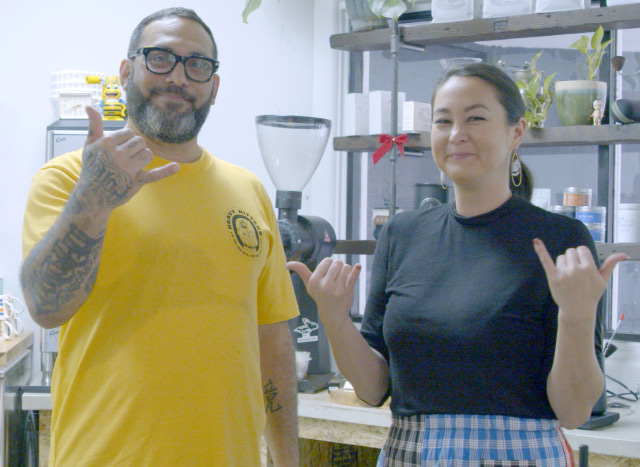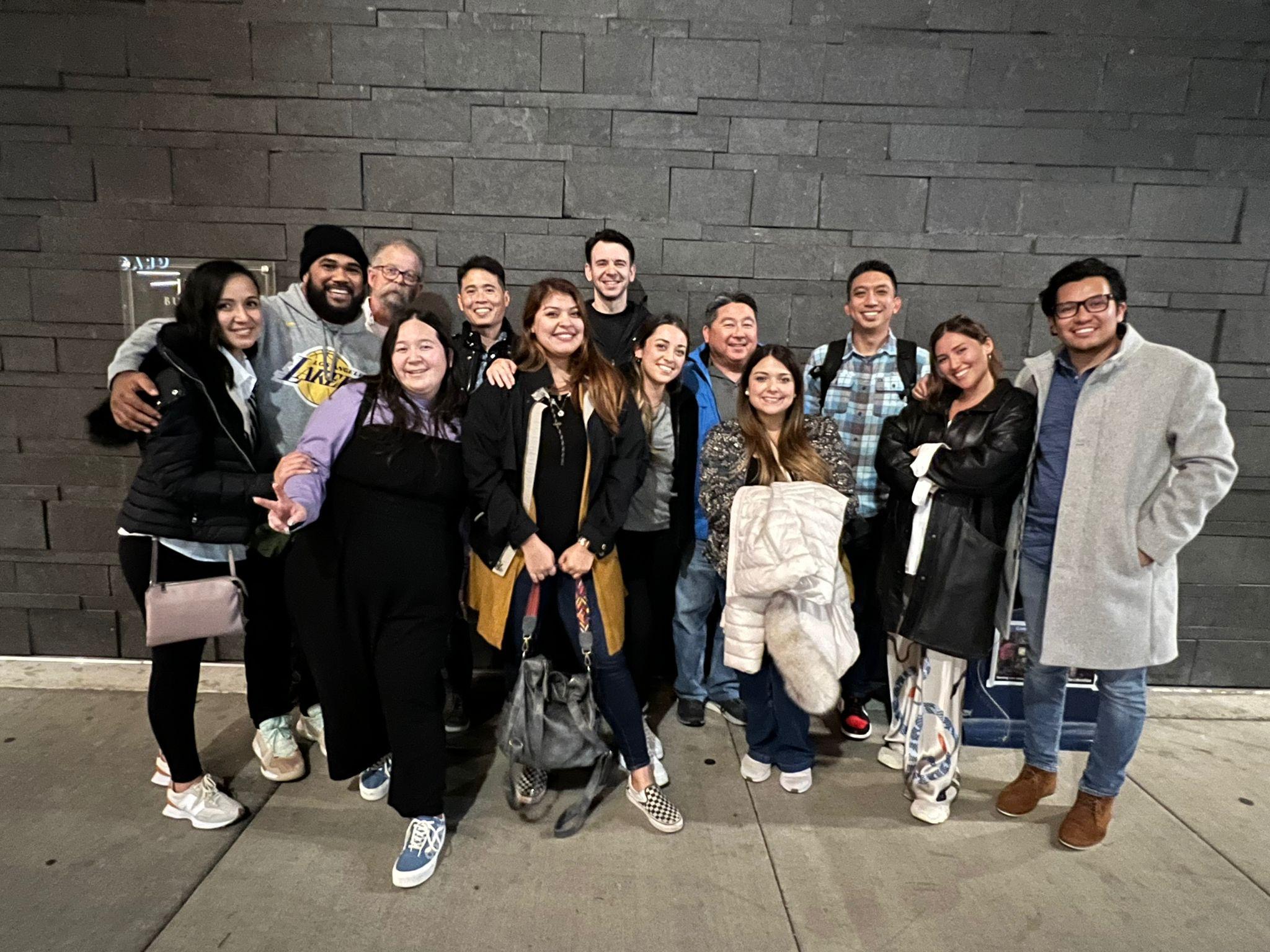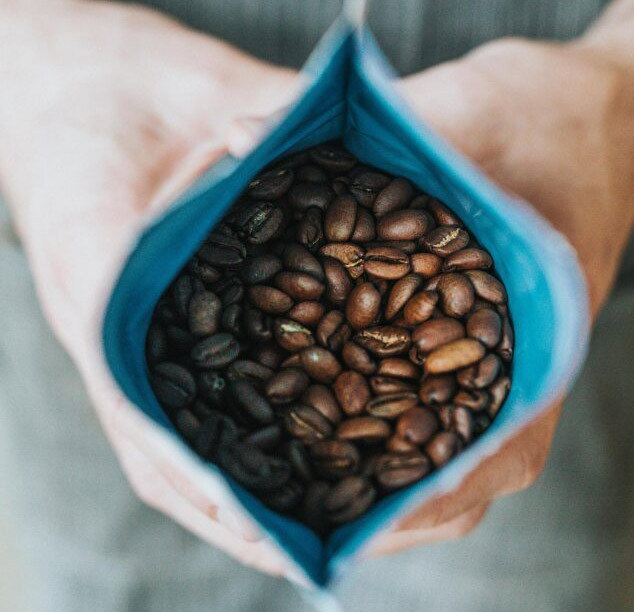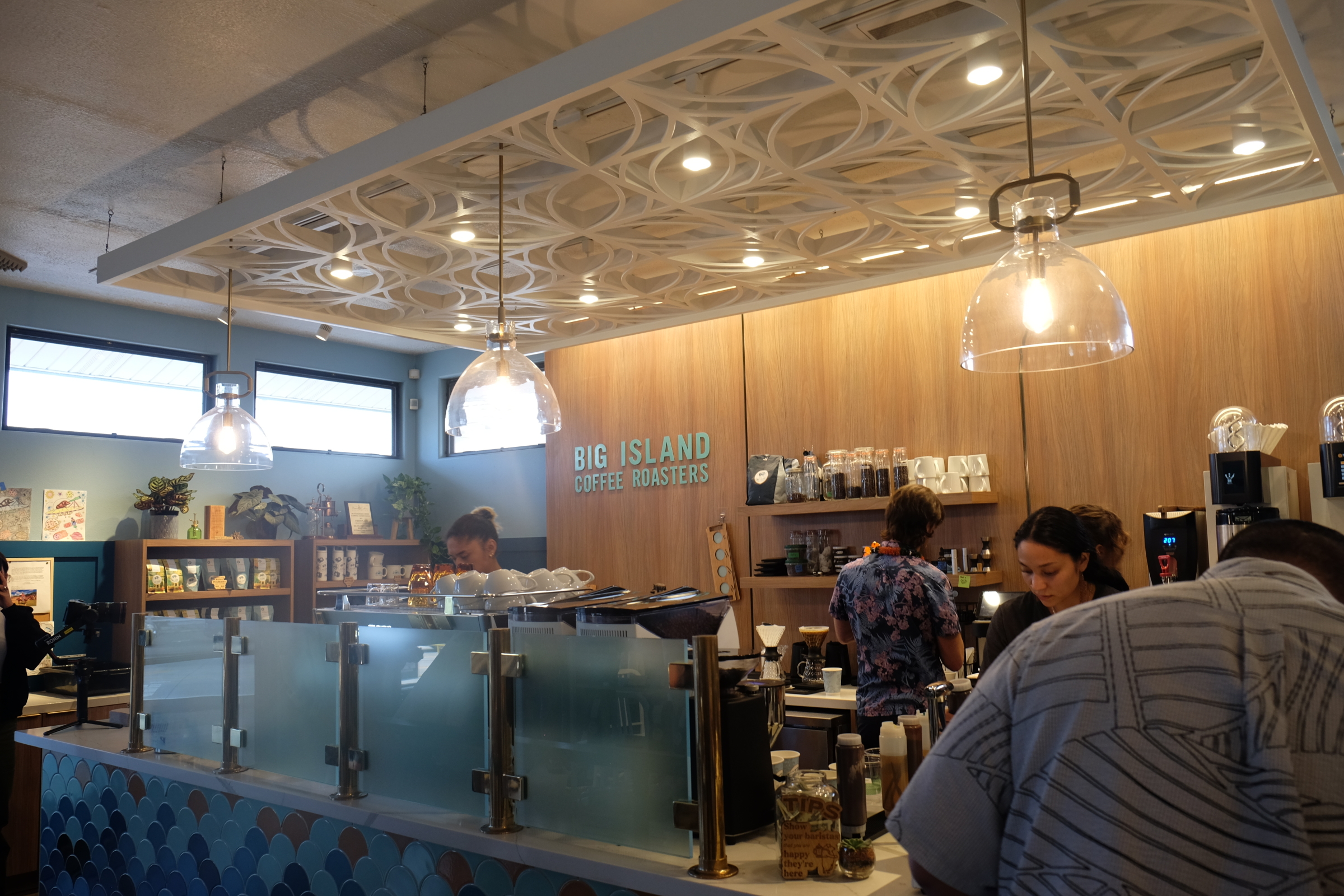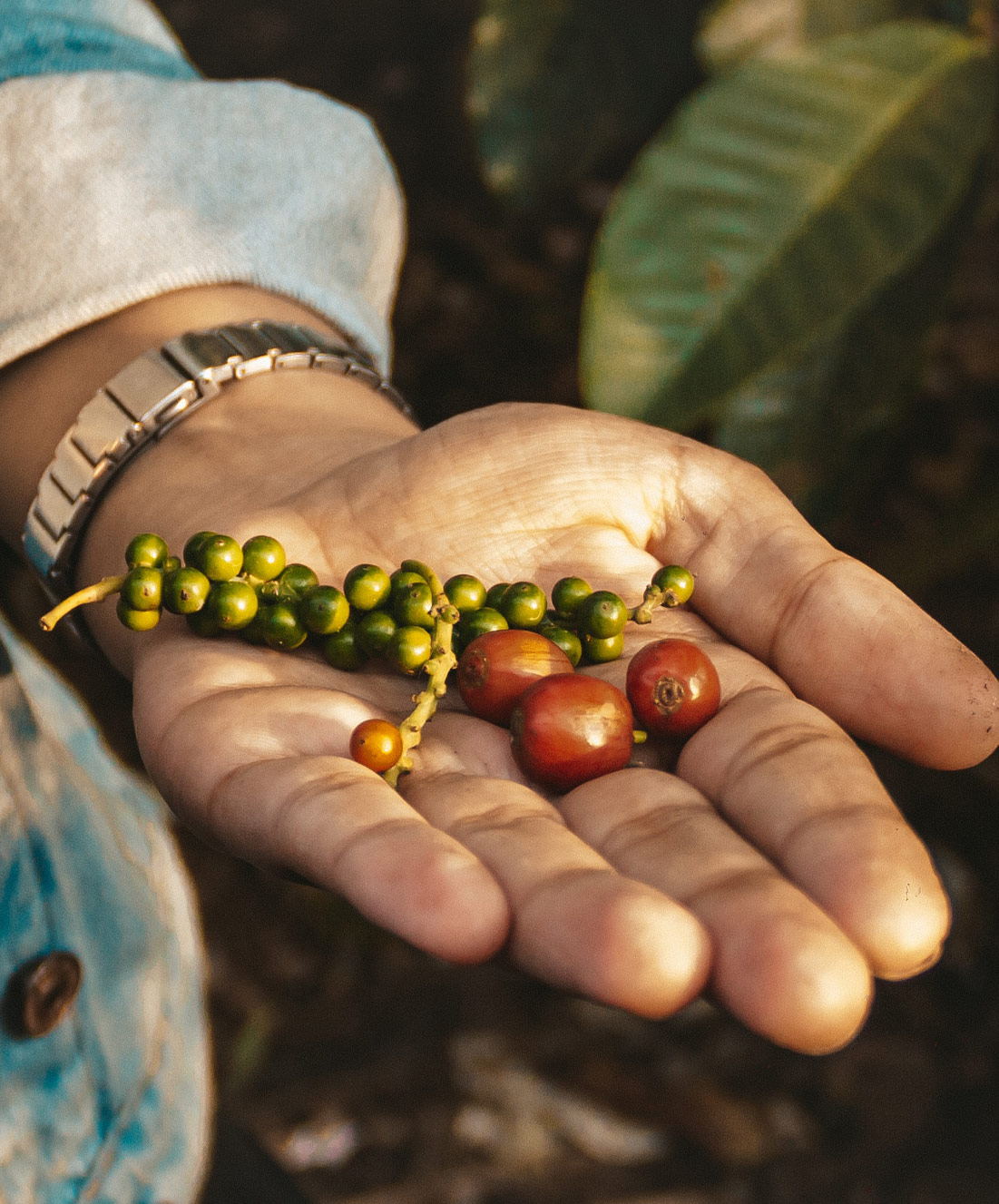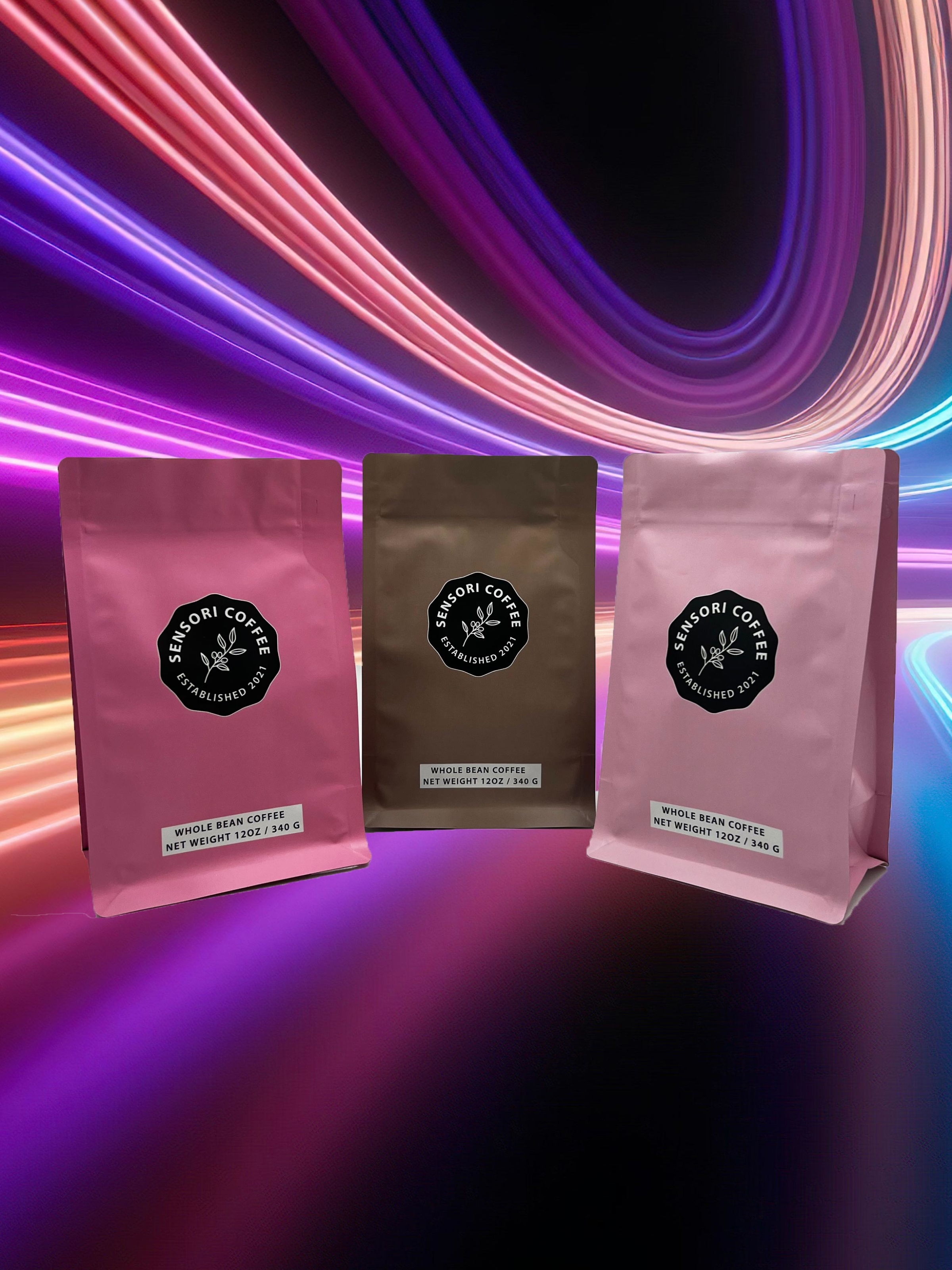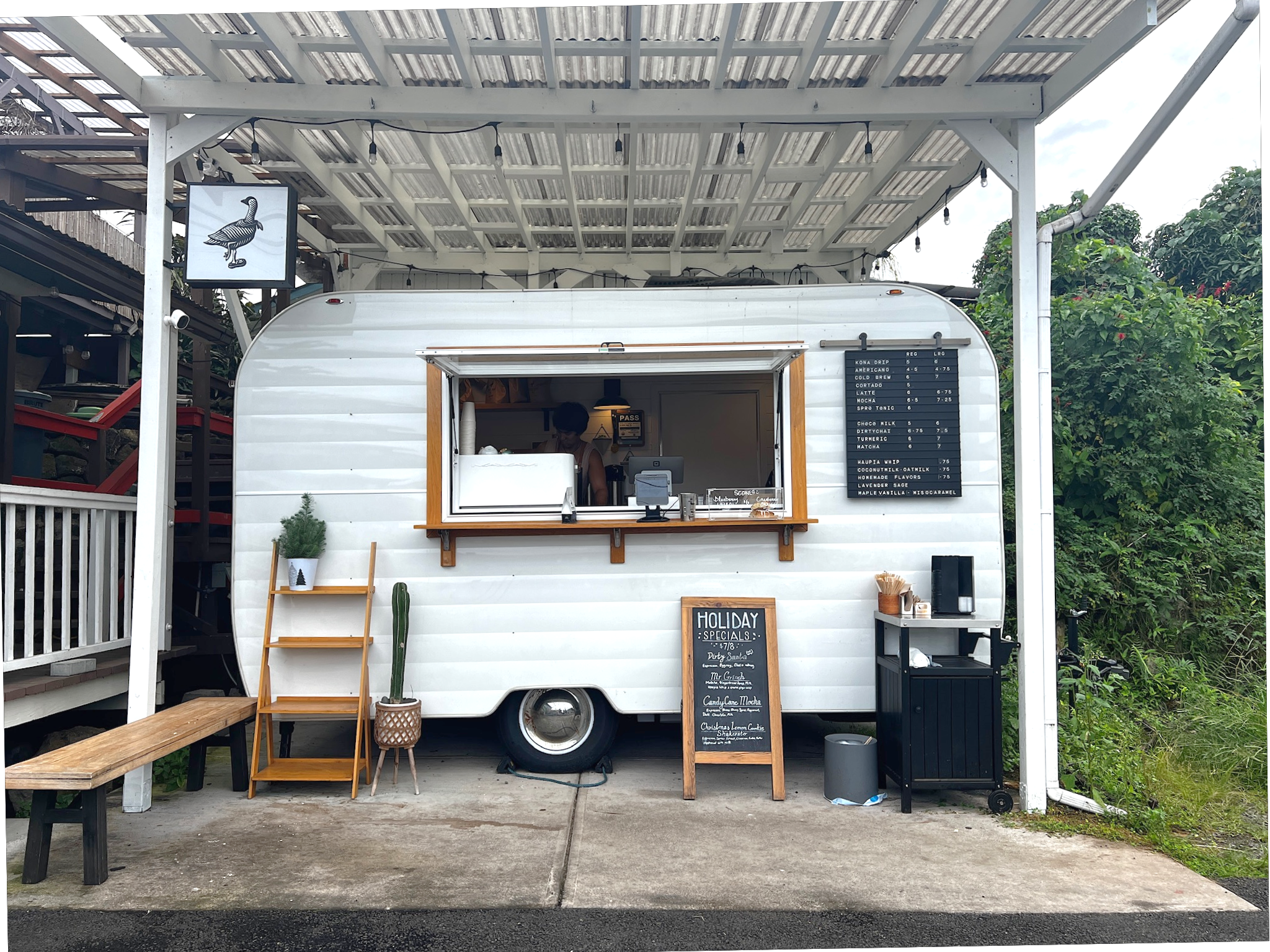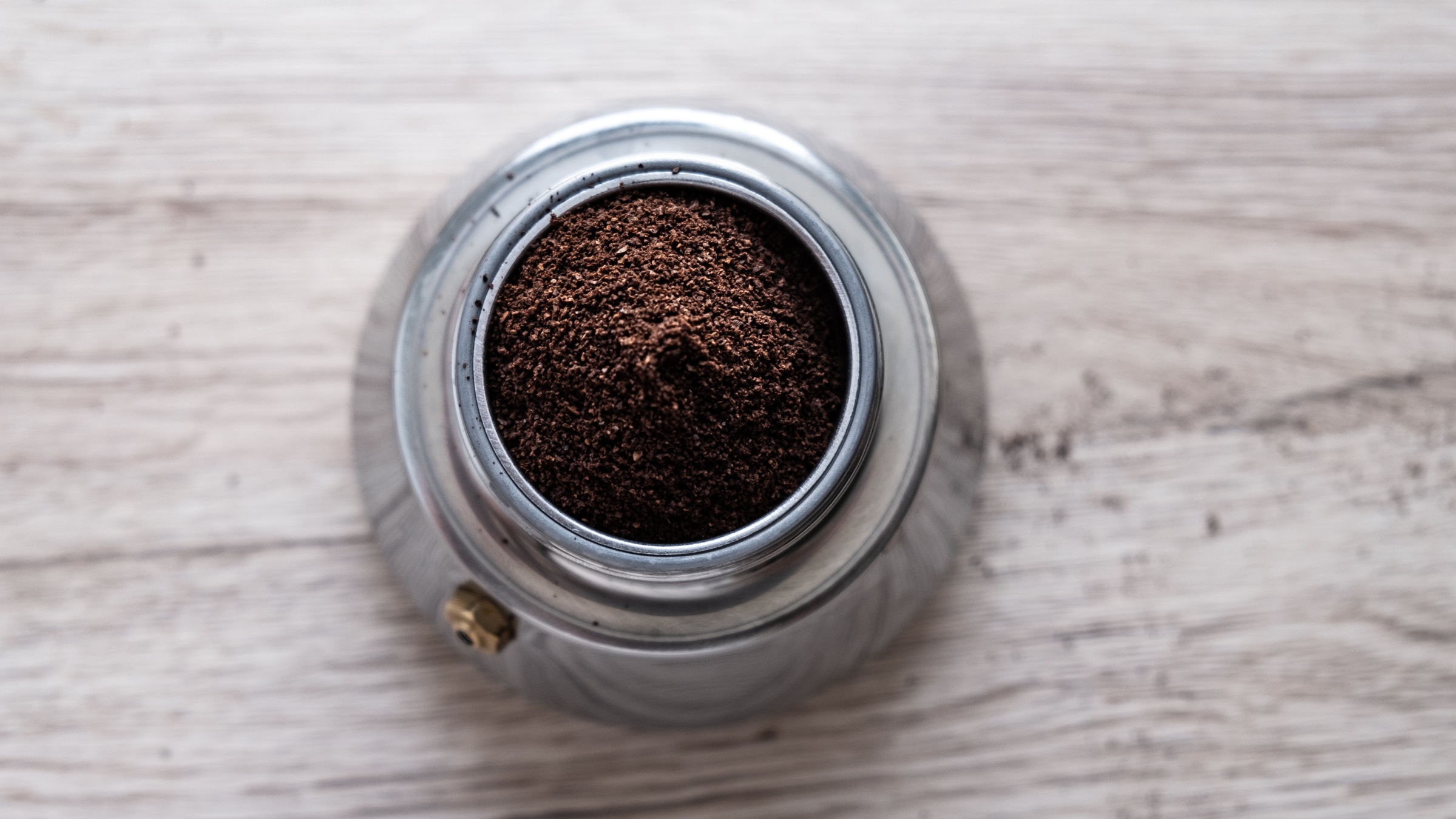- Home/
- Industry News/
- Australia’s Love Affair with Coffee: Now the Nation’s Most Popular Beverage/
Australia’s Love Affair with Coffee: Now the Nation’s Most Popular Beverage
November 04, 2024
Savor Brands
Australia coffee consumption 2024
Most popular Australian drink
Coffee culture in Australia
Australia’s coffee ranking global
Australian coffee lifestyle trends
Australia’s coffee culture has officially reached new heights! As of June 2024, coffee has claimed the top spot as the country’s most consumed drink, outpacing other beverages like tea, soda, and even bottled water. This trend highlights the nation’s deep-rooted passion for coffee, reflecting not just a love for caffeine but an integral cultural movement. Let’s dive into Australia’s unique position in the coffee world, uncovering why coffee reigns supreme and how it compares globally.
Australia’s Coffee Ranking: A Global Perspective
Australia is not just a coffee-loving nation; it’s a coffee leader. Unlike many countries where large chains dominate, Australia’s coffee culture is built around independent cafes and a commitment to quality. This preference for high-quality, artisanal coffee sets Australians apart in the global market. 1. Higher Per Capita Consumption Australia ranks among the top nations for per capita coffee consumption. While European countries like Finland and Sweden lead in total coffee intake, Australia is on par with some of the world’s biggest coffee drinkers. This ranking shows just how important coffee is in the daily lives of Australians. 2. An Artisan Movement Australians don’t just drink coffee; they seek out high-quality, hand-crafted cups. The trend toward independent cafes rather than chain coffee shops contributes to this culture, making Australia unique among coffee-loving countries. Each cup is treated as an experience, driving a high demand for quality beans and skilled baristas. 3. A National Pastime Beyond being a drink, coffee is a social ritual in Australia. Australians frequent their local coffee spots for more than just caffeine; it’s about the experience. The emphasis on social and artisan aspects has helped coffee become the nation’s number-one drink.What’s Behind Australia’s Coffee Obsession?
Several factors have driven Australia’s increasing coffee consumption. While some are tied to international trends, Australia’s unique approach to coffee sets it apart.- Cultural Shift: The rise in specialty coffee culture over the years has made coffee more than just a drink; it’s a lifestyle. People gather in cafes for meetings, socializing, or simply to enjoy the ambiance.
- Quality Standards: Australians have a reputation for being coffee connoisseurs. The average Australian knows and expects quality, encouraging cafes to use top-tier beans and perfect brewing methods.
- A Strong Market for Cafes: Australia’s market is largely driven by small, independently-owned cafes. This differs from countries with a higher presence of large chain coffee stores and highlights Australia’s unique dedication to quality over convenience.
How Australia Compares in Coffee Consumption Globally
In terms of global rankings, Australia consistently finds itself in the top tier for coffee consumption per capita. Though it may not match the volume seen in some European nations, Australia’s coffee culture is uniquely influential.- Quality Over Quantity: Australians may drink slightly less than some countries, but their coffee culture is one of the most refined globally. Australian cities like Melbourne and Sydney are often cited as coffee capitals, attracting international attention for their high standards.
- A Caffeine-Fueled Economy: The coffee industry is a significant contributor to the Australian economy, creating jobs and fueling a thriving cafe culture. This economic influence further strengthens the place of coffee in Australian society.
The Future of Coffee in Australia
With coffee now the country’s number-one consumed beverage, it’s clear that Australia’s coffee culture shows no signs of slowing down. The future will likely see:- Increased Demand for Specialty Coffee: With a growing taste for quality, the demand for specialty coffee will continue to rise.
- Focus on Sustainability: Australian consumers are increasingly conscious of environmental impact, pushing for ethically sourced and environmentally sustainable coffee practices.
- Innovation in Brewing and Flavors: As tastes evolve, cafes may experiment with new brewing methods and flavor profiles, keeping Australia’s coffee scene dynamic and forward-thinking.
The Last Sip
Australia’s rise as a coffee powerhouse reflects more than just an increased caffeine intake; it’s a testament to a culture that values quality, community, and craftsmanship. As coffee continues to be Australia’s favorite drink, its influence will only grow, shaping not only daily routines but also the broader social and economic landscape.Other Blogs of Interest
Packaging
Limitierte Kaffee-Edition: Das Geheimnis, um Kunden dauerhaft zu begeistern
Wie limitierte Editionen Ihrer Marke nutzen Erzeugt Dringlichkeit – Kunden wissen, dass sie nur kurz Zeit haben, um diese exklusiven Mischungen zu bekommen, was sofortige Verkäufe fördert. Steigert Aufmerksamkeit & Markenbekanntheit – Eine gut umgesetzte Sonderedition erzeugt Social-Media-Inte...
Branding, Packaging
Savor Brands' Custom Coffee Packaging at 2025 Houston SCA Expo
We're excited to see everyone at this year's SCA Coffee Expo! When? April 25-27, 2025 Where? 1001 Avenida De Las Americas Houston, TX 77010, United States Savor Brands' Booth #1231
Packaging, Branding
How to Label Your Coffee Bags
Labels work as an effective way to promote brand recognition and showcase product transparency. Showcase key information on your packaging label such as: Coffee Name Roast Level Origin Net Weight Roast Date Any certifications (organic, fair trade, and etc.) There are quite a few different...
Sustainability
Heart Roasters is Brewing Bold Moves for the Planet
The Heart of Sustainability Heart Roasters goes way beyond the cup. Their commitment to sustainability starts with how they source their coffee — using direct trade relationships where producers help set pricing — and extends to how every order is shipped: carbon neutral, every time. But they didn...
Packaging
Savor Brands: Los productores detrás del empaque icónico de Metric Coffee
¿Quién produjo las cajas y bolsas de Metric Coffee? La respuesta es Savor Brands, un líder en la producción de empaques. Metric Coffee confió en Savor Brands para dar vida a su diseño, asegurando que cada detalle se realizara con precisión. Estas son las razones por las que Savor Brands destaca en ...
Packaging
Top 3 Questions to Ask Your Potential Coffee Packaging Manufacturer
What are your minimum order quantities and lead times? – Crucial to ask especially for planning bag inventory, managing budgets, and staying on schedule. Does your unit pricing include shipping or is the shipping cost separate? – It is important to double check with your potential sup...
International
¿A los clientes les importa el empaque personalizado del café?
¿Importa el empaque personalizado de café para tus clientes? La respuesta corta: sí, importa, y mucho. En un mercado tan competitivo como el del café de especialidad, el empaque personalizado no solo contiene tus granos: cuenta la historia de tu marca. Es una poderosa herramienta para captar la a...
Sustainability
How Copper Door Coffee Is Turning Waste Into Building Blocks
What’s the R+R Upcycle Program? Copper Door Coffee Roasters has joined forces with Savor Brands, Inc. to make their packaging part of the solution—not the problem. Through the R+R (Reprocess and Repurpose) Upcycle Program, used coffee bags are collected and transformed into construction-grade build...
International
Au service de la durabilité : des emballages café pour une nouvelle génération
Ce Que Recherchent les Marques de Café en 2025 Compost+™ : Un Emballage Compostable Qui Tient Ses Promesses L’emballage Compost+™ de Savor Brands propose une alternative écologique aux sacs de café traditionnels doublés de plastique. Solide, prêt à être exposé en rayon, et conçu pour se décomposer...
International
Les 3 questions les plus populaires sur l'emballage du café en 2025 – Réponses
Vous avez posé la question, nous avons la réponse ! Notre équipe décrypte les questions les plus fréquentes sur l’emballage du café en 2025 — tout ce que vous devez savoir, au même endroit. Quelles informations doivent figurer sur un emballage de café ? Voici les éléments les plus couramment inc...
Branding, Packaging
Do Customers Care About Custom Coffee Packaging?
Does having custom coffee packaging matter to your customers? The simple answer? Yes, it does and here's why: In such a competitive Specialty Coffee market, custom packaging serves another purpose other than holding your coffee beans it tells your brand story and is a great way to showcase your bra...
Packaging
Dark Roast Espresso Beans vs. Medium Roast Coffee Beans: What Packaging Should You Use?
Are Coffee Beans and Espresso Beans the Same? Technically, yes. Coffee beans and espresso beans come from the same plant. But here's the twist: it's how they're roasted and used that sets them apart. Coffee beans are usually roasted lighter or medium to bring out acidity and complex flavors. E...
International
Por qué el 3% de Huella de Carbono del Empaque de Café Sigue Siendo Importante
El café es una de las bebidas favoritas del mundo, disfrutado por millones cada día. Sin embargo, a menudo viene acompañado de un sentimiento de culpa debido a sus implicaciones ambientales. Desde el cultivo hasta la entrega, la cadena de suministro del café contribuye significativamente a las emisione...
Sustainability, Packaging
Does Your Coffee Packaging Actually Work? Shelf Life Explained
Shelf Life with Non-Aluminum Barriers Packaging without aluminum doesn't seal in freshness as well as aluminum-lined bags. These materials let more oxygen, moisture, and light in—which means the coffee starts losing flavor faster. Typical Shelf Life: Unlined or basic paper bags: A few days t...
International
Este Mes de la Tierra, No Te Conformes—Elige lo Sostenible y Protege tu Producto
Ir por lo ecológico no debería significar conformarse con menos. Esa fue nuestra mentalidad en Savor Brands cuando comenzamos a explorar opciones de empaque sostenible. Notamos un gran problema con muchos materiales “ecológicos” en el mercado: carecían de esa capa protectora crucial. Sin ella, pro...
Packaging, Branding
5 Most Frequently Asked Coffee Packaging Questions on ChatGPT
We asked our team to answer ChatGPT's 5 most commonly asked coffee packaging related questions. What are the best materials for sustainable coffee packaging? Each packaging company has their own offerings for sustainable coffee packaging. At Savor Brands we offer two sustainable coffee packa...
International
La toute dernière innovation en matière d’emballage de luxe pour le café : Pono Luxx
L’année dernière, en 2024, au Salon SCA de Chicago, Savor Brands a présenté non seulement Compost+, mais aussi la toute dernière innovation en matière d’emballage de café : Pono Luxx. Qu’est-ce que Pono Luxx ? Pono Luxx est notre ligne haut de gamme de sacs de café de luxe, conçue avec les emballages...
International
Explorando los Tipos Esenciales de Bolsas para Café: Encontrando la Opción Ideal para tus Granos
Los Principales Tipos de Bolsas para Envasado de Café Bolsas con Fuelle Lateral Descripción: Un clásico favorito, estas bolsas tienen dos paneles laterales que se expanden para contener más café mientras mantienen un diseño vertical elegante. Ventajas: Ideales para maximizar el espacio en es...
Packaging, Branding
Which is Better for Matcha: Tins or Pouches?
As matcha's popularity continues to rise, preserving its quality is more important than ever. While tins and pouches both offer solid protection, the most effective solution is a combination of both. Storing pouches inside tins provides optimal protection against oxygen, light, and moisture, preventing degradation and ensuring your matcha stays fresh for longer.
International
De la Finca al Foro: El Próximo Capítulo del Café con Pono Collective
Enfoque en Video: Christian de Alpen Sierra Coffee “La innovación sigue avanzando con fuerza, y me emociona muchísimo verlo.” – Christian Waskiewicz, Alpen Sierra Coffee Christian, fundador de Alpen Sierra Coffee, regresó a Guatemala tras dos décadas, en un viaje significativo. Gracias a Pono Coll...
Coffee Education
From the Farm to the Forum: Coffee’s Next Chapter with Pono Collective
Video Spotlight: Christian of Alpen Sierra Coffee “The innovation is going strong, and I’m really stoked to see that.” – Christian Waskiewicz, Alpen Sierra Coffee Christian, founder of Alpen Sierra Coffee, made a meaningful return to Guatemala after two decades. Thanks to Pono Collective,...
Sustainability
This Earth Month, Don’t Settle—Go Sustainable and Protect Your Product
Going green shouldn’t mean settling for less. That was our mindset at Savor Brands when we started exploring sustainable packaging options. We noticed a big problem with many “eco-friendly” materials out there: they lacked that crucial extra protective barrier. Without it, products like coffee, t...
Coffee Expos
Tea Like You've Never Seen It: Pulled Through an Espresso Machine!
Thai Tea, Espresso Style? Yep—and It's Amazing When most people think espresso, they think coffee. But what happens when you switch the grounds for loose-leaf Thai tea? Marc, our in-house Q-grader (aka taste-testing scientist), gave it a try. He loaded up our espresso machine—not with coffee, but...
Sustainability
Where Does Your Coffee Bag Go? The Reality of Packaging Waste
What Happens to Most Coffee Packaging After It's Thrown Away? Most coffee bags aren't made to break down naturally. They're built to protect freshness, which usually means layers of plastic and foil. Unfortunately, that also means: They aren't recyclable through regular curbside programs They c...
International
Pono Collective 2025: Avanzando la Educación en Café, Gastronomía y Hospitalidad
Pono Collective, una organización sin fines de lucro 501(c)(3), ha estado dando forma al futuro de la educación en café de especialidad desde su creación en Comprometida con empoderar a estudiantes y profesionales, la organización ofrece oportunidades educativas y de desarrollo profesional tanto ...
Sustainability
Comment le Design des Sacs de Café Évolue pour un Futur Durable
Qu’est-ce Qui Définit le Meilleur Emballage Éco-Responsable ? Il n’existe pas de solution unique pour l’emballage de café durable. Le meilleur choix dépend des priorités de votre entreprise : Matériaux compostables : Fabriqués à partir de composants végétaux qui se décomposent naturellement. Em...
Packaging
Édition Limitée de Café : Le Secret pour Fidéliser les Clients
Comment les Éditions Limitées Bénéficient à Votre Marque Crée un Sentiment d'Urgence – Les clients savent qu’ils ont une courte fenêtre pour obtenir ces mélanges exclusifs, ce qui stimule les ventes immédiates. Génère du Buzz et Accroît la Notoriété de Marque – Un lancement bien orchestré décl...
Packaging, Branding
When Should a Business Upgrade to Custom Coffee Packaging?
Key signs of when you should upgrade to custom branded coffee bags is when there is an increase in sales volume and/or you are looking to expand into retail and wholesale markets. These two milestones are a great indicator of when you should start switching over to more custom packaging as it allows for stronger brand identity and increased product presentation. Savor Brands offers order quantities as low as 2,000pcs per SKU and use of unlimited colors. Custom packaging creates brand loyalty, attract new customers, and ultimately helps scale your business even more.
Cool Beans News
Descubriendo el Impacto Verde: La Producción de Café Orgánico en Perú
Ventajas Ambientales del Cultivo de Café Orgánico El cultivo de café orgánico en Perú promueve prácticas sostenibles que benefician al medio ambiente: Conservación de la biodiversidad: Las fincas orgánicas suelen utilizar técnicas de cultivo bajo sombra, preservando árboles nativos y ofreciendo h...
Packaging
Sagro Farms x Savor Brands: Una visión cafetera hecha realidad
View this post on Instagram A post shared by Sagro Farms ☕️🐝🥩🌳 (@sagrofarms)
Technology
DoubleShot Coffee App Delivers: From Launch to Game-Changer
Before: Ordering Was Clunky DoubleShot Coffee had a strong brand and loyal customer base, but their online ordering setup wasn’t keeping up. Owner Brian Franklin noticed it firsthand: the old system wasn’t mobile-friendly, and it made the simple act of buying beans a hassle—for both the business an...
Packaging
Sagro Farms x Savor Brands: A Coffee Vision Made Real
View this post on Instagram A post shared by Sagro Farms ☕️🐝🥩🌳 (@sagrofarms)
Branding, Packaging
What to Look for in Matcha Powder Packaging
When looking for matcha packaging, it is important to keep in mind the level of protection matcha powder requires as it is prone to quality degradation when exposed to oxygen, moisture, and light (similar to coffee). If you are looking for a cost and space saving solution for your matcha, our aluminum barrier based packaging with resealable zipper closures are an excellent option. Not only does an aluminum based packaging protect your matcha powder from quality degradation but it opens up a whole new avenue for branding and creating attractive eye-catching packaging to potential buyers. Contact our team today to learn how you can upgrade your matcha powder packaging.
International
Del campo al futuro: cómo Savor Brands y DTRC Coffee están elevando el café latinoamericano
Savor Brands El Salvador: Impulsando el empaque para la excelencia cafetera Savor Brands ha construido su reputación con diseños audaces y empaques de alta calidad—y su oficina internacional en El Salvador no es la excepción. Esta sede funciona como el centro neurálgico del empaque personalizado d...
International
El Crecimiento Culinario Comienza con el Café: Dentro de la Misión de Pono Collective
Un Esfuerzo Global con Raíces Locales Desde su lanzamiento en 2022, Pono Collective se ha enfocado en la educación y el desarrollo profesional en Hawái y El Salvador. ¿Su misión? Conectar a estudiantes y profesionales en hospitalidad, gastronomía y café mediante aprendizaje práctico y mentoría en ...
Coffee Expos
From Farm to Future: How Savor Brands and DTRC Coffee are Elevating Latin American Coffee
Savor Brands El Salvador: Powering Packaging for Coffee Excellence Savor Brands has built its reputation on bold design and quality packaging—and their international office in El Salvador is no exception. This location acts as the heartbeat for custom coffee packaging throughout Latin America, del...
Branding, Packaging
Everything You Need To Know About Coffee Packaging
Choose the right bag style and silhouette: There are many different bag styles and sizes to choose from especially if you are able to customize your bag dimensions. When choosing a bag style, consider both the overall look and the practicality of the coffee bag and its accessories. If you’re plan...
International
Lanzamiento de Café de Edición Limitada: El Secreto para Mantener a los Clientes Enganchados
Cómo los Lanzamientos de Edición Limitada Benefician a Tu Marca Crea Urgencia – Los clientes saben que tienen una ventana de tiempo corta para adquirir estas mezclas exclusivas, lo que impulsa las ventas inmediatas. Genera Expectativa y Aumenta la Visibilidad de la Marca – Un lanzamiento espec...
Cool Beans News
De Honduras a Georgia: El Viaje de Comercio Justo Directo de Alma Coffee con Empaque de Primera Calidad
Elevando la Mezcla Soulmate de Alma Coffee: ¡Comercio Directo y Innovación en Empaque! La Mezcla Soulmate de Alma Coffee es más que una deliciosa taza de café: es una colaboración significativa de comercio justo directo desde Honduras y café expertamente tostado en Georgia. Combinado con las soluciones...
Cool Beans News
Honduras to Georgia: Alma Coffee's Direct Fair Trade Journey with Premium Packaging
Elevating Alma Coffee’s Soulmate Blend: Direct Trade Meets Packaging Innovation! ma Coffee’s Soulmate Blend is more than just a delicious brew—it's a meaningful collaboration of direct fair trade from Honduras and expertly roasted coffee in Georgia. Paired with Savor Brands' innovative and eco-friendly...
Technology
The Ultimate Coffee Subscription App: Flexibility & Customization for Cafes
A Smarter Way to Manage Cafe Sales Running a coffee business means juggling multiple sales channels—walk-ins, online orders, subscriptions, and loyalty programs. But what if you could streamline everything into one seamless system? That’s where Savor Live comes in. This white-label ordering platfo...
Packaging
Limited Edition Coffee Release: The Secret to Keeping Customers Hooked
How Limited Edition Releases Benefit Your Brand Creates Urgency – Customers know they have a short window to grab these exclusive blends, driving immediate sales. Builds Hype & Brand Awareness – A well-executed special release sparks social media engagement and word-of-mouth marketing. Encou...
International
Globale Expertise in der Kaffeeverpackung – Maßgeschneidert für deutsche Marken
Warum Kaffeeverpackung wichtig ist Deutschlands Kaffeeliebhaber schätzen nicht nur hochwertigen Spezialitätenkaffee, sondern auch die Verpackung, in der er geliefert wird. Eine gut gestaltete Verpackung dient nicht nur der Aufbewahrung von Kaffee, sondern schafft auch ein besonderes, social-media-t...
Packaging, Branding
Benefits of Coffee Packaging and White Labeling
White labeling coffee services can be beneficial for your business as it allows you to offer to your customers high-quality roasted coffee under your own brand. By utilizing white labeling services, you can sell deliciously roasted coffee without having the need to roast and package the coffee yourself or purchase expensive roasting equipment. This saves you time and allows you to better utilize your resources to drive sales and build your brand. White labeling is a cost-effective way to scale your business until you're ready to take on the challenge of roasting your own coffee.
Coffee Education
Pono Collective 2025: Advancing Coffee, Culinary, and Hospitality Education
Pono Collective, a dedicated 501(c)(3) nonprofit organization, has been shaping the future of specialty coffee education since its inception in Committed to empowering students and professionals, the organization provides educational and professional development opportunities in both Hawai'i and ...
Branding
Pono Bagsでコーヒーパッケージ業界をリード
Ponoコーヒーバッグが特別な理由 イノベーションのためのプラットフォーム Pono Bagsは、一般的なコーヒーパッケージではありません。イノベーションのキャンバスとして、以下の特徴を備えています。 耐久性・鮮度・持続可能性を向上させる新素材 ブランドの現代的なニーズに合わせたトレンドを生み出す形状とデザイン パッケージの外観と手触りを向上させる高品質な仕上げ 再封可能ジッパーや脱気バルブなどの高度な技術統合 これらの革新を通じて、Savor Brandsは常に業界をリードし、プレミアムなコーヒーパッケージの新たな基準を築いています。 ...
International
Bolsas de Café de Marca Blanca: Un Cambio de Juego para Tu Marca
El empaque de café de marca blanca es un modelo de negocio en el que una empresa compra café a un fabricante, lo reetiqueta y lo vende como propio. El café en sí no se formula de manera personalizada; en su lugar, es un producto de alta calidad y listo para vender que múltiples negocios pueden comercia...
Sustainability
How Coffee Bag Design is Evolving for a Sustainable Future
What Defines the Best Eco-Friendly Packaging? There isn’t a one-size-fits-all solution for sustainable coffee packaging. The best option depends on what your business values most: Compostable Materials: Made from plant-based components that break down naturally. Recyclable Packaging: Designed to be...
International
Expertise Mondiale en Emballage de Café Adaptée aux Marques Internationales
Pourquoi l’Emballage du Café est Essentiel Les amateurs de café du monde entier apprécient non seulement les cafés de spécialité savoureux, mais aussi l’emballage dans lequel ils sont présentés. Un sac ou un contenant bien conçu ne se limite pas à stocker le café, il crée une expérience digne des r...
Packaging, Branding
4 Common Custom Food Packaging Questions, Answered
Choosing the right specifications to your new custom food packaging can be daunting especially if you're new to this whole process. You may have questions regarding bag types, sizing, and materials. In this blog, we're answering four of the most common food packaging questions! What are the b...
Technology
Bisou’s Big Coffee Order—And the Unexpected Plot Twist!
A Fresh Brew with a Twist Bisou had one mission—get her paws on some of the finest coffee available. And what better way than using Elevator Coffee’s new mobile app? With just a few taps (and Josué’s credit card in hand), she placed an order for a 2 lb bag of Lift Blend, a bright and flavorful ligh...
Coffee Expos
Houston to Host the 2025 National Coffee Association Convention
What to Expect at NCA 2025 The NCA 2025 Annual Convention is set to deliver valuable insights across multiple areas of the coffee business, including consumer trends, market shifts, and supply chain logistics. Attendees can look forward to: Industry Data & Market Trends Cheryl Hung from Dig Ins...
International
Perú San Ignacio: Donde la Tradición se Encuentra con la Sostenibilidad en Cada Sorbo
¿Qué Hace Especial al Café Perú San Ignacio? Cultivado a gran altitud en los suelos fértiles de la región de Cajamarca, estos granos de café se benefician de un clima único que realza sus sabores complejos. ¿El resultado? Una taza maravillosamente equilibrada con: Cuerpo medio y sedoso, ideal par...
Packaging
Peru San Ignacio: Where Tradition Meets Sustainability in Every Sip
What Makes Peru San Ignacio Coffee Special? Grown at high elevations in the fertile soils of the Cajamarca region, these coffee beans benefit from a unique climate that enhances their complex flavors. The result? A beautifully balanced cup with: Smooth, medium body that’s perfect for everyday enj...
International
الحلول العالمية لتعبئة القهوة للشركات في الأسواق الناطقة بالعربية
لماذا يُعد تغليف القهوة مهمًا؟ لا يقدّر عشاق القهوة في العالم العربي النكهات الفريدة للقهوة المختصة فحسب، بل يهتمون أيضًا بالتغليف الذي تأتي فيه. فالكيس أو العبوة المصممة بعناية لا تقتصر على تخزين القهوة، بل تخلق أيضًا تجربة فريدة تستحق المشاركة على وسائل التواصل الاجتماعي، مع ضمان الحماية المثلى ...
Packaging, Branding
How Tariffs Will Affect Coffee Packaging Cost
President Trump's tariffs will undoubtedly increase the cost of not just coffee beans but also coffee packaging. In today's market, any price increase can have a negative impact on a small business. With the increased cost of packaging materials, us here at Savor Brands is devoted in ensuring you're getting the best price possible for quality coffee packaging that protects your coffee beans (and profits!). Getting custom packaging has never been easier! With our own Logistics Team, we cut out the cost of third-party importers and you'll never have to worry on the status of your order as you will work directly with the Savor Brands team. Contact our team to learn on how we can help you navigate custom coffee packaging and USA Tariffs.
International
Global Coffee Packaging Expertise Tailored for Canadian Brands
Why Coffee Packaging Matters Canada's coffee lovers appreciate not only delicious specialty coffees, but also the packaging it comes in. A well-crafted bag or container does more than storing coffee, it creates a special social media worthy experience for the customers while also providing your cof...
Branding, Packaging
How To Determine The Right Coffee Bag Dimensions
Picking the right coffee bag dimensions is essential for not only branding but customer accessibility and usage. The size and type of your bag depends on factors such as: Net Weight Grind Type Bag Style (that best matches your brand) Material Here’s how to find the perfect fit: Deter...
Technology
No Puppaccino? No Problem! Bisou Places Her Own Order at Drip Studio
A Pup with a Plan Bisou may be tiny, but she’s got a big brain. Instead of waiting for her dad to give in, she: Grabs a phone Opens the Drip Studio app Uses Savor Live to place an order Charges it to her dad’s credit card & rewards points Waits (im)patiently for her well-earned puppaccin...
Technology
Simplify, Streamline, Succeed: The Power of a Unified Mobile Business App
Effortless Subscription Management Subscriptions are a powerful way to drive recurring revenue, but managing them across different platforms can be a nightmare. A unified mobile app simplifies the process by: Automating plan renewals and payments to ensure a seamless customer experience. Tr...
Coffee Education
Oahu Coffee Workshop (April 3rd) Coffee Cupping with Marc
March 2025 Oahu Coffee Courses If you're in the restaurant, café, or hospitality business, you already know that coffee isn’t just a drink—it’s an experience. Mastering coffee flavors, aromas, and brewing techniques can elevate your offerings, boost customer satisfaction, and ultimately grow your b...
Technology
Compete Like the Big Guys: The Power of White-Label Mobile Apps for Small Businesses
Seamless Square Integration for Effortless Order Management Already using Square? No problem! Savor Live offers both partial and full Square integration, making it easy to import your products and process orders without compromising your brand identity. You maintain complete ownership of your custo...
International
Las 3 Preguntas Más Populares Sobre Empaque de Café en 2025, Respondidas
¡Preguntaste, respondimos! Nuestro equipo analiza las preguntas más comunes sobre empaque de café para 2025—todo lo que necesitas saber en un solo lugar. ¿Qué información debe incluir el empaque de café? Los elementos más comunes que debes incluir en el empaque de tu café son: Peso neto en onz...
International
Pioneros en la Industria del Empaque de Café con Pono Bags
¿Qué Hace Especiales a las Pono Coffee Bags? Una Plataforma para la Innovación Las Pono Bags no son un empaque de café común. Son un lienzo para la innovación, con características como: Nuevos materiales que mejoran la durabilidad, la frescura y la sostenibilidad Formas y diseños vanguardist...
Technology
Pressing Forward: The Coffee Industry’s Shift to Smarter Packaging & Ordering
Modern coffee packaging has come a long way, with new materials and designs ensuring that every cup tastes as fresh as possible. Some of the biggest advancements include: Smart Packaging for Freshness – Techniques like nitrogen flushing and vacuum sealing help prevent oxidation, keeping coffee beans...
Packaging
Whole Bean vs. Ground Coffee: The Packaging Debate
When choosing coffee, one of the biggest decisions isn’t just which roast or brand to buy—it’s whether to go for whole bean or pre-ground coffee. The way coffee is packaged plays a huge role in how fresh, flavorful, and aromatic your cup will be. While pre-ground coffee may seem like the more convenien...
Packaging, Branding
2025's 3 Most Popular Coffee Packaging Questions Answered
You asked, we answered! Our team breaks down the most common coffee packaging questions for 2025—everything you need to know in one place. What information should be on coffee packaging? Common things to include on your coffee packaging are: Net Weight in both ounces and grams on the lower thi...
Branding
Pioneering the Coffee Packaging Industry with Pono Bags
What Makes Pono Coffee Bags Special? A Platform for Innovation The Pono Bags are not your average coffee packaging. They are a canvas for innovation, featuring: New materials that enhance durability, freshness, and sustainability Trend-setting shapes and designs that align with modern b...
International
Por qué el embalaje de café transparente con EVOH será la opción más moderna de 2025
En 2025, el embalaje de café transparente con EVOH se convertirá en una de las mayores tendencias en la industria del café de especialidad, superando años anteriores tanto en demanda como en innovación. Su creciente popularidad se debe a una combinación de atractivo estético y beneficios prácticos, ofr...
International
Embalaje Personalizado: ¿Bolsas de Café Impresas en Rotograbado o Digital?
¿Qué es la impresión digital? La impresión digital ofrece flexibilidad y tiempos de entrega rápidos. Aquí te mostramos un desglose de lo que ofrecemos: Bajos MOQs (Cantidades Mínimas de Pedido) Los pedidos mínimos comienzan desde tan solo 2,000 piezas por SKU. Tiempo de entrega Cada pedido digi...
Branding, Packaging
Why EVOH Clear Coffee Packaging Is Set to Be 2025’s Trendiest Choice
In 2025, EVOH clear coffee packaging is set to become one of the biggest trends in the Specialty Coffee industry, surpassing previous years in both demand and innovation. Its rising popularity is driven by a combination of aesthetic appeal and practical benefits, offering a sleek and modern aesthetic w...
Cool Beans News
Marc’s Mystery Valentine: A Sweet Surprise at Savor Brands!
The Perfect Gift for a Coffee Enthusiast The mystery gift was carefully chosen, featuring some of the finest local flavors: White Nene Coffee Roaster’s Champagne Washed Red Bourbon from Uluwehi Coffee—a rare and exquisite roast, perfect for a true coffee connoisseur. Mānoa Chocolate’s 70% dark cho...
Cool Beans News
Espresso Your Love with Coffee Labs' Valentine’s Day Treats
The Valentine’s Day Gift Bag This charming gift bag is designed for those who appreciate high-quality coffee paired with a sweet surprise. This thoughtful, elegantly packed gift bag is a simple yet meaningful way to show someone how much they mean to you. Presented in a rustic Coffee Labs Burlap Gi...
International
Sirviendo a Sudamérica con Empaques de Café de Calidad desde El Salvador
Sirviendo con Orgullo a las Marcas de Café desde El Salvador hasta Sudamérica En Savor Brands, nos enorgullecemos de ofrecer soluciones innovadoras y de alta calidad en empaques de café que satisfacen las necesidades de los negocios cafeteros en toda Sudamérica. Nuestra ubicación en El Salvador es ...
International
Serving South America with Quality Coffee Packaging from El Salvador
At Savor Brands, we take pride in providing high-quality, innovative coffee packaging solutions that meet the needs of coffee businesses across South America. Our location in El Salvador serves as a vital hub for providing premium and innovative coffee packaging, ensuring that coffee brands receive the...
Branding, Packaging
Create a Custom One of a Kind Experience Through Your Coffee Packaging
Packaging is an extension of your coffee brand and a key part of the customer experience. Many coffee brands have encountered the challenge of how to create custom packaging that not only exemplifies their brand identity but also delivers a unique and memorable unboxing experience for their customer. T...
International
مشهد القهوة المتخصصة في دبي: تفضيلات المستهلكين وكيف يمكننا المساعدة
مشهد القهوة في الإمارات يتغير – ونحن نصغي رغم عدم تمكننا من حضور معرض وورلد أوف كوفي دبي هذا العام، لم يمنعنا ذلك من التواصل مع محترفي القهوة في المنطقة. تواصلنا مع بعض عملائنا المميزين لجمع رؤى حول ثقافة القهوة المحلية، ومن خلال ملاحظاتهم، اكتسبنا فهمًا أعمق لتفضيلات السوق المتغيرة. من مستويات ال...
Cool Beans News
Dubai’s Specialty Coffee Scene: Consumer Preferences & How We Can Help
The UAE Coffee Scene Is Changing – And We’re Listening While we couldn’t attend World of Coffee Dubai this year, that didn’t stop us from connecting with coffee professionals in the region. We reached out to some of our valued customers to gather insights on the local coffee culture, and their feed...
International
ترتيب عر�ض أكياس قهوة ميملي: عزّز المبيعات من خلال وضع المنتجات بذكاء
أين يجب تخزين أكياس القهوة في مقهاك؟ يُعد التخزين السليم ضروريًا للحفاظ على جودة أكياس القهوة مع ضمان بقائها جذابة للعملاء. إليك بعض النقاط الأساسية التي يجب مراعاتها: مكان مرتفع وجاف: احفظ أكياس القهوة بعيدًا عن الأرض لحمايتها من الانسكابات أو الرطوبة المحتملة. بعيدًا عن أشعة الشمس: يمكن أن تؤدي ...
International
6 Pasos Fáciles Para Impulsar Tu Empaque De Café Con Estilo Personalizado
Paso 1: Tu Marca Antes de adentrarnos en los detalles de empaque personalizado para café, tómate un momento para definir tu marca y objetivos: ¿Qué historia quieres que cuente tu empaque? ¿Qué meta deseas alcanzar con tu empaque? ¿Es un rediseño de marca? ¿Quieres posicionarte como una marca ...
Sustainability, Packaging
Eco-Friendly Coffee Packaging: Defending Against Degradation
Selecting the right packaging is vital for maintaining coffee's freshness and flavor. By understanding the detrimental effects of light, moisture, and air, and by choosing appropriate, eco-friendly packaging solutions, you can ensure that every cup brewed delivers the optimal experience. The Tripl...
Cool Beans News
Honolulu Speaks: Coffee Packaging Preferences from the Streets
In the bustling heart of downtown Honolulu, we hit the streets to get firsthand opinions on coffee packaging. We wanted to know—what packaging styles catch people’s attention the most? What design elements give off that premium feel? The results? Eye-opening! A coffee bag is often the first thing a co...
Packaging
White Label Coffee Bags: A Game-Changer for Your Brand
White label coffee packaging is a business model where a company buys coffee from a manufacturer, rebrands it, and sells it as its own. The coffee itself is not custom-formulated; instead, it’s a high-quality, ready-made product that multiple businesses can sell under different brand names. Key advant...
International
فن السرد في تغليف القهوة: المزارعون، الحبوب، والأكواب
إطار عمل لصياغة قصة قهوتك إليك دليلًا خطوة بخطوة لإنشاء قصة خلفية مؤثرة لمحمصتك: تسليط الضوء على الأصل: شارك تفاصيل عن مصدر حبوب القهوة الخاصة بك. أبرز الميزات الفريدة للمنطقة، مثل المناخ، الارتفاع، أو الأهمية الثقافية. استخدم لغة وصفية لرسم صورة حية لجمال الموطن الأصلي للقهوة. الشراكا...
Coffee Education
Elevate Your Coffee Knowledge at Savor Brands' SCA-Certified Campus!
Cupping Room: Precision Meets Passion A proper cupping room is essential for high-quality coffee evaluation. Here’s what we offer at our SCA Premiere Training Campus: Spacious Setup – Designed for at least six cuppers to move freely and work without limitations. Ideal Lighting – Perfectly balanc...
Packaging
Mini Guide: The Secret to Creating Loyal Customers in your Café and Roastery
Ensuring long-term success in the competitive coffee market requires more than just good branding for your cafe or roastery. While great coffee is undoubtedly an essential, it takes more than that to build a loyal customer base. The key to ensuring your business's success is turning one-time visitors t...
Packaging
Visit the Coffee Shop, Voted Best Hawaiian Coffee
Big Island Coffee Roasters is the go-to first stop when you land in Hilo, Hawaii. With it only minutes away from the airport, it's a convenient location for a quick bite and coffee break before your Big Island adventures. Our team recently visited the Big Island, and we’re thrilled to share the experi...
Branding
Year of You: From Bean to Screen: Capturing Your Coffee’s Story on Social Media
Picking the Right Social Media Platforms Not all social media platforms are created equal, especially when it comes to coffee branding. Since coffee consumption is most popular among adults, focusing on platforms with a strong 25 to 39-year-old demographic is key. Here’s where your brand should be...
Coffee Education
Master the Art of Coffee Tasting: Oahu’s Ultimate Sensory Workshop
Ever wondered how coffee experts pinpoint those rich chocolatey notes or bright citrus flavors? Now’s your chance to train your taste buds like a pro! Join this exciting 3-hour Oahu coffee class sensory workshop in Honolulu, Hawaii and dive deep into the world of specialty coffee. From aroma identifica...
Technology
Year of You: Boost Loyalty and Revenue with Monthly Subscription Apps
Why Subscriptions Are Better for Customers Convenience and Consistency Customers can count on their favorite coffee arriving on schedule, eliminating the hassle of running out or making frequent trips. Subscriptions are easy to manage and can often be tailored to personal preferences like gr...
Coffee Education
Smell, Savor, and Learn: The Art of Coffee Aromas Awaits You
What is Le Nez Du Café? Le Nez Du Café is a professional sensory calibration tool specifically designed for coffee experts and enthusiasts. It’s widely used by Q Graders and sensory specialists to refine their ability to detect and articulate specific aromas present throughout the coffee value chain...
International
Las Joyas del Café de Costa Rica: 10 Tostadores que Ofrecen Excelencia en Cada Bolsa
Ferris Coffee & Nut Co. Resaltado de Granos: Costa Rica La Lia Detalles: Este café único incorpora palitos de canela entera durante el procesamiento, ofreciendo sabores cálidos y distintivos. Lo que Destaca: Ferris pone énfasis en el toque artesanal de los agricultores costarricenses, acompañado ...
Packaging
Costa Rica’s Coffee Gems: 10 Roasters Delivering Excellence in Every Bag
Ferris Coffee & Nut Co. Bean Highlight: Costa Rica La Lia Details: Featuring whole cinnamon sticks in the processing, this unique coffee offers warm, distinctive flavors. What Stands Out: Ferris emphasizes the artisan touch of Costa Rican farmers while crafting beautifully designed bags. ...
International
El Arte de Contar Historias en el Embalaje del Café: Agricultores, Granos y Tazas
Marco para Crear la Narrativa de Tu Café Aquí tienes una guía paso a paso para desarrollar una historia atractiva para tu tostadora de café: Enfoque en el Origen: Comparte de dónde provienen tus granos de café. Destaca las características únicas de la región, como el clima, la altitud o la i...
Branding
The Art of Storytelling in Coffee Packaging: Farmers, Beans, and Cups
Framework for Crafting Your Coffee Narrative Here’s a step-by-step guide to create a compelling backstory for your coffee roastery: Origin Spotlight: Share where your coffee beans come from. Highlight unique features of the region, such as climate, altitude, or cultural significance. Use d...
Cool Beans News
Behind the Beans: A Day Touring Big Island’s Coffee Scene
A Hilarious Start to an Epic Coffee Adventure The day kicked off with a playful twist—a comical video showcasing Marc as we “stalked” him from Oahu to the Big Island. A quirky nod to hiding in plain sight set the tone for a lighthearted yet meaningful journey into Hawai’i’s vibrant coffee scene. ...
International
Saboreando Costa Rica: La historia detrás del café Tarrazú de Ghost Town
Descubriendo Tarrazú: La Región Cafetera de Costa Rica La región de Tarrazú, también conocida como Los Santos, es una de las joyas más preciadas de Costa Rica en la producción de café. Sus altas altitudes, suelos volcánicos fértiles y el clima fresco de montaña crean las condiciones ideales para cu...
Packaging
Savoring Costa Rica: The Story Behind Ghost Town’s Tarrazú Coffee
Discovering Tarrazú: The Coffee Region of Costa Rica The Tarrazú region, also known as Los Santos, is one of Costa Rica’s crown jewels for coffee production. Its high altitudes, fertile volcanic soil, and cool mountain climate create ideal conditions for cultivating beans with vibrant flavor profil...
Branding
Boost Coffee Bag Sales with Search Engine Optimization (SEO)
10 SEO Tips for a Website Selling Coffee Bags Locally, Nationwide, and Worldwide with International Languages: Optimize for Local SEO Use location-based keywords like "coffee bags in city/state" to target local customers. Claim and optimize your Google My Business profile. Add location-spe...
Branding, Packaging
Different Packaging and Material Types to Create an Unique Unboxing Experience
We often get asked: What packaging styles and materials do you offer that helps represent our brand and can create an unique unboxing experience for our customers? Check out these inspiring examples from our partners who use creative combinations of printing techniques to define their identity a...
Packaging
Your 2025 Guide to Cacao Nib Packaging Trends
With the rise of popular health food: cacao nibs, it's important to ensure your packaging and branding is on point to amass new customers and loyal followers. Packaging trends in 2025 are all about blending sustainability, innovation, along with an eye-catching design. Here's 4 easy tips to elevate you...
International
Merchandising de Bolsas de Café Memli: Impulsa las Ventas con una Colocación Inteligente del Producto
Dónde Almacenar las Bolsas de Café en tu Cafetería El almacenamiento adecuado es esencial para mantener la calidad de tus bolsas de café y asegurarte de que sigan siendo atractivas para los clientes. Esto es lo que debes tener en cuenta: Alto y Seco: Mantén las bolsas de café elevadas para evitar...
Branding
Memli Coffee Bag Merchandising: Boost Sales with Smart Product Placement
Where to Store Coffee Bags in Your Coffee Shop Proper storage is essential for maintaining the quality of your coffee bags while ensuring they remain appealing to customers. Here's what you need to keep in mind: High and Dry: Keep coffee bags elevated to prevent damage from spills or potential fl...
International
Comenzando el 2025 Kona Strong: Un Viaje Lleno de Sabor con Aloha Star Coffee
Comenzando el Año Nuevo con la Excelencia del Café Kona El año nuevo merece una celebración, y ¿qué mejor manera de brindar por nuevos comienzos que con una taza de café Kona premium? Este año, estamos disfrutando el Aloha Star Canela, una oferta destacada de Pacific Coffee Research, obtenida direc...
International
De la Granja a la Mesa: El Papel de Savor Brands en el Camino del Café a Tu Hogar
El Inicio del Viaje: Bolsas Hermetica para Café Verde Antes de que el café llegue a los tostadores o tiendas, los agricultores necesitan soluciones confiables para conservar sus granos de café verde. Las bolsas Hermetica de Savor Brands están diseñadas específicamente para este propósito. Estas bols...
Cool Beans News
Starting 2025 Kona Strong: A Flavorful Journey with Aloha Star Coffee
Starting the New Year with Kona Coffee Excellence The new year deserves a celebration, and what better way to toast to fresh beginnings than with a cup of premium Kona coffee? This year, we’re savoring the Aloha Star Canela, a standout offering from Pacific Coffee Research, sourced directly from Alo...
Branding, Packaging
Packaging Partner Highlight: Selah Coffee (TX)
Founded by Ryan, also known as Twig, Selah Coffee draws inspiration from heartfelt memories, like enjoying sweet, creamy cups with his Lita (short for abuelita). Each bag of Selah Coffee invites you to pause, breathe, and embrace the richness of the moment. Now featuring bold, flavorful coffees from G...
Packaging
Farm to Table: Savor Brands Role in Coffee’s Path to Your Home
The Start of the Journey: Hermetica Green Coffee Bags Before coffee reaches roasters or shops, farmers need reliable solutions to preserve their green coffee beans. Savor Brands’ Hermetica bags are designed specifically for this purpose. These airtight, durable bags lock in freshness and protect bea...
Branding, Packaging
Hawaii Packaging Partner Highlight: Kahuku Farms
Kahuku Farms Delicious Offerings In this video, Tessa Ahsing shares a thoughtful gift package from Kahuku Farms, showcasing her dedication to highlighting exceptional local brands. As a key team member at Savor Brands, Tessa plays a crucial role in elevating businesses through innovative branding ...
International
Seus Objetivos, Nossa Expertise: 2025 é o Ano de Você
O Ano de Você 2025 é o ano para reimaginar o potencial da sua marca, e a Savor Brands está aqui para ajudá-lo a liderar o caminho. Com nossa abordagem holística ao branding, não apenas fornecemos embalagens premium, mas também entregamos as ferramentas e estratégias necessárias para escalar seus neg...
Branding, Packaging
Upcoming Event: 2025 Fancy Food Show in Las Vegas
Looking to participate in a fun and thrilling expo? Check out the SFA Winter Fancy Food Show! Enjoy three days of exciting product discoveries, valuable networking, and inspiring opportunities for food industry professionals. When? January 19 21, 2025 Mark your calendars for the Specialty Food...
Sustainability
7 Resoluciones Ecológicas para un 2025 Sostenible
Elige Empaques Compostables con Savor Brands El desperdicio de empaques es un gran contribuyente a los problemas ambientales, pero Savor Brands ofrece una solución con su línea sostenible Compost+. Este material innovador se descompone eficientemente, minimizando el daño al medio ambiente mientra...
Packaging
Low Minimum Digitally Printed Coffee Packaging Will Be The Trend for 2025
As we step into 2025, a new trend has emerged to change the coffee packaging game: low minimum digitally printed coffee packaging. Savor Brands' digital print process, has the best quality print possible to transform how coffee brands, especially small businesses, present their products. Why Low ...
Sustainability
Your Year, Your Impact: Sustainability with Savor Brands
Our Compostable Packaging: Reducing Waste, One Bag at a Time Packaging is essential for preserving product quality, but we believe it shouldn’t come at the planet’s expense. That’s why we developed Compost+, a sustainable packaging solution designed to break down naturally in both home and industria...
Branding
Your Goals, Our Expertise: 2025 Is the Year of You
The Year of You 2025 is the year to reimagine your brand's potential, and Savor Brands is here to help you lead the way. With our holistic approach to branding, we not only provide premium packaging but also deliver the tools and strategies necessary to scale your business, foster community connecti...
Sustainability
7 Eco-Friendly Resolutions for a Sustainable 2025
Choose Compostable Packaging with Savor Brands Packaging waste is a significant contributor to environmental issues, but Savor Brands offers a solution with their Compost+ sustainable packaging line. This innovative material breaks down efficiently, minimizing harm to the environment while mainta...
Packaging
Autumn Bliss in a Cup: Meet Flannel Season by PT's Coffee
A Perfect Blend for Autumn Vibes PT's Coffee has outdone itself with Flannel Season Blend, combining premium coffee beans to create a unique flavor profile inspired by the essence of fall. Every sip is an indulgent journey through warm, inviting notes: Baked Apple and Nougat Aromas: These comforti...
International
Honduras se encuentra con Nicaragua en el favorito estacional de Ferris Coffee
Una Mezcla Arraigada en la Excelencia Winter Avenue Blend destaca el arte de la mezcla cuidadosa del café, combinando las mejores características de granos provenientes de dos reconocidas regiones cafetaleras. Honduras aporta un perfil brillante y cítrico, mientras que Nicaragua añade equilibrio con...
Cool Beans News
Honduras Meets Nicaragua in Ferris Coffee’s Seasonal Favorite
A Blend Rooted in Excellence The Winter Avenue Blend showcases the art of thoughtful coffee blending, marrying the best characteristics of beans sourced from two renowned coffee-growing regions. Honduras contributes a bright, citrusy profile, while Nicaragua adds balance with its earthy, chocolatey ...
International
El regalo perfecto para las fiestas: la mezcla de café OZO en un encantador paquete
¿Qué Hace Especial a la Mezcla Navideña de OZO? En el corazón de la Mezcla Navideña están los sabores que evocan la sensación acogedora y festiva de la temporada. Esto es lo que puedes esperar de este delicioso tueste: Perfil de Sabor: Notas de rico fudge, especias cálidas y mermelada de higo se c...
Packaging
The Perfect Holiday Gift: OZO Coffee’s Blend in a Charming Package
What Makes OZO’s Holiday Blend Special? At the heart of the Holiday Blend are flavors that evoke the cozy, festive feeling of the season. Here’s what you can expect from this delightful roast: Flavor Profile: Notes of rich fudge, warming spices, and fig jam come together to create a complex yet b...
Packaging
Inside the Bag: How Savor Brands Revolutionized Coffee Packaging
How Savor Brands Revolutionized Coffee Bag Design Savor Brands broke the mold of traditional coffee packaging by introducing the concept of interior wallpaper. Traditionally, the inside of coffee bags was overlooked—plain, functional, and uninspiring. We saw this unused space as an opportunity for b...
Cool Beans News
The Gift of Packaging: Why Beautiful Coffee Bags Matter This Christmas
Coffee Sales Shine Bright in December December is a golden month for coffee sales. With holiday shopping in full swing, coffee gifts appeal to a broad range of consumers. According to industry stats, coffee sales often see a notable spike during this time of year, with holiday-themed products drivin...
Packaging
The Secret Behind OZO Ethiopia: Why Single-Origin Coffee Shines
Why OZO Ethiopia Stands Out as a Single-Origin Coffee OZO Coffee’s Ethiopia Ardi represents the pinnacle of single-origin coffee. Single-origin coffee is sourced from a specific region, ensuring unique flavors that reflect the local soil, climate, and farming techniques. Ethiopia, often referred to ...
Packaging
2025 Trends for Hawaii's Businesses: Customized Boxes and Belly Bands
Hawaii’s businesses are embracing custom packaging solutions like boxes and belly bands to stand out from the competition. This pairing creates a very polished, professional look that also enhances your customer's overall experience with your brand. Why custom boxes? Custom boxes offer ample sp...
International
De la Finca a la Taza: La Historia Detrás de Hacienda La Papaya en Ecuador con Corvus Coffee
Corvus Coffee’s Hacienda La Papaya Typica Mejorado represents the pinnacle of specialty coffee, blending innovation, tradition, and artistry. With its vibrant flavor profile and impeccable production process, this coffee is more than just a beverage—it’s a celebration of Ecuador’s coffee heritage. ...
Packaging
From Farm to Cup: The Story Behind Corvus Coffee’s Hacienda La Papaya
Corvus Coffee’s Hacienda La Papaya Typica Mejorado represents the pinnacle of specialty coffee, blending innovation, tradition, and artistry. With its vibrant flavor profile and impeccable production process, this coffee is more than just a beverage—it’s a celebration of Ecuador’s coffee heritage. ...
International
Elevando la Herencia Cafetalera de El Salvador con Alpen Sierra y Savor Brands
El Salvador lidera la excelencia cafetalera con Alpen Sierra y Café L’Etranger El viaje de Alpen Sierra con Café L’Etranger, acompañado de su impresionante diseño de empaque, es un testimonio de su compromiso con la excelencia y la innovación. Desde saborear los matices únicos de su primer microlote...
Packaging
Elevating Excellence: Alpen Sierra’s New Coffee and Packaging Innovations
Alpen Sierra’s journey with Café L’Etranger and their stunning new packaging design is a testament to their commitment to excellence and innovation. Whether you’re savoring the nuanced flavors of their first DTRC microlot or admiring their refreshed packaging, every detail tells a story of passion, p...
Packaging
Should I Get Custom Box Packaging in 2025?
Custom boxes are shaping up to be a major trend for 2025, offering coffee companies an opportunity to elevate their customer experience and expand their branding reach. With generous space for branding, these boxes work beautifully with the popular EVOH packaging (clear, frosted, and see-through packaging). By pairing the two together, it creates a cohesive and memorable look (think Metric Coffee). Savor Brands makes it easy to refresh your packaging with low MOQs for custom box designs tailored to your needs.
Packaging, Branding
Explore Savor Brands' Selection of Custom Coffee Packaging Options to Elevate Your Brand
When it comes to custom coffee packaging, the possibilities are endless. From eye-catching designs to innovative materials, the right packaging not only preserves freshness but also showcases your brand's unique story. Whether you're looking for eco-friendly options, bold printed styles, or functional ...
Packaging
How to Determine Best Coffee Bag Silhouette?
Finalizing your coffee bag dimensions can be complicated but with careful planning, you can simplify the process and future-proof your packaging.
- Choose the Right Bag Style: Select a bag style that fits your business needs, considering price, production efficiency, and retail appeal. If you're unsure, the Savor Brands team is ready to assist. - Conduct Thorough Fill Tests: Test your packaging with your largest and darkest roast coffee beans. If you plan to offer larger bean varieties down the line, adjust your bag dimensions now to ensure they accommodate future needs.
Packaging
Sip the Season: 5 Must-Try Christmas Coffee Specials
Metric Coffee: Holiday Blend Metric Coffee’s Holiday Blend is crafted to embody the spirit of the season. This roast features a vibrant mix of Ethiopian and Colombian beans, resulting in a flavor profile bursting with citrus, candied fruits, and notes of chocolate. With a medium body and smooth f...
Packaging
T-Shape Pouches are Great Additions to Coffee Shops and Cafes
Searching for a bag style that combines standout shelf presence, easy handling, and a familiar feel? The T-Shape Pouch is a perfect choice for snack and food products, making it ideal for coffee shops looking to expand their product offerings.
Cool Beans News
Savor Brands Featured in SCA 25: How Colors Shape the Coffee Experience
Savor Brands Featured in SCA 25 Magazine The Specialty Coffee Association SCA 25 Magazine is a hub for some of the most insightful and impactful research in the coffee industry. Savor Brands' recent feature focuses on a critical but often overlooked aspect of coffee branding—the influence of packagi...
International
Por qué el clima de Ecuador es el sueño de los amantes del café
El poder de los microclimas de Ecuador Lo que hace a Ecuador verdaderamente excepcional para el cultivo del café es su impresionante variedad de microclimas. Cada región ofrece condiciones únicas que realzan el sabor, el aroma y la calidad de los granos de café. Tierras Altas Andinas: Con altit...
Packaging
Why are Squatty Retail Box Bottom Coffee Bags Trending?
The squatty box bottom bag has gained popularity for its versatility, making it ideal for coffee beans as well as additional complementary products you may want to sell at your cafe or shop. With five full panels to print on, this bag style gives you complete control over every facet of the bag design, allowing you to give your customer, the full brand experience.
Packaging
Side Gusset V-Cut Coffee Bags: Sleek Design and Reliable Packaging
This classic bag style, features the option of a full wrap-around design perfect for showcasing bold branding. The V-cut bottom ensures the packaging stands upright on shelves, enhancing presentation and practicality. The Side Gusset V-Cut bag is an affordable option that can be elevated with custom labels or belly bands for a unique and sleek design.
Packaging
Tri-Seal Pouches are the Ideal Sample Coffee Bag
Small but mighty, this bag is designed for the ultimate protection and freshness of your products. Perfect sample size packaging for many products such as coffee, teas, cookies, and more! Tri-seal pouches come in different sizes - contact our team today for your very own custom sample kit.
Sustainability
Eco-Friendly Coffee Packaging: A Smart Investment or Marketing Gimmick?
The value of investing in sustainable coffee packaging largely depends on your target audience and how they perceive eco-friendly initiatives. Here’s a deeper dive into how understanding your customers can guide your decision: Target Audience Determines Value Customers Who Prioritize Sustainabil...
Packaging
Coffee Effective Quad Seal V-Cut Bag Style
This bag style offers a cost-effective way to achieve the box bottom aesthetic while maximizing shelf space and enhancing product display. It's an excellent choice for packaging coffee beans, cookies, and other food items, providing both functionality and a polished appearance.
International
Café Libre de Deforestación: El Audaz Paso de Ecuador hacia la Sostenibilidad
¿Qué es el Café Libre de Deforestación? El café libre de deforestación asegura que las prácticas de cultivo no dañen los ecosistemas forestales. Esto se logra mediante técnicas agrícolas sostenibles que preservan la biodiversidad, protegen las fuentes de agua y mantienen la salud del suelo. El resul...
Packaging
Benefits of the Stand Up Pouch Bags for Coffee
Stand Up Pouches are a great starting option when you're first getting started on your custom packaging journey. These bag styles offer a wide design area, sturdy base, and a convenient resealable closure. This bag style is not only ideal for coffee but great for complementary items such as cookies, baked goods, and treats.
Packaging
Savor Brands: The Producers Behind Metric Coffee’s Iconic Packaging
Who Produced Metric Coffee’s Boxes and Bags? The answer is Savor Brands, a leader in packaging production. Metric Coffee entrusted Savor Brands to bring their design to life, ensuring every detail was realized with precision. Here's why Savor Brands excels in producing premium coffee packaging: Hi...
Packaging
Rebrand Your Coffee Bags For The New 2025 Year
With the holidays around the corner, it’s the perfect time to start planning your branding for 2025. Whether you need small or large-volume orders, Savor Brands has you covered! With lead times of just 5-7 weeks for digital printing and 9-11 weeks for rotogravure, we’re here to bring your custom packaging vision to life in the new year.
Packaging
Your Guide to Coffee Bag Labels: Types, Applicators, and More
What Are the Different Types of Coffee Bag Labels? Coffee bag labels come in various forms, each tailored to specific needs. The types can depend on the material, design, and application method. Here are some common types: Die-Cut Labels: Custom-cut labels that follow specific shapes, offering a c...
Packaging
What is a Custom Packaging Dieline and How Do I Get It?
A dieline also known as a template is an adobe illustrator file that is provided to you once your bag specs have been confirmed and this file can be shared to your designer to begin the design process. Our team will be the one to send you this dieline when your project is at the design step. Have more questions? You can ask our team here!
International
Explorando los Tipos Esenciales de Bolsas de Café: Encuentra la Opción Perfecta para tus Granos
Los Principales Tipos de Bolsas para Embalaje de Café Bolsas con Fuelle Lateral Descripción: Un clásico favorito, las bolsas con fuelle lateral tienen dos paneles laterales que se expanden para contener más café mientras mantienen un diseño vertical elegante. Fortalezas: Son ideales para maxi...
Coffee Education
What are coffee bean bags called?
What Are Coffee Bean Bags Called? Coffee bean bags, often referred to as "coffee pouches" or "coffee sacks", are specialized containers that store roasted or unroasted beans. Their primary goal is to maintain the beans’ freshness by preventing exposure to air, light, and moisture. Traditionally, bur...
Cool Beans News
Brewing Change: What is the environmental impact of coffee processing?
The Environmental Footprint of Coffee Processing Coffee production requires vast amounts of water, energy, and land, making it resource-intensive. Additionally, traditional farming methods often involve clearing forests, contributing to 6+. Here are some of the most pressing environmental issues ass...
Packaging
Why Choose The Quad Seal Box Bottom Bag Style For Custom Packaging?
When it comes to custom packaging, the Quad Seal Box Bottom (Flat Bottom) bag style is the most trendy, efficient, and stable out there. This pouch is great for ensuring your product stays up right and perfect for premium products such as coffee, candies, baked goods, and etc. Interested in getting a sample of this bag? Contact our team for your custom tailored sample pack!
Packaging
Rotogravure Printing for Coffee Bags: Premium Quality and Customization
Savor Brands offers some of the lowest minimum order quantities for rotogravure-printed coffee bags using copper cylinder plates at just 10,000pcs minimum. These plates deliver exceptional print quality, and best showcasing your design. Work with our team to fully customize the dimensions of your bag to meet your exact needs.
Sustainability
Why Coffee Packaging’s 3% Carbon Footprint Still Matters
Coffee is one of the world’s favorite beverages, enjoyed by millions daily. However, it often comes with a side of guilt due to its environmental implications. From cultivation to delivery, coffee's supply chain significantly contributes to global emissions. Surprisingly, coffee packaging accounts for ...
Packaging
Getting Custom Coffee Bags Have Never Been Easier with Savor Brands
With over 20 years of experience, Savor Brands has simplified the process of creating custom coffee bags. We offer two distinct printing methods (for small and large order quantities) and a wide range of bag styles, material finishes, and much more customizable options to suit each brand's unique needs. With a dedicated Client Service team at your disposal, we’ll collaborate with you every step of the way to bring to life your dream coffee bag.
Packaging
Bonbon Bliss: What Goes Into Packaging These Sweet Treats
What Are Bonbons? Bonbons are bite-sized confections filled with anything from chocolates and caramels to fruit-flavored creams. Originating from the French word “bon,” meaning “good,” these treats have become a global favorite. Bonbons are typically encased in a shell of chocolate or sugar, giving ...
Packaging, Branding
The Latest in Hawaii Food Product Packaging Solutions
Ready to refresh your packaging design? Savor Brands is the go-to! We offer a huge selection of packaging styles, sizes, and materials tailored for our local Hawaii customers. From belly bands to custom boxes, we provide innovative solutions to help your brand stay ahead of the latest packaging trends. Give us a call or stop by our office for a packaging consultation!
Packaging
Exploring the Essential Coffee Bag Types: Finding the Right Fit for Your Beans
The Main Types of Coffee Packaging Bags Side Gusset Bags Description: A traditional favorite, side gusset bags have two side panels that expand to hold more coffee while maintaining a sleek vertical design. Strengths: These bags are ideal for maximizing shelf space and are compatible with deg...
International
Reconstruyendo Raíces: Un Viaje al Futuro de Puerto Rico
Un Edificio con un Propósito Renovado La escuela, que alguna vez fue un recordatorio del pasado, ha sido restaurada meticulosamente para convertirse en un centro comunitario vibrante, enfocado en la educación, la sostenibilidad y el desarrollo económico local. Las aulas ahora resuenan con los sonido...
International
Sembrando Esperanza: Cómo los Caficultores Puertorriqueños Superan los Impactos de Ernesto
Resiliencia en Medio de la Tormenta: Agricultores Puertorriqueños Reconstruyen Tras Ernesto La tormenta tropical Ernesto atravesó Puerto Rico el 14 de agosto, dejando un rastro de destrucción en los exuberantes paisajes agrícolas de la isla. A pesar de los desgarradores daños, los agricultores loca...
Packaging
Custom Labels Can Enhance Your Current Coffee Packaging Look
Did you know that custom labels are one of the cheapest and most cost effective option to enhancing your coffee packaging aesthetic? Change up your design easily with different label sizes, finishes, and even shapes! Need a place to start? Reach out to our team for a curated list of label company recommendations!
Packaging, Branding
What Kind of Coffee Packaging Samples Should You Request For?
When exploring custom coffee packaging options, make sure to review each company’s catalog to select specific samples that you find aesthetic and fit your needs. By requesting specific samples, you're ensuring your sample pack is custom tailored to your exact taste for evaluation and fill testing! Have questions about Savor Brands' different packaging options? Give us a call!
Cool Beans News
Hawaii's Food Journey From Farm to Table
This documentary explores Hawaii’s mission to source 30% of school lunches from local producers, as outlined in Act Through interviews with farmers, students, educators, and food system advocates, it uncovers the challenges and innovative solutions shaping Hawaii’s agricultural transformation. Hig...
Packaging
Get Your Very Own Custom Mobile Coffee App for the Holiday Season
Did you know Savor Brands offers a fully custom mobile app? Boost your coffee business this holiday season with a custom mobile app. Offer convenient online ordering, loyalty rewards, and personalized deals to engage your customers and grow your brand. Sign up for a demo with us today!
Cool Beans News
Cyber Monday Coffee Bonanza: Sip, Save, and Celebrate!
Alma Coffee: Celebrate the Holidays with Cozy Cheer 🎄 Alma Coffee’s seasonal favorite, Cozy, is back and better than ever. This Limited Edition medium-dark roast is infused with festive flavors of cloves, molasses, and fruitcake, making it the ultimate choice for holiday gatherings. Alma’s Cybe...
International
Experiencia Educativa de Café del Colectivo Pono 2024: El Salvador y Guatemala
El Salvador es una potencia en café de especialidad, reconocido por su calidad y variedades notables como Pacas, Pacamara y Bourbon. Su rica tierra volcánica produce constantemente cafés galardonados y apreciados en todo el mundo. La calidad del café de Guatemala también es reconocida internacionalmen...
Packaging
Upgrade Your Coffee Packaging With This Simple Trick
Thinking about upgrading your coffee packaging but still have a large stock of your current bags? Custom boxes are a quick and effective way to refresh your look while using up your existing bag inventory. Savor Brands offers custom box minimums as low as 1,000pcs! Check out our box guide here.
Packaging, Branding
Why Coffee Companies Are Rebranding with Clear and Frosted Packaging: A Growing Trend Explained
In the last few years, a new coffee packaging trend has emerged with more and more coffee companies opting for the clear and frosted aesthetic. This shift is not just about aesthetics but a strategic decision driven by current consumer preferences, sustainability trends, and to stand out from the compe...
International
Cómo llegó el café a El Salvador y dio forma a su cultura
Cómo se introdujo el café en El Salvador Cuándo y cómo llegó el café El café se introdujo en El Salvador en el siglo XVIII, en una época en que este cultivo se expandía rápidamente por Centroamérica y Sudamérica. Aunque no se ha determinado una fecha exacta, los registros sugieren que el café fue tr...
Packaging
Savor Brands Delivers Stylish Transparent and Frosted Coffee Packaging Solutions
Savor Brands offers the trending EVOH material for transparent clear and frosted coffee packaging. Whether you're creating custom packaging for the first time or looking at rebranding, EVOH is a great choice to elevate your packaging and standout from the competition. Contact our team to learn more and to receive EVOH samples.
Cool Beans News
Join the Decaf Revolution: Coffee Tasting Kits from Top Roasters
Dive Into the Decaf Experience What Are The Decaf Project Tasting Kits? These thoughtfully curated kits are designed to guide you through a global coffee-tasting journey. Each kit includes samples of decaf coffee from highly regarded roasters, giving you the chance to explore a variety of flavor pro...
Packaging, Branding
Digital Printing Makes Rebranding Your Coffee Packaging Easy As Can Be!
Looking to revitalize your branding but not sure if you want to commit to a large volume order just yet? Savor Brands' DIGITAL print process is an excellent option with it's low minimums and fast lead times. It makes it easy to test out different aesthetics before a large volume order commitment. Have questions? Reach out to our team to learn more!
Cool Beans News
Why Coffee Percolates as a Black Friday Bestseller
How Much in Coffee Sales is Made on Black Friday? The numbers are eye-opening. Coffee sales on Black Friday generate millions in revenue for brands and retailers. Reports indicate that specialty coffee roasters and big-name chains alike see significant spikes in their sales, with discounts enticing ...
International
De la Cosecha al Sabor: El Papel del Empaque en el Café Salvadoreño
Cómo las Bolsas Hermetica Protegen los Granos de Café Verde de El Salvador Los granos de café verde, la base sin tostar del café salvadoreño, son altamente sensibles a factores ambientales como la humedad, el oxígeno y la luz. Las bolsas Hermetica ofrecen una solución ideal para proteger estos grano...
Cool Beans News
How Coffee, Pilgrims, and Native Americans Stirred a New Chapter
Coffee’s Journey with the Pilgrims: A Historical Brew By the time the Pilgrims made their fateful journey aboard the Mayflower in 1620, coffee was already making waves in Europe. However, the Pilgrims themselves likely didn’t pack coffee beans for their voyage. Their staples were more practical—grai...
Branding, Packaging
5 Frequently Asked Questions When Rebranding Coffee Packaging
Brand Identity & Design: How to best reflect brand identity through design? A rebrand takes collaboration and the Savor team is here to help guide you every step of the way. Provide us with some inspo and your rebrand mockups and our team will provide you with ideas and suggestions to help yo...
International
La Industria Cafetera de El Salvador Adopta Bitcoin
Café y Criptomonedas: Una Transacción Revolucionaria La colaboración entre El Salvador y Compass Coffee no es simplemente un intercambio típico; es un paso audaz hacia el futuro. Compass Coffee, una marca de café con sede en Washington, D.C., conocida por su compromiso con la calidad, hizo historia ...
Technology
El Salvador’s Coffee Industry Embraces Bitcoin
Coffee Meets Crypto: A Revolutionary Transaction The collaboration between El Salvador and Compass Coffee isn’t just a typical trade—it’s a bold step into the future. Compass Coffee, a Washington, D.C.-based coffee brand known for its dedication to quality, made history by purchasing coffee from El ...
Coffee Competitions
Roseline Coffee: A Design Achievement Worth Savoring
A Space Where Coffee and Community Thrive Since its opening in March 2024, Roseline Coffee flagship café and roastery have become a vibrant part of Portland’s Central Eastside. This stunning space isn’t just about serving amazing coffee—it’s a celebration of the Pacific Northwest’s rich heritage and...
International
Preparando un Futuro Brillante: El Renacimiento del Café en El Salvador
Producción de Café de Especialidad: Un Camino hacia la Prosperidad Los caficultores salvadoreños están apostando cada vez más por la producción de café de especialidad y de alto valor agregado. Al cultivar microlotes y nanolotes diseñados para minoristas especializados en EE.UU., Europa y Asia, los ...
Cool Beans News
Revitalizing El Salvador's Coffee Sector: Embracing Innovation and Sustainability
Specialty Coffee: A Path to Prosperity El Salvador's coffee farmers are increasingly focusing on specialty and value-added coffee production. By cultivating micro and nano lots tailored for specialty retailers in the U.S., Europe, and Asia, farmers are tapping into premium markets that offer higher...
Packaging
Highlight Your Coffee Packaging's Sustainability
If you choose to participate in our R+R Upcycling Program®, make sure to highlight it on your packaging and coffee shop. Get R+R certified and receive use of our R+R Program® assets to showcase your commitment to sustainability.
Packaging
Why is Fill Testing Coffee Bags Important When Customizing Packaging?
Fill Testing is an important and required step when customizing your coffee packaging. By fill testing, you're ensuring all your different roasts - light or dark, whole bean or ground, fit in your proposed bag style and dimensions. When printing with our ROTOGRAVURE print process, we are able to customize the dimensions and can make adjustments as needed. Need help conducting a fill test? Ask the Savor team for step-by-step instructions.
Packaging
How To Maximize Your Custom Coffee Packaging
Get the most out of your coffee packaging when customizing your dimensions to fit multiple net weights. We've seen clients create custom packaging for 8-10oz, 10-12oz, and 12-16oz. If this is an option you're interested in exploring, ask our team for more info!
Packaging
Stock Coffee Bags are a Great Option for New Businesses
Starting a new coffee business and not sure if you want to invest in custom packaging yet? or still working on locking down your brand guidelines? Stock coffee bags are a wonderful option for businesses just starting out! Create beautiful custom labels to get that ultra-customized look. Need some recommendations? Ask the Savor team!
Packaging
Digital Printing is a Great Packaging Solution for Small Businesses
Digital printing provides flexibility and quick turnarounds for small businesses looking to get into more custom packaging. With a wide range of packaging sizes and styles to select from as well as closures and finishes, Savor Brands makes customizing your own packaging as easy as can be. Got questions? Reach out to our team today!
Sustainability
Revolutionizing Coffee with Plant-Based Packaging: A Sustainable Future
A Green Leap for Your Morning Brew In today’s world, where environmental consciousness is becoming a necessity, industries are turning to innovative ways to reduce waste. Coffee packaging, a staple in the lives of millions, is no exception. Plant-based coffee packaging has emerged as a forward-think...
Sustainability
Are "Recyclable" Plastic Claims Trustworthy? US Regulators Demand Transparency
In recent years, the concept of recyclability has become a powerful marketing tool. Companies proudly label their plastic products as "recyclable," suggesting that buying these items contributes to environmental sustainability. But is that always the case? U.S. regulators are scrutinizing these claims,...
International
Revelando el Paisaje Cafetalero de Guatemala: Una Actualización Integral
Guatemala, una potencia mundial en la producción de café, ha dado recientemente un gran paso para redefinir su panorama cafetalero. Como el cuarto mayor productor de café arábica del mundo, el nuevo mapa cafetalero del país ofrece una comprensión más clara y detallada de su próspera industria. Esta act...
Cool Beans News
Unveiling Guatemala's Coffee Landscape: A Comprehensive Update on the World's Fourth Largest Arabica Producer
Guatemala, a global powerhouse in coffee production, has recently taken a major step in redefining its coffee landscape. As the world’s fourth-largest Arabica coffee producer, the country’s new coffee map provides a clearer and more detailed understanding of its thriving industry. This update offers in...
Packaging, Branding
Hawaii Businesses' 5 Most Asked Questions of 2024 For Custom Packaging
1) Do you offer sustainable packaging? Yes, we offer two forms of sustainable packaging: COMPOST+: Our industrial compostable packaging line R+R Upcycling Program®: This program is a collect back program for our partners to collect back old and used coffee bags for them to be given a second breath...
Cool Beans News
Discovering the Green Impact: Peru's Organic Coffee Production
Environmental Advantages of Organic Coffee Farming Organic coffee cultivation in Peru emphasizes sustainable practices that benefit the environment: Biodiversity Conservation: Organic farms often incorporate shade-grown techniques, preserving native trees and providing habitats for various wildl...
Packaging
Is Digital Printing More Eco-Friendly for Coffee Bags?
A Fresh Take on Eco-Friendly Coffee Bag Printing Digital printing has emerged as a leader in environmentally conscious printing options, especially for coffee packaging. Its minimal waste, reduced setup requirements, and adaptability make it a top choice for brands seeking sustainable solutions. But ho...
Packaging
What To Know When Packaging Ground Coffee
Here are two simple tips to keep in mind when selecting packaging for ground coffee. First, ensure the packaging includes a degassing valve designed specifically for ground coffee, which typically features a mesh filter. Second, remember that ground coffee and whole beans have different volume requirements. If you plan to use the same packaging for both, conduct a fill test using your largest whole-bean roast to optimize on your packaging.
Packaging, Branding
Is Custom Coffee Packaging Worth The Investment?
Are you growing your business from hobby roasting or farmers' markets to wholesaling, or planning to open your first brick-and-mortar store? Custom coffee packaging could be your next big move. Branded packaging not only enhances your brand recognition but also helps build a loyal customer base by helping your coffee stand out from the competition and in turn increasing your revenue. Got questions? Ask our team!
Packaging
How Much Does Custom Coffee Packaging Cost?
Many factors influence the cost of your coffee packaging, including bag style, material, closure type, and dimensions. If you're unsure which options are right for your needs, our team is ready to assist! Ask about the most popular or budget-friendly choices, and we’ll collaborate with you to select packaging that meets both your current and future business goals.
Packaging
PONO Luxx: Embossing on Coffee Packaging
Embossing is now available! Embossing is a great way to add another dimension to your coffee packaging design. Want to know more or receive a PONO Luxx sample? Get in touch with our team!
International
Prepare-se para a Cafexpo 2025: a Revolução da Indústria do Café em Honduras!
Honduras está se preparando para um marco incrível em 2025 com o lançamento da Cafexpo, uma nova feira comercial destinada a destacar a crescente indústria cafeeira do país. O evento, liderado pelos principais especialistas em café de Honduras, apresentará a rica cultura cafeeira do país e promoverá o ...
Packaging
How to Strategically Position the Pull Tab Zipper Closure on Your Box Bottom Packaging
At Savor Brands, we offer the flexibility to position your pull-tab zipper closure on either the front or back panel of your packaging, within our specified minimums. To maximize usable volume, we recommend placing the zipper at the minimum height allowed.
Packaging
Easy Way to Upgrade Your Coffee Packaging THIS Holiday Season
With low minimums and a wide array of customizations available, boxes are a great option for those looking for customized holiday packaging. Got questions? Reach out to our team to learn more!
International
¡Prepárate para Cafexpo 2025: La Revolución de la Industria del Café en Honduras!
Honduras está preparando el escenario para un hito increíble en 2025 con el lanzamiento de Cafexpo, una nueva feria comercial diseñada para destacar la próspera industria del café en el país. Este evento, impulsado por los principales expertos en café de Honduras, exhibirá la rica cultura cafetera del ...
Packaging
Enhance Your Packaging with New Premium Finishes
Looking for an easy way to change up your packaging? Switch your packaging material to a premium finish that adds texture and a tactile finish. Premium finishes include: Soft Touch, Haptic Matte (Rough Touch), Kraft, and Embossing.
Coffee Expos
Get Ready for Cafexpo 2025: Honduras' Coffee Industry Revolution!
Honduras is setting the stage for an incredible milestone in 2025 with the launch of Cafexpo, a brand-new trade show aimed at highlighting the nation’s booming coffee industry. The event, spearheaded by Honduras' leading coffee experts, will showcase the country's rich coffee culture and promote econom...
Packaging
How to Create a QR Code for Your Custom Coffee Packaging
Looking to add your very own custom QR Code to your coffee packaging bag design? Check out Adobe's free QR Code generator here!
Packaging
Samples are an Important First Step to Custom Packaging
The very first step in your journey to custom packaging is to receive samples. Why? By receiving samples, you're reviewing actual printed packaging in its' final form. You get a good idea of the different finishes that is offered and what type of bag style, finish, and closure would be best suited for your business. Request a sample pack from the Savor Brands team here.
Packaging
La impresión digital personalizada de envases de café con un mínimo bajo es ideal para las fiestas.
Desde el lanzamiento de nuestro proceso de impresión DIGITAL, hemos ayudado a muchos socios a crear empaques de café bellamente impresos con cantidades mínimas de pedido (MOQ) bajas. Con tiempos de entrega rápidos de 5 a 7 semanas, nuestra opción de impresión DIGITAL es ideal para empaques de última ho...
Branding
コーヒーブランドに最適な色は何ですか?
オンライン調査をターゲット層に実施し、対面調査の準備を行いました。この研究のため、Savor Brandsは架空のブランド「Sensori Coffee」を作成し、実在するブランドのバイアスを排除しました。オンライン調査を通じて、Dr. Carvalhoとそのチームは、ピンクとブラウンが最も際立った色であることを確認しました。参加者は、ピンクに対してはフローラルやベリー、トロピカルのイメージを、ブラウンに対してはココアやナッツのイメージを持ち、これはSCAフレーバーホイールのカラースキームとも一致しています。Sensori Coffeeのパッケージは、ピンクとブラウンの両方で100%と50%の彩度バ...
Sustainability
Exciting Innovation in Recycling: HydroBlox’s Revolutionary Use of 100% Recycled Multilayer Film Waste
This incredible achievement offers a transformative solution to one of the biggest challenges in sustainable packaging: the recycling of multilayer films, which are widely used in packaging but extremely challenging to recycle due to their complex composition. This innovation from HT is a game-changer,...
International
Tutto quello che devi sapere sulle bustine con sigillo quad, fondo a blocco e fondo piatto
Il fondo a scatola Quad Sigillo (noto anche come Fondo a Blocco o Fondo Piatto) è un'opzione di imballaggio versatile e resistente, ideale per il caffè specialty. Queste buste uniscono funzionalità ed estetica, offrendo ampio spazio per il design e una base piatta e robusta che permette loro di stare i...
International
カスタムコーヒーパッケージの影響:Metric Coffee(イリノイ州)
カスタムパッケージは、ブランドのアイデンティティを確立し、自分たちが何者で何を代表しているかを示す機会を提供します。ブランド認知がカスタムパッケージによって強化され、ブランドへの忠誠心の構築にもつながります。 今回は、Metric Coffee のXavier Alexanderさんに、新しいパッケージがビジネスにどのような影響を与えたかについてお話を伺いました。 コーヒーパッケージを刷新しようと思った動機は何ですか? 創業からほぼ10年の間、私たちは常に「ブランドとしてのアイデンティティ」や「本当に私たちらしいもの」が何かに悩んでいました。そこで、当時のデザイナーであるLauren Galla...
Cool Beans News
Tech Meets Tradition: Revolutionizing Coffee Farming through Genetic Research
Exploring the Power of Genetics in Coffee Cultivation For centuries, coffee farmers have relied on traditional methods to grow their crops, managing with the same types of plants and techniques passed down through generations. But as climate conditions shift, these methods are no longer enough. Farm...
International
Come Verificare se il Tuo Imballaggio per Caffè Ha una Barriera in Alluminio
Non sei sicuro se il tuo imballaggio per caffè è in alluminio o meno? Effettua un test con la luce. La luce passerà attraverso se non è in alluminio. ESPOSIZIONE ALLA LUCE: L’esposizione alla luce UV è un’altra delle principali cause del deterioramento della qualità del caffè e dello sviluppo di sapori indesiderati. Sebbene il METPET offra una certa protezione dalla luce, non è altrettanto efficace come l’alluminio. Il materiale in alluminio è paragonabile a una lattina di metallo in termini di capacità di preservare il prodotto e proteggere dalla luce UV.
International
The Rise of Sustainable Coffee Packaging in Australia: Trends and Innovations
Eco-Friendly Coffee Packaging Trends in Australia As the demand for sustainable products grows, Australian coffee brands are embracing innovative packaging solutions that reduce environmental impact without compromising quality or design. Here are some of the top trends leading the way: Compostab...
Packaging
Mudhouse Specialty Coffee Roasters Launches New Coffee Bags
Congrats Mudhouse Specialty Coffee Roasters on the launch of your brand new coffee packaging! The Mudhouse Specialty Coffee Roasters team has been working hard on this redesign for the last five years and we're so happy to have had the chance to team up with them on this project. About Mudhouse Spec...
Packaging, Branding
Plan for Your Business's Scalability with New Custom Packaging
Design your custom packaging with future scalability in mind. Finalize logos and artwork to strengthen your brand’s visual appeal and ensure consistent branding, which will help streamline costs over time.
Cool Beans News
A Celebration Brewing in Hawaii: Kona Coffee Cultural Festival 2024
Kona Coffee Cultural Festival Events in 2024 This year’s festival lineup is packed with engaging and entertaining events. Whether you’re a first-timer or a seasoned attendee, there's something for everyone. Here’s a snapshot of the main attractions that’ll keep your coffee cup—and cultural curiosity...
Packaging
What are the Two Most Cost Effective Packaging Material?
Matte Film or a Glossy Finish is the two most cost effective material options we offer at Savor Brands. Matte finishes create a sleek and modern look while gloss finishes allow your colors and design to pop. Both are great options and you should select the material that best fits your branding.
International
L'Impatto del Packaging Personalizzato per il Caffè con Metric Coffee (IL)
Da Savor Brands, siamo qui per aiutarti a creare qualcosa che racchiuda davvero tutto ciò che sei, aiutandoti a brillare sugli scaffali dei negozi. Come pionieri del packaging personalizzato per il caffè, il nostro team lavorerà con te per scegliere lo stile della busta, il materiale e altre caratteris...
Packaging
Hawaii Packaging Trends for Coffee, Food, and Snacks
Hawaii's market has always had a unique blend of tradition and innovation when it comes to packaging. As local businesses seek to resonate with their retail customers (who consists of residents and tourists), it's important to create packaging that is both modern yet eye-catching. Practicality is high...
Packaging
Implement Coffee Packaging Size Variations
Provide a variety of packaging sizes to meet your customers' preferences, from single-serve packs to bulk options. This approach broadens your market reach and appeals to diverse consumer needs.
International
Il Fondo Globale per la Sostenibilità e la Resilienza del Caffè dell'Organizzazione Internazionale del Caffè: Promuovere un Futuro Migliore per il Caffè
Cos'è l'Organizzazione Internazionale del Caffè (ICO)? Fondata nel 1963, l'Organizzazione Internazionale del Caffè ICO è stata a lungo un punto di riferimento che unisce i paesi produttori e consumatori di caffè in tutto il mondo. La sua missione è sempre stata quella di sostenere l'industria del ca...
Packaging
How to Customize Your Cacao Nibs Food Packaging
Upgrading your packaging not only elevates your shelf presence and strengthens branding but it can also help boost the shelf life of your cacao nibs. Whether you're looking to start a new product line or refresh your current brand, here are some tips to help make your packaging stand out! Choose the r...
Cool Beans News
The International Coffee Organization’s Global Coffee Sustainability and Resilience Fund: Boosting a Better Future for Coffee
What is the International Coffee Organization (ICO)? Formed in 1963, the International Coffee Organization (ICO) has long served as a central body uniting coffee-producing and coffee-consuming nations worldwide. Its mission has always been to bolster the coffee industry by promoting economic growth,...
International
La tan necesaria lluvia impulsa las fincas de café en Brasil y Vietnam: un rayo de esperanza en medio de las tormentas
Aumento de Precios del Café Impulsado por Buenas Noticias Climáticas Las recientes tormentas en Brasil y en Vietnam han traído lluvias intensas a algunas de las principales regiones cafetaleras del mundo. Estas condiciones, aunque riesgosas, han aportado la humedad tan necesaria para las fincas de caf...
Cool Beans News
Much-Needed Rainfall Boosts Brazil and Vietnam Coffee Farms: A Silver Lining Amid the Storms
Coffee Prices Rally on Positive Weather News Recent rainstorms in Brazil and Vietnam mark a significant turn for coffee farmers who have endured dry conditions and unpredictable weather patterns in recent months. The coffee belt in Brazil, the largest producer of coffee globally, and Vietnam, a major p...
Cool Beans News
Celebrate National First Responders Day with Free Coffee and Doughnuts at Krispy Kreme!
National First Responders Day, observed annually, is a special time dedicated to honoring those who put their lives on the line for our safety, including firefighters, police officers, paramedics, EMTs, and others who serve in emergency response roles. Their quick actions, courage, and commitment play ...
Coffee Education
Exploring the Unique Flavors of Coffee: How Origins and Processing Shape Every Sip
The Importance of Coffee Origins and Terroir Each coffee-growing region brings unique qualities to the beans it produces. The term "terroir" refers to the specific environmental conditions—like soil composition, altitude, and climate—that shape the character of coffee at its origin. Here’s how terr...
Cool Beans News
Sail Into a Unique Coffee Experience: The Kailua Bay Coffee Boat in Hawaii
What is the Kailua Bay Coffee Boat? The Kailua Bay Coffee Boat is a special floating coffee stand that offers coffee lovers a chance to indulge in fresh Kona coffee while floating in the beautiful waters of Kailua Bay. Each year, it becomes a highlight during the Ironman week, providing a refreshing br...
International
Café et torréfaction de l'Illinois avec les emballages et marques de café les plus cool
Design: Les sacs de café de Metric ont certains des designs les plus cool et les plus épurés. La finition tactile ajoutée (vernis mat haptique) sur leurs emballages offre une expérience unique aux consommateurs grâce à la sensation rugueuse/papier de verre, peu courante dans les emballages de café. Me...
Packaging
Food Packaging: It's a Fashion Show
How Packaging Turns Food into a Showstopper Food packaging isn’t just a container—it’s your product’s visual billboard. The way a product is packaged dictates how it will be perceived by customers, impacting everything from shelf placement to overall sales performance. Your packaging is like a fashion ...
Sustainability
Vietnam’s Coffee Industry Faces Major Setback with 10% Production Decline: What’s Next for the Market?
Key Threats to Vietnam’s Coffee Production The steep 10% dip in Vietnam’s coffee output is largely tied to climate-related issues, particularly severe droughts and unpredictable rainfall patterns in key coffee-growing areas like the Central Highlands. Erratic Weather Patterns: The coffee farms in Vie...
International
3 Perguntas Comuns sobre Embalagens Personalizadas de Café
As embalagens personalizadas de café desempenham um papel crucial na percepção da sua marca, e muitos torrefadores têm dúvidas semelhantes sobre as melhores opções. Aqui estão 3 perguntas comuns: Quais são os requisitos de design para embalagens personalizadas? Os designs precisam ser enviados em u...
International
La razón principal por la que deberías imprimir en digital antes de rotograbado
Al elegir entre la impresión digital y la impresión en rotograbado para el empaque de café, cada método ofrece ventajas específicas según las necesidades de la empresa. La impresión digital es particularmente valiosa para las marcas que requieren flexibilidad y rápida adaptación. Este método permite a ...
Cool Beans News
Spooktacular Sips: The Izza Spooky Blend is Back for a Limited Time!
If you're a fan of specialty coffee with a playful twist, the Izza Spooky Blend is sure to send chills (in a good way!) down your spine. This specialty coffee mix, crafted by the renowned Mudhouse Coffee Roasters, delivers a deliciously dark and mysterious taste experience, ideal for those who crave so...
Sustainability
Battling the Deluge: Mama Mocha’s Coffee Roasters Faces Flooding Challenges Amid Opelika City Delays
The Ongoing Flood Problem Opelika’s downtown district has been hit by frequent and damaging floods. These flooding incidents have left several businesses, including Mama Mocha’s Coffee Roasters, grappling with water damage that disrupts daily operations and puts a strain on their ability to serve the c...
Packaging
How to Implement a Coffee Bag Collect Back Program as a Sustainability Initiative
Compared to our European counterparts, recycling used coffee packaging can be complicated in the USA. With rules and regulations not only ranging from state to state but also city and county can make it hard to navigate for a coffee roaster. With the Savor Brands R+R® Upcycling Program, we streamlined ...
Packaging
Does Packaging Have an Impact on Coffee Flavor?
The first thing that comes to mind when you think about coffee would most likely be its rich, aromatic, and complex flavors however many don't realize that a coffee's packaging plays a crucial role in preserving this flavor. Coffee is sensitive to these three elements: oxygen, light, and moisture. Impr...
Coffee Competitions
Three Keys Coffee: A Roasting Finalist Crafting More than Just Coffee
With a production of over 20,000 pounds of coffee in the last year and a diverse team made up of 78% minority representation, this small but mighty roaster is changing the way we think about specialty coffee. Three Keys Coffee: Blending Music and Coffee At the heart of Three Keys Coffee is a deep conn...
International
أكثر أسئلة تغليف القهوة شيوعًا لعام 2024، تم الإجابة عليها
ما هي أحدث خيارات التغليف المستدامة للقهوة؟ هنا في Savor Brands، قدمنا هذا العام في معرض SCA في شيكاغو مادة التغليف المستدامة المبتكرة COMPOST+. COMPOST+ هي مادة قابلة للتحلل الصناعي بالكامل ومعتمدة، وتتيح طباعة كاملة بدون مواد سامة! تعرف على المزيد حول COMPOST+ هنا. تعرف على المزيد حول COMPOST+ هن...
International
Suministramos embalaje de cajas personalizadas para las pequeñas empresas de Panamá.
Para muchas pequeñas empresas de Panamá que inician su camino en el embalaje de cajas personalizadas, la variedad de opciones puede parecer abrumadora. En Savor Brands, mantenemos todo local, tomándonos el tiempo para entender tu proyecto y sus necesidades únicas. Revisa algunas de nuestras opciones de...
Packaging
Everything You Need to Know About Quad Seal Box Bottom, Block Bottom, and Flat Bottom Pouches
The Quad Seal Box Bottom (also known as Block Bottom or Flat Bottom bags) are a versatile and durable packaging option that is perfect for Specialty Coffee. These bags combine functionality and aesthetics to not only offer ample space for design but its sturdy flat base ensures that they stand upright ...
Packaging
3 Common Custom Coffee Packaging Questions
Custom coffee packaging plays a crucial role in how your brand is perceived, and many roasters have similar questions about the best options. Here are 3 commonly asked questions: What are the design requirements for custom packaging? Designs need to be submitted in a specific format (ex. Adobe Il...
Sustainability
2024 Hurricane Season Threatens Coffee Crops: A Year of Uncertainty for Coffee Lovers
Fresh SEO Content: Coffee farms are highly sensitive to environmental changes, and the 2024 hurricane season is expected to bring more than the usual challenges. Tropical storms and hurricanes have the potential to wipe out large portions of crops, especially in vulnerable regions like Central and Sout...
Packaging
What Coffee Packaging Sizes Are Popular with Midwest Coffee Roasters?
When it comes to coffee packaging, the best packaging is one that fits your business's needs and goals. We work with a variety of different customers from small business owners, wholesale buyers, and etc. Here's what you need to know so that you can make an informed decision for your new packaging. Po...
Packaging
Cost-Effective Custom Packaging Solutions for Small Midwest Coffee Roasters
Are you looking for low minimums, fast lead times, and high-quality custom printed packaging? Our DIGITAL print process is a great fit. For small businesses, the DIGITAL print process provides a cost effective option for our partners looking to upgrade their packaging from stock bags. Check out our DIG...
Packaging
2024's Most Popular Coffee Packaging Questions, Answered
What are the latest sustainable packaging options for coffee? Here at Savor Brands, we introduced our innovative COMPOST+ sustainable packaging material this year at the SCA Expo in Chicago. COMPOST+ is a fully certified industrial compostable material that allows for full coverage printing (pri...
Packaging
Checkout This Midwestern Coffee Company's Popular Packaging
Ever wondered what coffee company in the Midwest has the trendiest coffee packaging? You have to check out Metric Coffee's packaging for their 8oz coffees. What makes Metric Coffee's packaging so popular? Their 8oz coffee packaging has a unique almost square like bag dimensions which creates a very ...
Coffee Education
Double Coffee Roasting: Elevating Flavor and Craftsmanship
Double coffee roasting is an advanced technique that involves roasting coffee beans twice to unlock richer, more complex flavors. While traditional roasting methods can produce excellent coffee, double roasting allows roasters to fine-tune the profile of each bean, highlighting unique flavors and aroma...
Packaging, Branding
How to Call Out Colors When Submitting Custom Packaging Artwork
When submitting your artwork for complimentary proofing with the Savor Brands Pre-Press Team - make sure to include the color breakdowns of your design. For all DIGITAL orders, colors should be formatted in CMYK, while ROTOGRAVURE orders require PANTONE colors. Have questions on how to create a color breakdown? Reach out to the Savor Brands Team!
Packaging
Make Sure Your Design Has THIS When Submitting Artwork
When submitting artwork to the Savor Brands Pre-Press Team, make sure your design has 3mm bleed on all sides of EVERY panel. Why is this important? When printing at a high velocity, slight shifts in the artwork can occur, and the 3mm bleed ensures that your design remains seamless.
Packaging
Sump Coffee in Missouri & Tennessee's Unique Textured Coffee Packaging
Sump Coffee has three locations 1 in Missouri and 2 in Tennessee, with the Missouri location being the flagship shop. The Sump Coffee Team is dedicated in their pursuit for the perfect handcrafted cup of coffee. Check out Sump Coffee's Missouri or Tennessee locations for some delicious coffee.
Packaging
We Supply Custom Box Packaging for Hawaii's Small Businesses
For many of Hawaii's small businesses starting their custom box packaging journey, the variety of options can feel overwhelming. At Savor Brands, we keep it local, taking the time to understand your project and its unique needs. Check out some of our box packaging options and more information below: C...
International
هل يتغير موقع حزام القهوة؟ كيف تتعامل ستاربكس مع تغير المناخ من خلال مزارع قهوة جديدة؟
مع تأثير تغير المناخ على مناطق زراعة القهوة، يتغير نمط زراعتها. تواجه مزارع القهوة ضغوطًا كبيرة بسبب ارتفاع درجات الحرارة وهطول الأمطار غير المنتظم وانتشار الأمراض، مما يجعل من الصعب إنتاج حبوب الأرابيكا عالية الجودة التي تشتهر بها ستاربكس. للتغلب على هذه التحديات، قدمت ستاربكس مزارع "الابتكار" الجديدة...
Packaging
Sustainable Packaging: Upcycle Packaging with our R+R® Program
R+R® stands for reprocessing and repurposing. How it works When your customer brings back empty plastic coffee bags, you are diverting hard to recycle materials from the landfill. We partnered with companies such as HydroBlox and ByFusion to upcycle your packaging. We are happy to provide this a...
Packaging
3 Common Mistakes to Avoid When Designing Your Custom Coffee Packaging
Make sure to include 3mm bleeds around each panel with a clipping path at final trim.
Packaging
Sustainable Coffee Packaging Solutions for Every Stage of Your Business
As your business evolves, so does your packaging needs. We offer different packaging options for each stage of growth. We make sustainable packaging attainable for everyone from small batch hobby roasters to large-scale operations. At Savor Brands, we offer two distinctive sustainable packaging optio...
Packaging
Creative Custom Coffee Packaging Inspiration
Custom coffee packaging is a powerful tool to express your brands' identity, and at Savor Brands, we make the process seamless. Elevate your packaging game and make sure a customer's first impression is an impactful one. Whether you're looking for a unique bag style, minimalist design, or even a bold ...
Sustainability
Is the Coffee Belt Shifting? How Starbucks is Tackling Climate Change with New Coffee Farms
The effects of climate change are reshaping the way coffee is grown. Rising temperatures, unpredictable rainfall, and the spread of diseases are putting significant pressure on coffee farms, making it harder to produce the high-quality Arabica beans that Starbucks is known for. To combat these challeng...
Branding, Packaging
Quick and Easy Tips to Start Your Custom Packaging Project
Ever wanted to get your own custom packaging to elevate your branding to new heights? Our team has broken down the top couple of tips to help people like you get started! Check out our step by step how-to guide for a quick overview of how your custom packaging gets started when you partner with Savor B...
International
¿Por qué está en tendencia el empaque de café transparente, claro, escarchado y EVOH?
En los últimos dos años, hemos visto un aumento de empaques de café transparentes, claros, escarchados y EVOH en el mercado. Con el cambio en las tendencias del café, aquí te explicamos por qué esta bolsa específica ha ganado popularidad y si es la adecuada para tu negocio. El empaque EVOH ha sido po...
Packaging
Kona Coffee Industry Faces New Challenges Amidst Law Changes
The iconic Kona coffee industry is grappling with a new set of challenges due to recent legislative changes in Hawaii. For years, Kona coffee blends were allowed to contain as little as 10% Kona coffee, but a new law now mandates that blends must consist of at least 51% Kona beans. While this aims to p...
Packaging, Branding, Cool Beans News
Did You Catch Chicago's Metric Coffee in the Latest Season of The Bear?
Popular Hulu TV series: The Bear is based in Chicago, IL. In the latest season, eagle eyed coffee fanatics at Savor Brands caught that our friends and partners over at Metric Coffee was showcased in Season About Metric Coffee: Metric Coffee was founded in 2013 by Darko Arandjelovic and Xavier Ale...
Packaging
Upgrade Your Chip Packaging's Shelf Appeal with THIS
Upgrade your chip packaging with different bag styles to draw customer attention and standout from the competitors. We offer many different bag styles and material options to help you do so. Contact our team to learn more or to request for samples!
Technology
Discover the Smooth Magic of Cold Brew Coffee
What Are the Advantages of Cold Brew Coffee? One of the biggest advantages of cold brew coffee is its smooth, mellow flavor. Because the brewing process uses cold water and takes several hours, the result is less bitter than hot-brewed coffee. Additionally, cold brew is more concentrated, so you can di...
Packaging
Build Your Brand and Increase Sales with Your Own Custom Mobile App
Create your own mobile app to increase sales, customer retention, and build your brand recognition! Reach out to our Savor Live team and schedule a demo today to start creating your own custom mobile app.
Technology, Branding, Cool Beans News
The Pros of Having a Custom Mobile Ordering App
In the market for a custom mobile ordering app but not sure which is the best option? Savor Brands has developed a mobile app ordering platform to help businesses like yours compete with the big boys in the market. Our custom mobile app platform is designed with you in mind. This mobile ordering app ...
Packaging
2025 US Coffee Championships Regional Locations
For the 2025 competition season, the USCC will be returning to the previous Regional Competitions format. Here are the upcoming competition dates by region: West Coast: Roasters Championship: Nov 21-24 @ Mark Spencer Hotel (Portland, OR) Brewers Cup: Jan 17-19 @ Luminous Coffee (Las Vegas, NV) Ce...
Packaging
Low Minimum Digitally Printed Custom Coffee Packaging is Great for the Holidays
Since the launch of our DIGITAL print process, we have helped many partners create beautifully printed and low MOQ (minimum order quantity) coffee packaging. With our quick lead times (5-7 weeks), our DIGITAL print option is great for last minute holiday packaging. Here's a quick breakdown of everyth...
International
El Impacto del Empaque Personalizado de Café con Metric Coffee
El empaque personalizado te permite establecer una identidad de marca y mostrar quién eres, así como lo que representas. El reconocimiento de marca se refuerza con el empaque personalizado, lo que ayuda a construir lealtad hacia la marca. Hablamos con Xavier Alexander de Metric Coffee sobre cómo su nu...
Packaging
This Bag Style is Not Only Cost Effective But Growing in Popularity
Stand Up Pouches are a great cost effective option for custom packaging. In recent years, we have seen a resurgence of this bag style.
Packaging
Want Your Packaging to Stand Out? Check Out THIS Material
Ask us about our Haptic Matte Varnish (Rough Touch) material. This new material adds a tactile finish (almost like sand paper) to your packaging and is a more cost effective alternative to a kraft material. Utilize this unique material to stand out from your competitors.
Packaging
How to Test if Your Coffee Packaging Has an Aluminum Barrier
Unsure if your coffee packaging is aluminum or not? Conduct a light test. The light will shine through if it is not aluminum.
Packaging
Promote Sustainability with this Easy Step
Include a call to action prompting consumers to upcycle their packaging in an R+R® box.
Packaging
The Importance of Packaging Samples
Grab samples to ensure the your chosen bag dimensions fit within your shelving and other portions of your café buildout.
Packaging
Choose the Right Bag Style that Reflects Your Brand
Pick a bag style that matches your design ideas to create memorable and eye-catching packaging that is reflective of your brand.
Packaging
Pick Packaging That Meets Retail Standards
Use packaging that is compatible with retail requirements if you plan to get into retail shops in the future.
Packaging
Ensure Optimal Protection with THIS Packaging Barrier
Double check if your coffee packaging is made with an aluminum barrier for optimal protection. Unsure if your packaging has an aluminum barrier? Conduct a light test! If a light shines through, your packaging is not made with an aluminum barrier.
Packaging
Boost Product Sales with Serving Suggestions
Include serving suggestions on your packaging or labels, and consider adding pairing options with complementary products.
Packaging
Out of Home Coffee Consumption Back to Pre-Pandemic Levels
Check out the latest trends in coffee. Out of home coffee consumption hits its highest level since early With National Coffee Day approaching (September 29), learn more about how Americans view coffee's health benefits and the growing popularity of specialty and cold brew beverages. Want to learn...
Packaging
Custom Box Packaging for All of Hawaii's Products
Although we are known predominantly for our flexible packaging offerings, we also supply many of Hawaii's local businesses with additional packaging options such as boxes. Whether you're looking for a mailer box or a retail box we got you covered. Here's a quick breakdown of our box info: MOQ 1,0...
Packaging
Make Sure to Include THIS on Your Custom Pet Food Packaging
Include educational content about pet nutrition or health on the packaging.
Packaging
What Helps Maintain Pet Food Freshness?
Choose the right packaging barrier and resealable option to keep pet treats fresh.
Packaging
How to Create a QR Code For Your Coffee and Food Packaging
Check out these helpful sites to generate a QR code to use for your custom coffee and food packaging: Adobe & Canva.
Packaging
Increase Your Revenue with This Exclusive Feature from Savor Brands
Unlock new revenue streams with Savor Brands' innovative solutions designed to enhance your business. Discover how our Savor Live mobile app platform can help you maximize profits and streamline operations!
Packaging, Coffee Expos
Find Mr. Coffee Bags at the Austin Coffee Festival
Meet Mr. Coffee Bags and Chelsea Hayhurst at the 2024 Austin Coffee Fest! Feel free to stop them to say hi and ask them about our coffee packaging offerings. More info about the Austin Coffee Festival: Dates: September 28 & 29, 2024 Time: 9:00AM 4:30PM CDT Location: 900 Barton Springs Rd, Aust...
Packaging
Say Hi to Savor Brands at Coffee Fest Minneapolis 2024
The Savor Brands team will be attending the 2024 Minneapolis Coffee Fest. Stop by booth #618 to say hi and ask us about our latest coffee packaging offerings! About the Minneapolis Coffee Fest: Dates: October 11 & 12, 2024 Location: 1301 2nd Ave S. Minneapolis, MN 55404 (Minneapolis Convention Ce...
Packaging
How to Add a Personal Touch to Your Packaging
Include a personal story about the origin or inspiration behind your product either on the packaging or on a label.
Packaging
The Perfect Sustainable Packaging Option for Brick and Mortar Locations
Interested in a sustainable and eco-friendly packaging option? Ask us about our upcycling program and its benefits!
Packaging
Complete Your Holiday Packaging Look With Savor Brands
Leverage our DIGITAL Printing's low MOQ for your seasonal or limited edition packaging. Boost your holiday sales with our custom packaging options, perfect for completing your box sets! From sample packs to 5lb sizes, we have the ideal solution for your products.
Packaging
This is the Best Packaging for Wet Pet Food
When planning to sell wet pet food, to ensure it's quality in the long-term, make sure to pick a freezer-safe barrier!
Packaging
Include THIS to Your Packaging to Help Pet Owners
Include a usage guide for pet foods, particularly for new pet owners.
International
العبوات الشفافة ذات القاعدة المسطحة/صناديق القهوة المخصصة الرائجة
1) هل تعلم أن EVOH حاجز؟ مثل الحواجز الشائعة لأكياس القهوة مثل METPET والألمنيوم، يعتبر EVOH حاجزًا أو طبقة أساسية لتغليف القهوة. عند بناء مواصفات كيس القهوة المخصص الخاص بك، وبناءً على شركة التغليف التي تتعامل معها، يمكنك اختيار الحاجز، وهيكل مادة الكيس، ونوع الإغلاق. في Savor Brands، يمكنك تصميم موا...
Packaging
What Packaging Is Best For Shelf Visibility?
Consider packaging that stands upright for better shelf visibility and presence. Incorporate metallic elements to create an eye-catching design.
Packaging
What to Showcase on Your Packaging?
Highlight any charitable initiatives or community involvement on your packaging via labels.
Packaging
Why You Should Include a QR Code on Your Packaging
Include a QR code for easy access to additional product information.
Packaging
The Main Reason Why You Should Print with Digital Prior to Rotogravure
Test different packaging designs with our DIGITAL print process to determine optimal market fit prior to printing with our ROTOGRAVURE print process.
Packaging
How to Create a Brand That Resonates with Your Customers
Create a design that reflects your brand identity. Use engaging language to spark interest.
Packaging
How to Promote Upcycling Your Packaging Effectively
If you're participating in the R+R® Program, make sure to highlight that program on your packaging.
Packaging
Make Sure You Don't Forget to Put This Important Element on Your Packaging
When designing your own custom coffee or food packaging - make sure you include social media icons, website, and/or address.
Packaging
Improve Customer Experience With This Packaging Feature
Add tear notches to your packaging for easy opening.
Packaging
The Perfect Pet Food Packaging Can Do THIS!
Make sure a scoop or measuring device fits inside your pet food packaging for customer convenience.
Packaging
This Print Process is Perfect for Quick Turnaround Seasonal Packaging
Our low MOQ DIGITAL print process is perfect for seasonal packaging designs or limited-time offerings.
Packaging
Use These Finishes to Add a Tactile Feel to Your Packaging
Use tactile elements like UV embossing, soft touch, or haptic varnish (rough touch) to add a premium feel.
Packaging
Preserve Coffee Freshness with the Right Packaging Barrier
Opt for aluminum barrier packaging that protects against UV light to maintain coffee quality.
Packaging
How To Package Your Coffee For Shipping and E-Commerce
When shipping your coffee bags, make sure your degassing valve is not blocked to allow for proper degassing of your coffee.
Packaging
Make Sure You Include This One Important Thing On Your Coffee Bags
Include brewing tips or recommendations on your coffee bag (ex. side panels or back panel).
Packaging
What to Highlight on My Packaging for Maximum Appeal?
Highlight the origin and roast profile of the coffee beans on the packaging or labels.
Packaging
How to Promote My Brand?
Multipack options are great for snacks or smaller sample sizes to promote brand exposure and build brand recognition.
Packaging
Number One Thing To Do For Retail Store Success
When selling your product in retail stores, make sure to check with the individual companies regarding their retail foot print requirement.
Packaging
One Important Thing to Include on Your Product Packaging
Clearly label any allergens or potential cross-contamination risks.
Packaging
Make Sure Your Pet Food Packaging Has THIS
Ensure pet food packaging is odor-resistant and durable.
Packaging
Add More Information to Your Packaging with this One Easy Step!
Incorporate a QR code linking to recipes or more product information.
Packaging
Why Clear Windows May Not Be the Best Choice for Packaging
Clear windows on your packaging can cause your product quality to degrade a lot quicker as you are exposing it light. This type of packaging should only be used when your products have high turnaround rates (ex. cookies, baked goods, candies, and etc.).
Packaging
When to Use Clear Windows on Food & Product Packaging
Use clear windows to show the product inside for transparency only when you expect high turnaround rates for this product.
Packaging
What to Include to Help Your Packaging Stand Out
Highlight any special certifications or awards your product has received.
Packaging
Maximize Storage Efficiency: Choosing the Right Packaging
Opt for packaging that can be easily stacked for storage for easy warehousing based on your current available retail / shop space.
Informações sobre o café brasileiro
Tendência: Sacos de Café com Fundo Plano/Caixa Transparente Fosca Personalizados
1) Você sabia que o EVOH é uma barreira? Assim como as populares barreiras para sacos de café, como METPET e Alumínio, o EVOH é uma barreira ou uma camada base do seu pacote de café. Ao criar as especificações personalizadas para seus sacos de café, dependendo da empresa de embalagens com a qual vo...
Packaging
Boost Food Packaging Appeal: Make Sure to Include THIS
For all food product packaging, make sure to provide cooking or serving suggestions on the back.
Packaging
Reduce Packaging Lighting Glare With THIS Finish
Use matte finishes to reduce glare under store lighting.
Packaging
Explore the Latest Packaging Innovations: Savor Brands' PONO Coffee Bag
Want to learn more about the latest packaging innovations? Ask the Savor Brands team about our latest PONO bag iteration that highlights the latest innovation in packaging.
Packaging
Don't Forget to Include this IMPORTANT Thing on Your Snack and Food Packaging
For snack and food products - don't forget to include a clear expiration or best-by date for consumer safety.
Packaging
Prevent Stale Coffee & Check Your Packaging's Barrier
Is your coffee losing freshness and going stale faster than expected? Check if your packaging protects against moisture, light, and air exposure. Click here to learn more about the best packaging for coffee.
Packaging, Branding
Stand Out on Retail Shelves with Vibrant Colors Using Our DIGITAL Print Process
With the use of our DIGITAL print process, you can incorporate a variety of vibrant colors to attract attention on retail shelves. Interested? Get a quote here!
Sustainability, Packaging
Savor Brands Offers Two Sustainable Packaging Solutions For The Eco-Friendly Customer
Want to appeal to environmentally conscious customers? Ask us about our sustainable options: R+R® Program and COMPOST+.
Packaging
What to Include on My Custom Coffee Bag Design?
Looking to get into retail shops? Highlight key nutritional benefits prominently on your packaging and follow FDA guidelines.
Packaging
Keep Coffee Fresh Longer with Resealable Bags!
Offer your customers resealable packaging options to keep coffee fresh after opening by utilizing different closure options (ex. zipper, tin tie, or resealable tape).
Packaging, Branding
Mobile App: Boost Cash Flow with Effective Subscription Management Strategies
Ensure timely deliveries with Savor Live's integrated subscription and shipping management system. This all-in-one platform allows you to efficiently manage inventory, enable a softPOS, and handle orders through our partner portal. On the front end, showcase your unique branding with a custom mobile ap...
Branding, Packaging, Sustainability
Exploring Coffee Single Origin, Sourcing, and Sustainability with Colorado's Vail Mountain Coffee & Tea
Jen Biro, the Customer Relations Specialist, plays a key role in maintaining strong, transparent direct trade relationships. Vail Mountain Coffee & Tea (VMCT) partners closely with co-ops in Costa Rica and Colombia, supporting not only the farmers' hard work but also their livelihoods. Each bag of coff...
Packaging, Branding
Get High-Quality Custom Coffee Packaging Fast with Savor Brands' New Quick Lead Times!
Starting minimums is at 2,000pcs per design Lead times are 5-7 weeks (includes production AND shipping to door) Our team will provide you with regular order updates so you're never left wondering on order status. Whole order is air shipped to your door Why is DIGITAL printing great for small...
Packaging
Savor Live Makes Creating Your Own Mobile App Easy
Savor Live makes obtaining your own custom mobile app easy. We've streamlined the whole process on the Savor Live mobile app ordering platform. How does this mobile app platform work? Our app platform is made up of two interfaces. One for your customer and one for the company backend. On the backend...
Packaging
Why is Transparent, Clear, Frosted, EVOH Coffee Packaging Trending?
Over the last two years, we've seen an influx of transparent, clear, frosted, EVOH coffee packaging on the market. With the change in coffee trends, here's why this specific bag has been growing in popularity and if this is a right coffee bag for your business. EVOH packaging has been popular in Euro...
Packaging
Chip Packaging Solutions for Hawaii's Businesses
Are you looking to upgrade or refresh your current packaging? Want something with better protection and designed to keep your chips fresher for longer? Savor Brands offers a variety of different packaging options to help your brand stand out! What are the best bag styles for chips? Tri Seal Pouches ...
Packaging, Branding, Sustainability
Tailored Packaging Solutions by Savor Brands for Coffee, Food, and Products
Packaging serves a dual purpose for not only drawing a customer's attention and promoting your product but also protecting your product. Savor Brands offers tailored packaging solutions to bring your brand's vision to life. A well designed and high quality printed packaging can instantly showcase and c...
Packaging, Sustainability
Sustainable Coffee and Food Packaging in Hawaii
Attainable sustainable packaging options are now offered in Hawaii. Savor Brands offers two excellent sustainable options that work well with both your short and long term goals. Unsure which option to choose? Our team is here to help you find the perfect fit for your needs! Here are our two sustain...
International
4 أشياء مهمة يجب أن تتضمنها كل شركة صغيرة على أكياس القهوة المخصصة للبيع بالتجزئة الخاصة بها
١) رموز وسائل التواصل الاجتماعي 📱 لزيادة وضوح علامتك التجارية، قم بإدراج رموز وسائل التواصل الاجتماعي على أي جانب من جوانب تغليفك.
Packaging
How To Build Your Own Custom Mobile Coffee App
Savor Brands offers a mobile app platform for coffee shops. Fully customize your app to fit your business's needs. Looking for a POS system, mobile ordering, and even subscriptions management? This service is the one for you! Become one of the many businesses that have joined our Savor Live mobile app platform today and start increasing your revenue and customer satisfaction!
Packaging
What Is The Most Popular Low Minimum Order Quantity Coffee Bags?
Looking for the most trendy and stylish coffee bag on the market? Look no further than Savor Brands' innovative squatty 12oz Quad Seal Box Bottom (QSBB) bag! This bag comes in a variety of different materials and optional zipper or tin tie closures. The squatty QSBB bag has dominated as the top bag choice of 2024. Need this bag at a low minimum order quantity? Ask the Savor Brands team about our DIGITAL print process!
Packaging
Check Out Tradition Coffee Roasters' Brand New Mobile Ordering App
Tradition Coffee Roasters' mobile ordering app goes live courtesy of Savor Live! Download their app today via Google Play Store or the Apple App Store. Interested in getting your own mobile ordering app? Contact us today to get started!
International
4 Điều Quan Trọng Mỗi Doanh Nghiệp Nhỏ Nên Bao Gồm Trên Túi Cà Phê Tùy Chỉnh Của Mình
1) Biểu Tượng Mạng Xã Hội 📱 Để tăng cường khả năng nhận diện thương hiệu, hãy thêm các biểu tượng mạng xã hội của bạn lên bất kỳ mặt nào của bao bì.
Packaging, Cool Beans News
Why is High Volume Custom Printed Packaging More Cost Effective?
Our Rotogravure print process is perfect for high volume custom printed packaging orders. Although there is a much higher minimum order with this print process, you will see the most cost savings in the long term when printing with Rotogravure as long as you do not plan to change up your packaging design within the next couple of years.
Packaging, Branding
Hawaii's Best Cost Effective Packaging for Freeze Dried Candies and Snacks
Did you know that Savor Brands offers cost effective packaging with quick lead times and low minimum order quantities for small businesses like yours! Easily upgrade your packaging for your freeze-dried candies or snacks with our various options and offerings. Need suggestions? Our dedicated team is here to assist you from the very beginning. Obtaining custom packaging doesn't have to be expensive or complicated. Contact us to get a quote and start your project today!
International
Heben Sie Ihr Kaffee beutel design mit diesen 3 einfachen Schritten auf die nächste Stufe
Finden Sie den besten Beutelstil, der zu Ihrem Design passt Die Auswahl des richtigen Beutelstils hat einen großen Einfluss auf Ihr Design, da die verfügbare Oberfläche für die Platzierung von Kunstwerken entscheidend ist. Zum Beispiel bietet der Quad Seal Flat/Box Bottom Beutelstil fünf verschiede...
Packaging
Savor Brands Provides Ulu Breadfruit Packaging for Hawaii's Companies
We print an array of different food packaging to meet all the needs of Hawaii's local businesses. As an innovator of custom packaging, we have created the perfect packaging solutions for your business that not only protect your product but also enhances your brand's shelf appeal. Whether you're looking...
Packaging
How to Submit Coffee and Food Packaging Artwork for Printing
To submit your final artwork, please make sure to send either a pdf or ai (Adobe Illustrator) file to your Savor Brands representative via email. All final artwork must be submitted on Savor Brands' dielines. Artwork is recommended to be vectorized in order for the best print quality.
Branding, Packaging
California's Cat and Cloud's Coffee Bag Glow Up
Looking for a custom coffee packaging that does it all? You're in the right place! We offer printing services for both low minimums (MOQ 2,000pcs)and high volume (MOQ 10,000pcs). No matter what phase of your business you're currently at, we're here with you every step of the way. We make obtaining your...
Packaging, Branding
Florida's Otus Coffee Co.'s Packaging Glow Up
Many Specialty Coffee shops and roasters dream of having their very own custom branded coffee packaging. With Savor Brands, we're here to make it as easy as possible. With low minimums and quick lead times, obtaining your dream packaging has never been easier. Check out how we were able to help Otus ...
Branding, Packaging
Food Packaging for California's Small Businesses
Have a cafe and looking for packaging for your additional products outside of coffee? Savor Brands now supplies packaging for all your food products. With over 22+ years of experience working with the Hawaii market, we're excited to extend all our packaging offerings to California's businesses as well....
Informações sobre o café brasileiro
Qual é a Melhor Embalagem para Sacos de Café?
Ao escolher a embalagem ideal para o seu café, é essencial ter em mente esses três fatores que são conhecidos por deteriorar a qualidade do café: Luz – causa o desenvolvimento de sabores indesejados Umidade – provoca não apenas deterioração, mas também o crescimento de mofo Ar – causa oxidação e...
Branding, Packaging
Hawaii's Best Pancake Mix Packaging
Savor Brands has been working with local Hawaii companies for over 22+ years and we're here to help you with all your packaging needs! We offer custom and high-quality packaging for your signature pancake mixes. With a wide selection of different bag styles and net weights, we provide many options for...
Packaging, Branding, Cool Beans News
Meet Savor Brands' Mr. Coffee Bags at 2024's Coffee Fest LA
Mr. Coffee Bags and Savor Live's Josue Gonzalez has landed at the Coffee Fest LA. Come say hi and meet the team at booth #We can't wait to see you all there!
Packaging, Coffee Education
What Information Goes on a Standard Retail Coffee Bag?
Make sure your bags are USA FDA compliant (especially if your long-term plan is to get into grocery retail shops). Have the following on the lower third of your front panel of either your packaging or label: The phrase: Net Weight or Net Wt. Net weight being indicated in both ounces and grams ...
International
Nuevo e Innovador Diseño de Bolsas de Café Pono 2024: Un Toque de Lujo
Pono Luxx es una de las dos bolsas de café Pono que presentamos en la Expo SCA de Chicago ¿Qué es Pono Luxx? Pono Luxx es nuestra línea de empaque premium que destaca lo último y lo mejor en desarrollo de empaques de lujo e innovadores. ¿Por qué Pono Luxx? Pono Luxx está dirigida al espacio d...
Packaging
Savor Brands Is The Perfect Packaging Partner For International Coffee Companies
Savor Brands works with many coffee companies internationally. Here's everything you need to know if you're looking to work with us for your coffee and food packaging needs. Feel free to contact our team with any questions. We're dedicated in providing all our partners individualized care and attentio...
Branding, Packaging
Buffalo Brew is Serving Tennessee's Tastiest Coffee
Since its founding by 10x CrossFit Champion Rich Froning, Buffalo Brew has been serving high-quality coffee since Buffalo Brew Coffee has expanded over the years and is still commited to quality and their community. They support local organizations and various initiatives and partnerships. Ch...
Packaging, Branding
Tennessee Coffee Shop's Packaging Making Waves
Mahalo Coffee Roasters was founded by Nascar Driver: Trevor Bayne, back in The Mahalo Coffee team is committed to providing the best coffee and products to their customers and creating a welcoming atmosphere for their customers. At Mahalo Coffee Roasters, they roast their beans light to medium a...
Packaging, Branding
Alternative Coffee Shops to Those in Boston, MA
Broadsheet Coffee Roasters 📍 Location: 100 Kirkland St, Cambridge, MA 02138
Informações sobre o café brasileiro, International
4 Coisas Importantes Que Todo Pequeno Negócio Deve Incluir em Seus Sacos de Café Personalizados para Varejo
1) Ícones de Redes Sociais 📱 Para melhor visibilidade da marca, incorpore os ícones das suas redes sociais em qualquer painel da sua embalagem.
Branding, Packaging
Mashpee's Cape Cod Coffee's Packaging (MA)
Cape Cod Coffee is a family-owned coffee business founded in The current owners Jan and Pam Aggerbeck purchased the business in The Cape Cod Coffee team takes upmost care in picking the highest quality coffee beans. They roast to bring out the best qualities and tasting notes of their coff...
Branding, Packaging
Ipswich, Massachusetts Coffee Shop's Trendy and Timeless Coffee Bag Design
Little Wolf Coffee was founded in 2016 by Chris and Melissa. They are located in the small town of Ipswich, MA. Little Wolf Coffee focuses on showcasing each coffee variety's inherent qualities and as to not hide them, they roast their coffees light to medium. Chris and Melissa source coffees that ha...
Packaging, Branding
Cambridge and Somerville Massachusetts' Vibrant and Eye-Catching Custom Coffee Bags
Broadsheet was originally founded in 2017 by Aaron MacDougall in Cambridge, MA. They currently have two locations in Massachusetts: Cambridge and Somerville. They work closely with producers and importers to source their delicious world-class brew at home coffee. Order online or visit their shop in pe...
Cool Beans News, Coffee Education
Register For Chicago's Roast Summit: For All Things Coffee Roasting
Want to learn more and experience the art and science roasting alongside coffee roasting professionals and enthusiasts? Don't miss out on this two day roasting event! Location: 165 E. Commerce Drive, Schaumburg, IL 60173 Time: October 24-25, 2024 You can click here to learn more and register he...
Informações sobre o café brasileiro, International
Como conseguir o visual da sacola de café de tijolo com a minha embalagem de café personalizada?
Opção 1: Fecho de Lata O método mais comum para conseguir o visual de tijolo é usando um fecho de lata. Não tem um fecho de lata? Sem problemas! Aqui estão duas alternativas para todas as embalagens de café sem fecho ou com fecho de zíper que funcionam tão bem quanto! Opção 2: Etiquetas Utilize uma...
Packaging
Why Choose Savor Brands For Custom Coffee Packaging for the Middle East?
Savor Brands works with many different companies worldwide. Need specific certifications to meet your country's regulations? Contact us and we will provide you with the necessary certifications. Experience the difference when you work with Savor Brands.
Packaging
Hawaii Partners: Start Your Holiday Food and Coffee Packaging Sooner Than Later
The holiday season is fast approaching and now is the time to start ordering your holiday themed packaging to ensure a timely delivery and be one step ahead of the holiday shipping rush! Contact us today for lead times and shipping updates.
Informações sobre o café brasileiro, International
O Guia Definitivo para Iniciantes sobre Sacos de Café Personalizados para Pequenas Empresas
A coleção de guias definitiva para embalagens personalizadas de café chegou! Nesta coleção de blogs, você aprenderá sobre as vantagens de ter embalagens de café personalizadas, as melhores cores para usar em seus sacos, os diferentes estilos e materiais de sacos, além dos produtos adicionais da Savor B...
Coffee Education, International
O Impacto das Embalagens Personalizadas de Café com a Metric Coffee (IL)
As embalagens personalizadas permitem que você estabeleça a identidade da marca e mostre quem você é e o que representa. O reconhecimento da marca é reforçado com embalagens personalizadas, ajudando a construir lealdade à marca. Conversamos com Xavier Alexander da Metric Coffee sobre como a nova embal...
Packaging, Cool Beans News
Savor Brands Ships Custom Coffee and Food Packaging Worldwide
Savor Brands ships worldwide and we have a great Logistics team, that is ready to assist with any international packaging shipment questions. Whether you have questions about lead times or need a freight forwarder recommendation, we’ve got you covered! Please note that the total shipping cost and customs fees depend on your country's local laws and import regulations. For assistance with these specific inquiries, only a local customs broker can provide the most accurate cost estimations.
Packaging
Bluebeard Coffee Roasters Opens new Roastery and Cafe in Tacoma, Washington
Washington based Bluebeard Coffee Roasters opens new coffee roastery and cafe in Tacoma. Address: 5428 S Tacoma Way, Tacoma, WA 98409 Their hours are as follows: Tuesday Sunday: 8am to 3pm Closed: Mondays Congrats again on the new space! Image Courtesy: Bluebeard Coffee Roasters
Packaging, Cool Beans News
Logistics for International Coffee and Food Packaging Partners
For our international partners needing Logistics assistance, our Logistics Team can refer you to one of our recommended Freight Forwarders. Please keep in mind that all international orders are subject to their country's customs and import fees.
Coffee Education, Cool Beans News
Maui, Hawaii's 2024 Seed to Cup Coffee Festival
Savor Brands is a proud sponsor of the Maui Coffee Association's 2024 Seed to Cup Coffee Festival. Meet farmers and roasters, attend coffee processing and roasting demos, coffee tastings, barista throw down and more! When is the Maui Coffee Association's 2024 Seed to Cup Coffee Festival? Sunday, A...
Packaging, Branding
Innovative Digital Print Process for Coffee Bags: Packaging Made For New York's Small Businesses
What are the MOQs (minimum order quantity)? Savor Brands offers a minimum order quantity as low as 2,000pcs Contact the Savor Brands Team to learn more about our additional price breaks for more cost savings What is the customizability available for Digital printing? We offer FIXED bag dimension...
Technology, Branding
Everything to Know About Your Own Custom Mobile Coffee Shop App
As mobile ordering and online pick up gain popularity year over year, Savor Live is here to bring your company to the next level. Customize your own mobile ordering app to make it fully your own and start increasing your revenue today. Learn more about Savor Live's offerings below and schedule a demo...
Packaging
The #1 Guide to Custom-Printed Boxes
Boxes are great for subscriptions, gift sets, and upgrading your shelf presence. Not sure where to start? Check out our #1 guide to custom-printed boxes. When you print boxes with Savor Brands, you'll be able to fully customize your dimensions as well as print across all panels of your box. Design yo...
Branding, Packaging
Low Minimum Custom Digital Printed Coffee Packaging For Small Businesses
Low Minimums: At Savor Brands, we offer minimums as low as 2,000pcs per design. Need additional price breaks? Ask the team to learn more! Design is Fully Customizable: With our Digital print process, you're able to full color print across all panels of your chosen coffee bag. Check out some of...
Packaging, Branding, Sustainability
Sustainable Coffee and Food Packaging Solutions for Hawaii's Small Businesses
R+R® Upcycling Program: The R+R® Upcycling Program was created to provide an end of life solution to your aluminum or metalized coffee and food packaging. This is a collect back program and once your R+R box is full, we ship it to one of our two upcycling partners to get your packaging processed and u...
Packaging, Branding
12 Tips To Prep Your Packaging for The Holidays
Did you know that summer is the best time to start prepping your holiday packaging and offerings. Have no idea where to start? Here are 12 tips to make sure you're on track for the upcoming 2024 holiday season:
Coffee Education
Taste the Top Ten Hawaii Coffees from the HCA's 15th Annual Statewide Cupping Competition at Savor Brands
On Monday, July 29 at 2:00pm, Savor Brands will be the site on Oahu to host a tasting of the Top 10 coffees from the HCA's 15th Annual Statewide Cupping Competition at our lab in downtown Honolulu. Mahalo to the HCA's Café Collective and our neighbor island friends PCR Coffee and Outpost Coffee Kauai ...
Packaging
Custom Popsicle and Ice Cream Bar Packaging in Hawaii
Mock Ups Are The Best Send over any mock ups or inspo bags showcasing the aesthetic or look you aim to achieve to the Savor Brands team. The team will provide guidance and feedback to ensure your design is not only production ready but matches your brand look and aesthetic. Fully Customize Your...
Packaging, Branding
The Ultimate Beginner's Guide to Custom Coffee Bags For Small Businesses
The ultimate guide collection for custom coffee packaging is here! In this blog collection, you will learn about the advantages of having custom coffee packaging, the best colors to use for your bags, the different bag styles and materials, as well as Savor Brands' additional products! Got questions?...
Branding
¿Cuál es el Mejor Color para una Marca de Café?
Se realizaron encuestas en línea a un grupo demográfico objetivo como preparación para el estudio en persona. Savor Brands creó la marca ficticia, Sensori Coffee, para esta investigación con el fin de eliminar cualquier sesgo hacia marcas reales y establecidas. A través de la encuesta en línea, la Dra....
Branding, Packaging
Why Choose Savor Brands For Your Coffee and Food Packaging Needs?
Savor Brands is the #1 go to for all your packaging needs. With over 22+ years of packaging experience and award-winning quality, we're to help you achieve your dream packaging ✨ We offer many solutions ranging from custom-printed coffee bags, food packaging, boxes and mailers, roll stock, and more! O...
Packaging, International
Las bolsas de café impresas digitalmente son perfectas para las fiestas.
A veces, diseñar tu bolsa perfecta para las fiestas puede tomar mucho más tiempo del esperado. Reduce a la mitad el tiempo de entrega de tus bolsas de café personalizadas con la impresión digital en Savor Brands. Nuestro proceso de impresión digital ofrece tiempos de entrega de tan solo 5-7 semanas. ¿...
Branding, Packaging, International
Tu Proveedor Confiable de Cajas Personalizadas Impresas
¿Valen la pena las cajas personalizadas? Las cajas personalizadas impresas con tu propio logotipo realmente valen la pena si buscas maximizar tu marca. Poder personalizar toda la caja, desde las dimensiones hasta el material y los elementos de diseño, puede ayudarte a causar una impresión memorable en...
Sustainability
Unboxing Your Custom Holiday Gift Set Packaging With Savor Brands
Custom Mailer Box: Custom mailer boxes at Savor Brands start at 1,000pcs (MOQ) and additional price breaks are available just let the team know the order quantity you're looking to purchase! Food Packaging (ex. Cookies, Cocoa Mix, Candy, and etc.) With over 22+ years of experience with food specif...
Packaging, International
La Guía del Tostador para Bolsas y Empaques de Café Personalizados
1) ¿Cuál es el mejor empaque para maximizar la vida útil de mi café? La mejor barrera para proteger la vida útil y la calidad de tu café es el aluminio. El aluminio preserva la vida útil del café al protegerlo del oxígeno, la luz y la humedad. Learn more about the aluminum barrier and its propert...
Branding, Packaging
Customize Stock Coffee Bags With Our Low MOQ Belly Bands
1) Low MOQ Savor brands offers a MOQ as low as 1,000pcs per design making them super budget friendly! Most custom printed coffee bags start as low as 2,000pcs and as high as 10,000pcs per design. 2) Unique Belly Bands are a great way to add a little extra "oomph" to your packaging aesthetic and ...
Sustainability, Packaging, International
Diseños Sostenibles y Compostables de Bolsas de Café
Platicamos con nuestra diseñadora Mahsa Crum para entender mejor la inspiración detrás de las bolsas de café Pono COMPOST+ Diseño: ""La inspiración proviene de un profundo amor por la naturaleza y su rica y diversa paleta de colores, avivada por la maravilla del mundo natural. El objetivo es transpor...
Packaging
Spouted Pouches are Great for Holiday Gift Sets
Did you know that Savor Brands offers a huge variety of custom packaging solutions outside of Specialty Coffee? If you're looking to package additional products such as sauces, mixes, dressings, syrups, cold brew, and etc. into your holiday gift sets - Ask us about our custom printed Spouted Pouches!
Technology
Minimize Crowds This Holiday Season With Your Own Custom Mobile Ordering App
Minimize the crowds this holiday season with our Savor Live custom mobile app platform. Design and curate your own custom branded mobile coffee shop app to drive more revenue during the holidays. Schedule a demo with our team here.
Packaging, Branding
What Colors You Should Pick For Your Custom Holiday Pouches
We often get asked: "What's the best color to pick for your holiday coffee packaging?" Back in 2022, Savor Brands Coffee Director, Marc Marquez participated in a study focused on what colors you should pick for your coffee packaging conducted by Dr. Fabiana Carvalho, Founder of The Coffee Sensorium. You can learn in depth about the best color to pick for your coffee packaging here.
Packaging
Elevate Your Holiday Packaging With Our Various Material Varnishes & Finishes
Ask the team about our different material varnishes and finishes to easily elevate your packaging design this holiday season. Material varnishes and finishes are a great way to add texture and dimension to your packaging design. Want to learn about the different varnishes and finishes we offer? Click here.
Packaging
Get Digital Printed Pouches for Your Snack Food this Holiday Season
Digital printing offers a low MOQ option for snack food packaging. With order quantities as low as 2,000pcs - Digital printing is perfect for your limited-edition holiday products. Ask us about our packaging options for cookies, chips, trail mix, pet treats, and etc.
Packaging
Custom Boxes are Great for Coffee Subscriptions
Did you know that Savor Brands also prints custom boxes? We tailor your box dimensions and material to fit your needs. Custom boxes are a great way to complete your look. Boxes can be used for subscription orders and even holiday gift sets. Start a conversation with our team today to see how we can help!
Cool Beans News, Packaging
Gift Boxes and Box Sets are Perfect for This Holiday Season
Gift Boxes and Box Sets are a great product line to add to your shop offerings this holiday season. Create combo Box Sets with existing coffee, mugs, cookies, and so much more! Looking for custom boxes or baked good packaging on top of your custom coffee bags? Ask our team to learn how we can help you obtain the perfect Gift Box and Box Set packaging for the holidays!
Packaging
Create Festive Coffee Bag Designs Using Custom Belly Bands
Belly Bands are the perfect solution for businesses looking to add a festive touch to their coffee bags. Starting with MOQs as low as 1,000pcs - Belly Bands are a great cost effective option to add that extra "oomph" to your bags this holiday season. Contact our team to learn more!
Packaging
Start Planning Your Holiday Packaging Marketing Campaign Early
With the holidays looming, make sure your team is prepared for the busiest season of the year. Take advantage of printing your custom holiday packaging early so that your Marketing Team can curate a thoughtful marketing campaign + photos to showcase and build hype around your holiday products. Contact the Savor Brands Team to get started on your custom printed holiday packaging.
Packaging
Get Creative Holiday Themed Belly Bands For Your Coffee Packaging
Did you know belly bands are a great and cost effective way to customize your bags and even boxes this holiday season? Savor Brands offers custom printed belly bands with an MOQ as low as 1,000pcs to get you prepped for the holidays. Ask our team how you can introduce belly bands to your packaging!
Packaging
Summer is THE time to Order Holiday Coffee Bags
When you start your holiday prep in the summer, you will have ample time to design your bags, ensure a timely delivery, and also budget enough time to market and advertise your holiday products! Want to learn more? Click here.
Packaging
What is the Most Cost Effective and Low Minimum Coffee Bag?
Ever wondered what options were available for a cost effective and low MOQ coffee bag? Check out Savor Brands' Digital printing services. Low MOQ and fast lead times. Ask the team about our cost effective Stand Up Pouch options! Click here to learn more about the Stand Up Pouch bag style.
Packaging, Cool Beans News
New Hawaii Macadamia Nut Packaging Labeling Law
Gov. Josh Green signs House Bill 2278 which addresses deceptive macadamia nut labeling and marketing to be of local origin. Come January 2026, all macadamia nut labels must disclose the usage of foreign macadamia nuts grown outside of Hawaii. Macadamia nut products that contain muiltiple ingredient...
Cool Beans News, Coffee Education
Moving Forward: Celebrating Coffee and Champions
After many wonderful years, Savor Brands will be stepping down as the title sponsor of the World Coffee Roasting Competition as we embrace new opportunities and ventures ahead. This decision has not come easily and our partnership with the World Coffee Roasting Competition has been a truly rewarding jo...
Packaging
Hawaiian-Grown Coffee New Labeling Requirements
For all Hawaiian-Grown coffee there are new labeling requirements due to the Hawaiian Coffee Labeling Act 211 effective July 1, 2024. To learn about this law in detail, click here.
Technology
Savor Live Mobile App Platform Simplifies Specialty Coffee Bag Subscriptions
Savor Live's custom app building platform is geared towards providing small businesses the best platform and tools to enhance their brand presence and customer experiences. When you white label your mobile app through Savor Live, in the Apple App Store and the Google Play Store, your very own custom br...
International
¿Viste a Metric Coffee de Chicago en la última temporada de "The Bear"?
La popular serie de televisión de Hulu, The Bear, está ambientada en Chicago, IL. En la última temporada, los fanáticos del café más observadores en Savor Brands notaron que nuestros amigos y socios de Metric Coffee aparecieron en la temporada Sobre Metric Coffee: Metric Coffee fue fundada en 2013...
Coffee Competitions
Copenhagen 2024 World Coffee Roasting Championship Rankings
Huge Congratulations to all the competitors at this year's World Coffee Roasting Championship Copenhagen! To download the list, you can visit worldcoffeeroasting.org[NoFollow]. We can't wait to see you all next year for the World Coffee Roasting Championship at SCA Expo Houston: April 25-27,
Coffee Competitions, Coffee Expos, Cool Beans News
2024 Copenhagen World Coffee Roasting Champion
We're so excited to announce 2024's World Coffee Roasting Champion. Taiyang Liu (China) Taiyang is the owner of Pincle Coffee, located in Nantong, China. He has been working in the Specialty Coffee industry for the last 9 years and competing for Congratulations Taiyang Liu 🇨🇳 on placing firs...
Cool Beans News
2 Queen's Coffee Roasters Opens New Coffee Shop in Narrowsburg, NY
We're so excited for 2 Queen's Coffee Roasters and their brand new location in Narrowsburg, NY. This new location opened June 28, Here are the details: Mon Sat: 8:00AM to 4:00PM / Sun: 9:00AM to 3:00PM 90 Main Street, Narrowsburg NY, 12764 Want to learn more about 2 Queen's Coffee Roaste...
Cool Beans News
Firebat Coffee Roasters Opens New Roastery and Coffee Lab in Burlington, Ontario
Firebat Coffee Roaster's brand new roastery and coffee lab is finally open! Here are the details: Current soft opening hours: Monday Friday from 9:00AM to 5:00PM Located at 12-3245 Harvester Road, Burlington About Firebat Coffee Roasters: Firebat Coffee Roasters is a family-owned small busine...
Cool Beans News, Coffee Competitions
Taufan Mokoginta's Tip for Roasters to Become the Next World Coffee Roasting Champion
Savor Brands Stephanie Gonzalez recently interviewed 2023 World Coffee Roasting Champion: Taufan Mokoginta. Check out his interview for his tip for roasters looking to become the next World Coffee Roasting Champion. We wish all the competitors at the Copenhagen World Coffee Roasting Competition the be...
Packaging, Branding
Summer is the Best Time for Dubai Coffee Companies to Prep Holiday Coffee Bags
1) The design phase of your coffee bags typically takes the longest. By prepping your holiday bags in the summer time, you're ensuring you'll have plenty of time to perfect your holiday design. 2) As we near the holiday season, delivery times can be hectic and shipping delays can occur. By printing y...
Packaging
Digital Printed Coffee Bags are Perfect for the Holidays
Sometimes designing your perfect holiday bag can take a lot longer than expected. Cut your custom coffee bag lead time in half with Digital printing at Savor Brands. Our Digital print process offers lead times as quick as 5-7 weeks. Guess what? This lead time includes both production AND shipping to ...
Packaging, Branding
How to Label Your Hawaii-Grown Coffee
As of July 1, 2024, all Hawaii branded coffee products will have new labeling requirements. Due to The Hawaiian Coffee Labeling Act 211, this will require all coffee products to include the disclosure of the following: Location where the coffee was grown Indication of weight by percentage of local...
Sustainability, Packaging
100% Sustainable and Eco-Friendly Hawaii Packaging: COMPOST+
About COMPOST+: COMPOST+ is a plant-based material that combines beautiful printing aesthetics with functionality. We use high quality toxin-free compostable inks to achieve vibrant and eco-friendly colors. Did you know? COMPOST+ has a certified barrier focused material that is meant to safeguard you...
Packaging, Branding
Big Island: Jumpstart Your Holiday Coffee Packaging Today
1) Design: Did you know that the design phase for your custom coffee bags is often the longest phase? By starting early, you're able to really dial in your design and create something you truly love for this holiday season. 2) Delivery: When you start early, you're ensuring that your holiday coffee b...
Packaging, Sustainability
Sustainable Coffee Bags for California Coffee Shops and Roasters
About COMPOST+: Our COMPOST+ line was developed to provide our customer's with more sustainable options outside of our R+R® Upcycling Program. COMPOST+ is an INDUSTRIAL compostable material. Our goal with COMPOST+ is to always keep products as fresh as possible. **Please check with your local faci...
Packaging, Branding
Holiday Packaging for Washington Coffee Shops and Roasters
Here are 3 reasons why you should start planning holiday packaging in the summer time: 1) Design Did you know that the design portion takes the longest when it comes to custom coffee packaging? We strongly recommend starting sooner rather than later in order to perfect your holiday design. 2) Del...
Packaging, Branding
New York Custom Food Packaging Solutions
Flexible Packaging: We offer TWO different print processes for our flexible packaging: Digital Printing: MOQ 2,000pcs Lead Time: 5-7 weeks Rotogravure Printing: MOQ 10,000pcs Lead Time: 9-11 weeks Learn more about the benefits of Digital and Rotogravure printing here. What is flexible pac...
Packaging, Technology
Honolulu Packaging for Hawaii's Local Coffee and Food Products
ROTOGRAVURE: Perfect for high volume orders DIGITAL: Great for small businesses and for low quantity orders Want to learn about the two print processes more in depth? Click here to learn more. Looking for additional packaging options? We also offer packaging solutions for: 1) Custom Boxes 2) ...
Sustainability, Packaging
Low Minimum Printed Coffee Bags for Canada's Specialty Coffee
1) Low Minimum Order Quantity Our Digital print process offers a minimum order quantity as low as 2,000pcs per SKU 2) Super Fast Lead Times Our lead times are 5-7 weeks Did you know? Our 5-7 weeks lead time includes both production time + shipping to door! 3) High Quality Print We pride ours...
Cool Beans News, Packaging
7 Washington Based Coffee Roasters with Unique Coffee Bag Designs
Looking for coffee bag design inspiration? Here are 7 (in no specific order) Washington based coffee roasters with unique and beautiful bag designs:
Packaging
Locally Based Honolulu Coffee and Food Packaging
With over 22+ years of experience serving Hawaii's businesses, we're the go-to for all your packaging needs in Hawaii. To better serve all of our partners, we have introduced two different print processes: DIGITAL Printing: MOQ: 2,000pcs Lead Time: 5-7 weeks ROTOGRAVURE Printing: MOQ: 10,000p...
Cool Beans News, Packaging
Trendy Northern California Coffee Bag Designs
5 trendy beautiful NorCal coffee bag designs (in no particular order).
Packaging
Everything You Need to Know About Low MOQ Custom Maui Coffee Packaging
Why choose Savor Brands? We've worked with businesses all across the Hawaiian Islands over the last 22+ years. We're conveniently based in downtown Honolulu. Feel free to stop by our office for an in-person meeting. What are DIGITAL printing MOQs? Our DIGITAL print minimum is 2,000pcs per SKU....
Branding, Packaging
Trending Custom Frosted Clear Box/Flat Bottom Coffee Bags
1) Did you know EVOH is a barrier? Much like popular coffee bag barriers such as METPET and Aluminum, EVOH is a barrier or a base layer of your coffee packaging. When building your custom coffee bag specs, depending on the packaging company you work with, you are able to select your barrier, bag m...
Cool Beans News
These Coffee Companies are Celebrating Pride Month with Specialty Drinks and Coffee Roasts
Coffee Bar (NV) Coffee Bar in Nevada is celebrating the month of pride by donating $0.50 from every Almond Vanilla Latte sold. The money will be donated to Our Center which provides Northern Nevada's LGBTQIA+ community access to services such as advocacy, support, educational programs, and resources....
Technology, Packaging, Branding
New Innovative Pono Coffee Bag 2024's Luxurious Design
Pono Luxx is one of two of the Pono Coffee bags we debuted at the 2024 Chicago SCA Expo. What is Pono Luxx? Pono Luxx is our premium packaging line that showcases the latest and greatest in luxury and innovative packaging development. Why Pono Luxx? Pono Luxx is geared towards the Specialty Coff...
Packaging, Sustainability
Sustainable 2024 COMPOST+ PONO Coffee Bag Design
This bag is one of two that we debuted this year. We sat down with Mahsa, our awesome designer to learn a bit more about her inspiration and thoughts behind her beautiful COMPOST+ Pono Coffee bag design: "I picked vibrant colors and natural imagery to highlight life cycles and renewal, which are at th...
Cool Beans News, Coffee Expos
Mr. Coffee Bags and Chelsea are Ready for the 2024 New Orleans Coffee Fest
The Savor Brands team is in New Orleans, LA for the 2024 Coffee Fest. Stop by booth #336 for your chance to meet the Savor Brands team in person and discuss how we can make your packaging dreams come true ✨ Make sure to ask the Savor Brands team about: Rotogravure vs. Digital Printed Packaging -...
Cool Beans News
Kauai, Hawaii Custom Coffee Packaging Design Showcase
Java Kai Coffee Co. and Kai Bar Coffee Roasters are based on the island of Kauai and they're roasting up some of the tastiest coffees Hawaii has to offer. Not to mention, they have some of the most beautiful coffee packaging! Check out their packaging designs below:
Cool Beans News
Popular Washington Coffee Roaster's Coffee Now Available in Portland, Oregon
Tony's Coffee is now available in all 21 New Seasons Markets in Portland Metro! You can find their coffee in the bulk section. What is New Seasons Market? New Seasons Market is the World's 1st B-Corp Certified grocery store. Fun Fact: All Tony's Coffee is delivered to New Seasons Market via electri...
Cool Beans News
Coffee Talk Mondays with Oahu Based Tradition Coffee Roasters
Tradition Coffee Roasters recently announced their new series: Coffee Talk Monday. Owner and Founder, Brian Burik will be covering all kinds of topics ranging from, coffee menu items, coffee beans, the roast process, and so much more. Whether you're a long time coffee lover or just getting into cof...
Cool Beans News
Savor Brands x The Lev Co: Specialty Coffee Podcast
We're so excited to announce that Savor Brands CEO, Patrick Lau will be joining The Lev Co's Good Folks interview series! Join The Lev Co's IG Live interview THIS Friday (06/14) at 12 noon CST. Check out The Lev Co's IG here. What is Good Folks, Doing Good Work? Good Folks, Doing Good Work is a ...
Coffee Competitions
QuickBooks and Square Integrations with Savor Live Mobile Coffee App Platform
The Savor Live Mobile App Platform offers QuickBooks and Square integrations for a seamless transition to your own custom branded app and upgrade your day-to-day cafe operations. Through Savor Live's Partner Platform, you can push real-time transactions to QuickBooks for the most up to date financial...
Cool Beans News
Cleveland, Ohio's Heartwood Coffee Roasters celebrates TEN Years
Big congratulations to Heartwood Coffee Roasters on this huge milestone! Cheers to many more years to come! About Heartwood Coffee Roasters: Heartwood Coffee Roasters started in a small office garage in They were roasting coffee with a used roaster bought off Ebay back then but they have sinc...
Technology
Savor Live Mobile Coffee App Platform's E-Wallet Feature
What is an E-Wallet? E-Wallets allow your customers to preload funds, providing you with up front cash flow. Through the E-Wallet feature, you no longer need to worry about revenue generation during lulls in foot traffic due to seasonality, weather or time of day, week, or month. Upfront revenue allow...
Technology
Specialty Coffee Bags Subscription Management Made Easy With Savor Live Mobile App Platform
The coffee subscription landscape has many limitations but Savor Live's subscriptions feature is here to make it easy. Savor Live subscriptions prioritizes the flexibility you deserve. Businesses are able to design and manage recurring coffee orders while your customers can create and adjust their subs...
Cool Beans News, Packaging
Holiday Coffee Bags and Food Packaging: 3 Reasons Why Summer is the Best Time to Plan for the Holiday Season
1) Design Designing your holiday themed coffee or food packaging can be a lengthy process. We recommend starting sooner than later to ensure you have ample time to perfect your design. 2) Delivery Starting your holiday themed packaging earlier can ensure a timely delivery of your packaging ahead ...
Packaging
Big Island of Hawaii Custom Coffee Bags and Food Packaging Supplier
Savor Brands is a locally based Hawaii company on the island of Oahu. Although we're based on Oahu, we supply packaging all across the Hawaiian islands. We're THE local business packaging supplier and provide award winning packaging solutions (check out our awards here). Our dedicated locally based tea...
Packaging
Maui, Hawaii's Custom Coffee Bags, Snack, and Food Packaging Supplier
Cookie Packaging ft. Maui Sugar Mamas. To learn more about cookie packaging, click here.
Packaging, Branding
Oregon's Caravan Coffee: Where Sustainability Meets Coffee Bags
Caravan Coffee started more than 20 years ago by founder Pete Miller. Pete set up one of the first coffee shops in northwest Oregon in the 90's. As Pete learned more about coffee, he wanted to make a difference in both his own community as well as the coffee producing communities. Caravan Coffee is pro...
Cool Beans News
Savor Brands Celebrates at Hawaii's Purple Mai'a's 10th Anniversary
The Savor Brands team attended Purple Mai'a's 10th Anniversary celebration on Saturday, May 25, It was a pleasure to attend and witness firsthand the impact Purple Mai'a had on the community and Hawaii's youth. We are proud to provide coffee packaging for Purple Mai'a.
Packaging, Sustainability
Canada Specialty Coffee: Compostable Packaging Designs
Our certified COMPOST+ line is perfect for the Canadian Specialty Coffee space. The COMPOST+ line is a certified industrial compostable material including the zipper and degassing valve. Protecting your coffee is of our upmost importance, our COMPOST+ line even has a metallized layer to protect your co...
Branding, Packaging
The Best Custom Printed Boxes in Hawaii
With over 22+ years of experience serving local Hawaii businesses, we're the #1 go to for not just flexible packaging but also custom boxes and mailers. Whether you're looking for boxes for gift sets, coffee, and etc., our dedicated team is here to help you every step of the way.
Coffee Competitions
Congrats How You Brewin on HYB Supply Co. Launch in Surf City, New Jersey
This past Friday (05/24/24), How You Brewin launched their Merch HQ: HYB Supply Co. Located a block from their Surf City cafe location, this shop is a collection of their signature designs. With offerings such as shirts, hats, cups, and more, this is a must visit spot if you're in the Surf City, New ...
Packaging
Premium Custom Packaging Solutions and Supplier for Hawaii's Businesses
Who is Savor Brands? We're your premiere custom food and coffee packaging partner. With over 22+ years in business locally, we know things can get complicated but it doesn't need to be. We're committed to making obtaining custom packaging easy through our streamlined process and custom tailored approa...
Cool Beans News
Switzerland's Coffee Foundation's Impact on Mental Health Support
Coffee Foundation: After his own personal battle with mental illness and tragically losing both his mother and brother to suicide and addiction, Damien created this charity to utilize the ritual of shared coffee as a means to create a conversation-friendly safe space to break the taboo surrounding men...
Packaging
Oahu, Hawaii's #1 Food and Coffee Packaging
We offer a wide range of food and coffee packaging, the possibilities are endless when you print with us! Whether you're looking for jelly, coffee, tea, heck even, Mac-Nut Crumble packaging, we can do it all. Here are some examples of the range of food and coffee packaging we've done for some of Hawa...
Packaging, Branding, Technology
The Roaster's Guide to Custom Coffee Bags and Packaging
1) What is the best packaging for my coffee's shelf life? The very best barrier to have to protect your coffee's shelf life and quality is aluminum. Aluminum preserves the coffee's shelf life as it protects from oxygen, light, and moisture. Learn more about the aluminum barrier and its properti...
Technology
Upgrade your Day-to-Day Cafe Operations with the Savor Live Payments Platform ft. Elavon
Security You Can Trust: Elavon is a subsidiary of US Bank and utilizes state-of-the-art encryption technology, creating a secure digital wallet that safeguards your sensitive information. They handle all security measures around credit card processing, allowing you to focus on running your busines...
Cool Beans News
Coffeebar voted Best Local Coffee Shop in Reno, Nevada
Huge congratulations to our friends over at Coffeebar for being voted Best Local Coffee Shop in the Best of Reno 2024 Awards. Checkout Coffeebar in person or online for some of the best coffee Reno, Nevada has to offer!
Branding, Cool Beans News
Michigan based Ferris Coffee & Nut Co. celebrates 100 years!
We wish our partner and friends over at Ferris Coffee & Nut Co. a happy 100 years! About Ferris Coffee & Nut Co. Did you know Ferris Coffee & Nut Co. is older than sliced bread? They were established in 1924 while the first bread slicing machine was invented in 1928! Since then, this family-owned bus...
Sustainability, Packaging
Achieve a Sustainable Circle Economy Solution with Your Custom Retail Coffee Packaging
What is COMPOST+? COMPOST+ is an industrial compostable material that was developed by Savor Brands. Why industrial compostable? We opted for an industrial compostable material to provide all our partners a sustainable option in the meantime as we work towards fully home compostable packaging. ...
Cool Beans News
Popular Oregon Specialty Coffee Roaster to Open New Location in Redmond
Which Oregon based Specialty Coffee Roaster is set to open their 5th location? If you answered Backporch Coffee Roasters then you're absolutely right! Their new location is set to open THIS Summer (2024) but with an added twist...They're sharing this common space with Bonta Gelato[NoFollow]. For a...
Cool Beans News
Texas Based Noble Coyote Coffee Roasters 2024's Good Food Awards Win
Noble Coyote Coffee was awarded the 2024's Good Food Awards for their Ethiopia Mountain Natural Process coffee. We're so proud of their win and if you're in the Dallas area, check out Noble Coyote Coffee Roasters for some of the best and award winning coffee! About Noble Coyote Coffee Roasters: The...
Packaging, Sustainability, Branding
Industrial Compostable Custom Coffee Bags and Packaging with Valve for Canada
At the 2024 Chicago SCA Expo, we launched our COMPOST+ line. COMPOST+ is a material structure, we at Savor Brands created just for you! We even took it one step further and got our COMPOST+ material fully certified by Din Certco. What's offered with the COMPOST+ bag? We offer an industrial compostab...
Coffee Expos
Meet Mr. Coffee Bags and Chelsea at Coffee Fest New Orleans, LA
Chelsea Hayhurst and Paul Read will be attending the 2024 New Orleans Coffee Fest. Stop by booth #336 to see how we can make your packaging dreams come true ✨ More About 2024 New Orleans, LA Coffee Fest: Dates: June 14 15 Location: Ernest N Morial Convention Center (Hall J) Want to learn more ...
Technology
Four Advantages of Using SoftPOS for Coffee Shops
Looking to incorporate a softPOS system into your coffee shop, cafe, or roasting business? Here are four advantages a softPOS may help boost business! 1) Effortless Self-Ordering: Reduce wait times and boost customer satisfaction by offering customers their own self-checkout kiosk. This system wi...
Technology
Tailored Coffee Subscriptions: Build Your Own Mobile App Experience
Have a coffee subscription service? Manage it through your very own custom branded app with our Savor Live App Platform. Promote loyalty and recurring revenue with the Savor Live App Platform's coffee subscription feature. This feature allows you to customize your coffee subscriptions. You can design ...
Technology
8 Reasons Why Every Coffee Shop/Roaster Should Invest in a Custom Mobile Ordering App
1) Communication: Notify your customers of events, promos, weekly specials, or new holiday menu items! Offer customers special promos only available through your app. **Ask us about the Rewards Program feature! 2) Pick-Up Orders: Allow customers to skip the line and order ahead for their favor...
Sustainability, Packaging
Why Choose COMPOST+ Sustainable Coffee Bags & Food Packaging?
What is COMPOST+? COMPOST+ is a sustainable and fully certified coffee and food bag material that was developed by Savor Brands. It most recently made its debut at the 2024 Chicago SCA Expo. COMPOST+ is an industrial compostable material What does industrial compostable mean? Industrial composta...
Packaging, International
أحدث وأحدث ابتكار في أكياس القهوة والتعبئة: Pono Luxx
هذا العام في معرض Chicago SCA Expo 2024، لم تعرض Savor Brands لأول مرة فقط Compost+ ولكن أيضًا أحدث ابتكارات تعبئة القهوة: Pono Luxx. ما هو بونو لوكس؟ Pono Luxx هو خط إنتاجنا المتميز الذي يتميز بأروع عبوات القهوة وأكثرها ابتكارًا. يعرض خط Pono Luxx لهذا العام كيس قهوة مع طلاء غير لامع منقوش بالكامل (ل...
Packaging, Branding
Ontario, Canada's Epic North Coffee Co.'s Bold Coffee Bags
The team at Epic North Coffee Roaster believes that life is short and you should do something amazing everyday while drinking great coffee. Epic North Coffee Roasters work with top green coffee importers for some of the best green coffee the world has to offer. These importers work directly with the ...
Branding
Popular Online New York Coffee Bag Brand to Open First Brick and Mortar Café
We're so excited to share with you all the that one of our close friend and partner; Don Carvajal Café is to open their first brick and Mortar! Don Carvajal Café is located at 75 Main St. Irvington, NY Their grand opening is set for May 18th, 2024 at Noon. Stop by their grand opening to celebra...
Packaging, Branding
3 Easy Tips on How To Get Cookie Food Packaging in Hawaii
1) Determine the size and how many cookies you're looking to package! At Savor Brands, customizable cookie packaging is at your finger tips! If you're looking for individually wrapped cookies or a bag of cookies or a combination of both, we can create that packaging for you. To get your project starte...
Packaging
The Newest in Luxury Coffee Bag and Box Packaging Innovation: Pono Luxx
This year at the 2024 Chicago SCA Expo, Savor Brands debuted not only Compost+ but also the latest in coffee packaging innovation: Pono Luxx. What is Pono Luxx? Pono Luxx is our premium luxury coffee bag line featuring the coolest and most innovative coffee packaging. This year's Pono Luxx line showc...
Branding, Packaging
Montreal, Canada based 94 Celcius' Thoughtfully Curated Coffee Bag
94 Celcius was founded by Marc-Alexandre in His dog, Simeon joined him in With Marc-Alexandre's background in biochemistry and pharmacology, he finds that many aspects of his academic training are in coffee roasting. He started 94 Celcius due to his love for flavors and food. 94 Celcius c...
Packaging, Branding, Sustainability
Why is there a Resurgence of the Stand Up Pouch Bag Style in 2024's Specialty Coffee Market?
The Stand Up Pouch (SUP) has long been a popular bag style choice in the specialty coffee market. However, its popularity has waned in recent years due to the rise of the box bottom bag style. With its recent resurgence in popularity with coffee brands, here's some reasons why the stand up pouch is mak...
Cool Beans News, Technology, Branding
Savor Live Platform: Your Custom Mobile App Builder
What is Savor Live? Savor Live is an app builder platform created by Savor Brands using the latest cutting-edge tech to provide all small business owners the best platform to showcase their brand and enhance their customer experiences. What is a White Label Mobile App? White Labeling your mobile app...
Packaging
Coffee Bags with Valves: Discover the Benefits of WIPF Degassing Valves
When you print coffee bags with us, you never have to question if you've got the legit valve in your coffee packaging. When we first met Malte Jonsson (VP of Sales and Marketing at WIPF AG), we knew we had to work and partner with them as it was the pono thing to do. Ensuring your coffee stays fresh wi...
Packaging
Savor Brands x Bedford Tin Ties for Coffee and Food Packaging
For those who have a tin tie closure on your coffee or food packaging, you've definitely seen and used a Bedford tin tie! We met Bedford in 2017 amidst our search for the best materials to source for our coffee and food packaging. We knew then that we had to make the switch to Bedford tin ties to ens...
Cool Beans News
Congratulations to our 2024 Good Food Award Winners!
Congratulations to our friends and partners on this well deserved achievement!
Branding, Packaging
Montreal, Canada based Thirdwave Specialty Coffee Roaster with Gorgeous Coffee Bags
Founded in 2014 by Maxime Richard when he was 21, Café Pista was originally named Le Pista Café Mobile. 2016 is when he opened his first brick and mortar shop: Café Pista and was opened on Beaubien Street in Montreal. Café Pista's first line of coffee bags started in 2018 and since then they have...
Cool Beans News
Savor Brands Presents: Pat Lau & Xavier Alexander of Metric Coffee on The Coffee Podcast
During the SCA Expo in Chicago, Savor Brands was able to sponsor, collaborate, and record a special six-episode season with Jesse Hartman of The Coffee Podcast titled "The Story of Specialty Coffee". With special guests from Savor Brands Founder and CEO: Patrick Lau, and Co-Owner of Metric Coffee: Xavi...
Cool Beans News, Coffee Education, Sustainability
Celebrate Earth Day with Sustainable Coffee Packaging
Savor Brands is dedicated to driving sustainability forward, one solution at a time. We're excited to introduce our latest sustainable solution: Compost+. This industrial compostable bag is 100% Din Certco certified. Packaging made with our Compost+ material can be accepted into commercial facilities ...
Packaging, International
إطلاق أوقات تسليم سريعة ومدة قصيرة لطباعة أكياس القهوة المغلفة بالفويل وصمامها بشكل مخصص بتقنية الطباعة الرقمي
خدمة فعالة وتعاونية 🤝 في Savor Brands، تم تصميم عملية الطباعة الرقمية الخاصة بنا لتكون سهلة ومبتكرة. نحن نقدم أبعادًا وأنماطًا ثابتة للأكياس، ولكن هذا لا يقيد خيارات تصميمك. يمكنك الاستمتاع بالطباعة بتغطية كاملة على جميع الألواح، بما في ذلك الداخلية. يعمل فريقنا بشكل تعاوني معك ومع مصممك لضمان أن رؤي...
Packaging, Branding
Narrowsburg, New York's Most Darling Coffee Packaging
2 Queens Coffee is founded by Charles Wilkin and Martin Higgins. Their cozy-sun-filled cafe and roasting facility hosts all their in-house roasted coffee, selection of locally baked goods, and stocked full of teas and honeys. 2 Queens Coffee is the perfect go-to place for meet ups, taking a break, or e...
Branding, Packaging
New York based Coffee Labs Roasters' Memorable Coffee Packaging
Coffee Labs Roasters was started in Tarrytown in 2003 by owners Mike and Alicia Love. Since then, they have recently opened their second location in Westchester County. Coffee Labs Roasters has garnered numerous accolades over the years for their coffee, as well as Mike's wins in barista competitions. ...
Packaging
How to Achieve the Brick Coffee Bag Look with my Custom Coffee Packaging?
Option 1: Tin Tie The most common method for achieving the brick look is by using a tin tie closure. Don't have a tin tie closure? No worries! Here are two alternatives for all coffee packaging with no closure or with a zipper closure that works just as well! Option 2: Labels Utilize a fold over la...
Cool Beans News, Coffee Competitions, Coffee Expos
2024 US Coffee Roasting Championship Winner Announcement
Congratulations Eduardo Choza of Mayorga Coffee on becoming 2024's US Coffee Roasting Champion! About: Eduardo is the Director of Coffee at Mayorga. He leads Mayorga's roasting and profile development while also managing their regional roasting production.
Packaging
Why are Boxes the Best Packaging for Hawaii's Macarons and Macaroons?
How to start your box project for macarons/macaroons: To start you box project, here are a few things to keep in mind: How many macarons/macaroons do I plan to fit in a box? How would I like my macarons/macaroons presented? What level of functionality am I looking for in my box? How much stor...
Sustainability, Packaging
The Newest Eco-Friendly and Sustainable Digitally Printed Coffee Packaging on the Market
COMPOST+ is Savor Brands' industrial compostable packaging material. We developed this material to be sustainable while also offering sufficient protection for your coffee. With packaging only accounting for a mere 3% of the total coffee supply chain's carbon footprint, it is our top priority to preser...
Branding, Technology
Mobile Coffee App for Small Businesses by Savor Brands
Why Choose Savor Live? With over 22 years of packaging experience, Savor Brands is more than just packaging; we're also your personal innovators, tailoring everything we do for your ongoing success. We've developed this mobile coffee app with the latest cutting-edge technology to provide all small b...
Packaging, Branding, International
موردك الموثوق لصناديق الطباعة الم�خصصة | Savor Brands
هل تستحق الصناديق المخصصة؟ الصناديق المطبوعة المخصصة بشعارك الخاص تستحق تمامًا إذا كنت تسعى لتعزيز علامتك التجارية. القدرة على تخصيص صندوقك بالكامل من الأبعاد إلى المواد وعناصر التصميم يمكن أن تساعدك حقًا في ترك انطباع لا يُنسى على عملائك في التجزئة. الصناديق المخصصة بالكامل هي أيضًا وسيلة رائعة لتغي...
Sustainability, Packaging
Savor Brands makes Aluminum Foil Coffee Bags with Degassing Valves Sustainable
With coffee packaging only accumulating 3% of the coffee supply chain's total carbon footprint, it's important to ensure your roasted coffee stays fresh for as long as possible. Aluminum foil coffee packaging is the most protective material on the market, but is it truly sustainable? At Savor Brands, w...
Packaging, Sustainability
What's the Best Material for Your Custom Coffee Packaging?
Let's start with what is the best material for coffee packaging? In short, for optimal freshness and a long shelf life, the best base material for your coffee packaging is aluminum. Aluminum preserves freshness the longest because it protects your coffee from: Air Light Moisture These 3 fac...
Packaging
What is the Best Custom Printed Packaging for Hawaii's Granola?
When looking for granola packaging, there are a few things to keep to mind such as: Where do you plan on retailing your granola? Are you packing and storing or is the granola made to order? What is your projected shelf life? It's important to ask yourself these questions as we will tailor your ...
Sustainability
What are the Differences between Industrial Compostable and Home Compostable Coffee Packaging?
About Industrial Compostable Packaging: Industrial Compostable Packaging requires optimal heat conditions in order to break down and needs to be processed in an industrial composting facility. About Home Compostable Packaging: For packaging to be considered as truly home compostable, it should break...
Cool Beans News, Packaging, Sustainability
Savor Brands Printing Sustainable Custom Coffee Bags
Award Winning Innovative Packaging 🏆 As pinoneer's of innovative and tricked out custom printed coffee bags, we're constantly pushing the envelope of our printing capabilities. Why? Because we strive to provide all our partners with the latest and newest innovative packaging solutions so that you can...
Cool Beans News, Coffee Expos, Coffee Competitions
Hawaii's Mark Kove competes at the 2024 US Coffee Roasting Championship
Congratulations to Hawaii's Mark Kove of White Nene Coffee Roasters for qualifying to compete once again in the US Coffee Roasting Championship. We wish you the best of luck in this year's competition! About Mark Kove: Mark Kove is the owner, roaster, and latte art instructor of White Nene Coffee Roa...
Cool Beans News, Technology
Order Ahead with the Savor Live Mobile Coffee App for Shops
What is the Savor Live? 🤔 The Savor Live App is a white label mobile app platform created and developed by Savor Brands. What are the uses of the Savor Live App Builder Platform? 📱 Through this app you are able to elevate your brand and retail experiences. The Savor Live App Platform is customizab...
Packaging, Branding, International
البحث عن صناديق مطبوعة مخصصة مع شعار؟ إليك 3 أشياء مهمة يجب معرفتها
ها هي 3 أشياء مهمة يحتاجها كل صاحب عمل صغير يبحث عن صناديق مخصصة: يجب أن يكون لديك نماذج / أفكار جاهزة للمشاركة عند بدء مشروع صندوق، انظر إلى السوق. احصل على فكرة أو شعور بالمظهر الذي تسعى لتحقيقه وافحص كيف يقوم منافسوك في السوق بتغليف منتجاتهم. عندما تكون جاهزًا لبدء مشروع الصندوق الخاص بك، أرسل �لنا ...
Coffee Competitions, Coffee Expos
Come Meet the Savor Brands Team at the 2024 Chicago SCA Expo
Stop by and say hi to the Savor Brands team at this year's SCA Expo in Chicago! We will be exhibiting at booth 1842[NoFollow]. We're excited to share with you our new 2024 Pono Bag. Can't wait to see you all at Expo!
Sustainability, Packaging, Branding, Cool Beans News
Sustainable Compostable Coffee Bag Designs
Platicamos con nuestra diseñadora Mahsa Crum para entender mejor la inspiración detrás de las bolsas de café Pono COMPOST+ Diseño: ""La inspiración proviene de un profundo amor por la naturaleza y su rica y diversa paleta de colores, avivada por la maravilla del mundo natural. El objetivo es transpor...
Packaging, Sustainability, Technology, Branding, Cool Beans News
Honolulu, Hawaii's Award Winning Custom Coffee and Food Packaging Supplier | Why Savor Brands
Award Winning Packaging Solutions Savor Brands is the 3x winner of the Specialty Coffee Association's best new packaging award. As pioneers of tricked out custom coffee and food packaging, we aim to always provide you with the newest and most innovative packaging solutions on the market.
Branding, Packaging
Your Reliable Custom Printed Box Supplier | Savor Brands
Are custom boxes worth it? Custom printed boxes with your very own logo is totally worth it if you're looking to maximize your branding. Being able to customized your entire box from the dimensions to material and design elements can really help you make a memorable impression on your retail customers...
Packaging, International
الطباعة الرقمية مثالية لأكياس القهوة البيضاء/الخاصة المخصصة
لماذا الطباعة الرقمية؟ احصل على أكياس القهوة البالخاصة المخصصة إلى باب منزلك بسرعة أكبر مع خدمتنا للطباعة الرقمية، التي توفر أوقات تسليم سريعة جدًا تبلغ 5-7 أسابيع فقط! تقدم الطباعة الرقمية من Savor Brands أدنى حد أدنى للطلبات يبدأ من 2000 قطعة لكل SKU. خدمتنا للطباعة الرقمية توفر مجموعة من خيارات ا...
Sustainability, Branding
Make a Difference in Your Community with Savor Brands' Sustainable Coffee Bags and Packaging
What is the R+R® Program? The R+R® Program was developed to provide a sustainable end of life solution for all our paper free and non-compostable packaging. R+R® stands for reprocessing and repurposing and through our amazing partners, we are able to give your coffee packaging second breath of life....
Branding, Packaging, Sustainability
San Francisco Sustainable Coffee Bags to Minimize Your Carbon Footprint
What bag style is trending in the San Francisco, California specialty coffee market? The most popular bag style trending in California's major cities (ex. San Francisco, Los Angeles, San Diego, and etc.) is the Quad Seal Box Bottom / Flat Bottom bag style. Why is the Box Bottom / Flat Bottom bag st...
Packaging
Introducing Fast Lead Times and Turnarounds For Custom Digitally Printed Foil Coffee Bags with Valve
Efficient and Collaborative Service 🤝 At Savor Brands, our Digital Print Process is designed for ease and creativity. We offer fixed bag dimensions and styles, but this doesn't limit your design options. You can enjoy full coverage printing on all panels, including the interior. Our team works collab...
Packaging
4 Tips Every Hawaii Small Business Should Know When Creating Custom Bags for Loose Leaf Teas
Know Your Net Weight 💭 Knowing exactly the net weight you want to package will help streamline your custom packaging process. Why is it important to know your net weight? Knowing your net weight will help dictate your bag dimensions as every bag we print is truly customized and tailored to each of o...
Coffee Expos, Packaging, Branding, Cool Beans News, Coffee Competitions, International
تعبئة عالية الجودة لبطولة العالم لتحميص القهوة
Savor Brands هو راعي اللقب الفخري والحقيبة لبطولة العالم لتحميص القهوة. اليوم، جلسنا مع مصممتنا الموهوبة: Mahsa Crum لنتعرف قليلاً على إلهامها وراء الحقيبة: "هذه الحقيبة مستوحاة من طاقة تايبيه النابضة بالحياة، حيث يلتقي التدرج من الأحمر البرتقالي إلى الأزرق الداكن ألوان الشوارع النابضة بالحياة في المد...
Packaging
3 Quick Tips for Hawaii Small Businesses Looking for Custom Coffee Packaging
Know your desired order quantity and deadline 📅 It's important to know your desired order quantity and deadline as these are the two biggest deciding factors of selecting which print process to move forward with. Here at Savor Brands, we offer both Digital and Rotogravure printing: Digital Printi...
Cool Beans News, Technology
Oklahoma Coffee Roastery Celebrates 20th Birthday with Mobile Coffee Shop App
DoubleShot Coffee Company was founded by Brian Franklin in On their birthday, the entire day was full of celebratory events. They operated normal cafe hours from 7am-6pm and reopened for the party from 7pm-10pm. The celebration had tons of food, drinks, live music, and a very heartfelt speech fro...
Sustainability, Cool Beans News, Packaging
Sustainable Coffee Bags | Introducing R+R® Program Upcycling Partners
ByFusion: All packaging upcycled at ByFusion will be converted to ByBlocks. ByBlocks are construction-grade building material and are ideal for sheds, accent walls, furniture, and so much more! About ByFusion: Founded in 2017, ByFusion Global, Inc. was born from the belief that the Earth is our most...
Cool Beans News, Packaging, Sustainability
COMPOST+ | Sustainable Bags for Eco-Friendly Coffee Packaging
Sustainability has long been a priority at Savor Brands. This year, we're excited to introduce our new COMPOST+ Industrial Compostable packaging.
Cool Beans News
Congrats to the 2024 US Barista and Cup Tasters Champions
We're proud to celebrate the victories of our two amazing friends and partners!
Branding, Packaging, Cool Beans News
4 Important Things Every Small Business Should Include On Their Custom Retail Coffee Bags
1) Social Media Icons 📱 For better brand visibility, incorporate your social media icons on any panel of your packaging.
Packaging, Branding, International
تصميم حقيبة القهوة الخاصة بك لم يكن أسهل من أي وقت مضى
الخطوة ١: تواصل معنا! رحلتك مع التعبئة معنا تبدأ من اللحظة التي تتواصل فيها معنا. يمكنك التواصل من خلال نموذج الاتصال، البريد الإلكتروني، أو حتى عبر الهاتف! نحن هنا للإجابة على جميع أسئلتك وتقديم أفضل الإرشادات بشأن التعبئة والتغليف. من المهم بالنسبة لنا فهم رؤيتك لأكياس القهوة الخاصة بك حيث نهدف للع...
Cool Beans News, Packaging, Branding, Coffee Competitions, Coffee Expos
Debuting 2024's Chicago Coffee Roaster Championship Foil Bags
Design: This bag design draws inspiration from Chicago's iconic colors and skyline, reflecting the city's strong and dynamic spirit through bold typography. Utilizing spot-gloss features, the typography is given a subtle yet striking pop. Additionally, the bottom panel of the packaging uses transparen...
Coffee Expos, Coffee Competitions, Packaging, Branding
Savor Brands is the Proud Title Sponsor of Quality Roaster Championship Packaging
We're proud to debut our brand new 2024 U.S. Coffee Roasting Championship foil bag! We sat down and spoke with Mahsa Crum about her inspiration behind this year's championship bag: "The Chicago bag design is inspired by the city’s iconic colors and skyline. The red and blue colors represent not only ...
Coffee Competitions, Coffee Expos, Packaging, Branding, Cool Beans News
World Coffee Roasting Championship Quality Packaging
Savor Brands is the proud title and bag sponsor of the World Coffee Roasting Championship. Today, we sat down with our talented designer: Mahsa Crum to learn a bit more about her inspiration behind the bag: "This bag was inspired by Taipei’s vibrant energy, the reddish-orange to dark blue gradient cap...
Packaging
4 Things to Keep in Mind When Customizing Your Hawaii Cacao Nibs Food Packaging
How to Determine Bag Style? There are various bag styles available for packaging your cacao nibs, but it's important to keep in mind your customer's usability when selecting a bag style. One popular choice for cacao nibs is the Stand-Up Pouch (SUP) bag style. It features a large top opening zipper, ...
Branding, Packaging
Digital Printing Perfect For Personalized White Label Coffee Bags
Get your personalized white-label or private-label coffee bags to your door sooner with our Digital printing service, which offers super quick lead times of just 5-7 weeks! Savor Brands' Digital printing offers low order minimums starting as low as 2,000pcs per SKU. Our Digital printing service prov...
Packaging, Branding
3 Things to Know About Custom Wholesale Popcorn Food Packaging in Honolulu, Hawaii
How to determine bag dimensions? Have in mind the net weight you want to package. We offer fully customizable food packaging and provide you with complimentary samples as a starting point for you to get a feel for potential bag styles and dimensions. For any large scale wholesale productions, let us...
Cool Beans News, Packaging, Sustainability
Colorado Coffee Shop Committed to Sustainability and the Environment
Copper Door Coffee Roasters was originally founded in 2006 by Sinjin Eberle. In 2014, Hannah Ulbrich took over the business and has since expanded it from a solely wholesale operation to include multiple cafes across Colorado. With years of experience as a barista and cafe manager, as well as a backgro...
Cool Beans News, Branding, Packaging
Colorado Based Corvus Coffee Roasters' Unique Packaging
Since 2001, Corvus Coffee Roasters has been roasting exceptional coffee in Denver, Colorado. They forge direct relationships with farmers, supporting their livelihoods and objectives. Each year, the team visits these farmers to collaborate and enhance economic opportunities. Passionate about showcasing...
Cool Beans News, Packaging, Branding, Sustainability
Coffee Company Champions Sustainability Through Packaging in Colorado
Vail Mountain Coffee & Tea Co. (VMCT) was founded by two friends: Chris Chantler and Craig Arseneau. With a focus on sustainability, they have built relationships with farms worldwide. VMCT supplies over 350 retailers in Colorado and neighboring states. With as many as 46 different coffees and 60 diffe...
Cool Beans News, Packaging, Sustainability, Branding
Ozo Coffee Company in Boulder, Colorado's Sustainable Packaging
Ozo Coffee Company was founded in 2007 by Justin Hartman. Since then, they have based their growth from their core principles of service, quality, community, and sustainability. Ozo Coffee works to support coffee producers and farmers all across the world by sourcing ethically and sustainably grown cof...
Cool Beans News, Sustainability, Packaging
Sustainable Solution For Coffee Bags | R+R�® Upcycling Program
What is the R+R® Program? R+R® stands for Reprocess & Repurpose. The R+R® Program, developed by Savor Brands supports our U.S. based partners such as roasters and cafe owners who are invested in sustainability and protecting their coffee's freshness. Research shows that packaging only accounts fo...
Coffee Competitions
Dallas, TX's Award Winning Micro-Roastery's Unique Coffee Packaging
Noble Coyote Coffee Roasters started in 2011 by owners: Marta and Kevin Sprague. They started off in Good Local Markets farmers markets and since then has opened their coffee lab in Expo Park, striving to provide a space for all to explore and enjoy coffee. They even made making coffee at home enjoyabl...
Cool Beans News, Packaging, Branding
Best Roasted Coffee and Packaging in Austin, Texas
Wild Gift Coffee was founded in 2014 by friends, Clancy Rose, Rob Ovitt, and Jenée Ovitt. In 2020, Sylvon Stevens joined the team. The team at Wild Gift Coffee believes in the principle of giving back, whether through doing the right thing or karma. They have built their brand on the foundation of stro...
Cool Beans News
Discover Waialua Estate Coffee and Chocolate's Cacao (O'ahu, Hawai'i)
Waialua Estate Coffee and Chocolate is located on the North Shore of O'ahu and part of Dole Food Company, Hawai'i. Their World-Class Award-Winning Chocolate is made from pure local grown cacao. There are two cacao orchards on Waialua estate. The two crops have harvest seasons 6-months apart from one an...
Cool Beans News, Packaging, Branding
Austin, Texas based Small-Batch Coffee Roastery with Beautiful Bag Designs
Greater Goods Coffee Co. was founded in 2015 by Khanh Trang and Trey Cobb. They are a small-batch roasting company with a mission to make a positive impact on their communities both locally and at origin through a carefully curated selection of responsibly sourced specialty coffees. The Greater Goods C...
Cool Beans News, Packaging, Branding, International
أكياس القهوة الساحرة لـ dr.CAFE Coffee (Saudi Arabia)
Recognized for their top-notch products and welcoming service, dr.CAFE Coffee strives to ensure every customer has a memorable experience. Since its inception, there has been an unwavering commitment to pursue excellence in coffee and uphold their core values. Experience exceptional coffee at any of dr...
Cool Beans News, Packaging, Branding, International
السعودية: تغليف القهوة الفاخر من Density Coffee
In Saudi Arabia, Density Coffee offers luxurious coffee packaging for their various coffees and roasts. You can purchase Density Coffee's beautiful coffee bags at their two locations in Saudi Arabia or on their website. في المملكة العربية السعودية، تقدم Density Coffee تغليفاً فاخراً لأنواعها المختلفة ...
Cool Beans News, Branding, Packaging, International
Saudi Arabia: Arriyadh Roaster's أكياس القهوة الجميلة الجديدة
Our friends and partner Arriyadh Roaster recently launched new coffee bag designs. If you're in Saudi Arabia, be one of the first to grab some of Arriyadh Roaster's delicious coffees in their brand new packaging! Arriyadh Roaster تطلق أكياس قهوة جديدة! أطلق أصدقاؤنا وشريكنا في Arriyadh Roaster تصاميم...
Cool Beans News, Branding, Packaging
West Chicago Roastery's Unveils Sustainable Digitally Printed Coffee Bags
Kindred Coffee Roasters has been providing freshly roasted coffees to their community ever since Kindred was founded by married couple Sarah and Patrick Harms, along with Sarah's brother Ryan Hammer. Kindred's quirky and cozy coffee shop in downtown West Chicago, IL, is a must-visit spot!
Cool Beans News, Packaging, Branding
Abu Dhabi based Roastery with Thoughtful Branding and Coffee Packaging (UAE)
Est. 2017, The Echo Machine team is constantly looking for the best single origin green coffee for their cafe. Their coffee is always specialty grade and is sourced from producers all around the world. They go by a simple principle "We enjoy only the highest quality of coffee, and we share only what we...
Cool Beans News, Packaging, Branding
Meet Dubai based DRVN Coffee's Unique Cafe Concept (UAE)
DRVN Coffee merges in-house roasted coffee, authentic Neapolitan pizza, cars, art, and more. It's a haven for design enthusiasts seeking authentic culinary experiences. Their café's captivating ambiance is unparalleled, as it draws their inspiration from automotive icons. For those in Dubai, DRVN Coffe...
Coffee Competitions
Discover the Sweet, and Beautiful Coffee with Stunning Packaging of Tala Coffee Roasters in Illinois
Est. 2017, Tala Coffee Roasters has valued coffee's ability to bring communities together. At Tala, they make great tasting coffee easy and attainable. The Tala team makes specialty coffee approachable and loves to teach and expand their community's horizons through making good coffee. Tala Coffee Roas...
Cool Beans News, Branding, Packaging
Discover Dubai (UAE) based Three Coffee's Gorgeous Coffee Packaging
Three Coffee is a Dubai (UAE) based company. They aim to have the coffee industry move toward more sustainable growth through fostering origin partnerships that result in a positive impact throughout the whole coffee value chain. Check out their Acid Makes Coffee Better podcast to learn more about the ...
Cool Beans News, Branding, Packaging
Discover Illinois' Up and Coming Coffee Shop, Offering Delightful Roasts and Stunning Coffee Bag Designs
U3 Coffee was started by wife and husband duo Kristi and Craig Ross; with a purpose is to connect customers with the best coffee from the best producers/farmers. U3 is a love letter to Kristi and Craig's three daughters who all share their same passion for coffee. U3's flagship store is due to open in ...
Cool Beans News, Branding, Packaging
Illinois Coffee Shop and Roastery with the Coolest Coffee Packaging and Branding
Metric Coffee started in 2013 as a collaborative effort between Darko Arandjelovic (Founder of Caffe Streets) and Xavier Alexander (former Roasting Manager at Intelligenstia) to bring their shared vision of quality coffee and service to life. Last year, Metric Coffee became a certified B Corporation th...
Cool Beans News, Packaging, Branding
#1 Illinois' Must Check Out Coffee Shop in Peoria
CxT Roasting Company was first established in 2016 in downtown Peoria by the Popadziuk family. The business in some ways has started 10 years prior with Kelly's vision, dream, and foresight of the specialty coffee market making its way to the Midwest. They have recently opened their second location. Si...
Technology, Branding, Cool Beans News
Oklahoma's DoubleShot Coffee Company Launches Fully Customized Mobile Ordering App For Their Tulsa Shop
A Quick Look Back: Launch Day When the app first went live on February 23, 2024, it was a big move for the shop. It marked a shift from basic online ordering to a fully branded, fully mobile coffee experience. At the time, DoubleShot shared: "We’re excited to roll out mobile ordering to imp...
Cool Beans News, Packaging, Branding
San Francisco, California's Extraordinary Coffee Packaging
Saint Frank Coffee is named after the city of San Francisco but more specifically, Saint Francis. Why? Saint Francis showed that everyday mundane and ordinary things can be special. At Saint Frank, coffee is everything but mundane and ordinary. Coffee has the power to bring people together and can brin...
Cool Beans News, Packaging, Branding
San Diego, California's Award Winning, Women Owned, and LGBTQ+ Proud Coffee Roaster
Nostalgia Coffee Roasters is founded by awesome human: Taylor Fields. Nostalgia Coffee Roasters is committed to doing their part in protecting the earth, are deeply caring about their coffee farmers/producers, and all the while roasting some damn good coffee. They're committed to sustainable business p...
Cool Beans News, Packaging, Branding
Lake Tahoe, California's Coolest Coffee Shop
Drink Coffee Do Stuff what began as a mantra in the Swiss Alps during Nick Visconti's (Founder) pro snowboarding days, first opened its' doors in Since then they have opened three brick and mortar locations all around Tahoe. They also proudly service many wholesale partners with their award win...
Cool Beans News, Packaging, Branding
Must Visit California Coffee Shop with Beautiful Views & Packaging
California based Captain + Stoker Coffee Roasters opened in 2018 with a goal of creating a happy and fulfilled community. Our friends at Captain + Stoker focuses on direct trade specialty coffee and truly cares about the quality and freshness in small batches. When you shop at C + S, you're contributin...
Cool Beans News
Why Fast Delivery for Custom Packaging is Essential for your Coffee Business
Your coffee business deserves fast and on time delivery for all your custom packaging orders! At Savor Brands, we recognize the challenges of logistics and understand the pressure it can put on our partners, particularly when faced with deadlines. That's why we've taken the initiative to manage all log...
Packaging, Branding
Give Your Coffee Packaging Designs a Boost with our Fast Digital Printing
Did you know Savor Brands offers super quick high quality digital printing services? Since the launch of our Digital print service, it has become super popular amongst our partners. Here are some reasons why if you're considering custom coffee packaging to start with Digital printing:
Packaging, Technology
3 Quick Coffee Packaging Tips for Cost and Time Efficiency
Have a time crunch? Digital printing is an excellent option as it offers a quick solution to replenishing your coffee packaging needs. With Savor Brands' streamlined process, we're able to keep to quick turnaround times for your convenience. Our Digital printing lead times are 5-7 weeks (this include...
Cool Beans News
Cacao of Excellence Award: Congrats Maui Ku'ia Estate
Huge congratulations to our friends over at Maui Ku'ia Estate for winning the highest international honor for cacao producers for the second time in a row: The Gold Cacao of Excellence! **Maui Ku'ia Estate was previously awarded with the 2021 Gold Cacao of Excellence. What is Cacao of Excellence?[NoF...
Cool Beans News, Packaging
Hawaii Manufacturer Providing Award-Winning Custom Coffee Bag Solutions
Elevate your brand with our award winning custom packaging solutions. Savor Brands is a 3x SCA Best New Packaging Award Winner 2017, 2018, and 2019 Check out our R+R® Program, winner of the 2021 SCA Best New Product in the Open Class category! Contact us today to get started! 😊
Packaging, Branding
Designing your own Custom Coffee Bag has Never Been Easier
Step 1: Contact Us! Your packaging journey with us starts as soon as you contact us. You can reach out via contact form, email, or even by phone! We're here to answer all your questions and provide the best packaging guidance. It's crucial for us to understand your vision for your coffee bags as we ...
Packaging, Branding
Our Custom Coffee Bags Collab with Kaffeelix
Introducing our 2024 Pono Coffee Bag collab with Felix Teiretzbacher!
Cool Beans News
New Hawai'i Bills Propose More Kona in Kona Coffee
Lawmakers in Kona are introducing bills that impose more stringent labeling regulations for what is considered Kona coffee. As reported by Kauai Now News, the current required Kona coffee content needed to use the Kona label is a mere 10%. These new bills are increasing the requirement to either be 5...
Branding, Packaging
Take your Coffee Bag Design to the Next Level with these 3 Simple Steps
Find the Best Bag Style to Match Your Design Selecting the proper bag style has a huge impact on your design due to the amount of surface area available for artwork placement. For example, the Quad Seal Flat/Box Bottom bag style has five different panels you can design on while the Stand-Up Pouch b...
Coffee Education, Cool Beans News
2024 Pono Collective Coffee Education Experience: El Salvador & Guatemala
El Salvador is a powerhouse for specialty coffee and is known for its quality and notable varieties such as Pacas, Pacamara, and Bourbon. El Salvador's rich volcanic soil consistently produces award-winning coffee known around the world. The quality of Guatemala's coffee is recognized worldwide. Guat...
Sustainability
Brewing with Purpose: Transparency in the Coffee Supply Chain
This is a huge topic in the coffee industry, gaining prominence especially in the specialty coffee world, where consumers and new generations that enjoy their cup of brew are eager and now learning to ask “where does this coffee come from?” As we navigated the Pono Collective Hawai‘i Coffee Experience...
Packaging, Branding
5 Reasons Why Small Businesses Should Invest in Custom Boxes with Printed Logo
Brand Identity: You can maximize your branding with a custom box as they offer ample surface area for you to integrate your logo and other distinctive brand and design elements. This not only creates a visual impact but also ensures your company stands out in the market. With the uniqueness and cus...
Coffee Education
2024 Pono Collective: Hawai'i Coffee Education Recap
Pono Collective is a community and educational cooperative, that was established by Savor Brands, Title Sponsor of the World Coffee Roasting Championship and the US Coffee Roasting Championship. With its mission to showcase the coffee value chain from a holistic approach, students engage and connect wi...
Cool Beans News, Coffee Education
Mehmet Sogan Recaps His Pono Collective Hawai'i Education Experience
What was your personal favorite part or experience? I really love the smelling aspect of it and observing how different people love and describe different scents. To me its the most interesting part as a coffee roaster is how the end consumer or coffee lovers actually perceive different notes. We ...
Coffee Education, Cool Beans News
Andrew Coe's Pono Collective Hawai'i Coffee Education Recap
What was your personal favorite part or experience? I love seeing all parts of the coffee industry. I think visiting the farms and seeing the entire process and just understanding how much hard work goes into producing excellent coffee and helping other people understand as well has been my favori...
Cool Beans News, Coffee Competitions
Winner of the A Shot in the Dark Coffee Roasting Competition
1st Place Winner: Ajeyudu Reddy of a Brewing Gadgets Trading. Ajeyudu started his coffee journey in He deepened his knowledge of roasting through experimentation, educational courses, and personal research. Coffee roasting is both science and he enjoys the complexity of it. 2nd Plac...
Cool Beans News
Talking Cacao with Mānoa Chocolate (O'ahu, Hawai'i)
Founded by Dylan Butterbaugh in 2010, Mānoa Chocolate has been crafting delicious high quality bean to bar chocolate here on the island of O'ahu. All the cacao beans are ethnically sourced from not just Hawai'i but also all around the world. Mānoa Chocolate buys cacao direct from the farmers and by cut...
Coffee Competitions, Cool Beans News
Mr. Coffee Bags at the 2024 US Roasters Qualifiers & Rankings
What was different in this year's US Roasters Qualifiers? Paul: They changed the formatting of this event so it's more like World's. There's four roasters roasting at the same time, all the beans are supplied. I would say three quarters of this field have made it to Finals before. There's 32 r...
Coffee Expos, Coffee Competitions
We're in Dubai for the World Coffee Expo & Roasting Competition!
The Savor Brands team is currently in Dubai and we're all so excited to see you all again this year! You can find Stephanie Gonzalez and Sara de Irula at booth #Z5-G80 at World of Coffee Dubai Expo. If you miss them at Expo, you can find them also at the A Shot in the Dark Competition. We're supe...
Packaging, Branding
5 Reasons Why the Flat/Box Bottom is 2024's Most Popular Coffee Bag to Design
Branding Opportunities The flat/box bottom bag style offers a large surface area for design with a total of 5 customizable panels. You'll be able to include tons of branding and product information in your bag design that will not only create an aesthetic appearance but also enhance your brand...
Cool Beans News
2024 Good Food Awards Finalists: Big Congrats to our Friends and Partners!
Coffee By Design (ME) Est. 1994, Coffee by Design has been bringing delicious artisanal coffee to Maine. Their commitment to ethical practices and consistent coffee quality even won them Roast Magazine's 2020 Roaster of the Year award.
Cool Beans News
Must Visit Coffee Stops on Maui, Hawai'i
Origin Coffee Roasters Origin Coffee Roasters was established in 2019 in Kihei, Hawai'i by founder and roaster Heather Brisson-Lutz. Ever since then, Origin Coffee Roasters have put specialty coffee on the map in Maui. Not only that, they even won Maui's Best Coffee Roaster along with consistent ...
Coffee Education
Farm to Cup: Where Does Coffee Come From?
Did you know coffee is an agricultural product and needs to be carefully grown, picked, processed, and packaged before it's roasted. Across the globe, coffee's journey begins on the sprawling plantations across areas such as Central and South America, Africa, and etc. Coffee farmers must meticulously ...
Coffee Education
What is Coffee Roasting?
Before roasting, it all begins with the green coffee beans. Even prior to roast, each green coffee has their own unique flavor profile. Roasters carefully select beans based on factors like origin, altitude, and processing methods. During the roasting process, roasters skillfully apply heat and the g...
Coffee Education
What is Coffee Cupping? Q&A with Savor Brands' Coffee Director Marc Marquez
What is coffee cupping? Coffee cupping is a protocol and tool used by trained tasters and professionals to objectively evaluate coffee quality and its characteristics. While varieties of scoresheets and assessments can be applied to cupping, the practice of cupping coffee is an industry standar...
Technology, Branding, Sustainability, Packaging, Coffee Education
We are Savor Brands: Your Custom Food & Coffee Packaging Partner
In the ever-evolving landscape of the coffee industry, we at Savor Brands are here to help you elevate your business beyond the day-to-day.
Coffee Competitions
Dubai: A Shot in the Dark 2023 Coffee Roasting Competition
A Shot in the Dark is a roasting competition presented by Genio Roasters. All competitors will receive green competition coffees to roast. Competitors will be provided with one extremely high quality specialty coffee to be used exclusively for their cupping challenge and two additional coffees will be ...
Cool Beans News
Recommended Coffee Shops on Kauai, Hawai'i
Java Kai Coffee Co. Nestled in old Kapaa Town, Java Kai brings the specialty coffee scene to the island of Kauai. With two locations (Java Kai Coffee Co. & Kai Bar) and with another coming soon, you can try some of the best house roasted coffee in Kauai. Their coffee is roasted in small batches...
Coffee Education
Meet the Coffee Director & Arabica Q-Grader of Savor Brands
Marc Marquez is the Coffee Director and Q-Grader at Savor Brands. Savor Brands is located in Downtown Honolulu, HI. During the Pono Collective, students will learn sensory skills commonly used in the coffee industry. There's certain skill sets that are used to grade green coffee as well. Students wil...
Coffee Education
Introducing the Owners of Hawai'i Based Pacific Coffee Research
Madeleine Longoria Garcia and Brittany Horn are the co-owners of Pacific Coffee Research. They do not have a lot of formal titles here but Madeleine manages the education and communication departments while Brittany does a lot of human management along with managing their revenue department. Brittany a...
Coffee Education
Meet Kelleigh Stewart: Co-Owner of Big Island Coffee Roasters (Hawai'i)
Kelleigh Stewart is the co-founder of Big Island Coffee Roasters located in Hilo, HI. Big Island Coffee Roasters has a roastery, production studio, along with a mill and farm in Kona on the big island. You can experience the whole farm to cup experience at Big Island Coffee Roasters. You will start a...
Coffee Education
Meet the Owners of O'ahu, Hawai'i Based: Drip Studio
Drip Studio specializes in specialty single origin coffee. During Pono Collective, you will learn more about single origins, brewing, and how we do it intentionally to bring out all the flavors and characteristics of a really good single origin coffee. Vincent and Kelsie are very passionate about coff...
Packaging
Looking for Custom Printed Boxes with Logo? Here are 3 Important Things to Know as a Small Business
Here are 3 important things every small business owner needs to know when looking for custom boxes: Have Mockups/Ideas Ready to Share When starting a box project, take a look at the market. Get an idea or feel for the vibe you are looking to achieve and examine how competitors in your mark...
Cool Beans News, Coffee Education
Coffee Shops to Check Out on O'ahu, Hawai'i
Honolulu Coffee Company Kona coffee grown on the Mauna Loa slopes, Honolulu Coffee Company uses fresh green Kona coffee from their farm on the Big Island of Hawai'i. The green beans are then sent to their experience center in Honolulu for them to be roasted. Check out their site to learn more a...
Coffee Education
Savor Brands: 2023 Custom Food and Coffee Packaging Wrapped
This year, we supported events and partners in 42 states and 3 countries. We met with sustainability industry leaders and world class coffee professionals. Through Pono Collective, we worked with the students and faculty of ITCA Fepade (El Salvador) and Kapi'olani Community College (Hawai'i). Huge t...
Packaging
4 Reasons Why Small Coffee Businesses Should Avoid METPET Bags
At Savor Brands, our packaging is made with an aluminum layer because compared to metalized polyester (METPET), aluminum provides the best protection from air, moisture, and light which are all known to cause coffee deterioration. Here are 4 reasons why METPET could be not ideal for your business: AIR...
Cool Beans News
Popular Small Coffee Businesses on the Big Island of Hawai'i
The Big Island of Hawai'i is home of some of the most well known and notable coffee companies of the islands. Today we will explore some of them and what they are doing to better Hawai'i's coffee scene!
Packaging
What is the Best Packaging for Coffee Bags?
When choosing the ideal packaging for your coffee, it’s essential to keep in mind these three factors as they are known to deteriorate the quality of your coffee: Light – causes the development of off flavors Moisture – causes not only spoilage but mold growth Air causes oxidation and a stal...
Packaging
Elevate Your Coffee Packaging with these 4 Premium Materials and Finishes
Here at Savor Brands, we understand that every coffee company is unique and we aim to assist you in picking the best material finish that fits your needs and branding. That's why we offer quite a few premium packaging finishes for you to choose from. Tactile Material Finishes: Soft Touch: The...
Cool Beans News
Happy Holidays from the Savor Brands Fam!
Every year, the Savor Brands family gathers for our end of year fun and celebrations. During this time we love to hop on some fun trends to spread some holiday laughs and cheer! 😂🎄✨ View this post on Instagram A post shared by Savor Brands ~ Coffee Packaging & Print House✨ (@s...
Packaging, Branding
6 Easy Steps to Kickstart Your Coffee Packaging in Custom Style
Step 1: Your Brand Before we dive into the nitty gritty of custom coffee packaging, take a minute to define your brand and goals: What kind of story do you want your packaging to convey? What goal do you want to achieve with your packaging? Are you rebranding? Are you aiming to be represented a...
Packaging
3 Important Things to Know as a Small Business Looking for Coffee Packaging
Here are 3 important things every small business owner should know when looking for coffee packaging: The Differences between Rotogravure or Digital Printing: When looking for coffee packaging, you will often run into Rotogravure and Digital printing. Depending on the scale of your business,...
Cool Beans News
Sprudge Design Awards 2023 in their respective categories
We're so excited for Night Swim Coffee (NC) and Cat & Cloud Coffee (CA) for winning the Sprudge Design Awards 2023 in their respective categories!
Coffee Education
How Does Origin Impact Coffee Flavors and Tasting Notes?
The term terroir is typically used to define characteristics of wine but can also be applied to coffee. Terroir encompasses the environmental factors that contribute to a coffee’s flavor such as soil composition, rainfall, temperature, and altitude. Each coffee producing region possesses its own terroi...
Coffee Competitions
Interview with 2023 World Coffee Roasting Champion: Taufan Mokoginta
We are so honored to meet and interview Taufan Mokoginta the 2023 World Roasting Champion! This years competition was fierce and our very own Stephanie Gonzalez had the pleasure to sit down and chat with Taufan in Taipei, Taiwan on the second day of the competition.
Coffee Education
The Specialty Coffee Industry in the United Arab Emirates (UAE): Abu Dhabi
Asma AlSuwaidi is the owner of The Echo Machine, a coffee shop and roastery located in Abu Dhabi, UAE. The Echo Machine opened its doors in 2019 with the vision in mind to serve good coffee in the emirates as Abu Dhabi at the time lacked good coffee. Interview with Asma AlSuwaidi, owner of The ...
Coffee Education, Sustainability
Pono Collective 2024: A Hawai'i Coffee Education Experience
What is Pono Collective? Savor Brands has spent the last few years developing the Pono Collective with Hawai'i rooted education and engagement. The foundation of Pono Collective is built upon Savor Brand's own core values of kindness, mindfulness, and always striving to do the right thing. In Hawai...
Branding
Answer: The Best Color for your Branded Coffee Packages
With the help of the Coffee Science Foundation and through sponsorship by Savor Brands, Dr. Fabiana Carvalho was able to conduct a research last year (2022) to study how a consumer's perception of the coffee inside can be affected by its packaging color. This research was conducted in two parts: The...
Coffee Expos
World of Coffee Dubai Expo 2024
In 2022, the SCA's premier coffee trade show for the first time ever expanded to the Middle East. This coffee trade show was designed to connect coffee professionals ranging from producers, manufacturers, retailers, and traders for the UAE's coffee industry and those who aim to break into the Middle Ea...
Packaging, Technology
Custom Packaging: Rotogravure or Digital Printed Coffee Bags?
What is Digital Printing? Digital printing provides flexibility and fast lead times. Here is a breakdown of what we offer: Low MOQs Minimum order quantities start as low as 2,000pcs per SKU Lead Time Every digital order is air shipped to door Lead time is 5-7 weeks (this includes...
Coffee Competitions
Taipei World Coffee Roasting Championship WINNER Announcement
1st place is INDONESIA (Taufan Mokoginta) Taufan Mokoginta is from Indonesia and is the founder of Ultra Coffee Indonesia. He has been competing for 3 years and has competed once for Barista and twice for the Roasters (2022 & 2023). 2nd place TURKEY (Talha Erdinc Bas) Talha Erdinc Bas is from...
Coffee Competitions
2024 US Coffee Roasting Championship
As proud title sponsors of the US Coffee Roasting Championship, we're excited to debut 2024's US Coffee Roasting Championship bag!
Coffee Competitions
World Coffee Roasting Championship Competition
What is the World Coffee Roaster Competition and What are they looking for in a Roasting Champion? The World Coffee Roasting Championship debuted in Nice, France in Since then, this annual international competition has been hosted in other countries such as Italy, Sweden, China, and Taiwan. ...
Branding
Where to Sell Your Coffee? 4 Tips for Your Small Business
Brand Perception: Do you want to cater to big box retailers or is the focus on premium grocery? Farmer’s markets or boutiques? Your own cafés, multi-roasters, or restaurants? As they say, you are the company you keep. Once you figure out where you want your coffee bags to retail, think ab...
Branding
What is the Best Color for a Coffee Brand?
Online surveys were given out to a target demographic for preparation for the in-person study. Savor Brands created the faux brand, Sensori Coffee for this research to eliminate any biases of any real and established brands. Through the online survey, Dr. Carvalho and her team were able to determine th...
Packaging
How-to Tips for Small Businesses: Packaging Ground Coffee
For many, their journey in coffee begins with a bag of ground coffee. Whether it be freshly ground or pre-ground coffee, the path to preserving those flavors and ensuring that they reach your cup requires a crucial step: packaging. Here are 4 things to keep in mind when packaging ground coffee:...
Branding, Packaging
The Impact of Savor Brands Custom Coffee Packaging with Metric Coffee (IL)
Custom packaging allows you to establish brand identity and show who you are as well as what you represent. Brand recognition is reinforced with custom packaging and helps build brand loyalty. We spoke with Xavier Alexander from Metric Coffee on how their brand-new packaging has impacted their busines...



